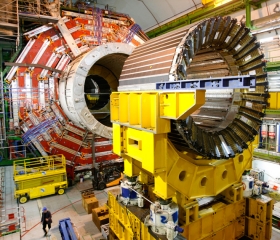- Russia, the European Union and the United States
- A Separate Europe
- Central and Eastern Europe and the Balkans
- Eurasian Integration
- Asia-Pacific Region and South Asia
- The Middle East
- Africa
- Arctic
- Latin America and the Caribbean
- The World Is Rearming Itself
- Technologies: Space, Innovations, Information Security
- Humanitarian Space in 2014
International Events of 2014
2014 was an eventful year. It was clear from its very beginning that Ukraine would be high on the international agenda. However, few could imagine that the Ukrainian crisis would dominate world events. Developments in the Transatlantic region and in Central and Eastern Europe depended a lot on what was happening in Ukraine. But there were some events that passed unnoticed behind the rhetoric about Ukraine.
Russia, the European Union and the United States: A Year-Long Saga
2014 marked a turning point in the history of relations between Russia, the European Union and the United States. The sanctions war that broke out in the summer of 2014 in the wake of the Ukrainian crisis and the incorporation of Crimea into Russia continues. However, contradictions between the main players in the Euro-Atlantic region were not the only notable event. Elections to the European Parliament merit particular attention because right-wing parties won many seats. Then, there was the anniversary of the opening of the Second Front in Normandy, the NATO summit, preparations for celebrating the 40th anniversary of the Helsinki Final Act, etc. Below RIAC summarizes analytical materials reflecting the highlights of life in the Euro-Atlantic community in 2014.
January 28
The Last Russia–EU summit
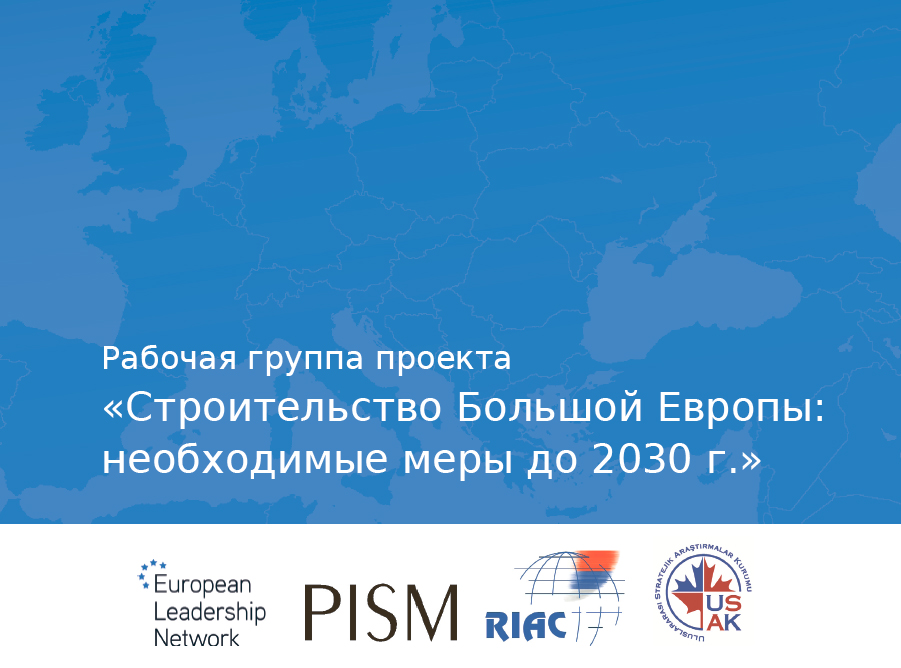
Task Force Position Paper
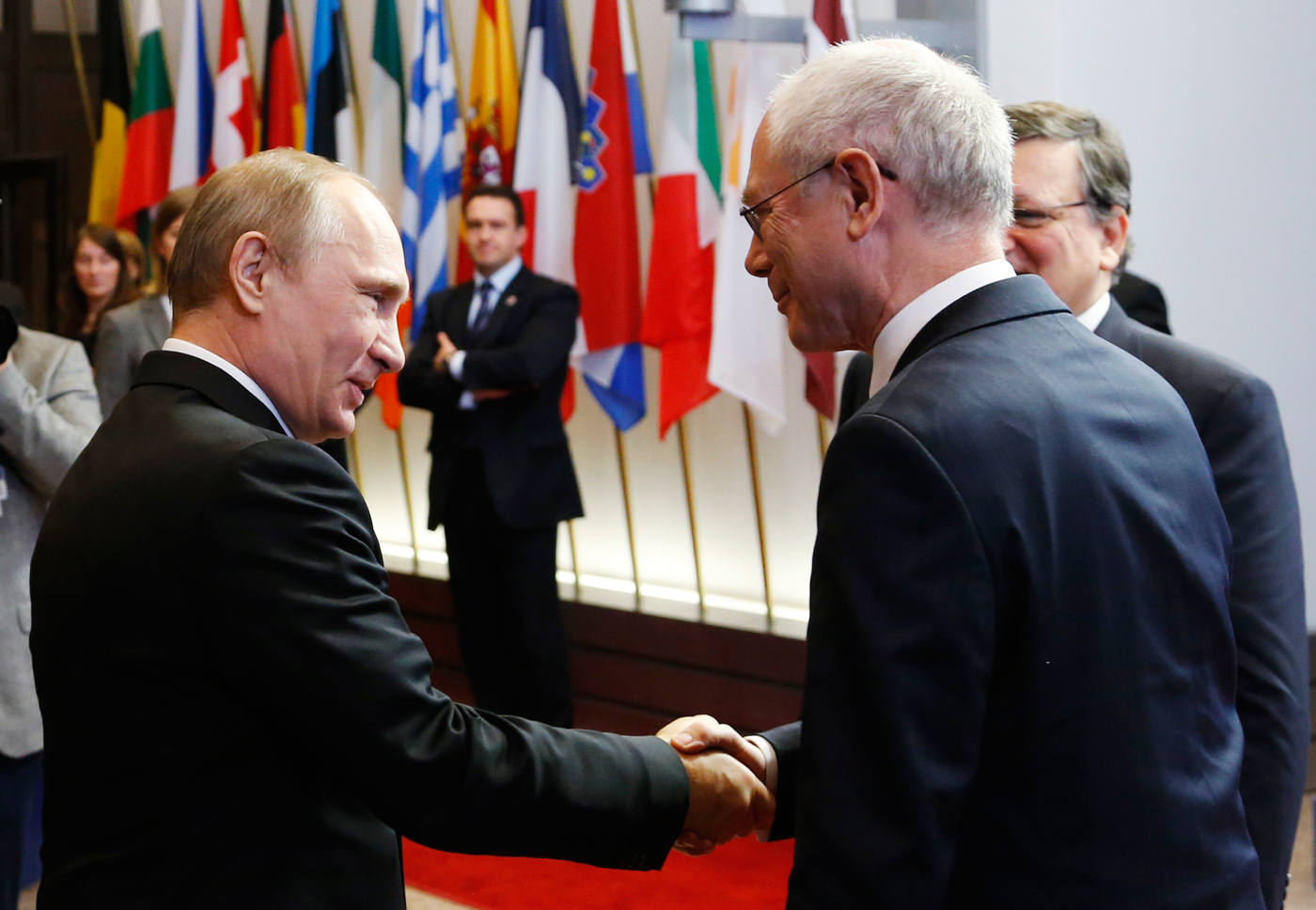
Olga Potyomkina,
Doctor of Political Science, Head of the Regional Research Department of Institute of Europe
Doctor of Political Science, Head of the Regional Research Department of Institute of Europe
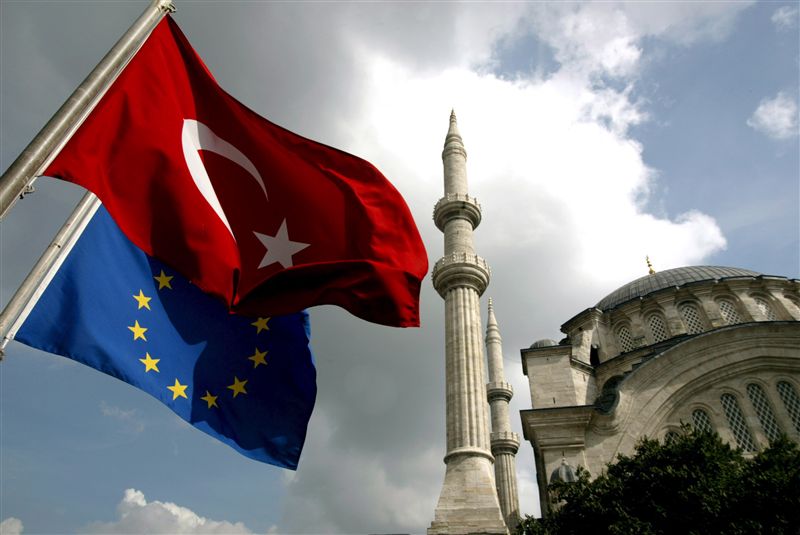
Irina Busygina,
Doctor of Political Science, Professor of the Comparative Politics Department, MGIMO University
Doctor of Political Science, Professor of the Comparative Politics Department, MGIMO University
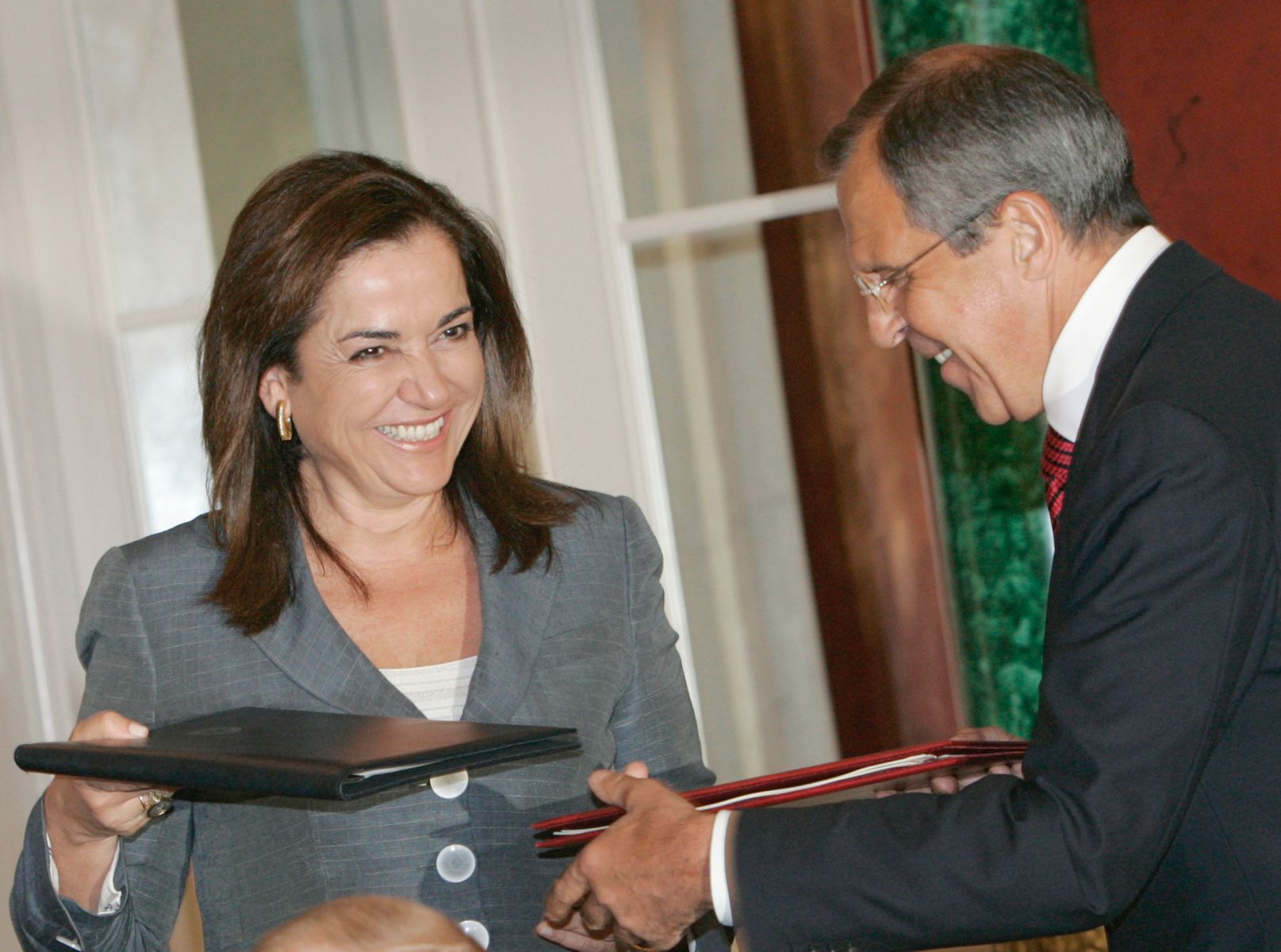
Vladimir Olenchenko, Yuri Kvashnin
IMEMO RAN
IMEMO RAN
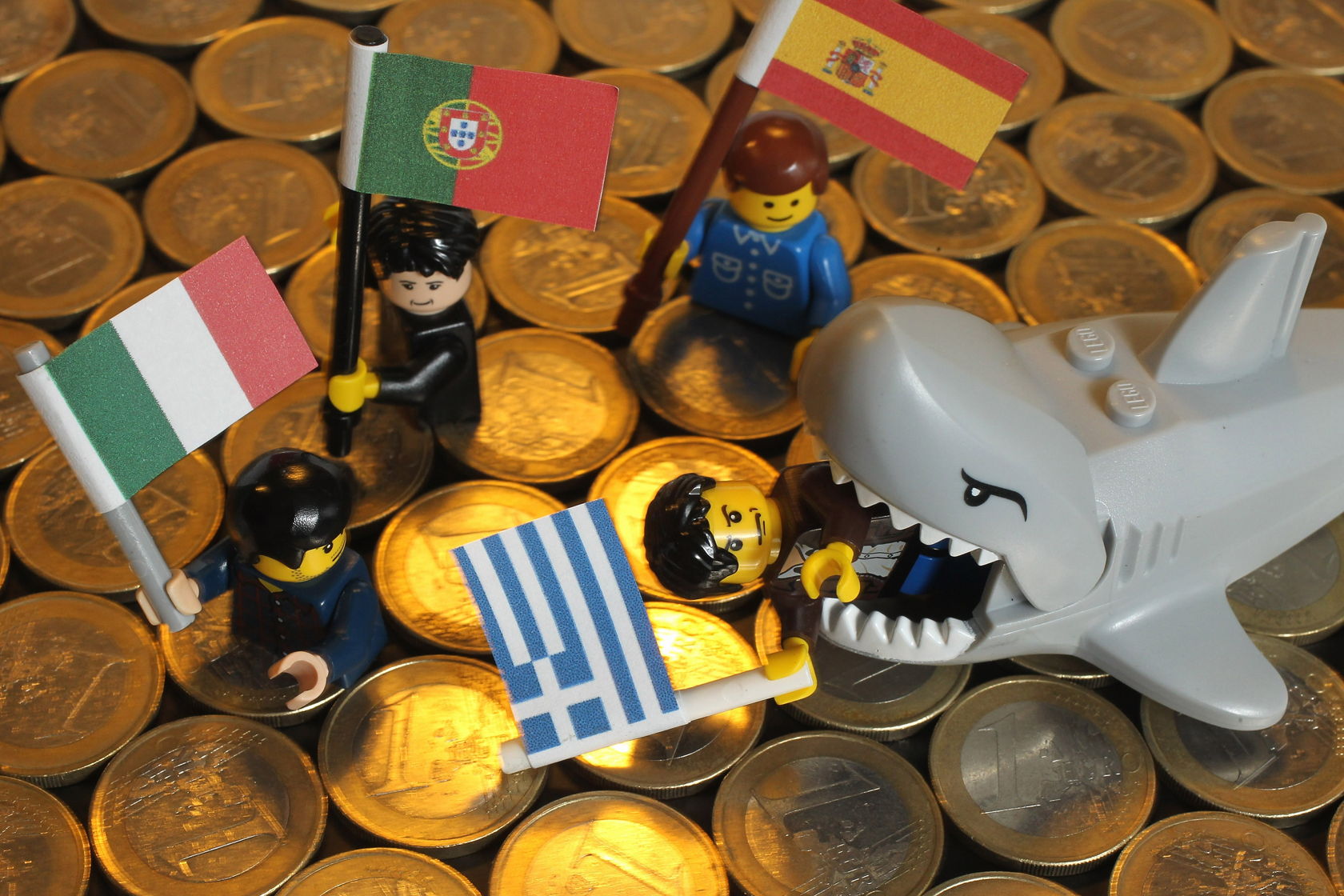
Vladislav Belov,
Ph.D in Economics, Head of the Country and Regional Researches Department, Head of the German Research Center of the Institute for Europe
Ph.D in Economics, Head of the Country and Regional Researches Department, Head of the German Research Center of the Institute for Europe
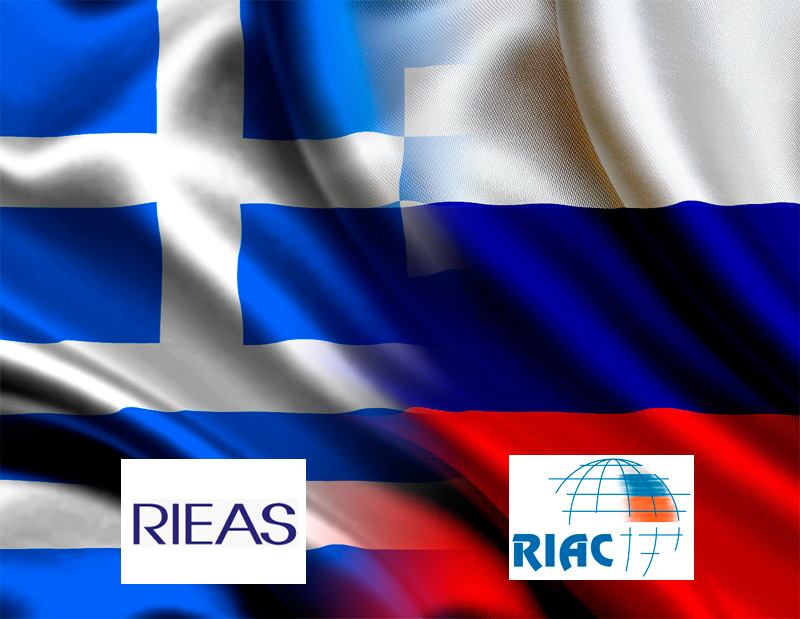
Report by RIAC and RIEAS
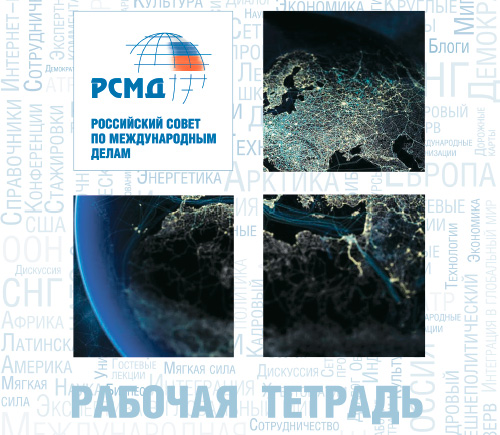
Working paper by RIAC
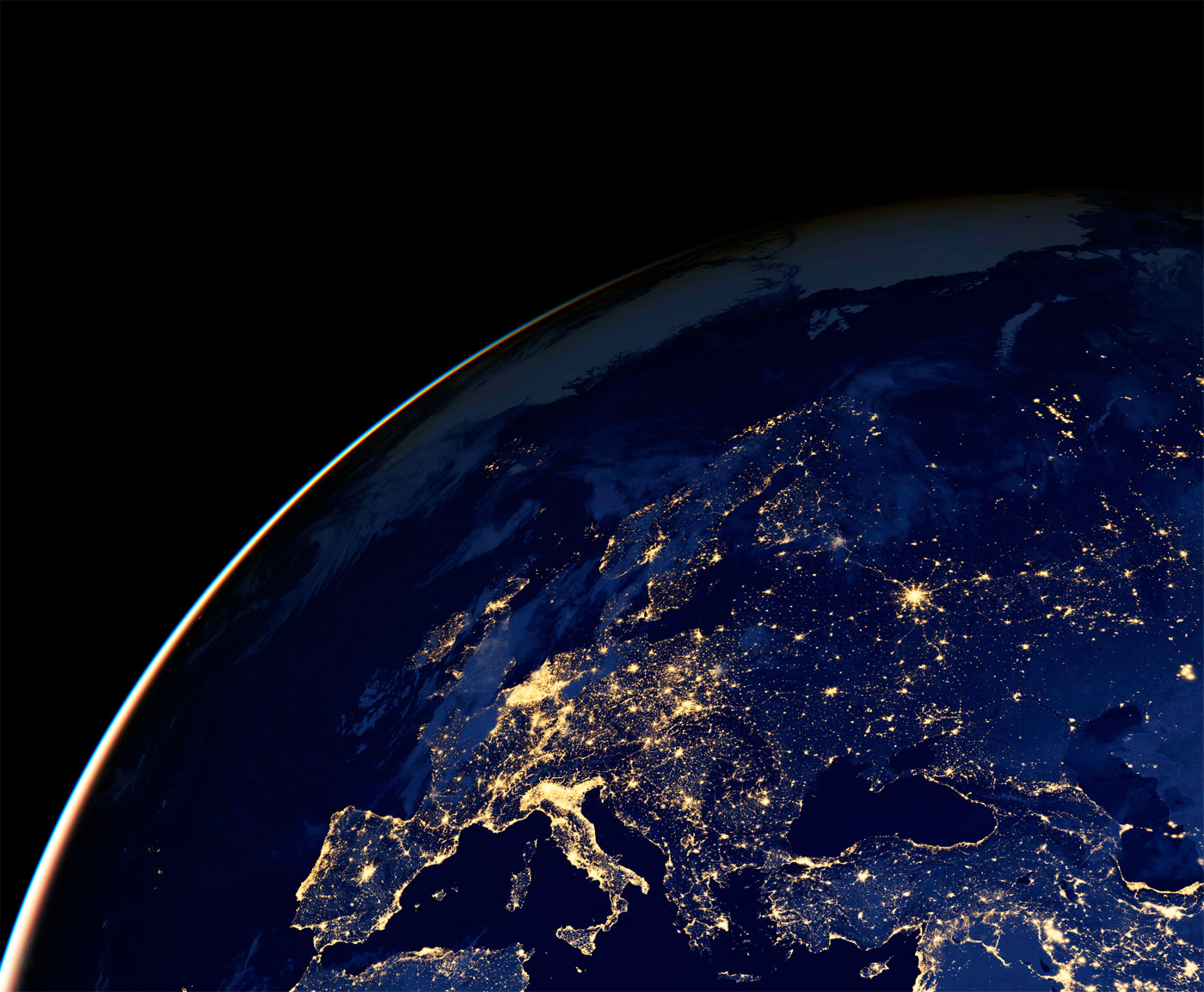
Ivan Timofeev,
Program Director at Russian International Affairs Council
Program Director at Russian International Affairs Council
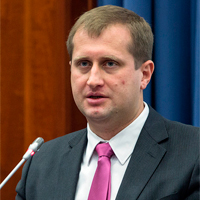
Artyom Malgin,
PhD in Political Science, Vice-Rector of MGIMO University
PhD in Political Science, Vice-Rector of MGIMO University
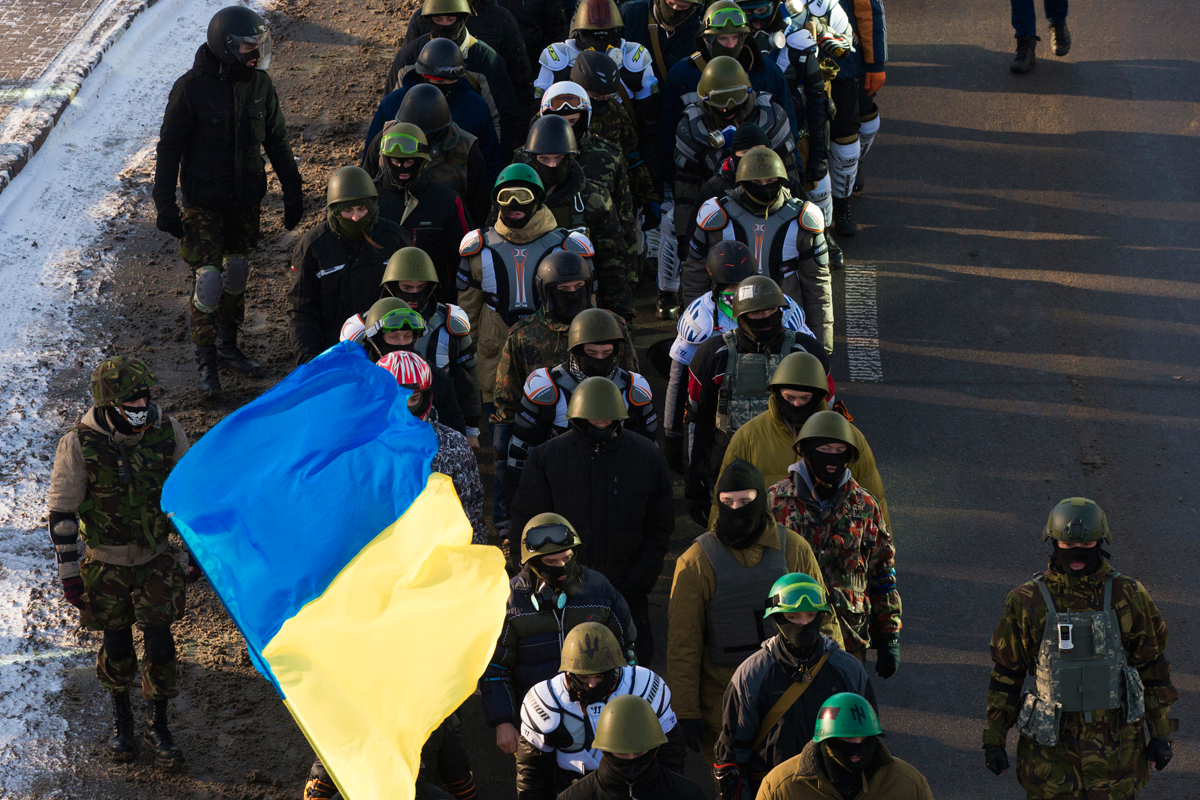
Alexander Tevdoi-Burmuli (MGIMO), Sergey Utkin (RAS), Nikolay Kaveshnikov (Institute of Europe)
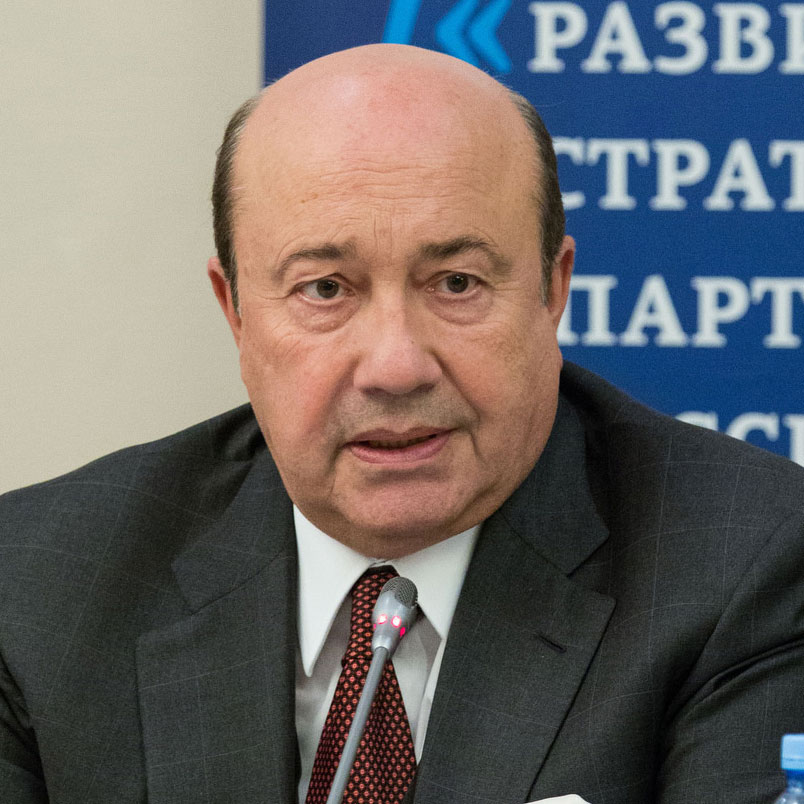
Igor Ivanov,
RIAC President, RF Minister of Foreign Affairs (1998-2014)
RIAC President, RF Minister of Foreign Affairs (1998-2014)
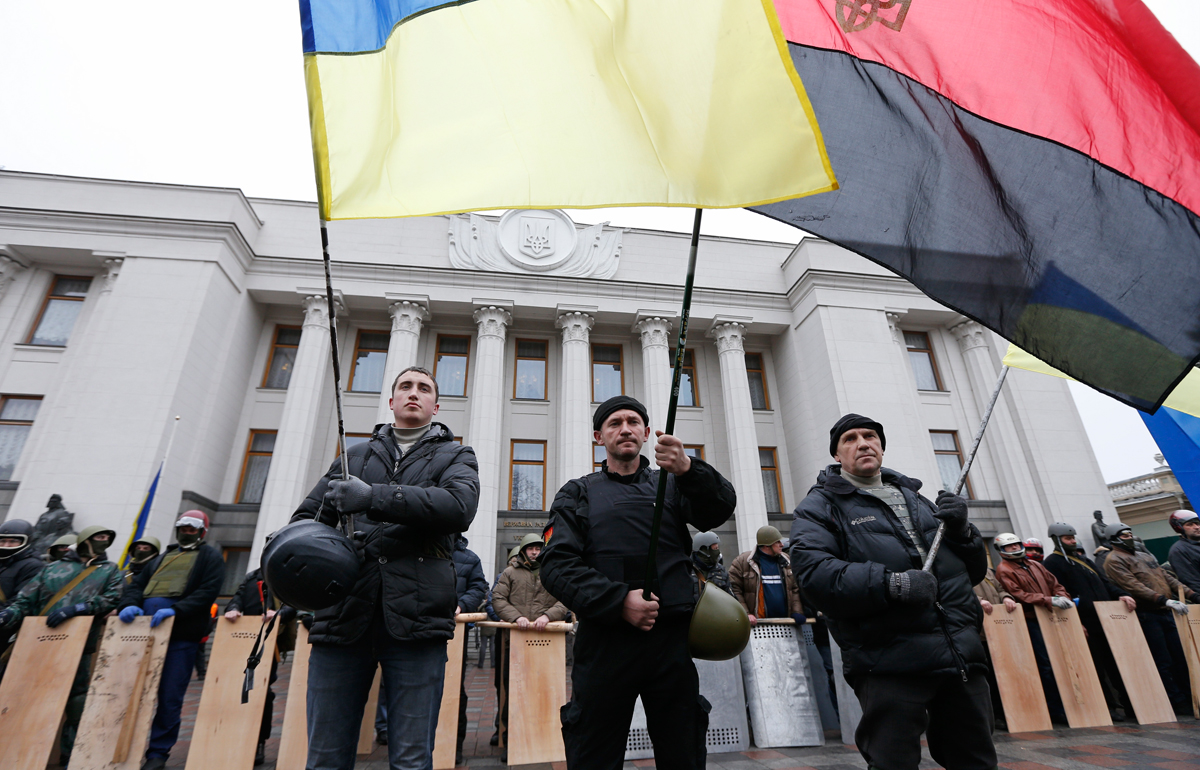
Russian and Ukrainian experts' comments
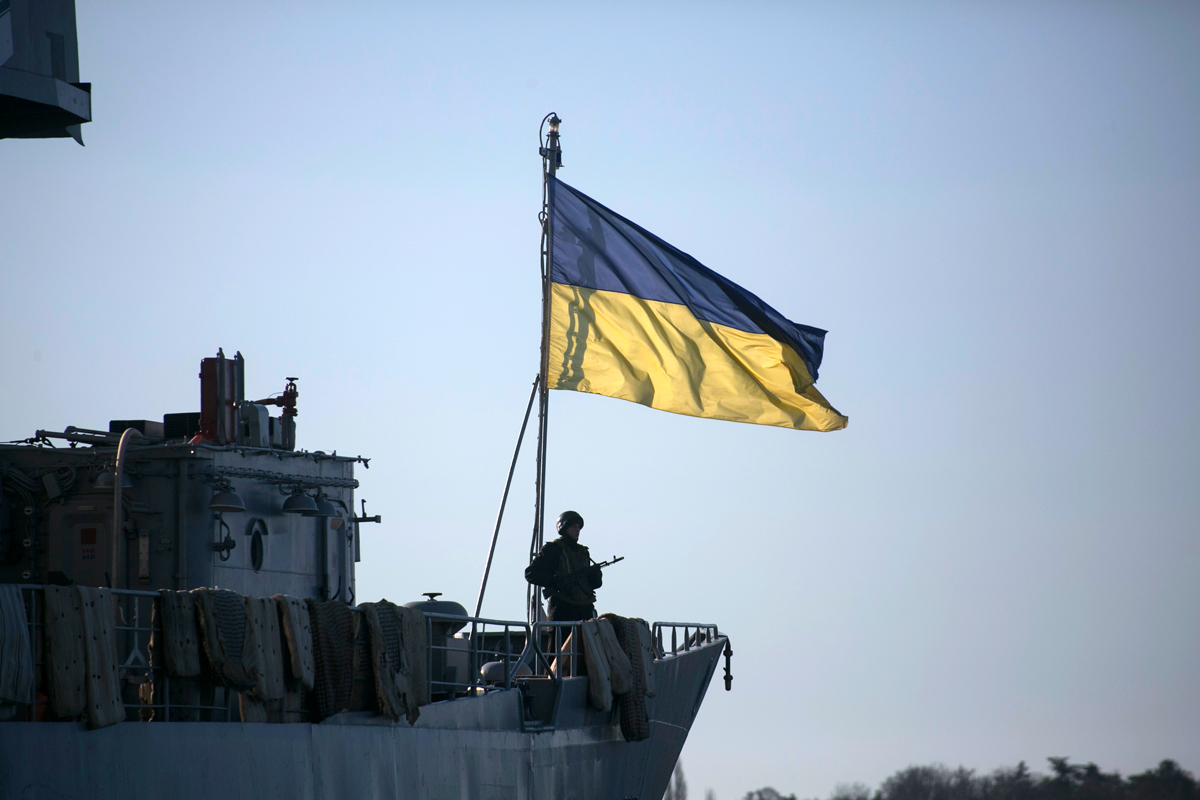
Igor Ivanov,
RIAC President, RF Minister of Foreign Affairs (1998-2014)
RIAC President, RF Minister of Foreign Affairs (1998-2014)
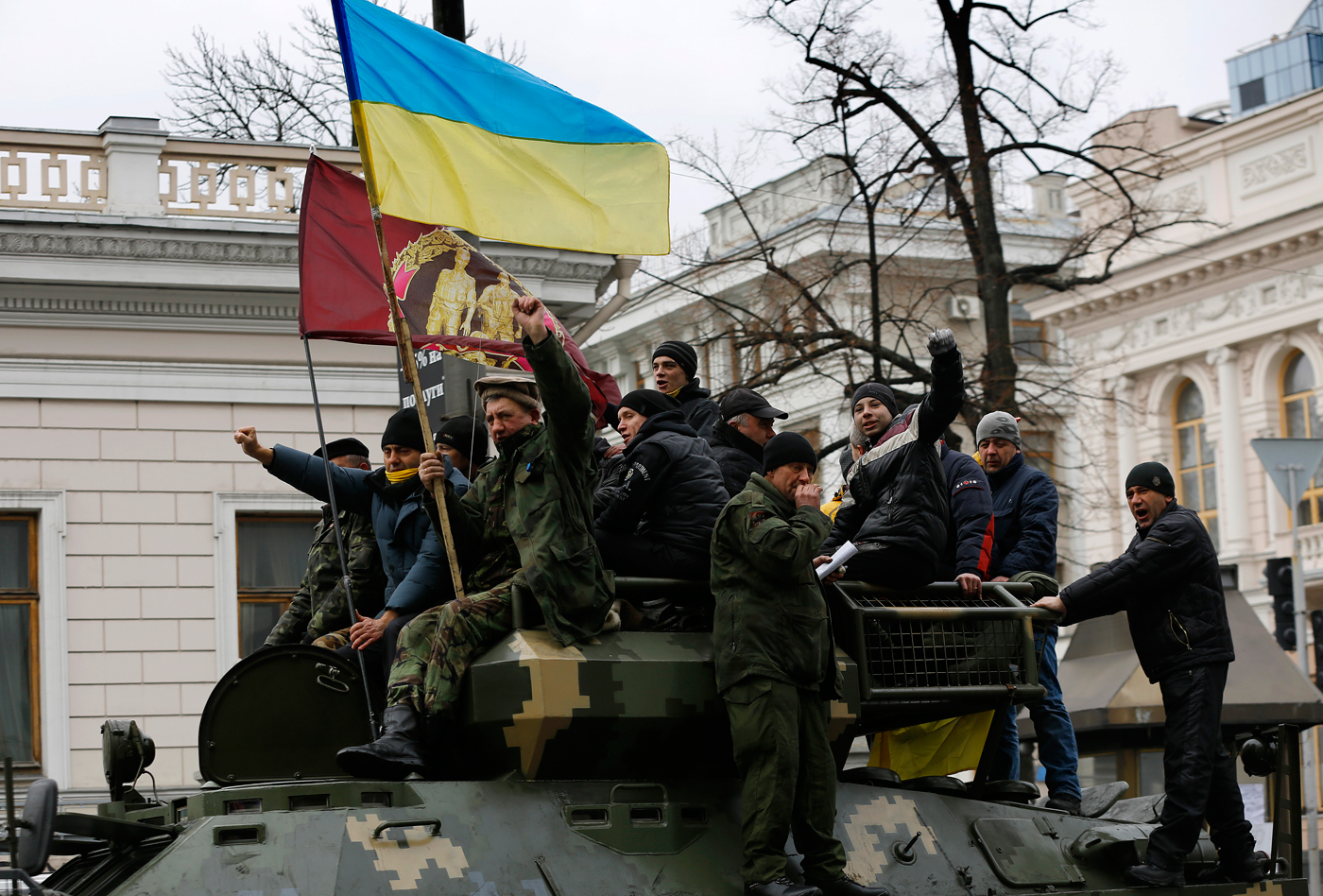
RIAC experts comment
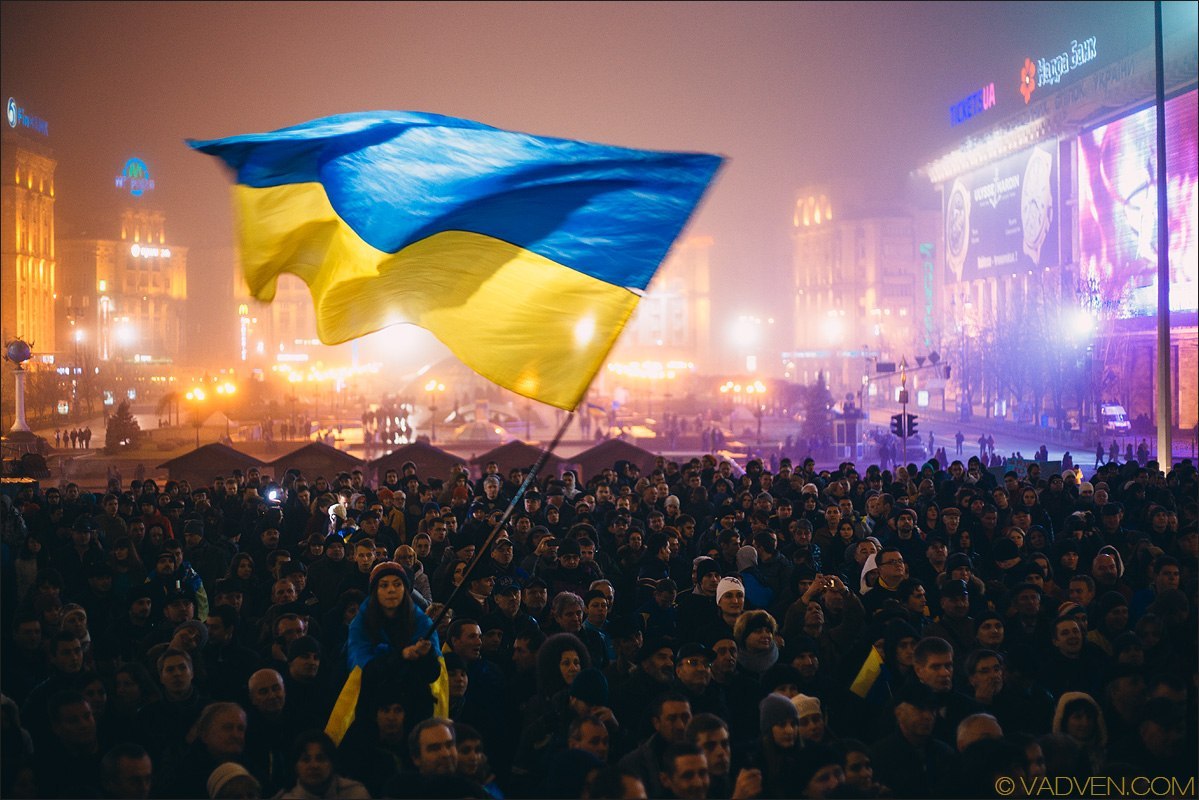
Des Browne, Wolfgang Ischinger, Igor Ivanov, Sam Nunn, Adam Daniel Rotfeld

Maksim Bugriy, Maksym Surzhynskiy, Viacheslav Dziundziuk, Andreas Umland and Sergey Kovalenko
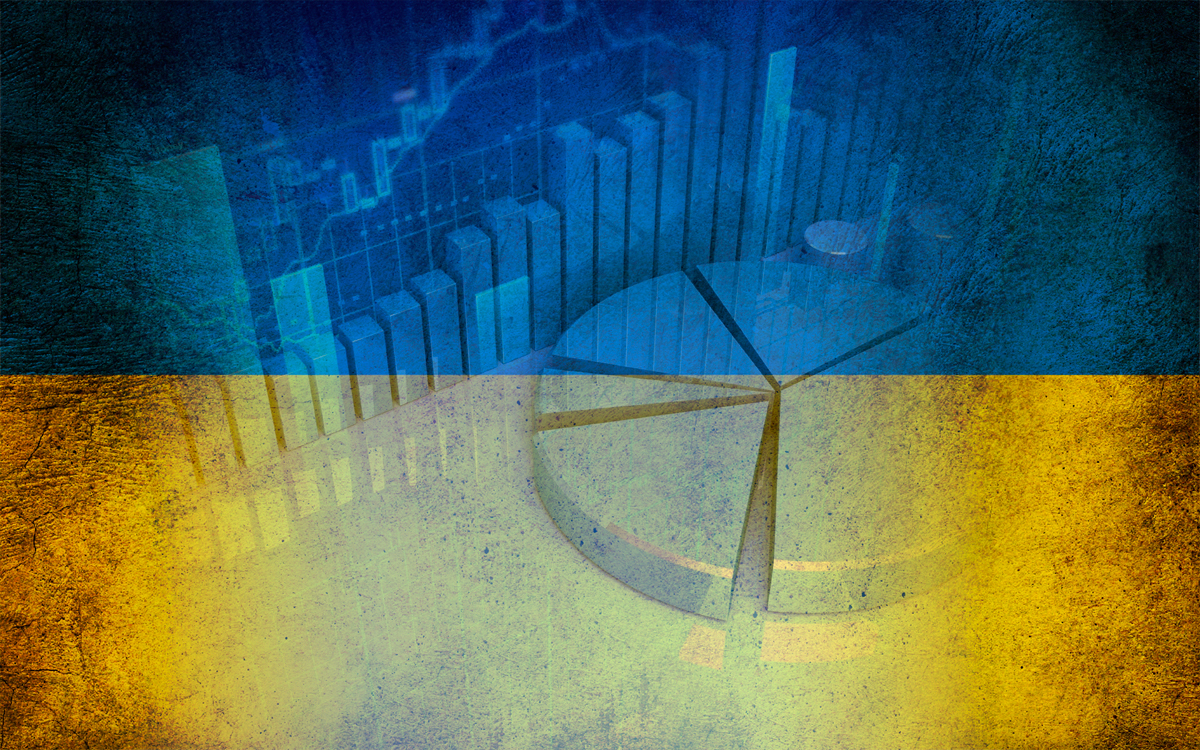
Pavel Kanevskiy,
PhD, Associate Professor, Department of Political Science and Sociology of Political Processes, Faculty of Sociology, MSU
PhD, Associate Professor, Department of Political Science and Sociology of Political Processes, Faculty of Sociology, MSU
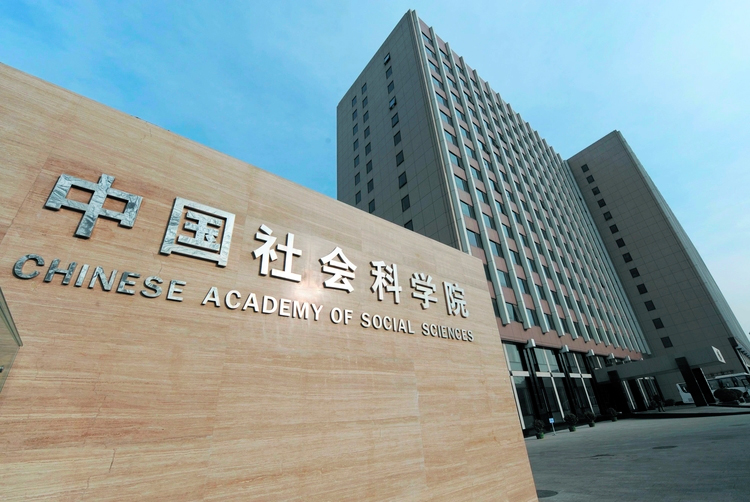
Jiang Yi, Zhang Hong, Li Yajun, Feng Yujun, Xu Wenhong

Hall Gardner,
Professor and Chair, Department of International and Comparative Politics American University of Paris
Professor and Chair, Department of International and Comparative Politics American University of Paris
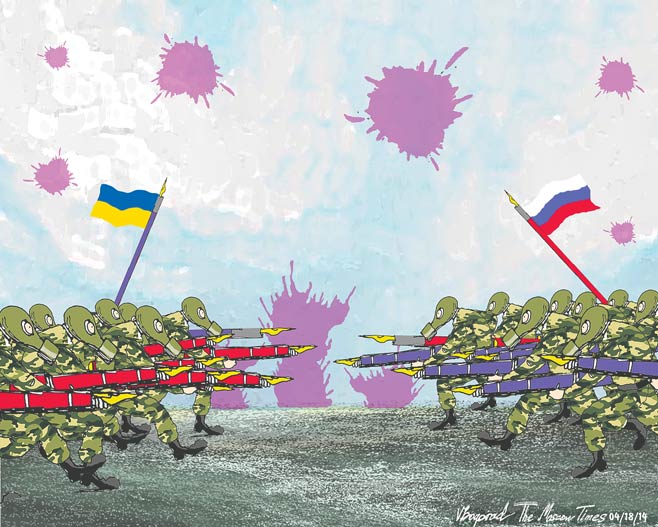
Èãîðü Èâàíîâ,
Igor Ivanov,
RIAC President, RF Minister of Foreign Affairs (1998-2014)
Igor Ivanov,
RIAC President, RF Minister of Foreign Affairs (1998-2014)
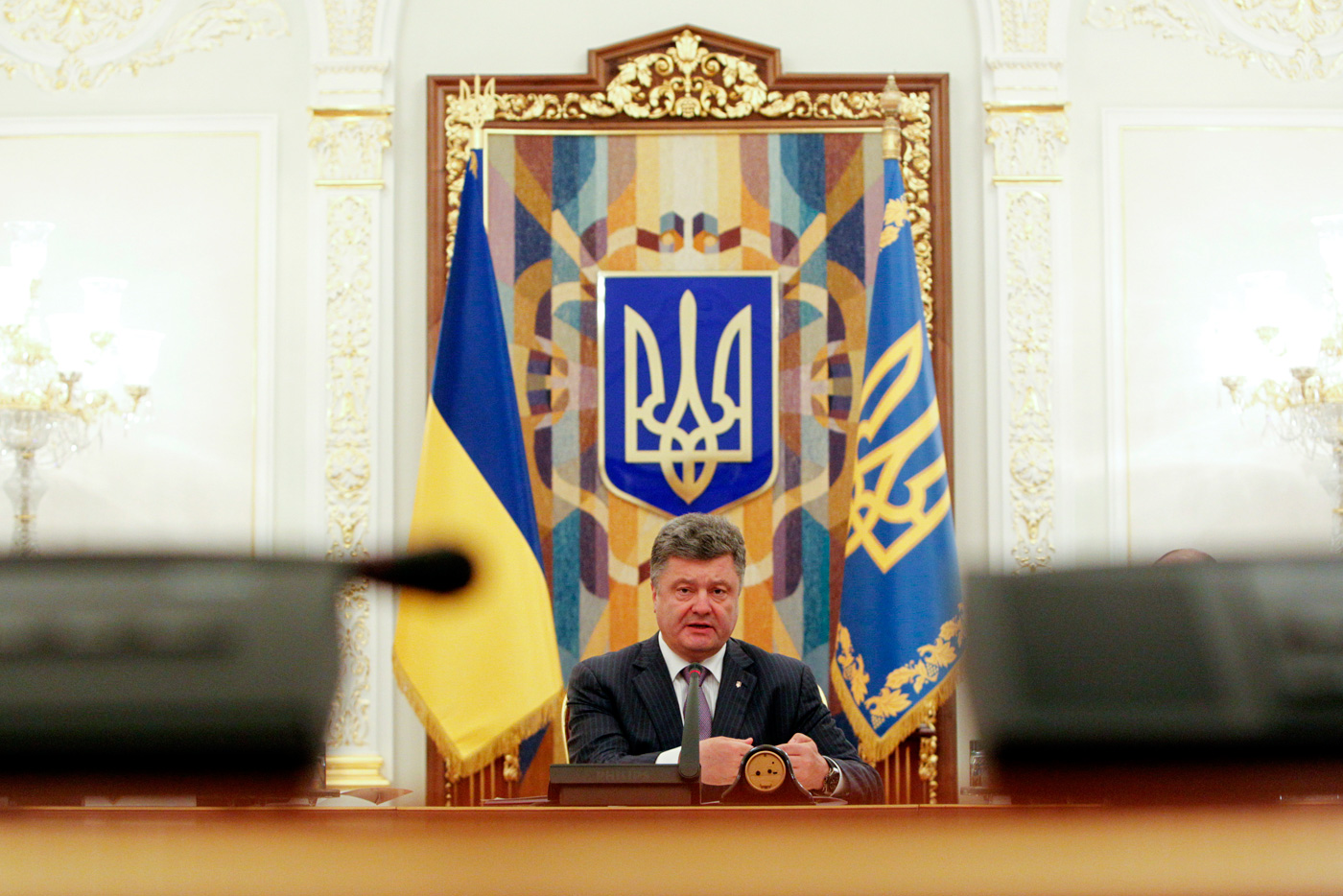
Gevorg Mirzayan,
Correspondent, Expert magazine, Research fellow of the RAS U.S. and Canadian Studies Institute
Correspondent, Expert magazine, Research fellow of the RAS U.S. and Canadian Studies Institute
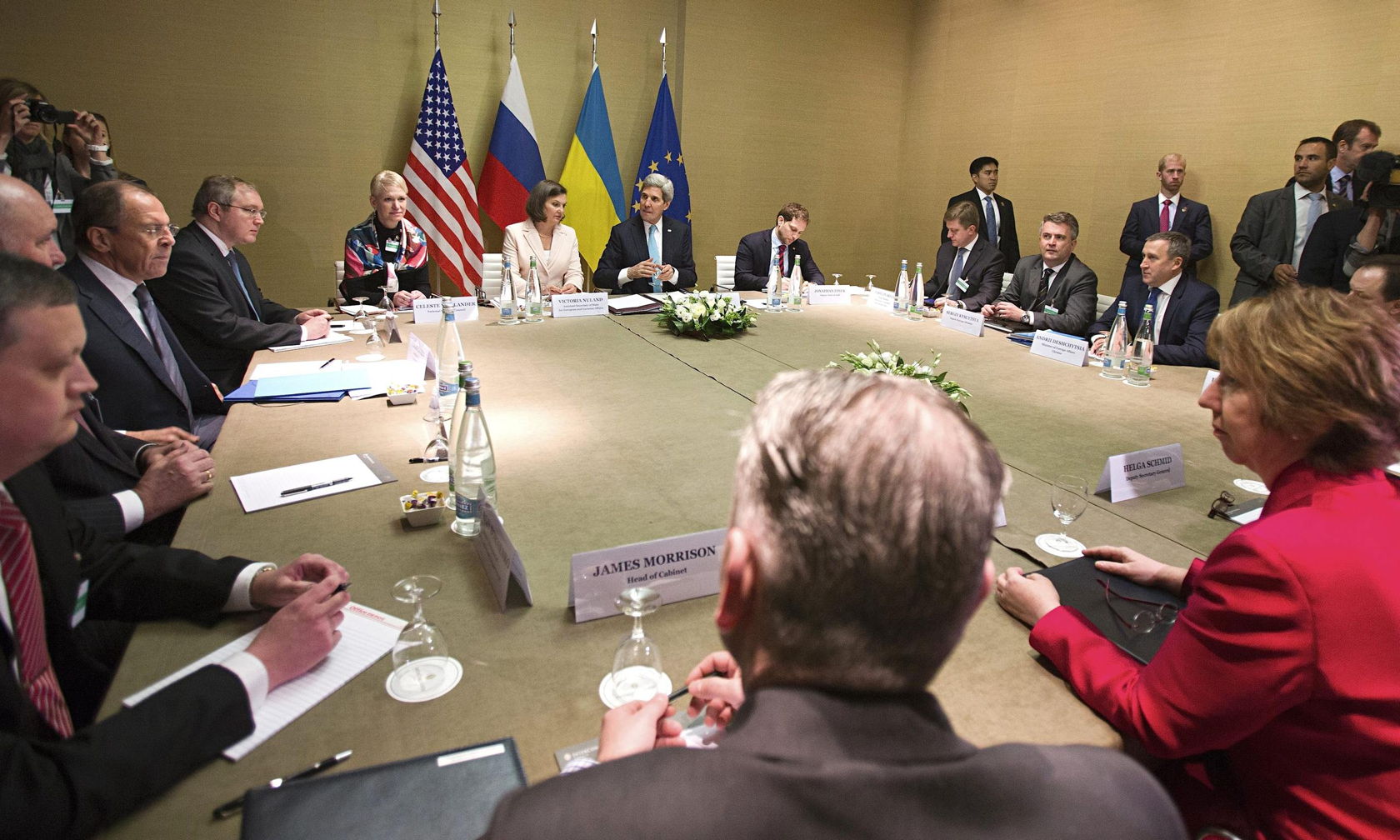
Igor Ivanov,
RIAC President, RF Minister of Foreign Affairs (1998-2014)
RIAC President, RF Minister of Foreign Affairs (1998-2014)
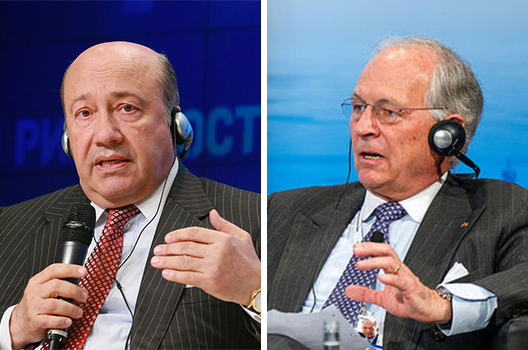
Russia's Ivanov and Germany's Ischinger Discuss the Ukraine Crisis
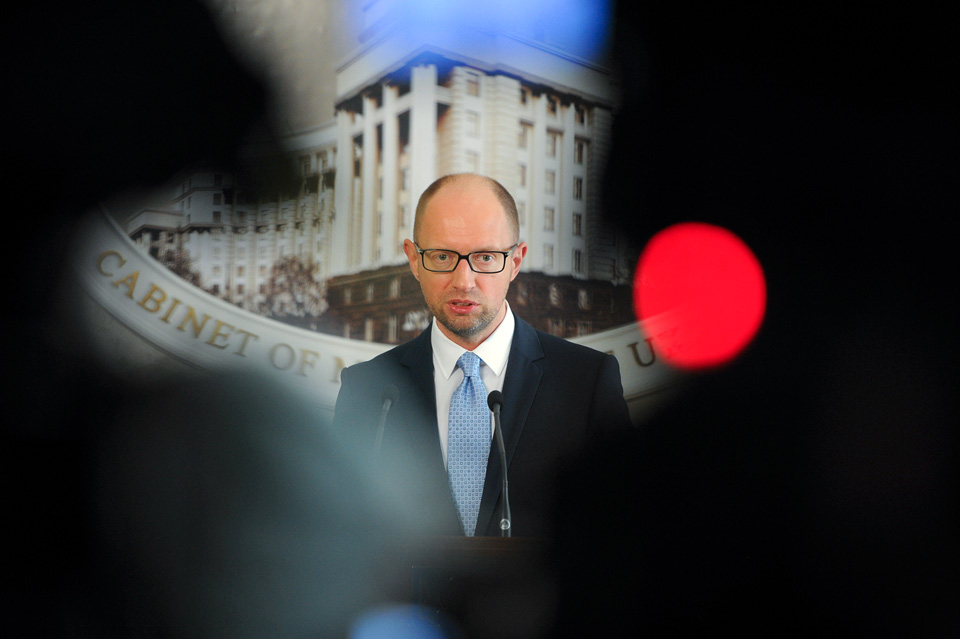
Rostislav Ishchenko,
President of the Center for Systems Analysis and Forecasting, Ukraine
President of the Center for Systems Analysis and Forecasting, Ukraine
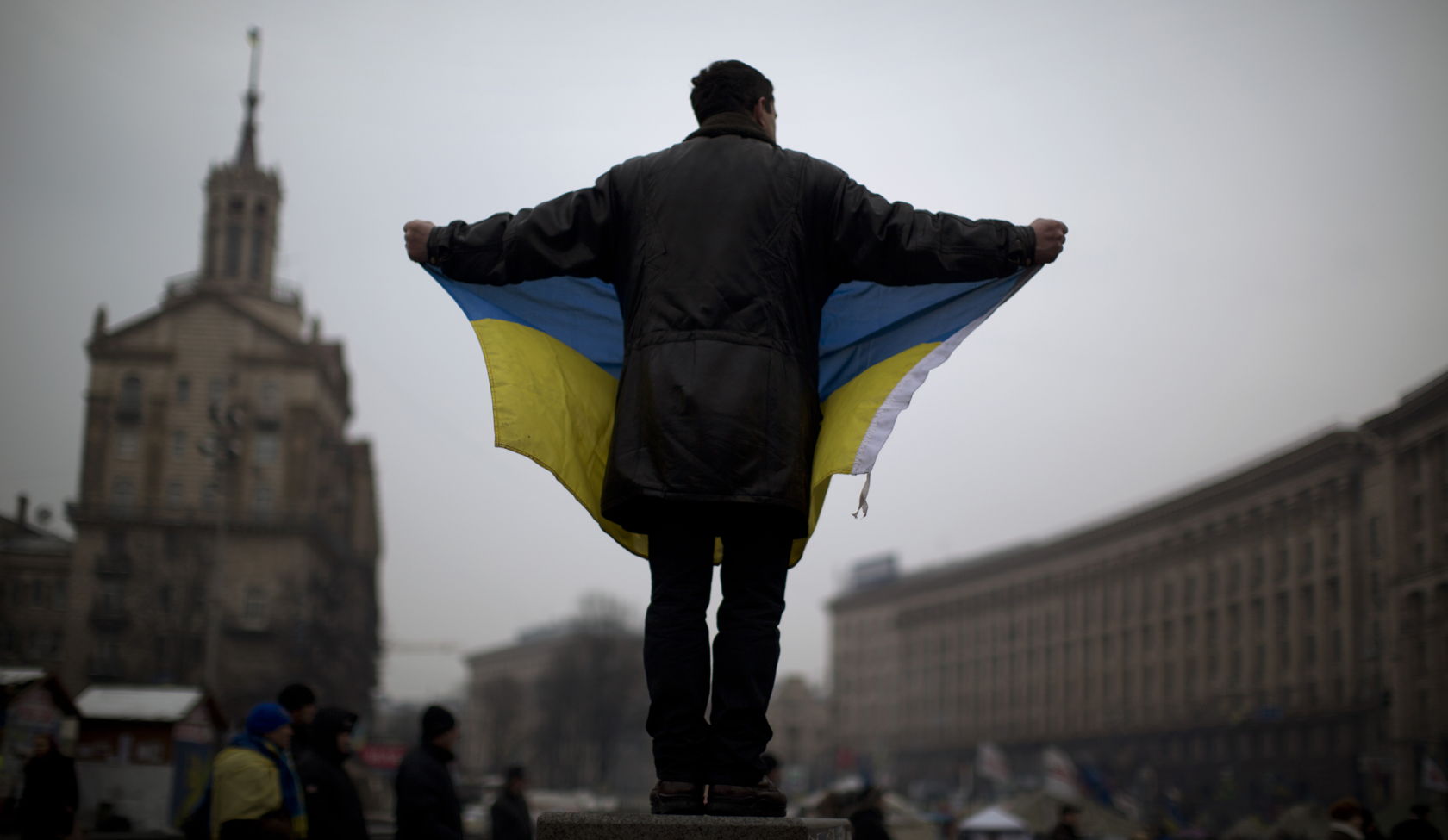
Alexander Gushchin,
PhD in History, Associate Professor, Department of Post-Soviet Countries, Russian State University for the Humanities
PhD in History, Associate Professor, Department of Post-Soviet Countries, Russian State University for the Humanities
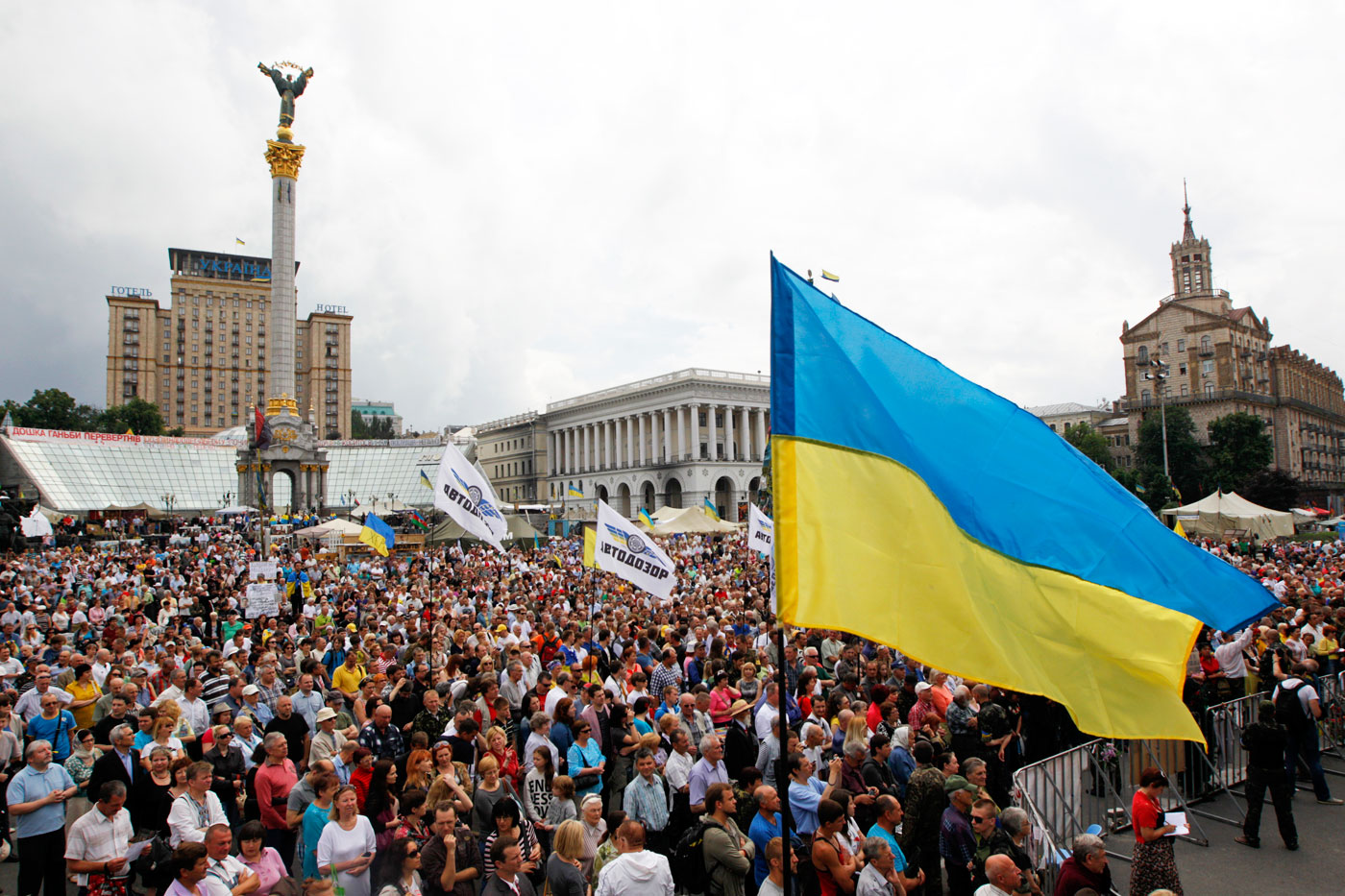
Andrei Kortunov,
Director General of the Russian International Affairs Council
Director General of the Russian International Affairs Council
March 17
The United States and the European Union introduce the first package of anti-Russian sanctions
Dmitry Konukhov: Western Sanctions Against Russia: Means and Consequences
Vladimir Vasiliev:
The US and the Buildup of World Crises: Fiscal Reasons
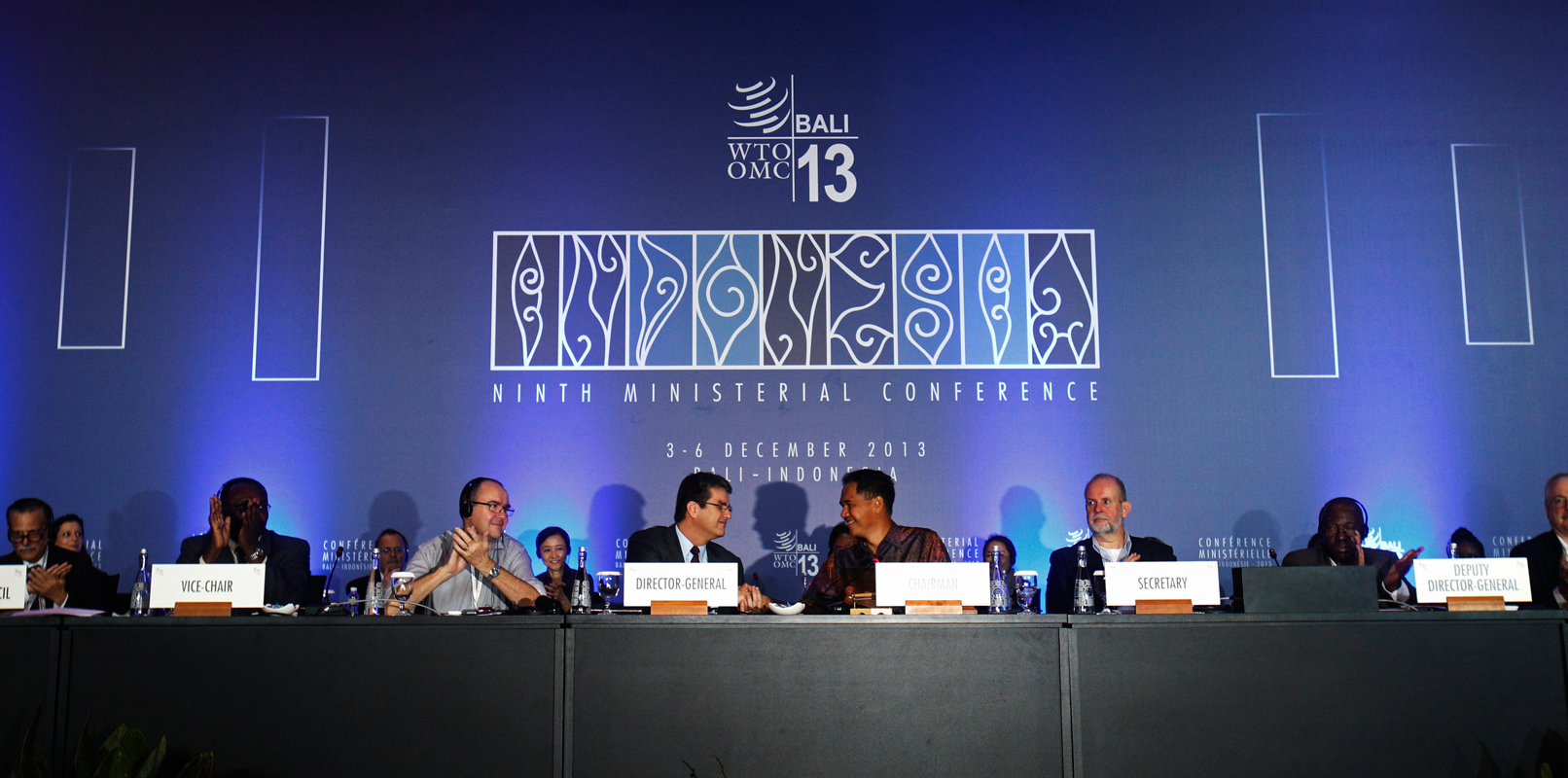
Tatiana Isachenko,
Doctor of Economics, Professor, Department of International Economic Relations and Foreign Economic Relations, MGIMO University
Doctor of Economics, Professor, Department of International Economic Relations and Foreign Economic Relations, MGIMO University
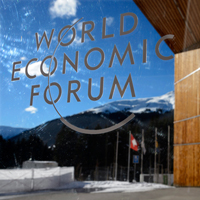
Elena Kvochko,
Cyber Resilience Partnership Lead; Manager, IT and Telecommunications Industries at the World Economic Forum
Cyber Resilience Partnership Lead; Manager, IT and Telecommunications Industries at the World Economic Forum
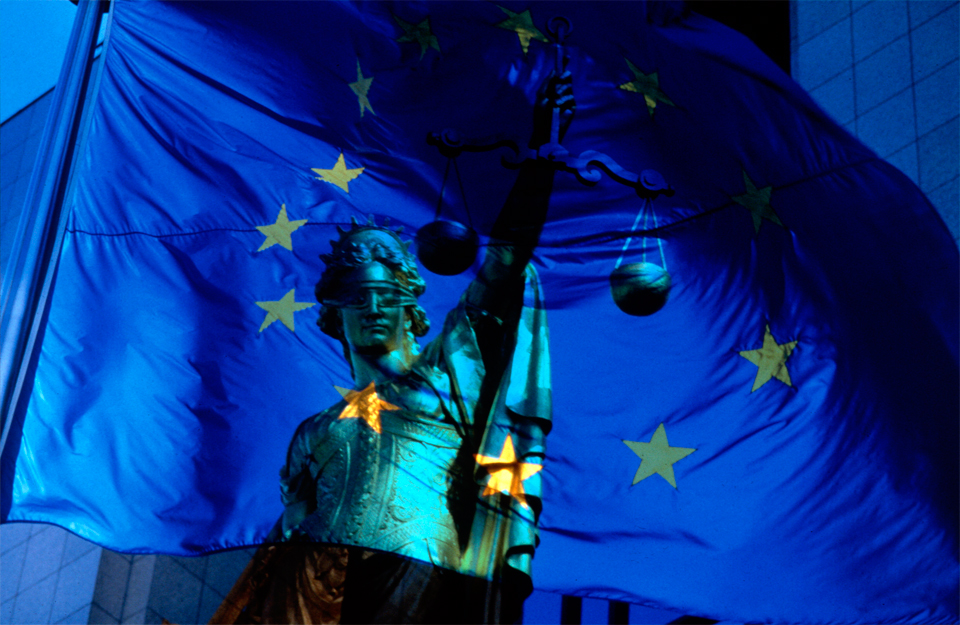
Alexey Belogoriev,
Deputy Director-General, Institute of Energy Strategy
Deputy Director-General, Institute of Energy Strategy
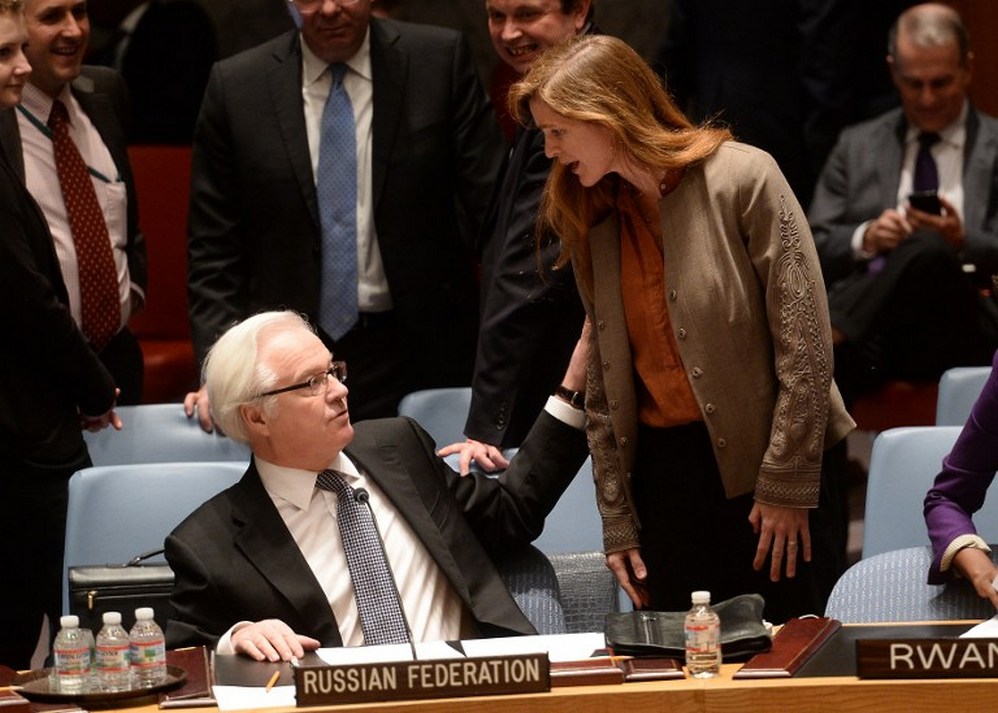
Vladimir Baranovsky (IMEMO RAN), Valery Garbuzov (Institute for U.S. and Canadian Studies), Sergey Kulik (Institute for Contemporary Development)
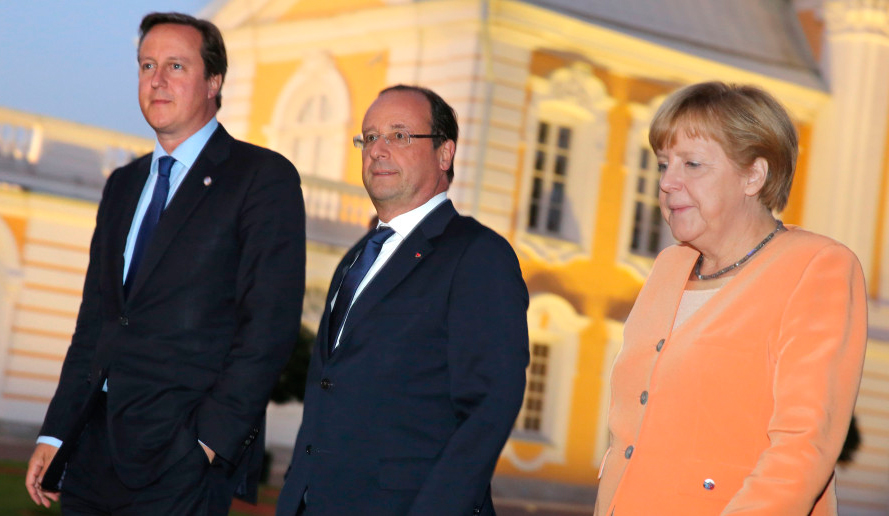
Elena Ananyeva (RAS Institute for European Studies), Igor Kovalyov (Higher School of Economics) and Yuri Fokin (Diplomatic Academy of Russian Foreign Ministry)
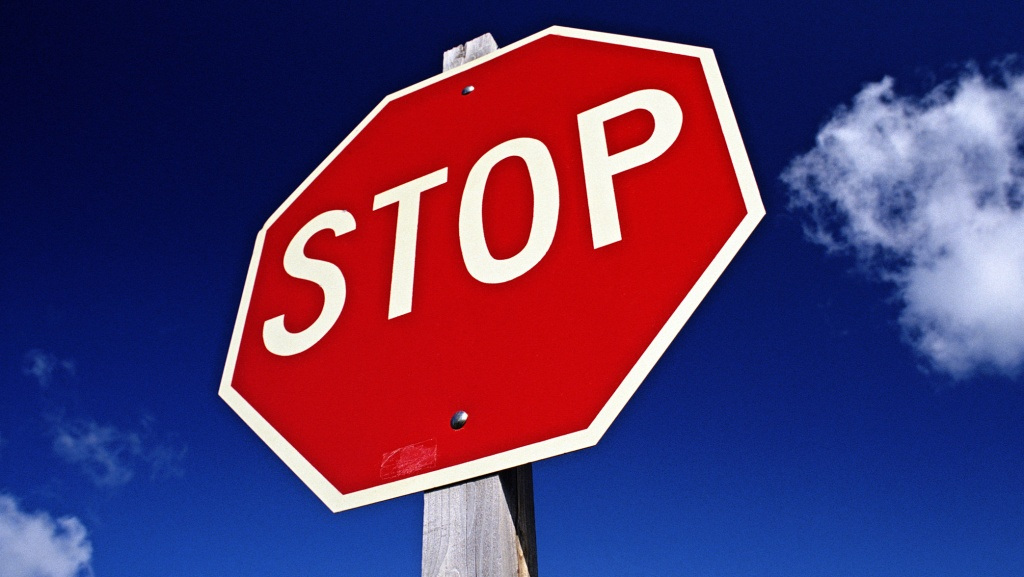
Gevorg Mirzayan,
Correspondent, Expert magazine, Research fellow of the RAS U.S. and Canadian Studies Institute
Correspondent, Expert magazine, Research fellow of the RAS U.S. and Canadian Studies Institute
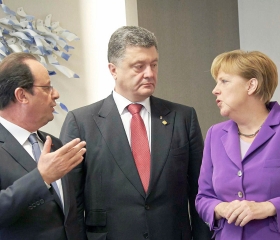
Yuri Rubinsky,
PhD in History, Professor at the Higher School of Economics
PhD in History, Professor at the Higher School of Economics
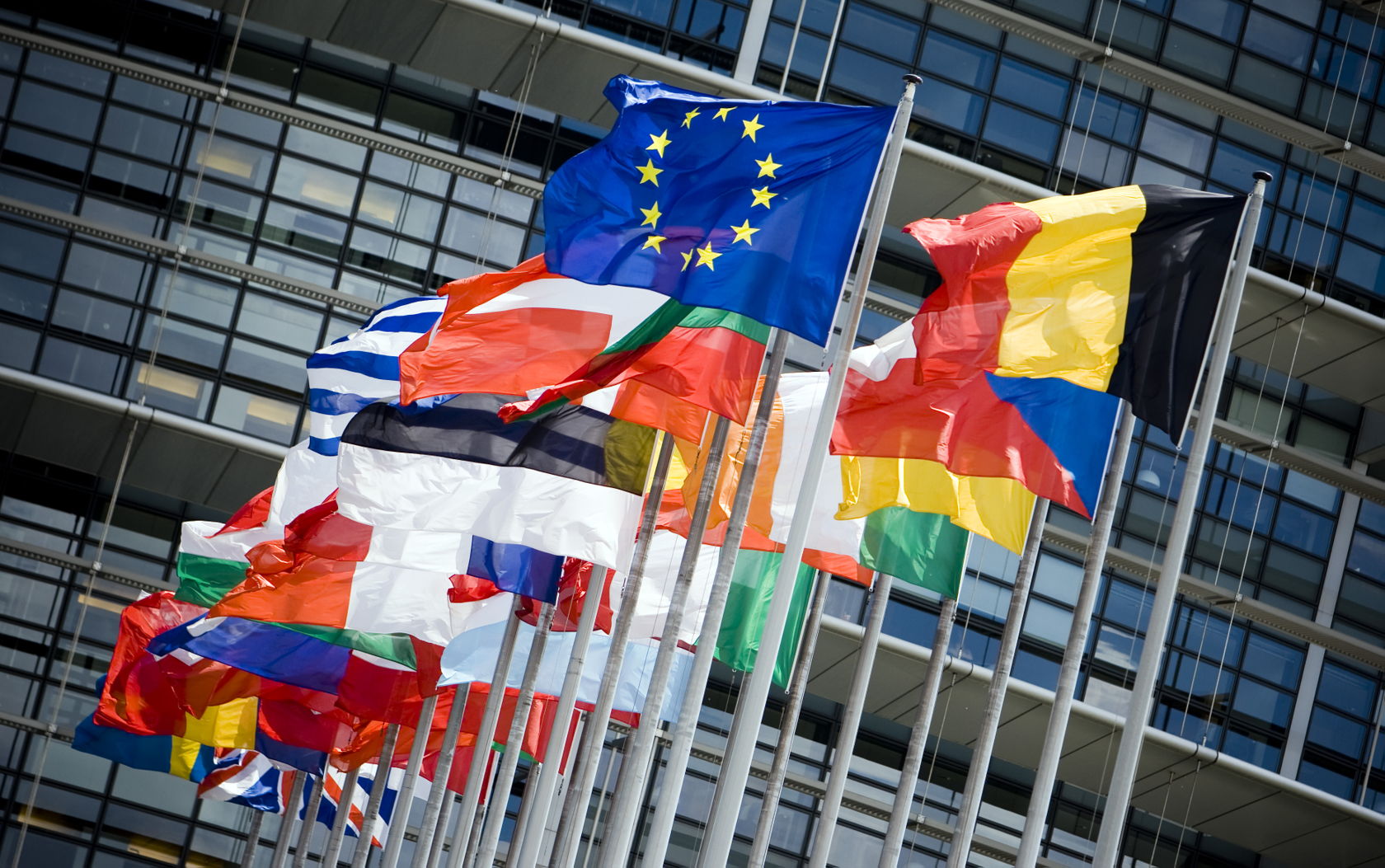
Olga Potemkina,
Head of the European Integration Research Department at the Russian Academy of Sciences Institute of Europe
Head of the European Integration Research Department at the Russian Academy of Sciences Institute of Europe
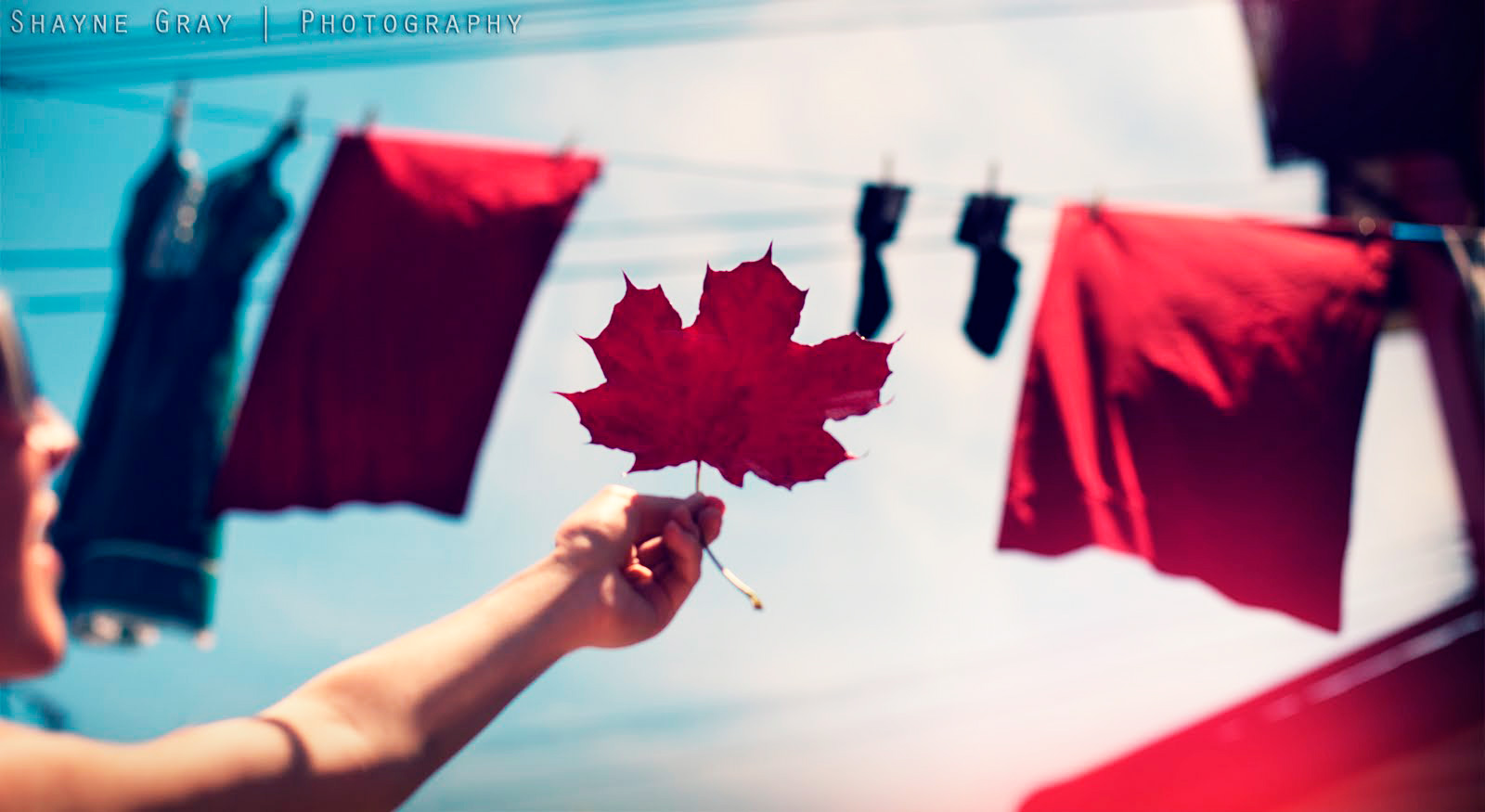
Eugenia Israelyan,
PhD in History, Leading Researcher at RAS Institute for U.S. and Canadian Studies
PhD in History, Leading Researcher at RAS Institute for U.S. and Canadian Studies
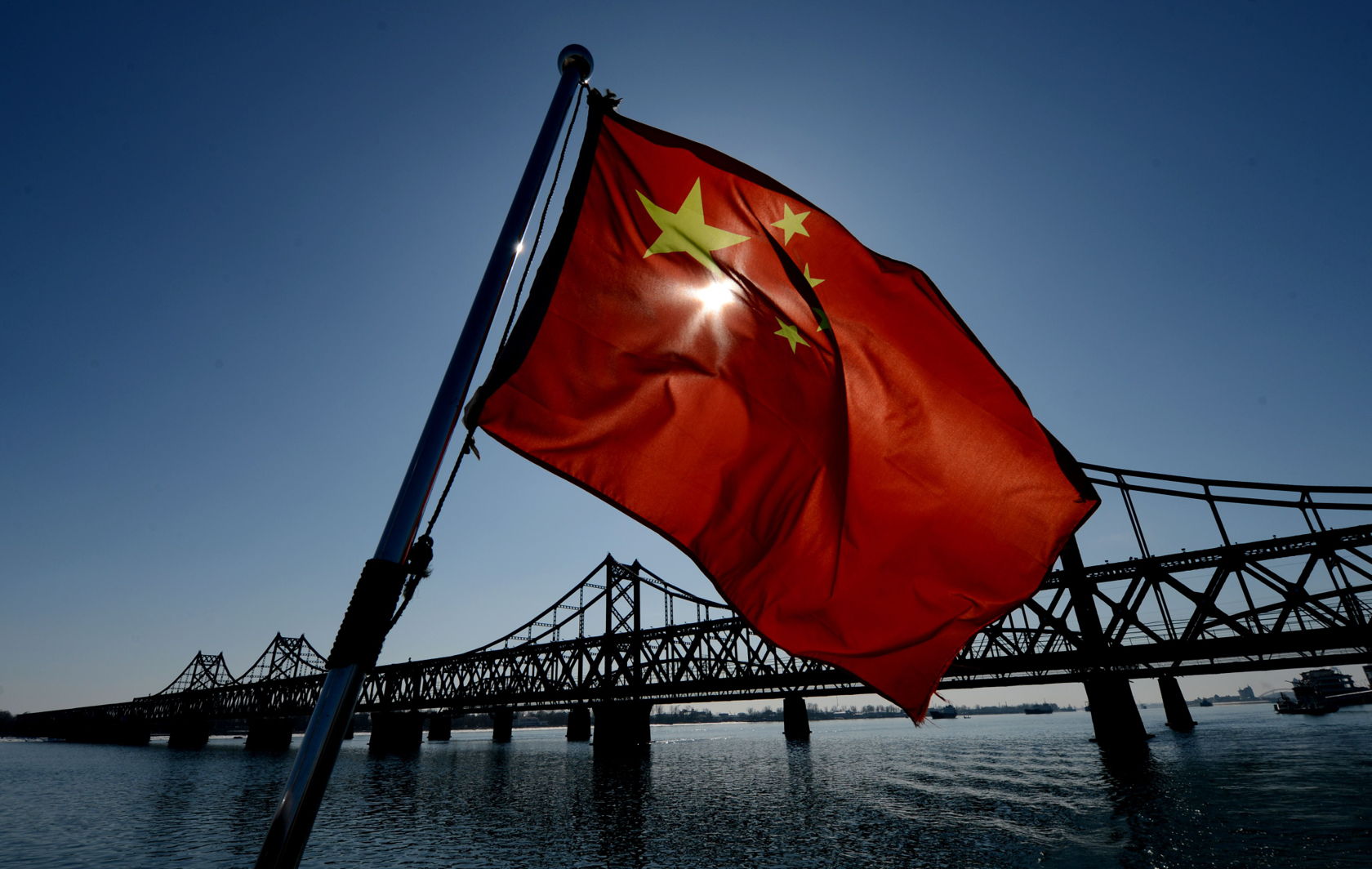
Andrei Kortunov,
Director General of the Russian International Affairs Council
Director General of the Russian International Affairs Council
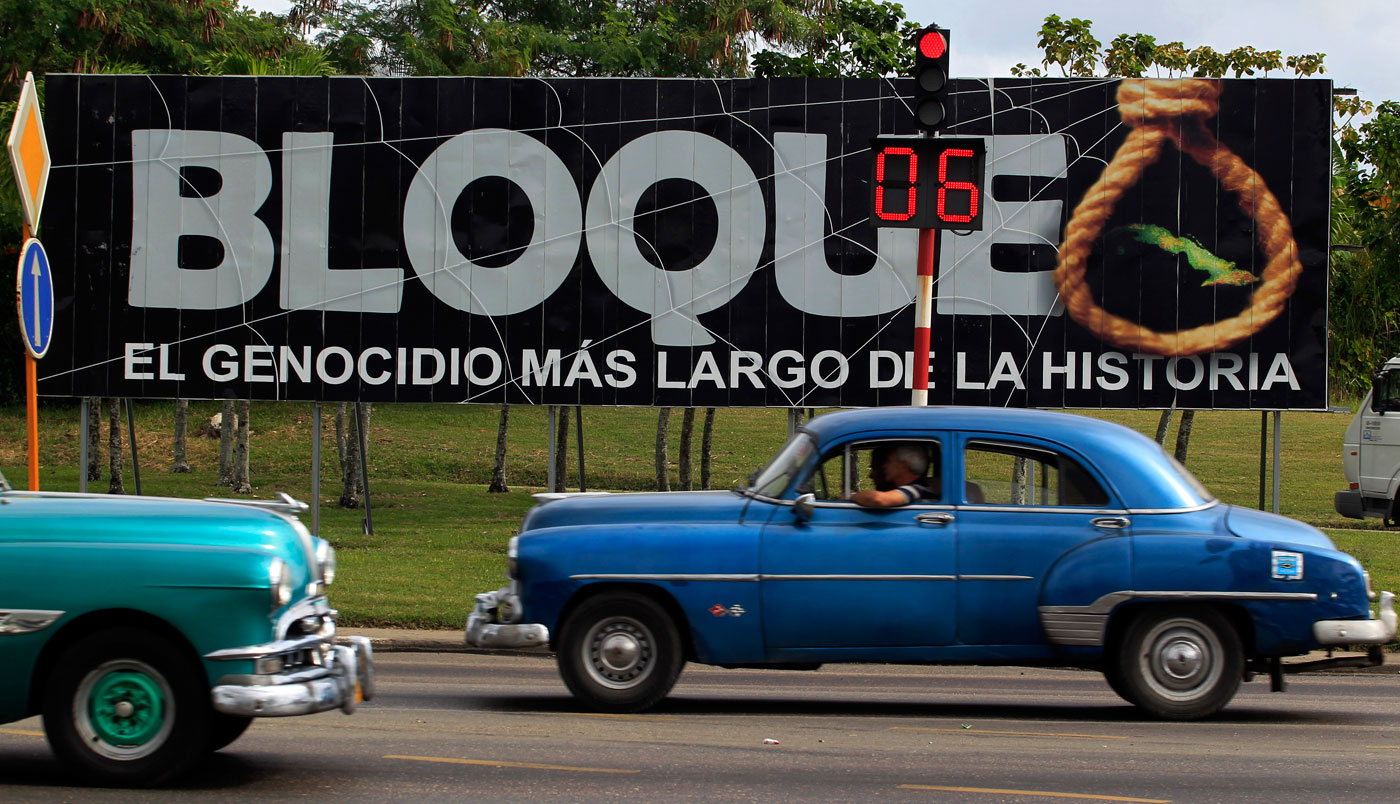
Maxim Bratersky,
Doctor of Political Science, Professor, Head of the World Politics Department of the Higher School of Economics
Doctor of Political Science, Professor, Head of the World Politics Department of the Higher School of Economics
April 17
Russia, the United States, the European Union and Ukraine sign the Geneva Statement
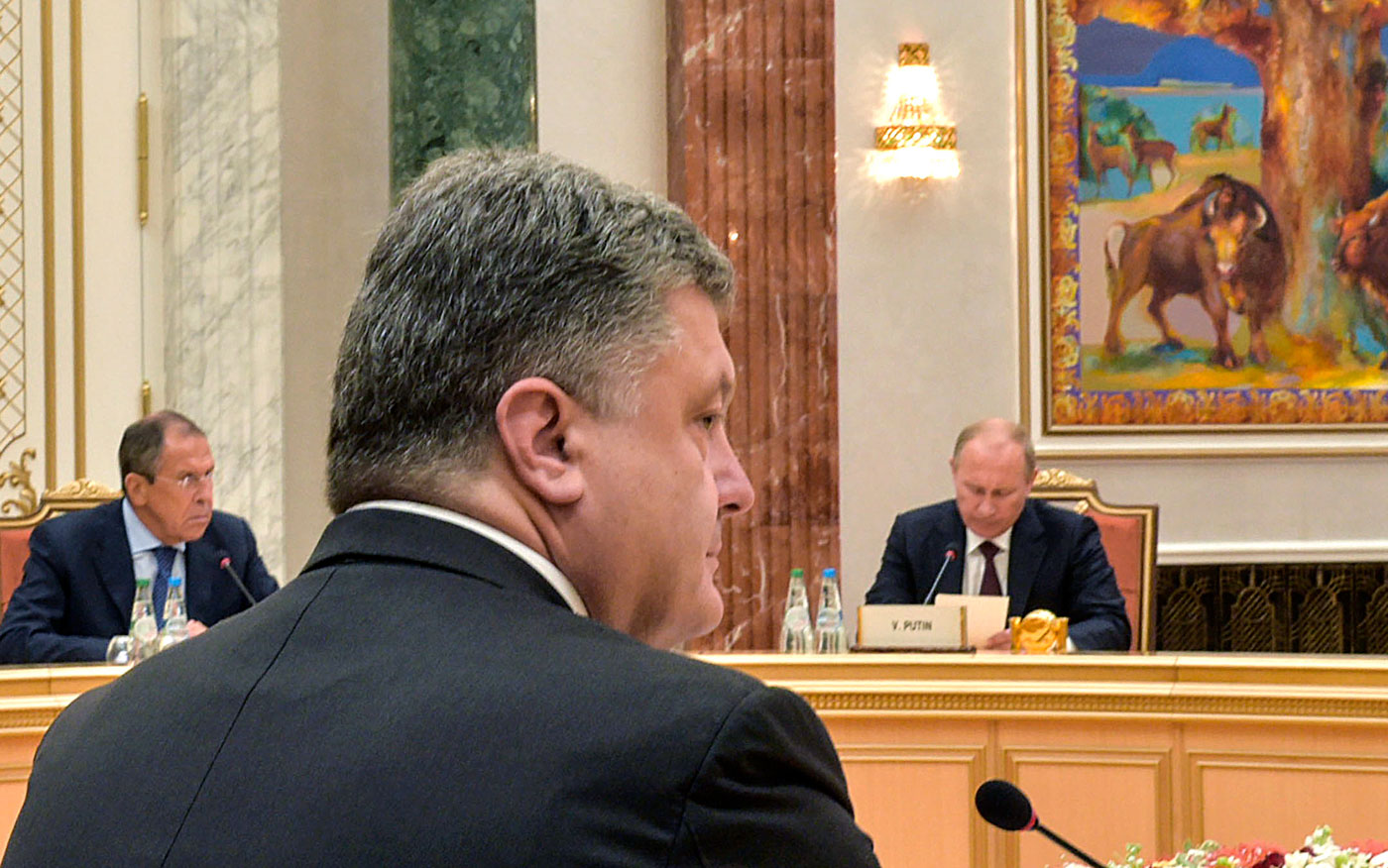
Sergey Utkin,
Head of Department of Strategic Assessment, Centre for Situation Analysis, Russian Academy of Sciences
Head of Department of Strategic Assessment, Centre for Situation Analysis, Russian Academy of Sciences
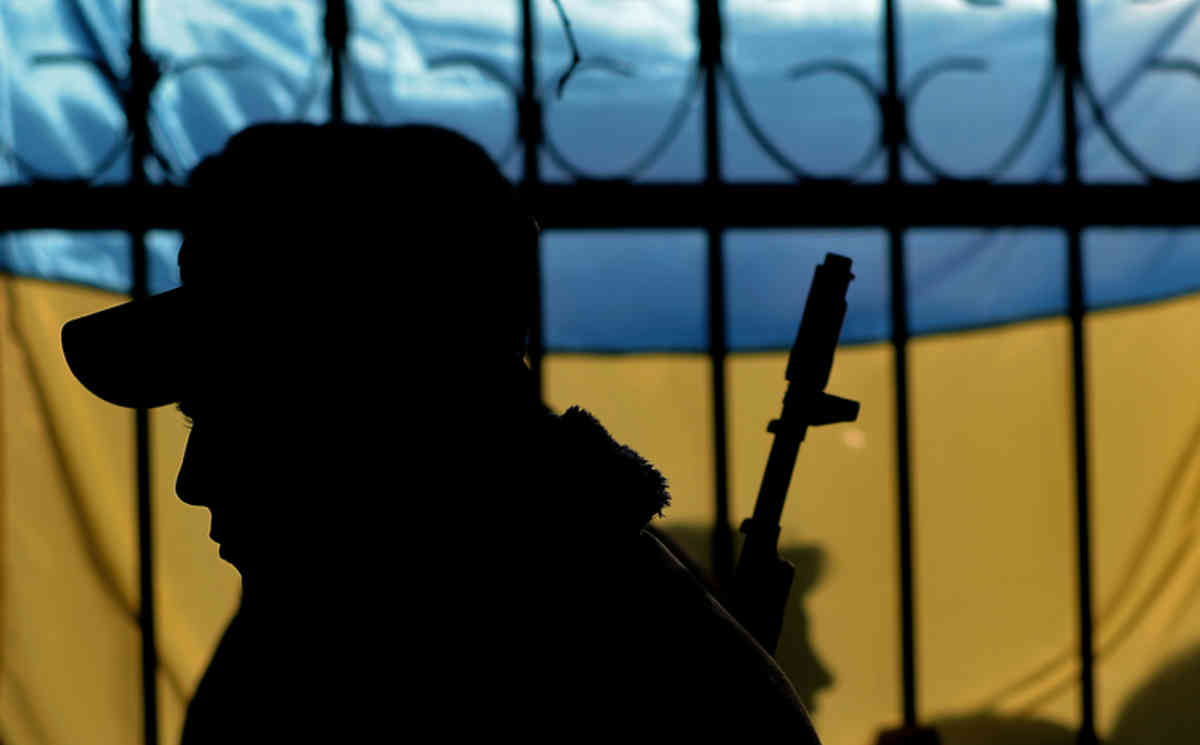
Alexander Gushchin, Associate Professor, Department of Post-Soviet Countries, Russian State University for the Humanities
Sergei Markedonov, Associate Professor, Department of Regional Studies and Foreign Policy, Russian State University for the Humanities
Sergei Markedonov, Associate Professor, Department of Regional Studies and Foreign Policy, Russian State University for the Humanities
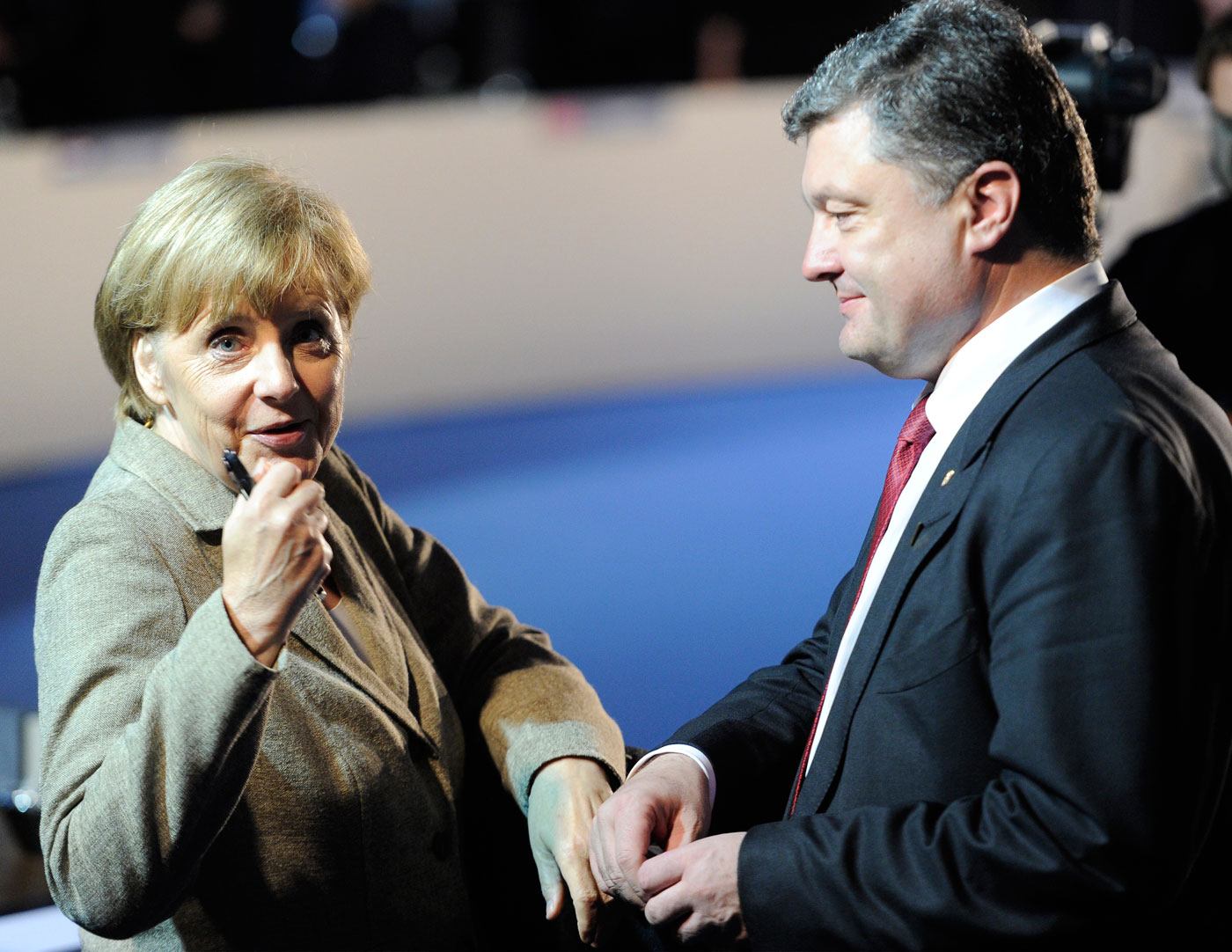
Vladislav Belov,
Head of the Country and Regional Researches Department, Head of the German Research Center of the Institute for Europe
Head of the Country and Regional Researches Department, Head of the German Research Center of the Institute for Europe
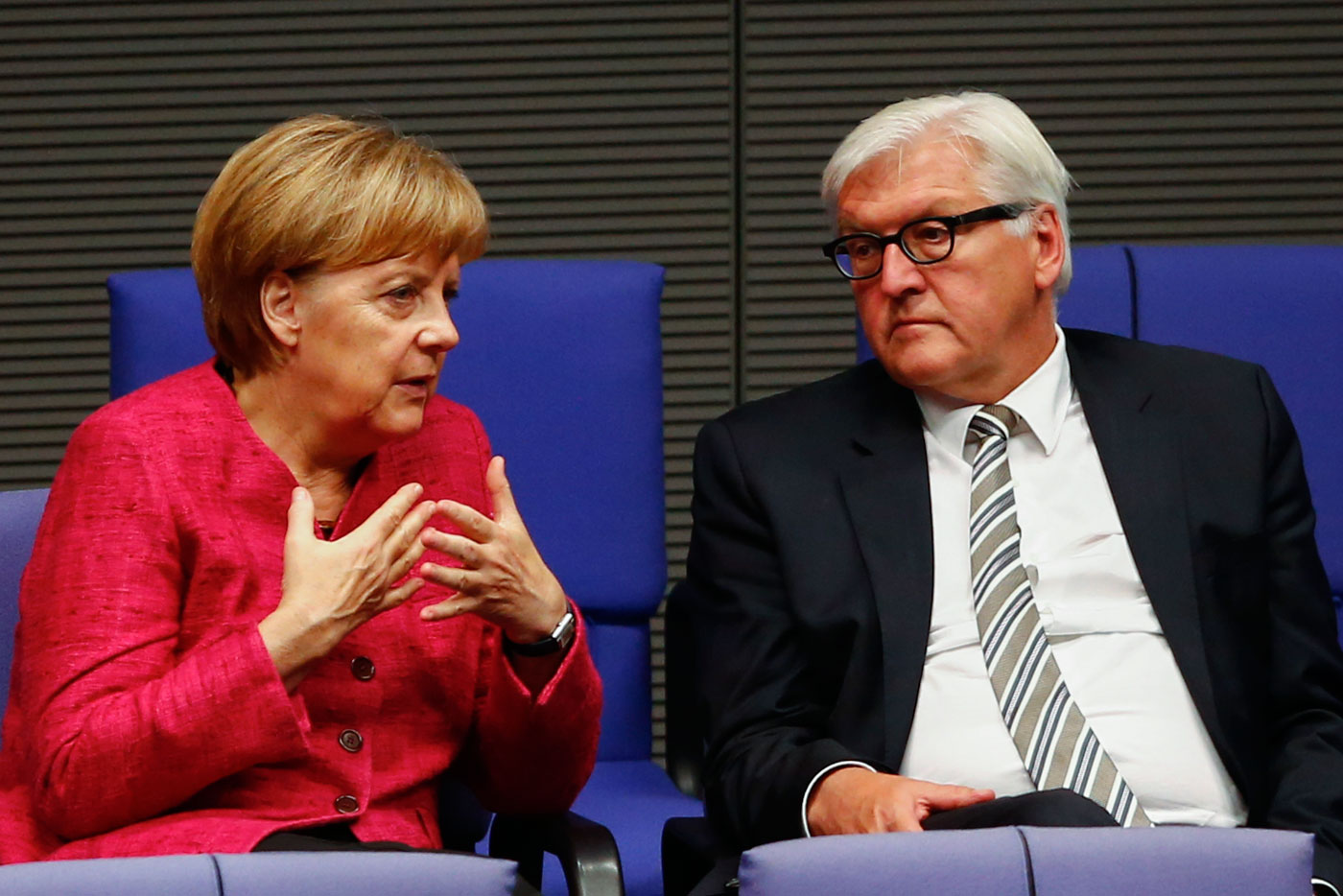
Vladislav Belov,
Head of the Country and Regional Researches Department, Head of the German Research Center of the Institute for Europe
Head of the Country and Regional Researches Department, Head of the German Research Center of the Institute for Europe
May 22-25
Elections to the European Parliament
Representatives of right-wing parties make a strong showing in the elections
Vladimir Schweitzer: Conservatives and Liberals in the Financial and Economic Crisis
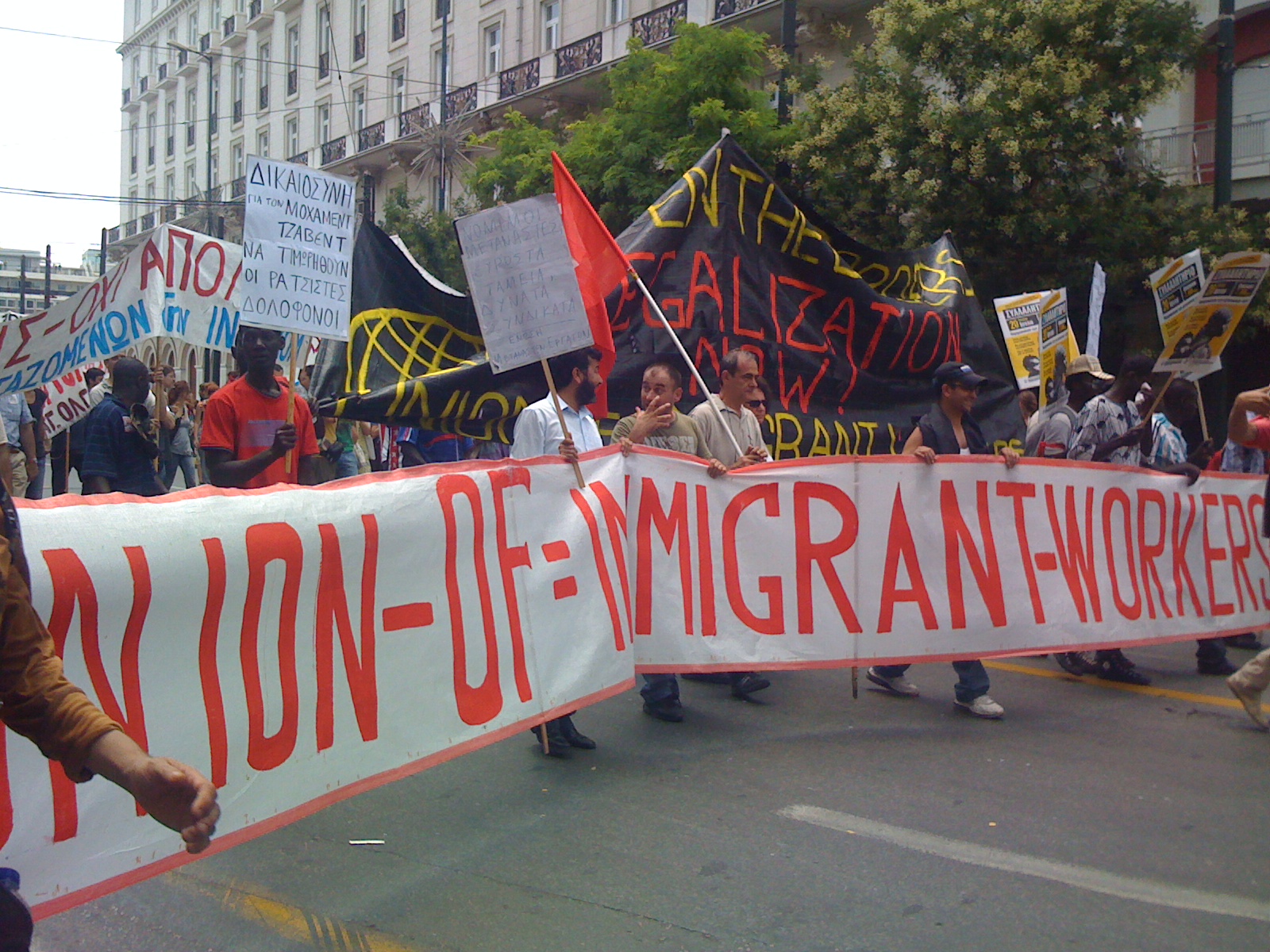
Vladimir Malakhov,
Doctor of Political Science, Leading researcher, RAS Institute of Philosophy
Doctor of Political Science, Leading researcher, RAS Institute of Philosophy
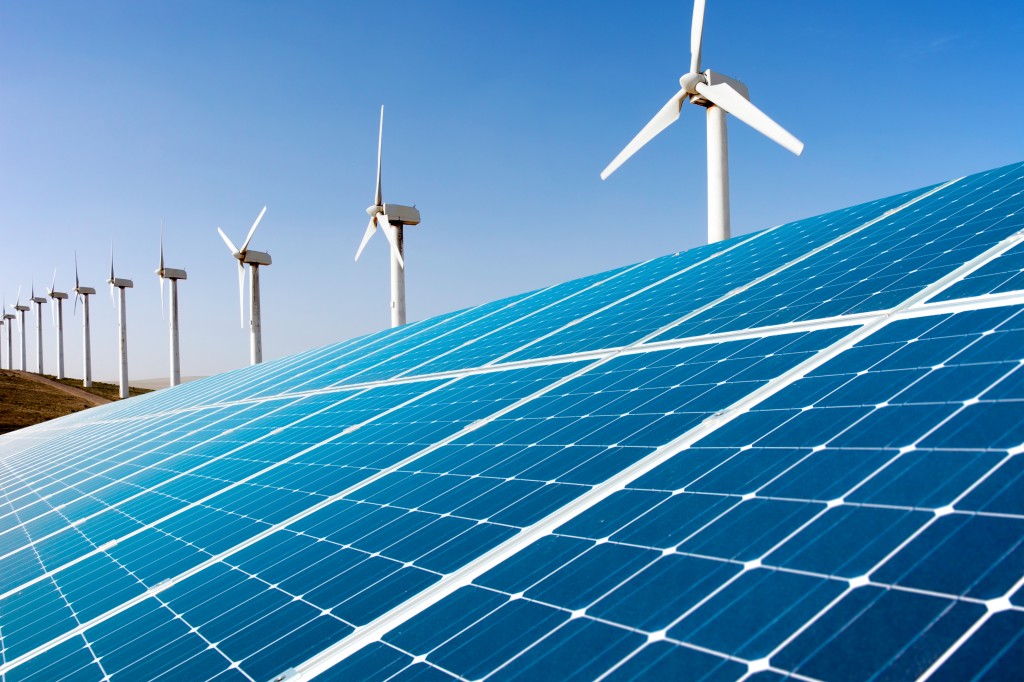
Nikolay Kaveshnikov,
Associate professor, head of department of European integration at MGIMO-University, leading research fellow at the RAS Institute of Europe
Associate professor, head of department of European integration at MGIMO-University, leading research fellow at the RAS Institute of Europe
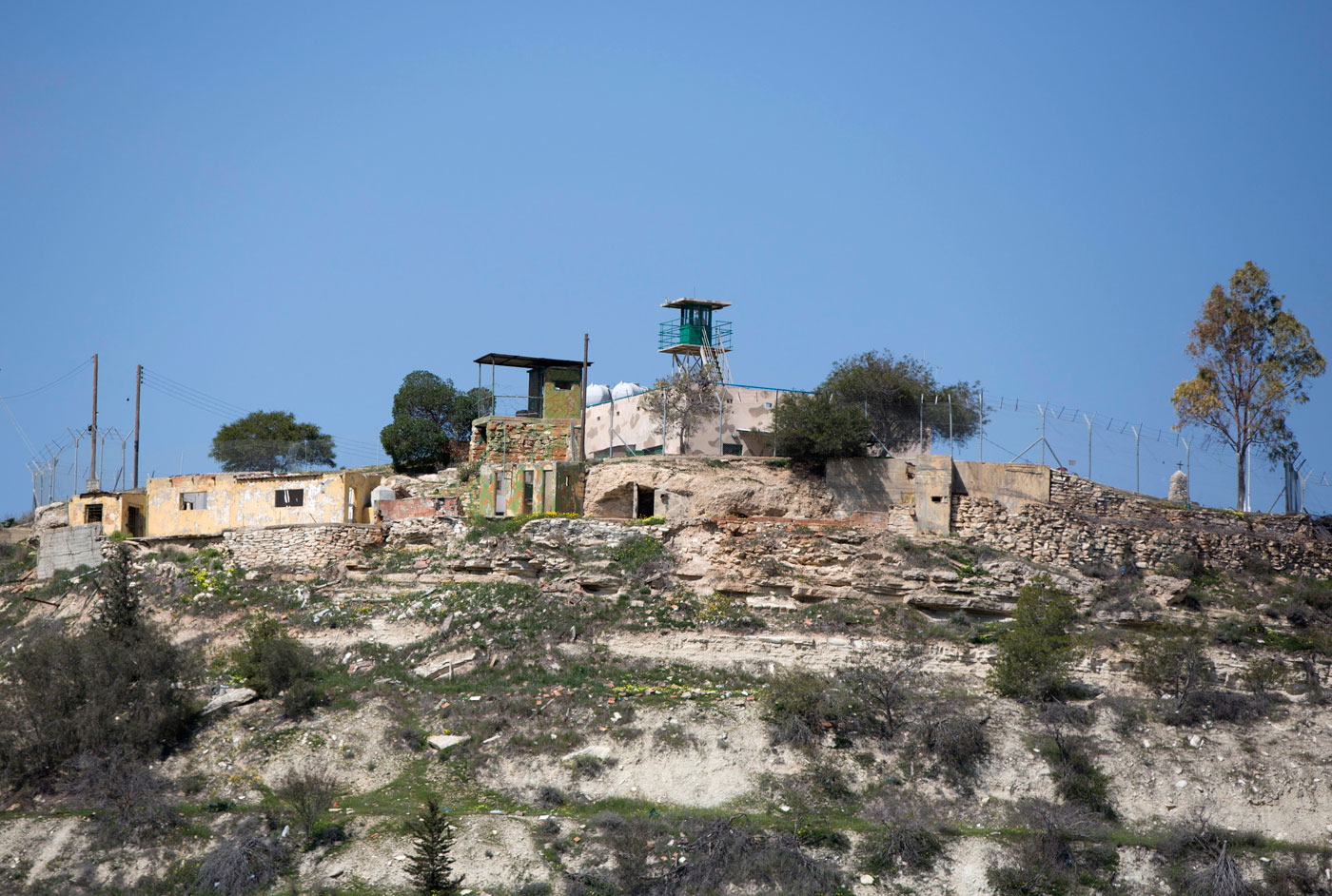
Antonia Dimou, John Nomikos,
RIEAS
RIEAS
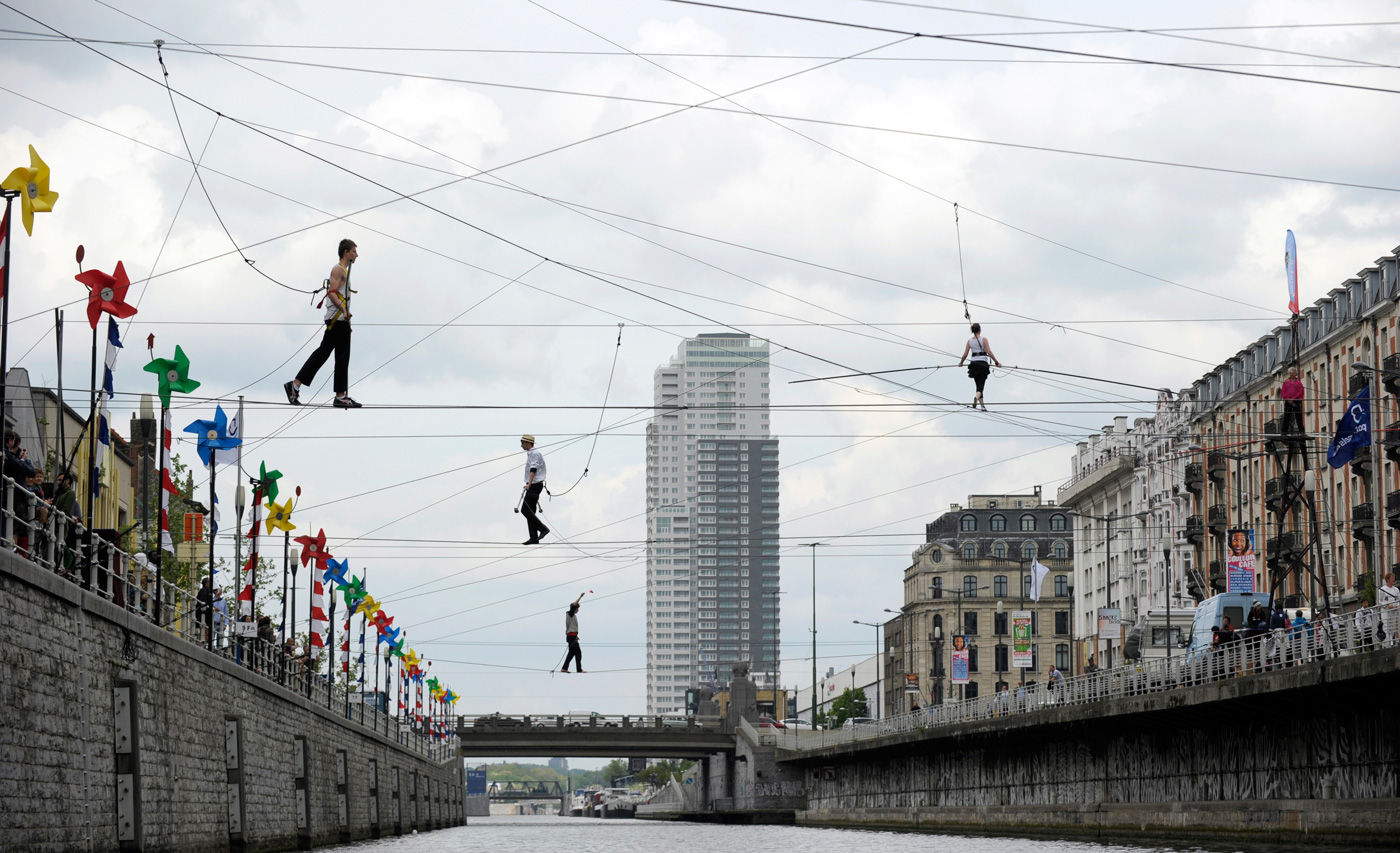
Pavel Kanevskiy,
Associate Professor, Department of Political Science and Sociology of Political Processes, Faculty of Sociology, MSU
Associate Professor, Department of Political Science and Sociology of Political Processes, Faculty of Sociology, MSU
June 5-6
Celebrations of the 70th anniversary of the Allied Landing in Normandy
July
Centenary of the start of World War I
July 17
Malaysia Airlines Flight 17 crashes near Donetsk
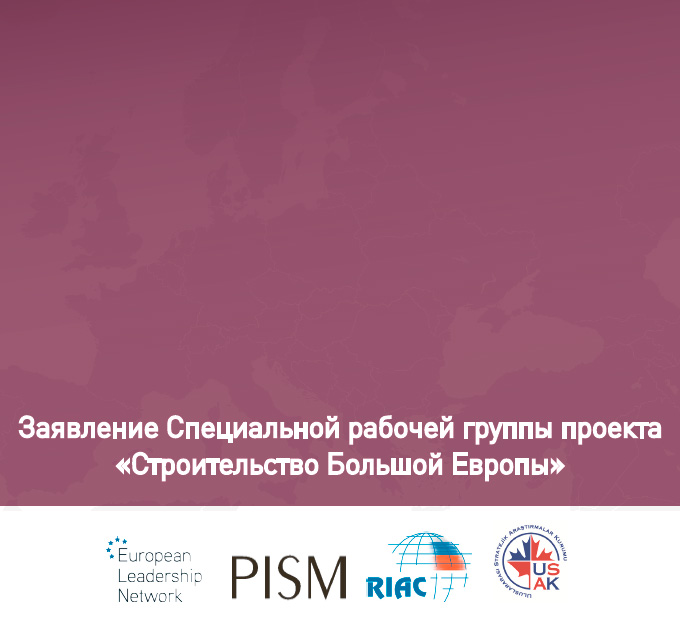
Task Force Position Paper
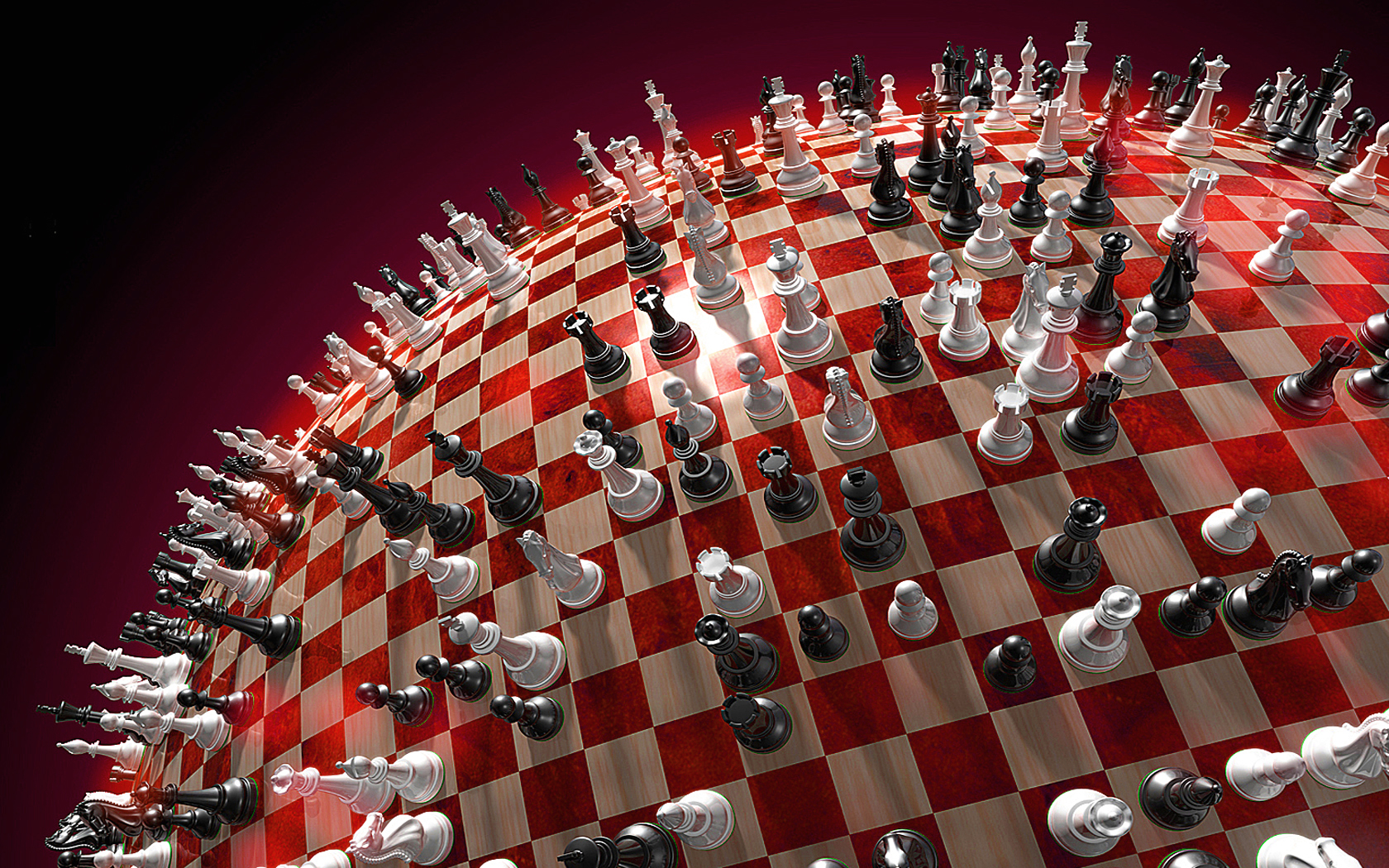
Igor Ivanov, RIAC President, from 1998 to 2004, RF Minister of Foreign Affairs, Malcolm Rifkind, Former foreign secretary and a former defense secretary for Britain
August 9
A policeman in Ferguson (Missouri) shoots African-American teenager Michael Brown dead. The incident triggers mass riots and protests across the country
September 4-5
NATO Summit in Wales
Dmitry Danilov: 65 Years of NATO: Lessons of the Past and a View of the Future
Mikhail Troitsky: The 2014 NATO summit: what can we expect?
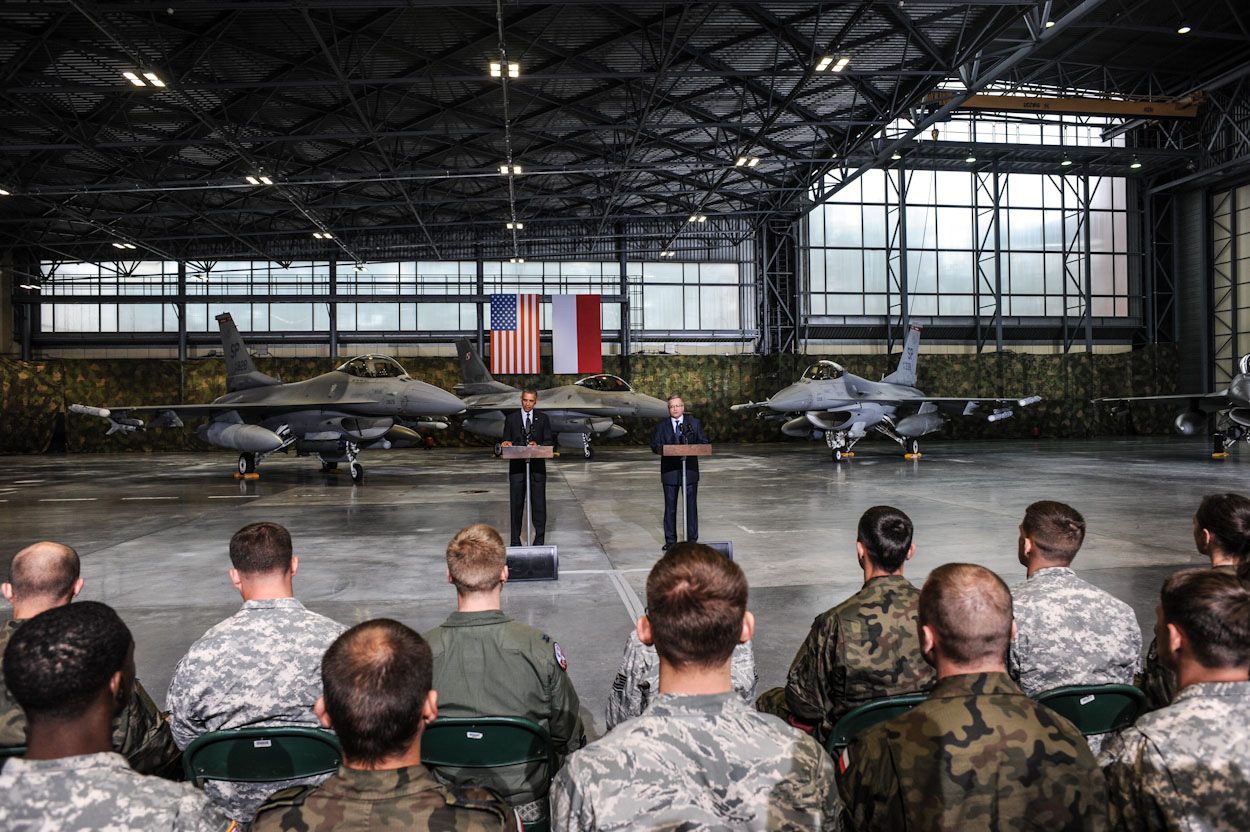
Alexander Yermakov,
RIAC expert
RIAC expert
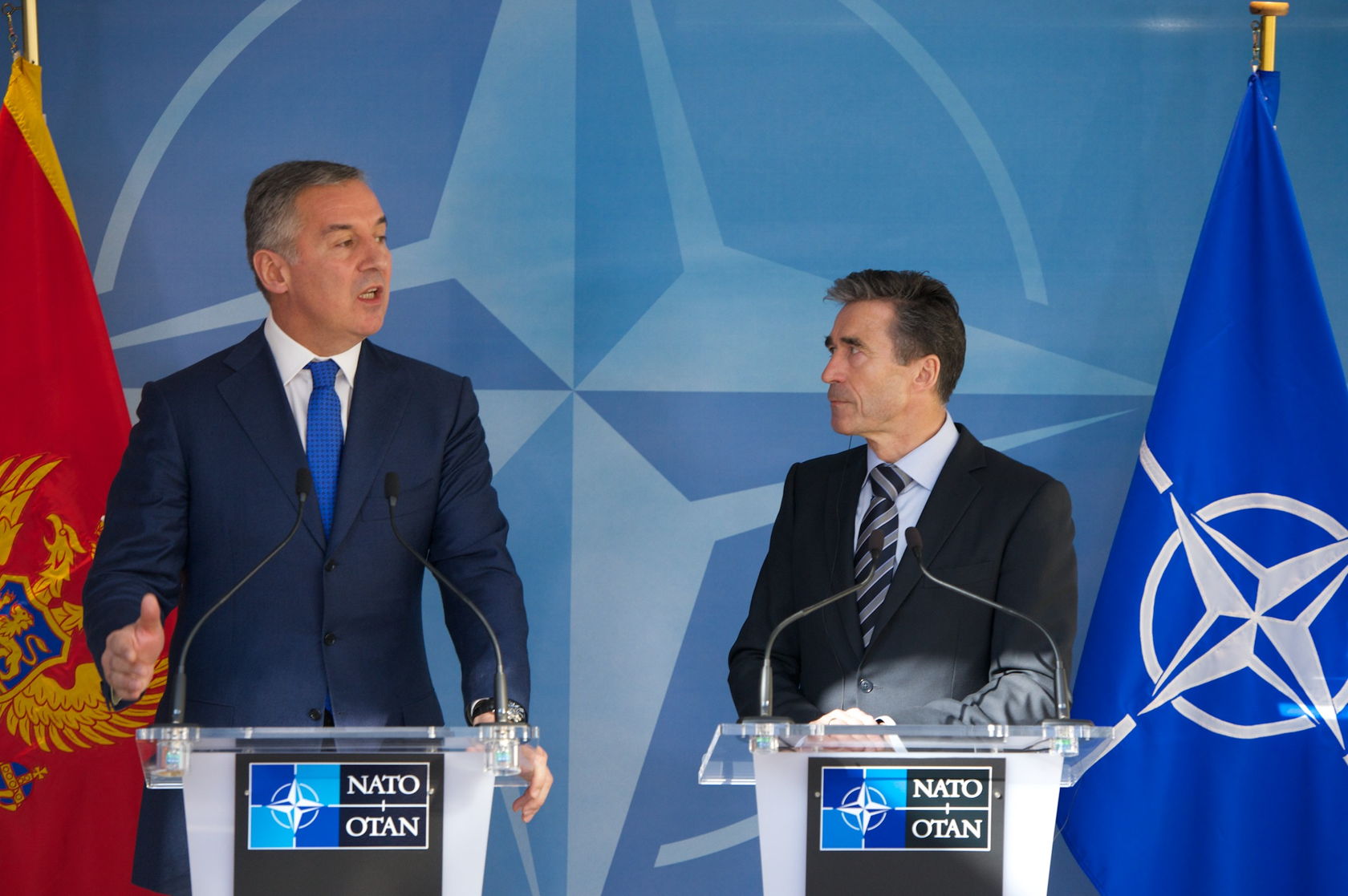
Alexander Pivovarenko,
Research Associate of the RAS Institute of Slavonic Studies
Research Associate of the RAS Institute of Slavonic Studies
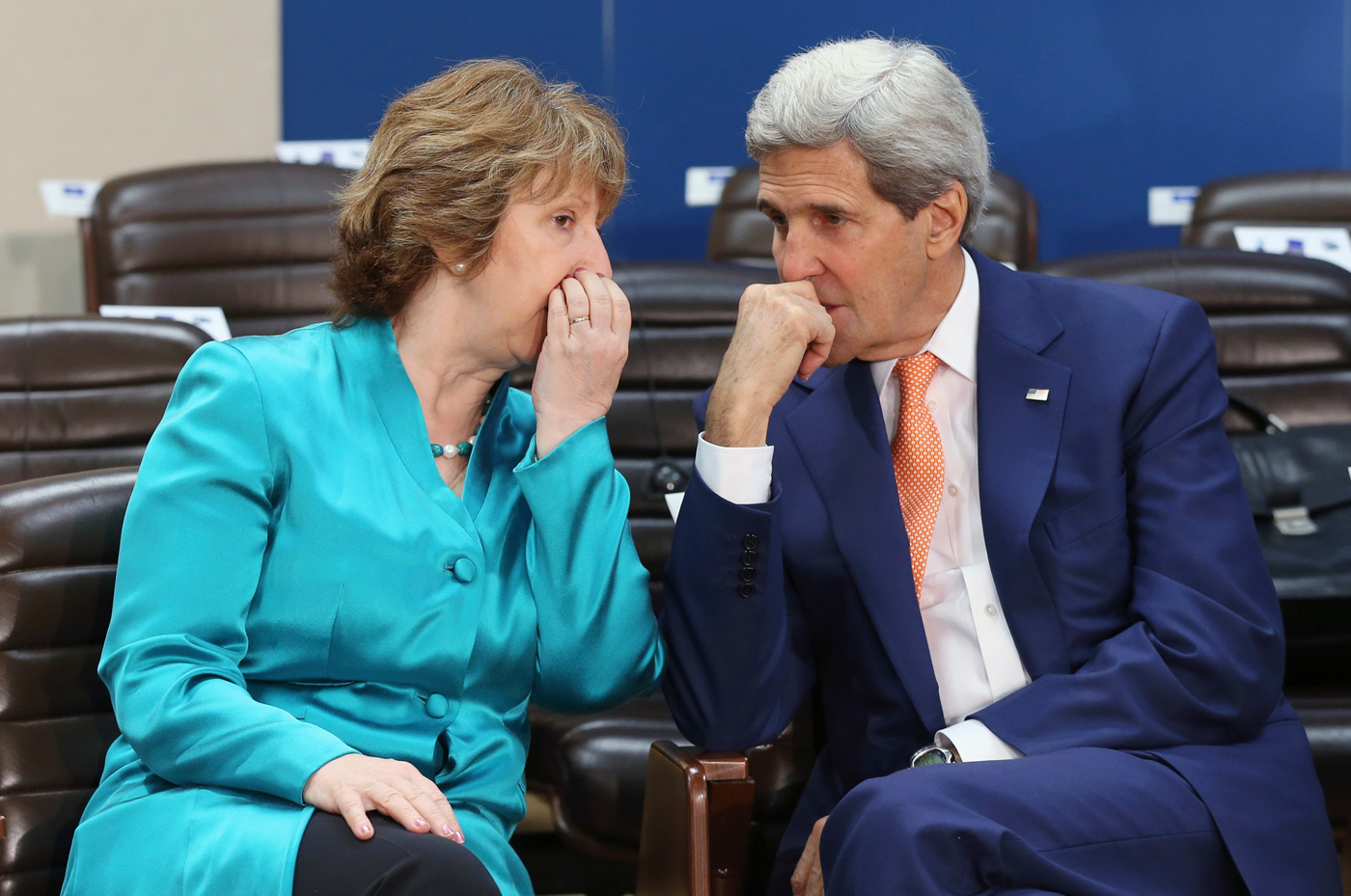
Igor Istomin,
PhD in Political Science, Senior Lecturer, Department of Applied International Analysis, MGIMO University
PhD in Political Science, Senior Lecturer, Department of Applied International Analysis, MGIMO University
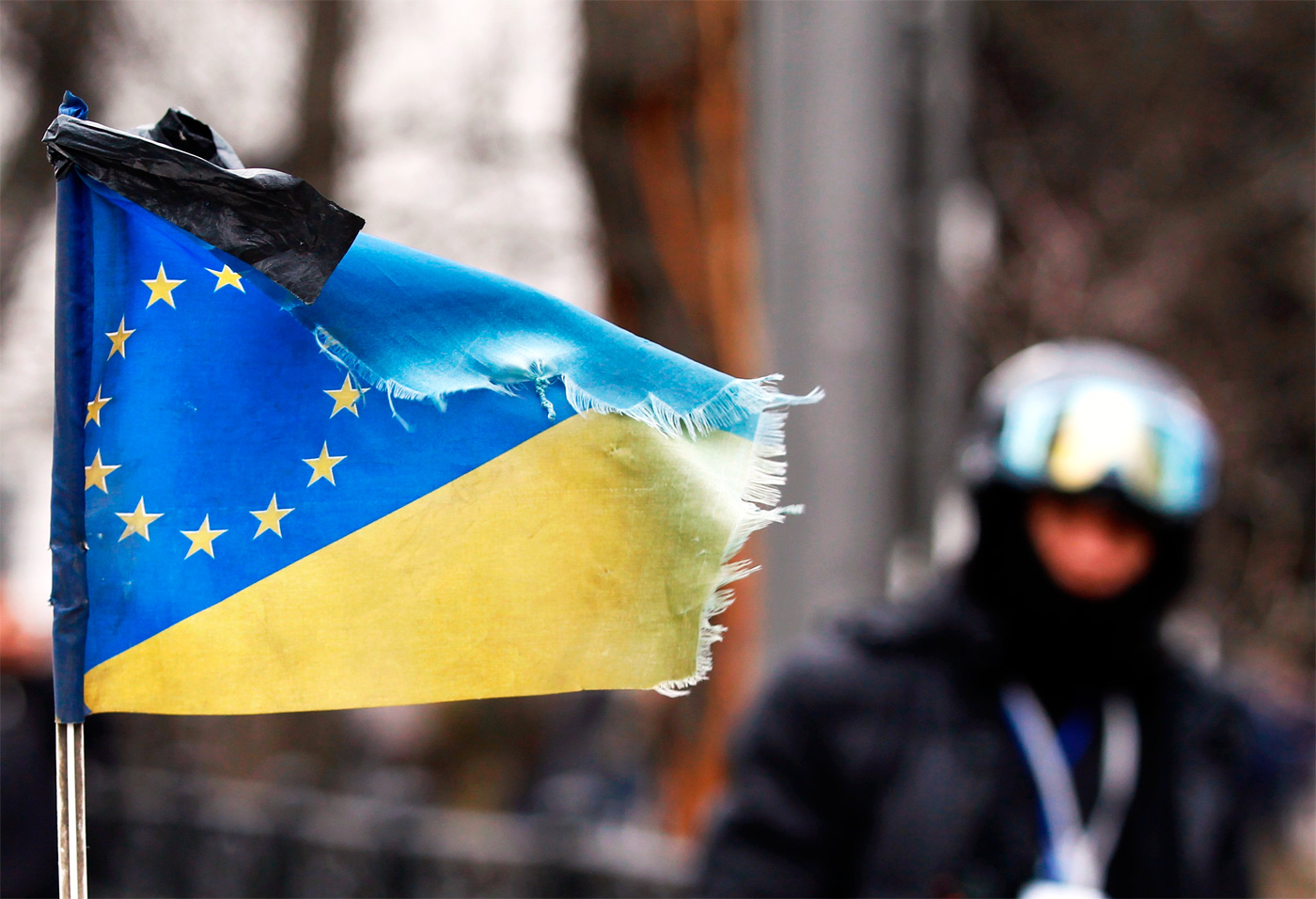
Dmitry Danilov,
Head of the European Security Department RAS Institute of Europe
Head of the European Security Department RAS Institute of Europe
September 25
International seminar "Prospects for Strengthening the OSCE"
Igor Ivanov: the OSCE has been and remains the most representative and consequently the most legitimate security organization in Europe
Andrey Zagorsky:
Strengthening
the OSCE. Building a Common Space for Economic and Humanitarian
Cooperation, an Indivisible Security Community from the Atlantic to the
Pacific
Andrey Zagorsky:
Strengthening
the OSCE. Building a Common Space for Economic and Humanitarian
Cooperation, an Indivisible Security Community from the Atlantic to the
Pacific
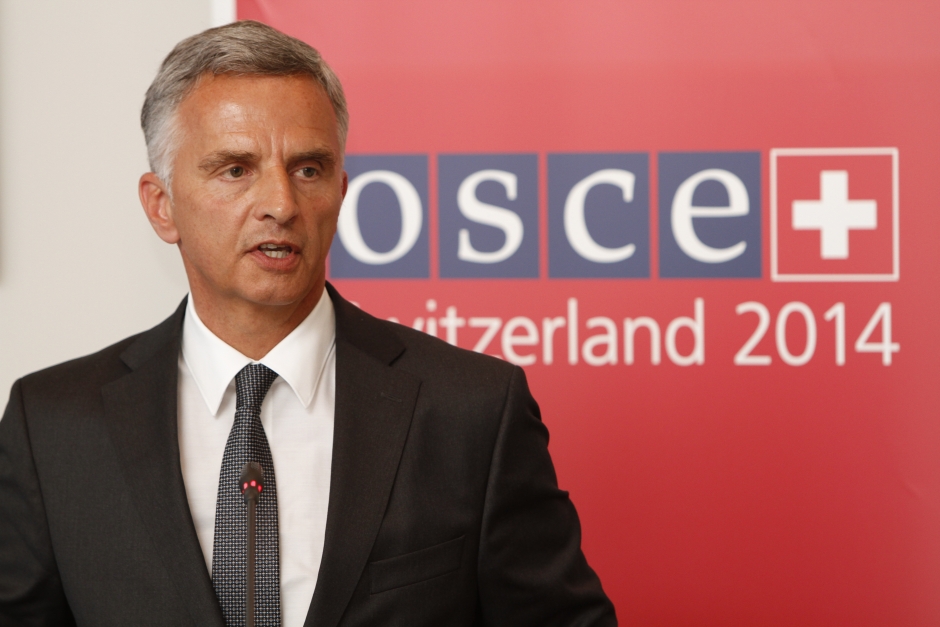
Sergey Utkin,
Head of Department of Strategic Assessment, Centre for Situation Analysis, Russian Academy of Sciences
Head of Department of Strategic Assessment, Centre for Situation Analysis, Russian Academy of Sciences
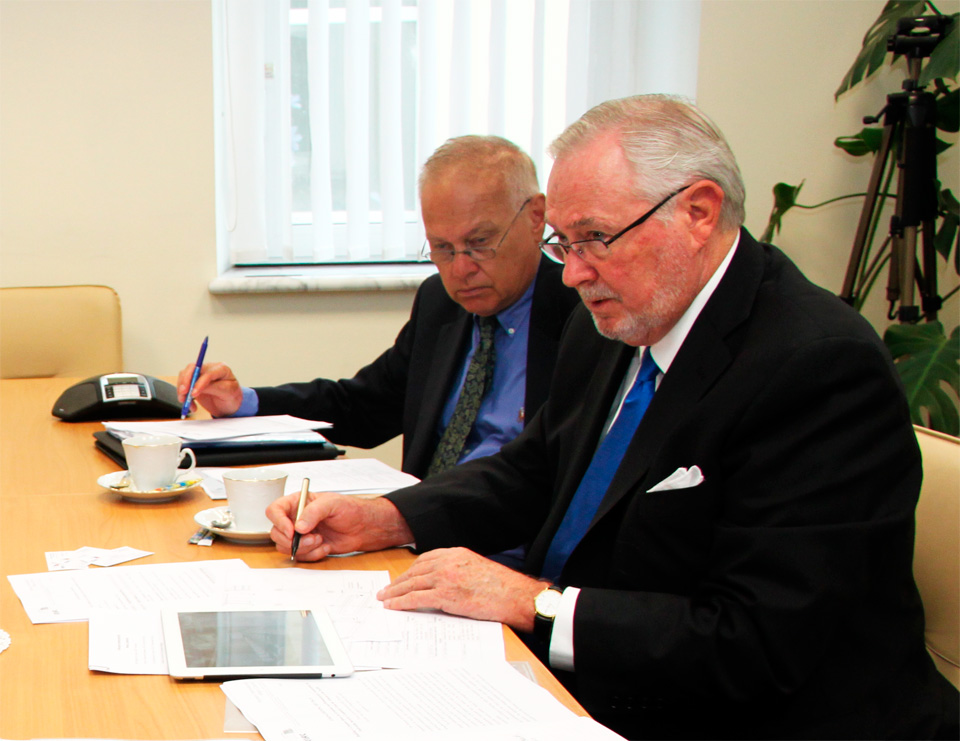
Spencer Oliver,
OSCE Parliamentary Assembly Secretary General
OSCE Parliamentary Assembly Secretary General
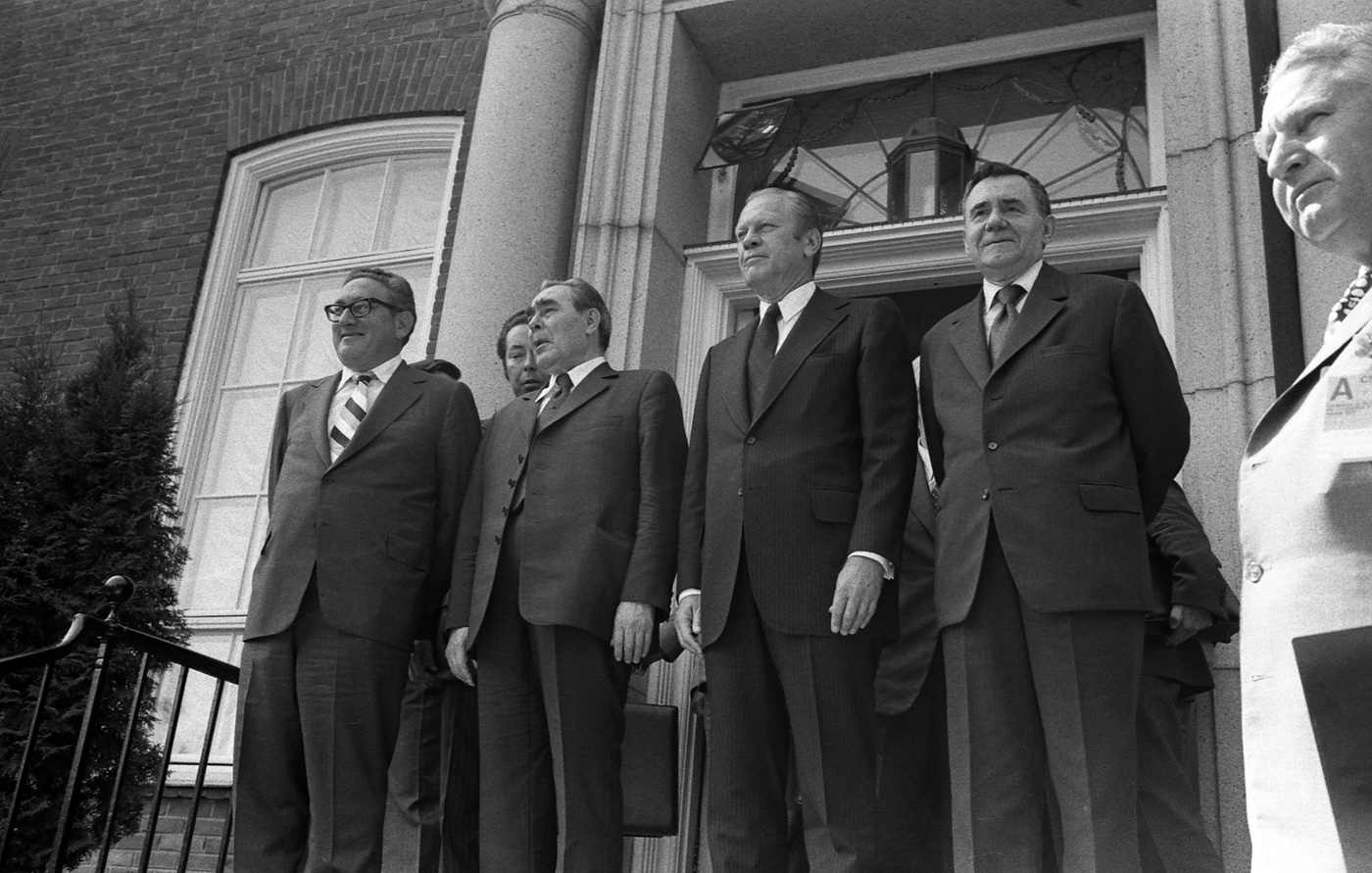
Javier Ruperez,
Ambassador, President of the OSCE Parliamentary Assembly (1996-1998)
Ambassador, President of the OSCE Parliamentary Assembly (1996-1998)
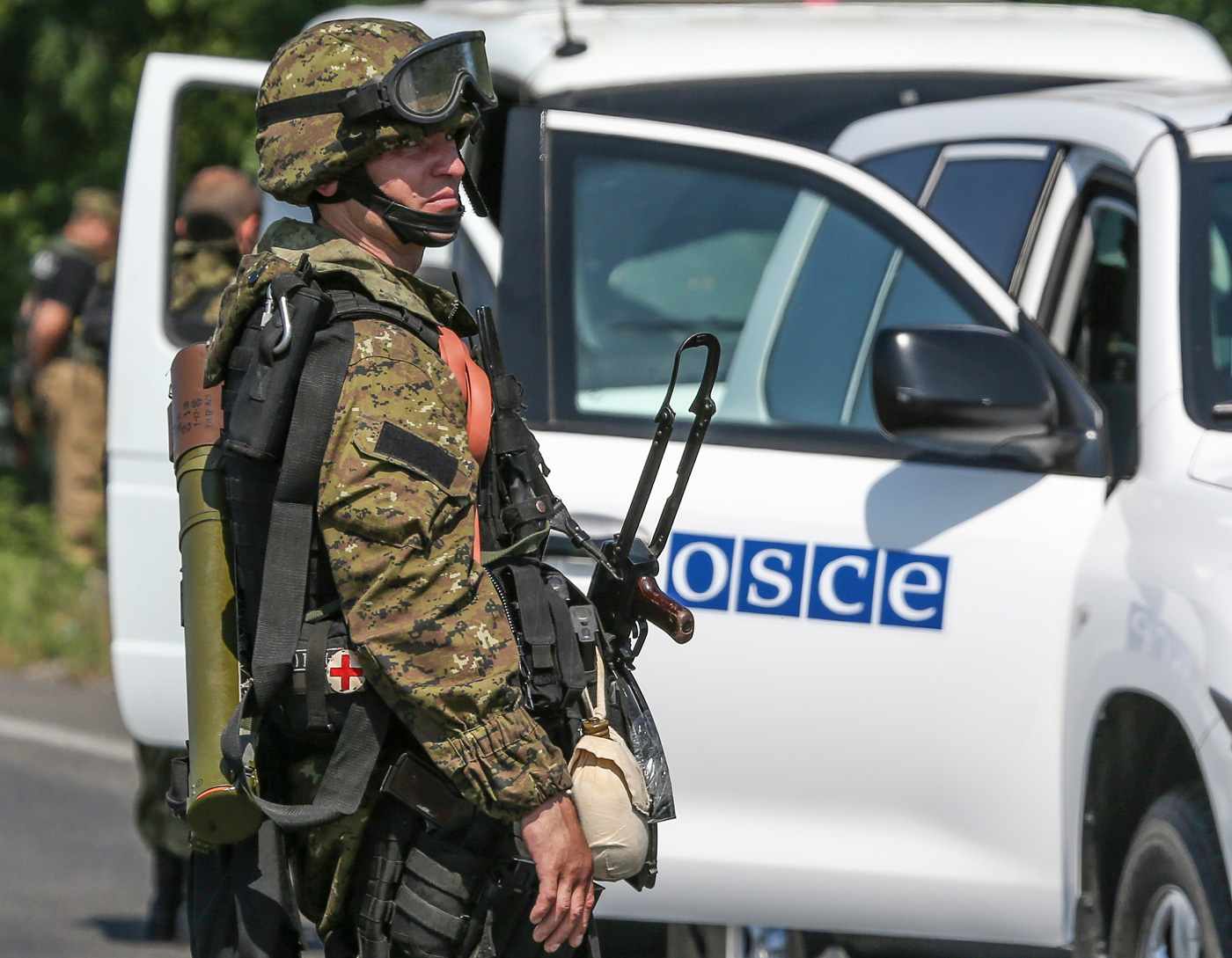
Andrey Zagorsky,
Head of department at the Institute of World Economy and International Relations
Head of department at the Institute of World Economy and International Relations
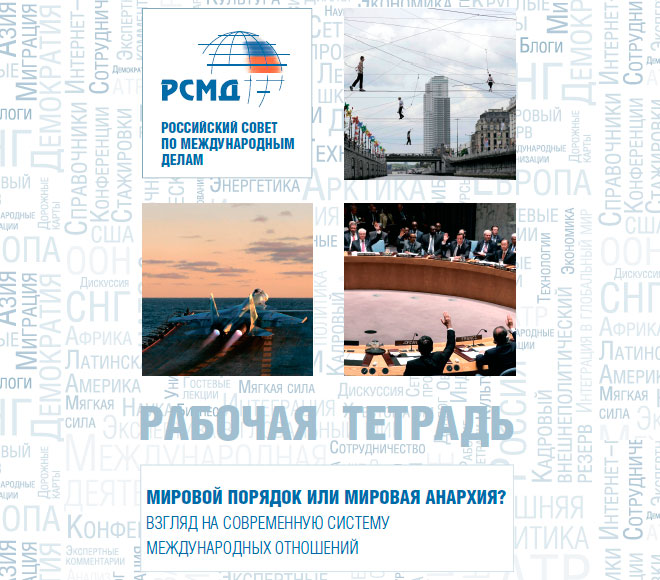
Ivan Timofeev,
Program Director at Russian International Affairs Council
Program Director at Russian International Affairs Council
November 1
European Commission starts working under its new President, Jean-Claude Juncker
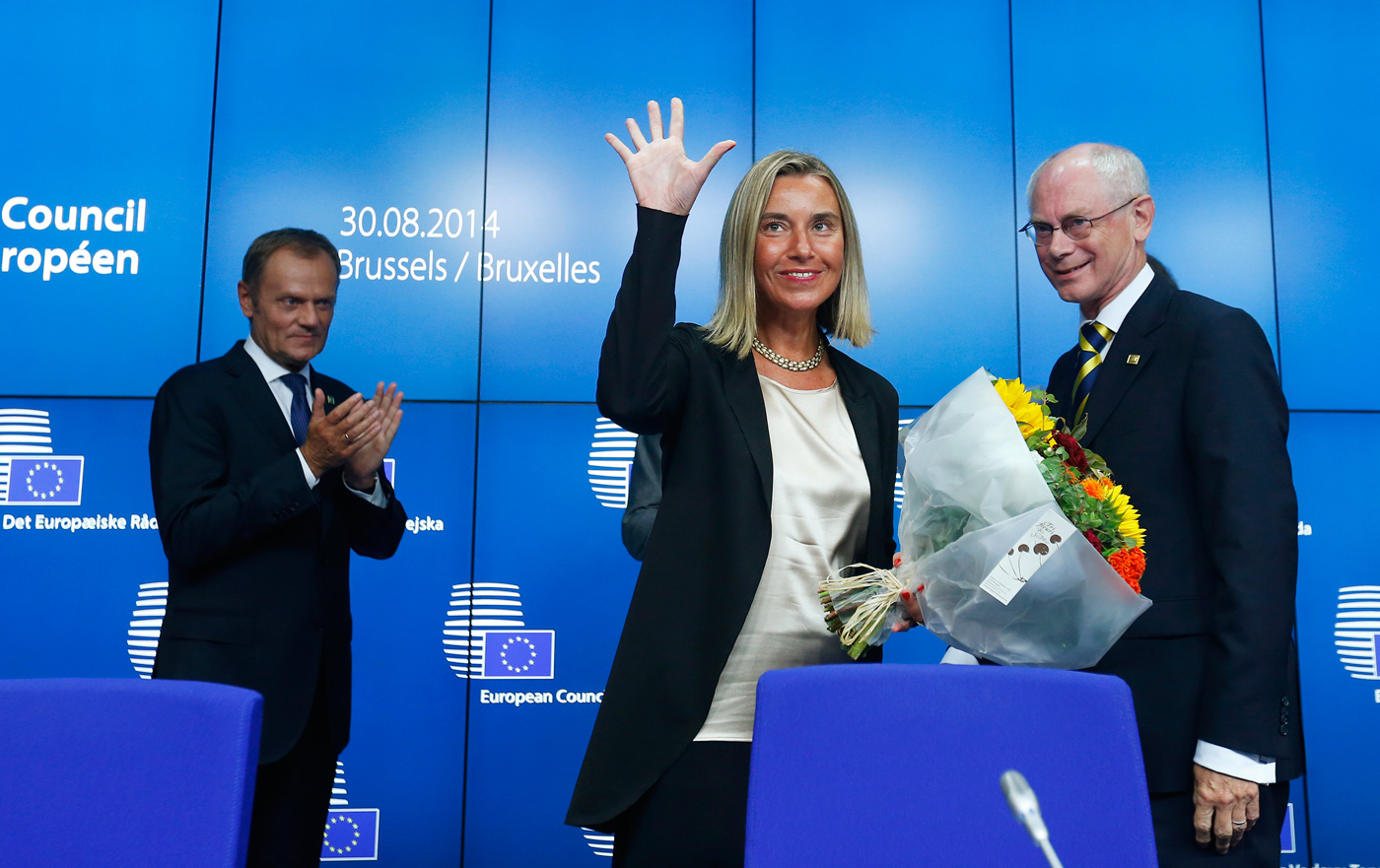
Olga Potemkina,
Head of the European Integration Research Department at the Russian Academy of Sciences Institute of Europe
Head of the European Integration Research Department at the Russian Academy of Sciences Institute of Europe
November 4
US Midterm Elections 2014
November 15-16
G20 Brisbane Summit
Ivan Timofeev, Mark Rakhmangulov and Victoria Panova: G20 Brisbane 2014: Global Pragmatism or Regional Tantrums?
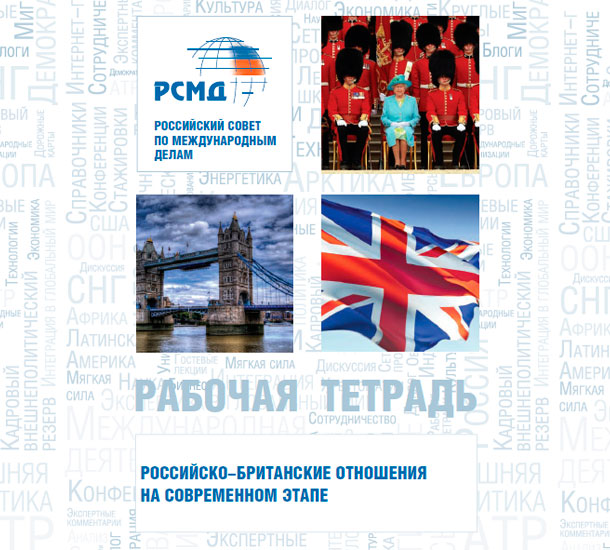
Alexey Gromyko, Elena Ananyeva
Institute of Europe of the Russian Academy of Sciences
Institute of Europe of the Russian Academy of Sciences
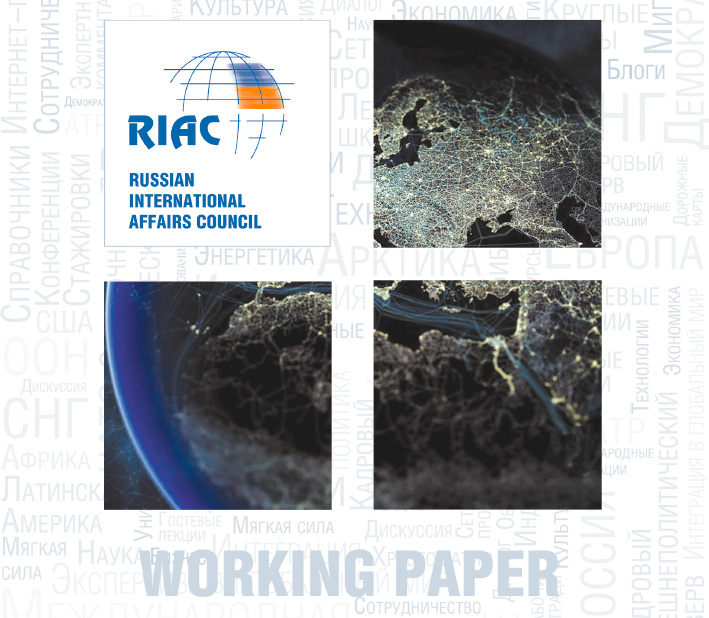
Igor Ivanov, RIAC President, Desmond Brown, Executive Board Member of the ELN, Wolfgang Ischinger, Chairman of the Munich Security Conference, Sam Nunn, Co-chairman of the NTI, Adam Rotfeld, Co-chairman of Polish-Russian Group on Difficult Matters, Irina Busygina, MGIMO Professor
A Separate Europe
2014: The Beginning of Big Changes?
September 18, 2014 saw one of the most heart-pounding events in the life of Great Britain and the European Union: the Scottish independence referendum. Although the proud Scots decided to stay part of the United Kingdom, the event resounded in other parts of Europe and the world where issues of secession remain unresolved, including Catalonia, the Basque Country, some regions in Italy and Flanders and Wallonia in Belgium.
September 18, 2014 saw one of the most heart-pounding events in the life of Great Britain and the European Union: the Scottish independence referendum. Although the proud Scots decided to stay part of the United Kingdom, the event resounded in other parts of Europe and the world where issues of secession remain unresolved, including Catalonia, the Basque Country, some regions in Italy and Flanders and Wallonia in Belgium.
Elena Ananyeva: The Devolution Revolution
Vladimir Schweitzer: Western Europe: The Autumn of Separatism
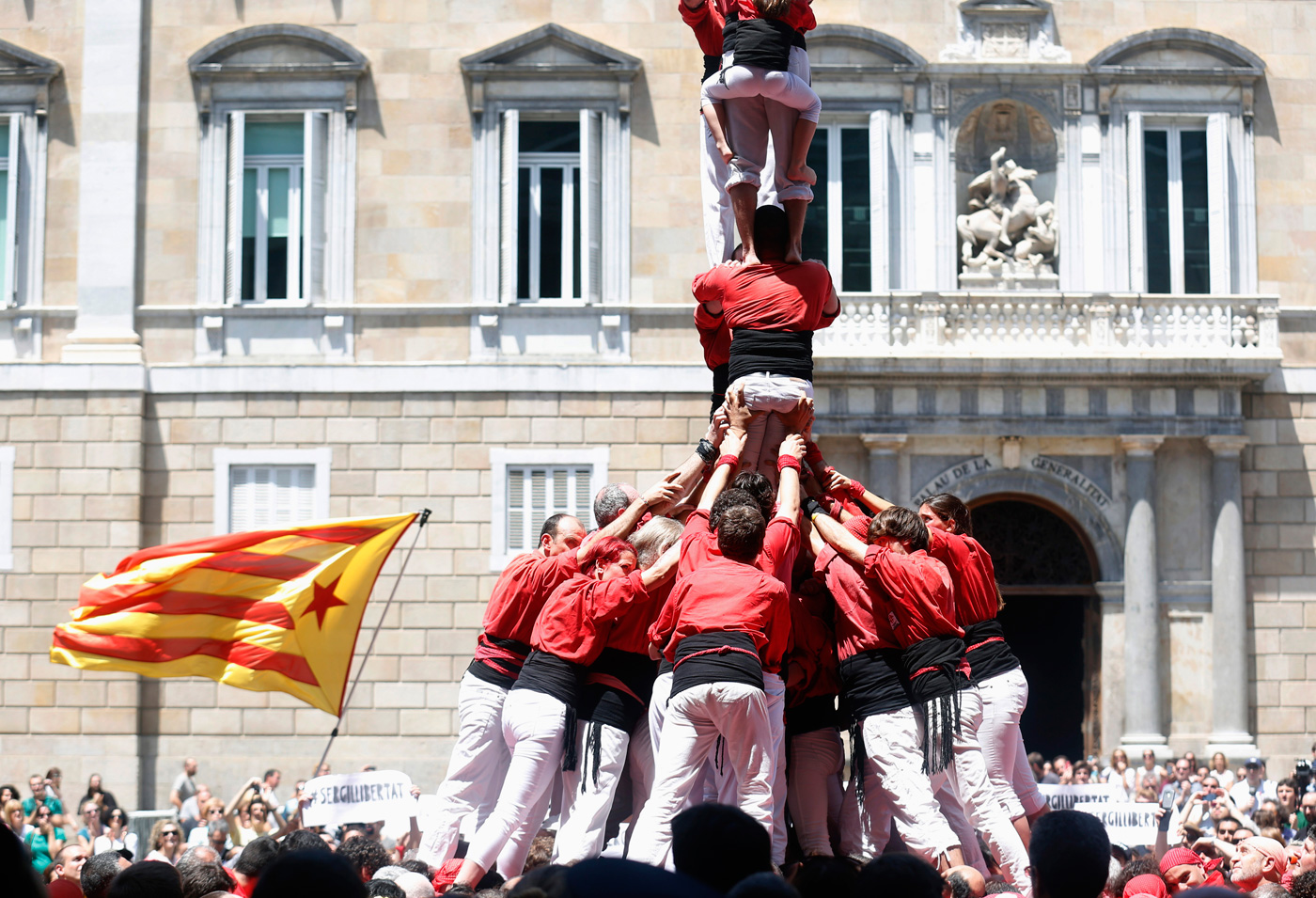
Sergei Khenkin,
Professor of the Comparative Political Studies Department of the MGIMO University
Professor of the Comparative Political Studies Department of the MGIMO University
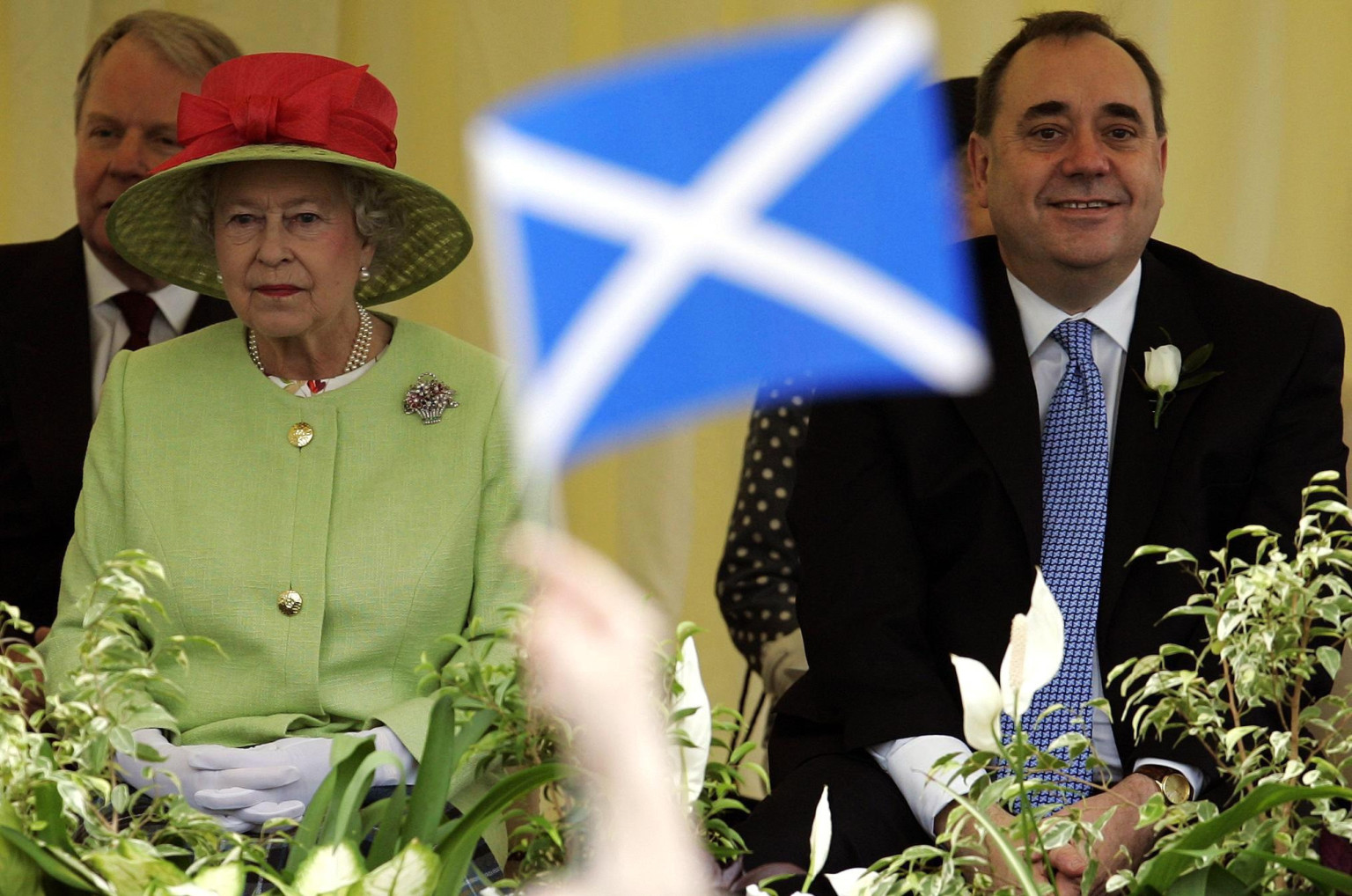
Elena Ananyeva,
Head of the Center for British Studies at the Institute of Europe of the Russian Academy of Sciences
Head of the Center for British Studies at the Institute of Europe of the Russian Academy of Sciences
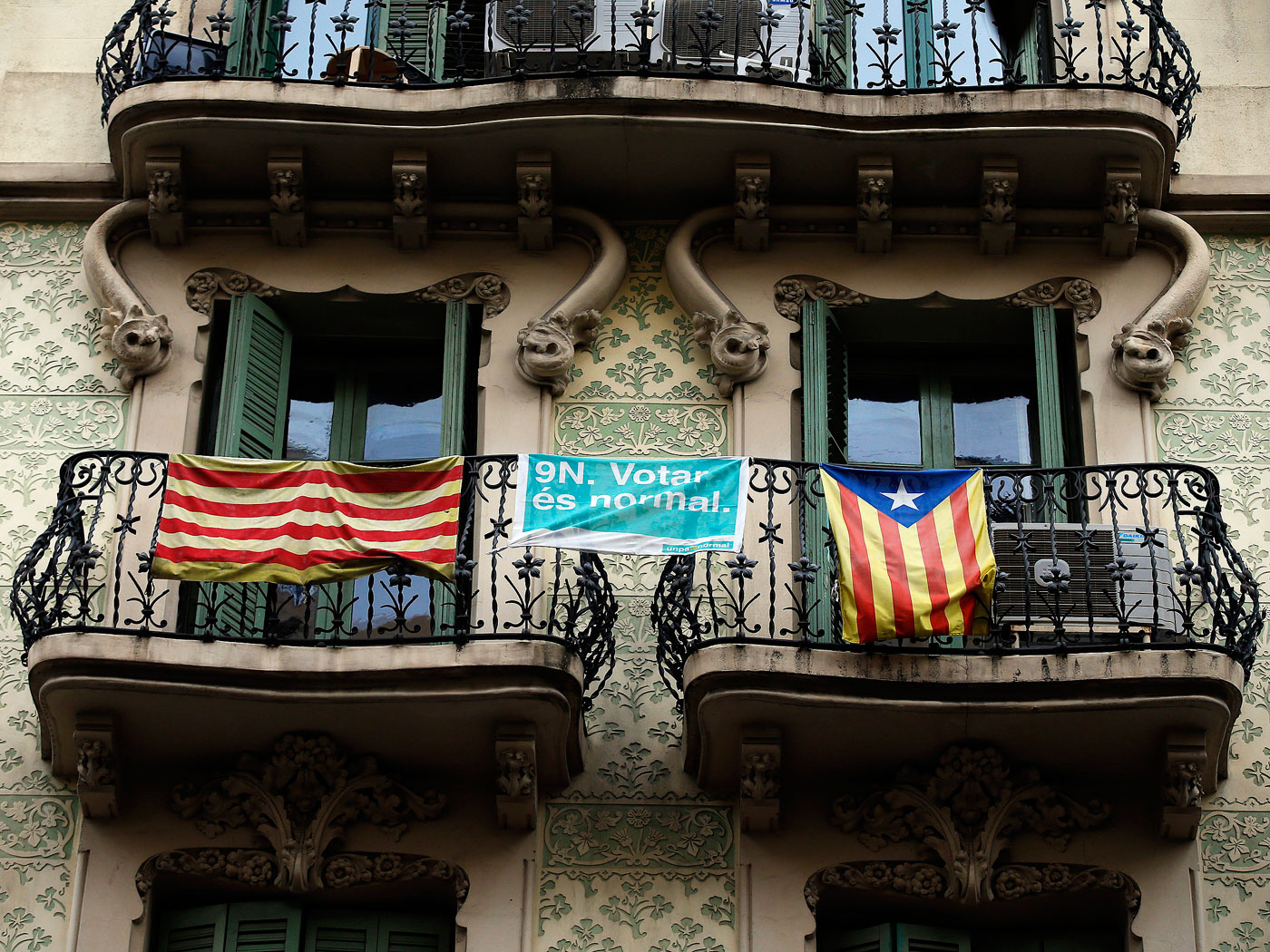
Sergei Khenkin,
Professor of the Comparative Political Studies Department of the MGIMO University
Professor of the Comparative Political Studies Department of the MGIMO University
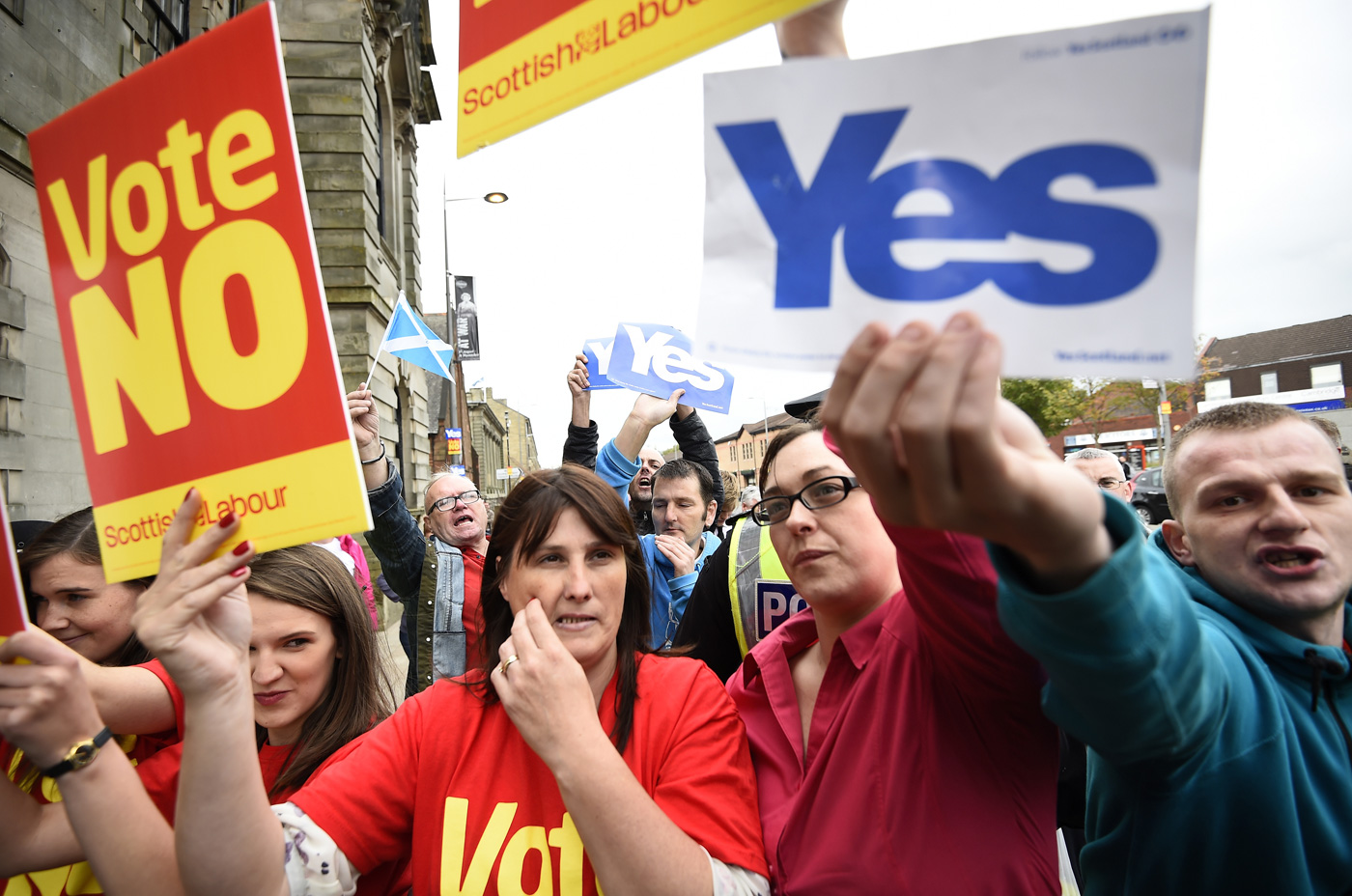
David McCrone,
Emeritus Professor of Sociology at the University of Edinburgh
Emeritus Professor of Sociology at the University of Edinburgh
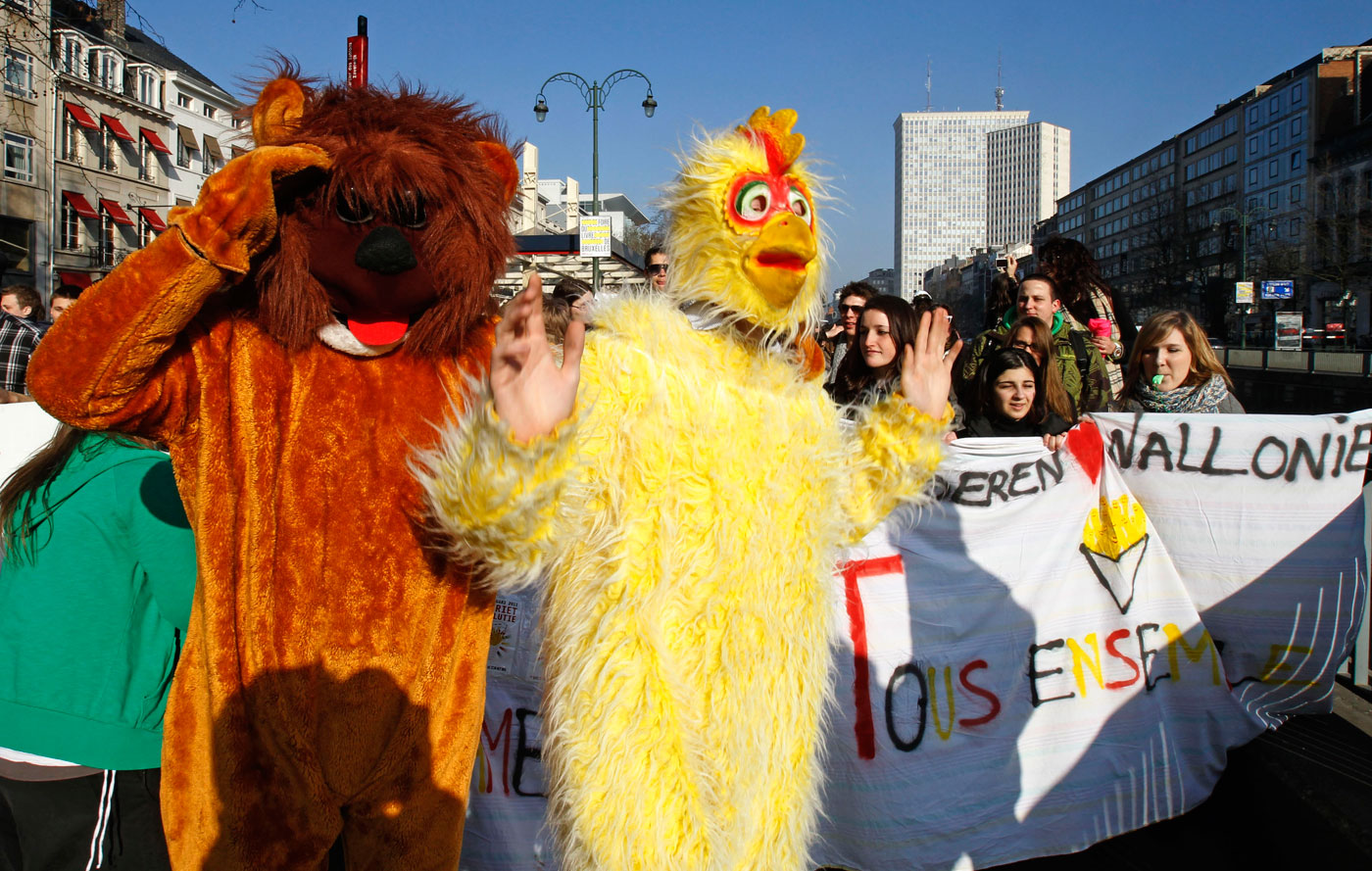
Vladimir Schweitzer,
Chief Researcher of the RAS Institute for European Studies
Chief Researcher of the RAS Institute for European Studies
Central and Eastern Europe and the Balkans
The Balkans has long ceased to be Europe's powder keg, but some extremely interesting internal and external political processes are still taking place there. Its proximity to turbulent Ukraine makes the political climate in the region still more volatile. The Baltic and Central European countries still take an ambiguous and dubious stance with regard to Russia. While increasing energy cooperation, they are often reluctant to collaborate in other areas.
Vessela Tcherneva: Bulgaria's New Coalition and the Future of South Stream
Alexander Pivovarenko: Modern Russia in the Modern Balkans: Soft Power through Investment
Stanislav Pritchin: The Course of South Stream
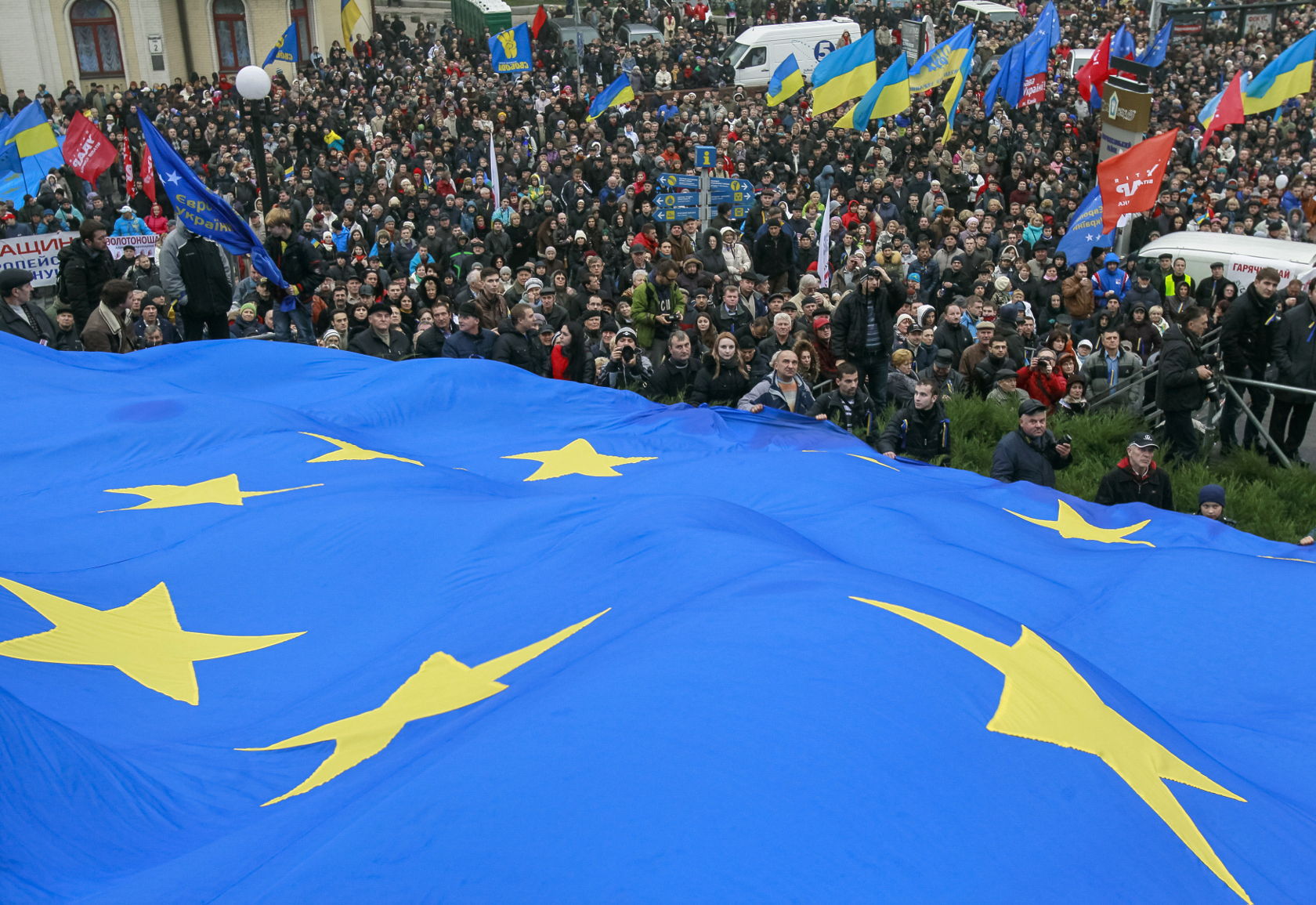
Vladislav Belov (RAS Institute for European Studies), Nikolay Kaveshnikov (MGIMO-University), Olga Potemkina (RAS Institute for European Studies), Kyrill Entin (Higher School of Economics) and Andras Racz (Peter Pazmany Catholic University, Hungary)
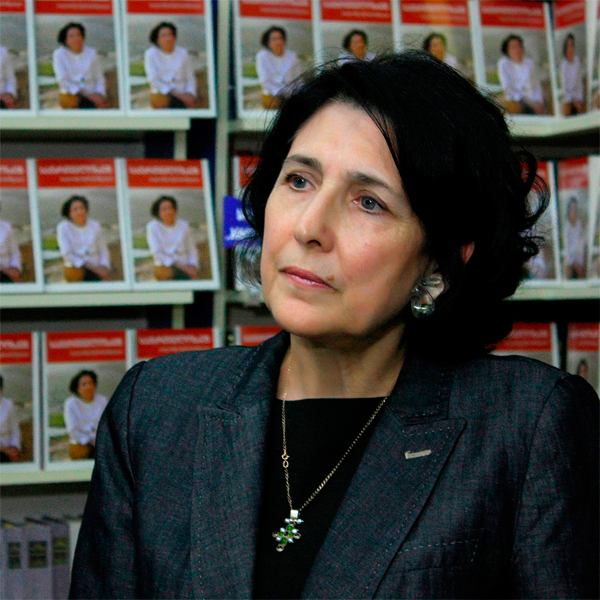
Salome Zourabichvili,
French diplomat and former Foreign Minister of the Republic of Georgia
French diplomat and former Foreign Minister of the Republic of Georgia
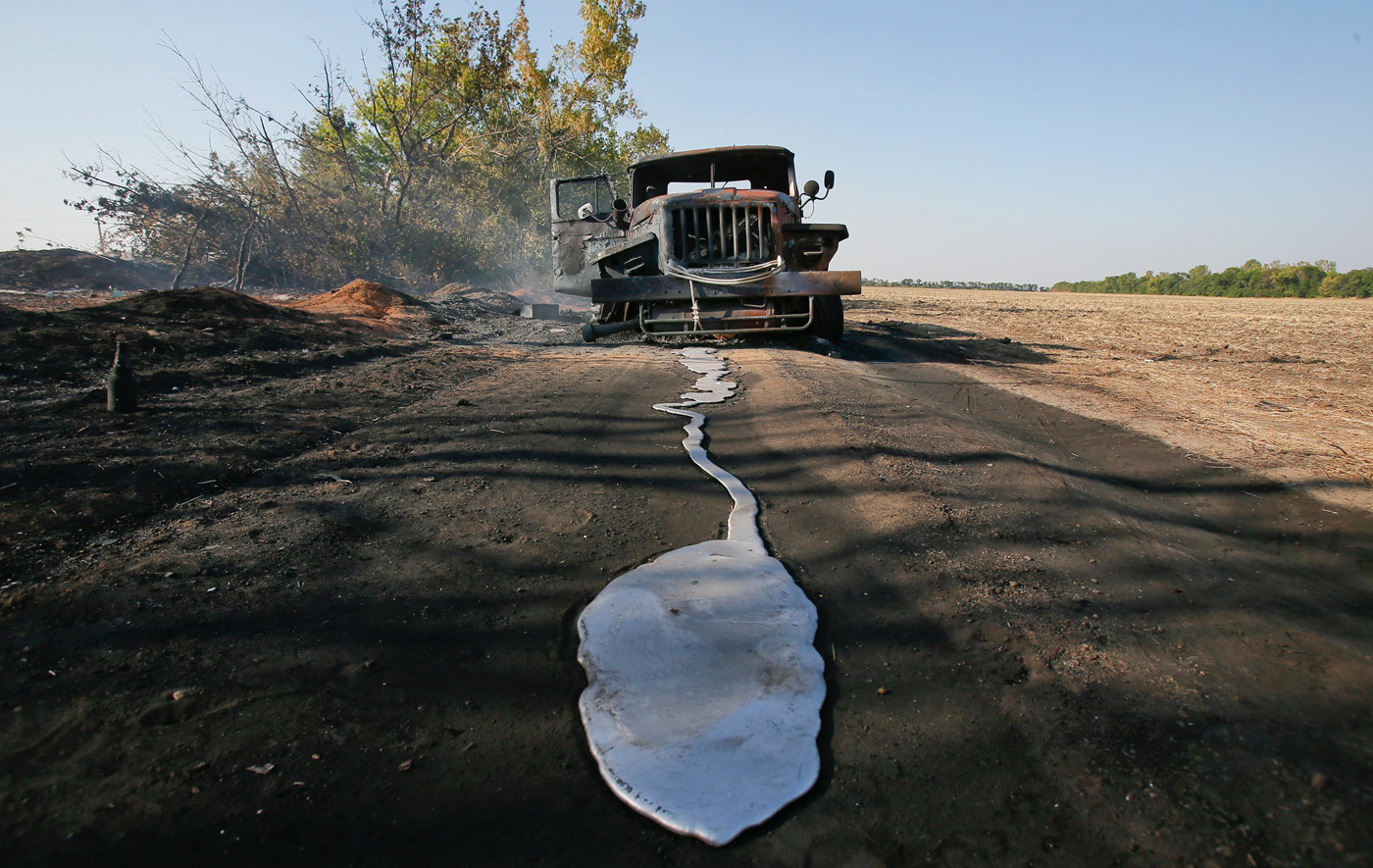
Alexei Fenenko,
leading research fellow at the RAS Institute of International Security Problems
leading research fellow at the RAS Institute of International Security Problems
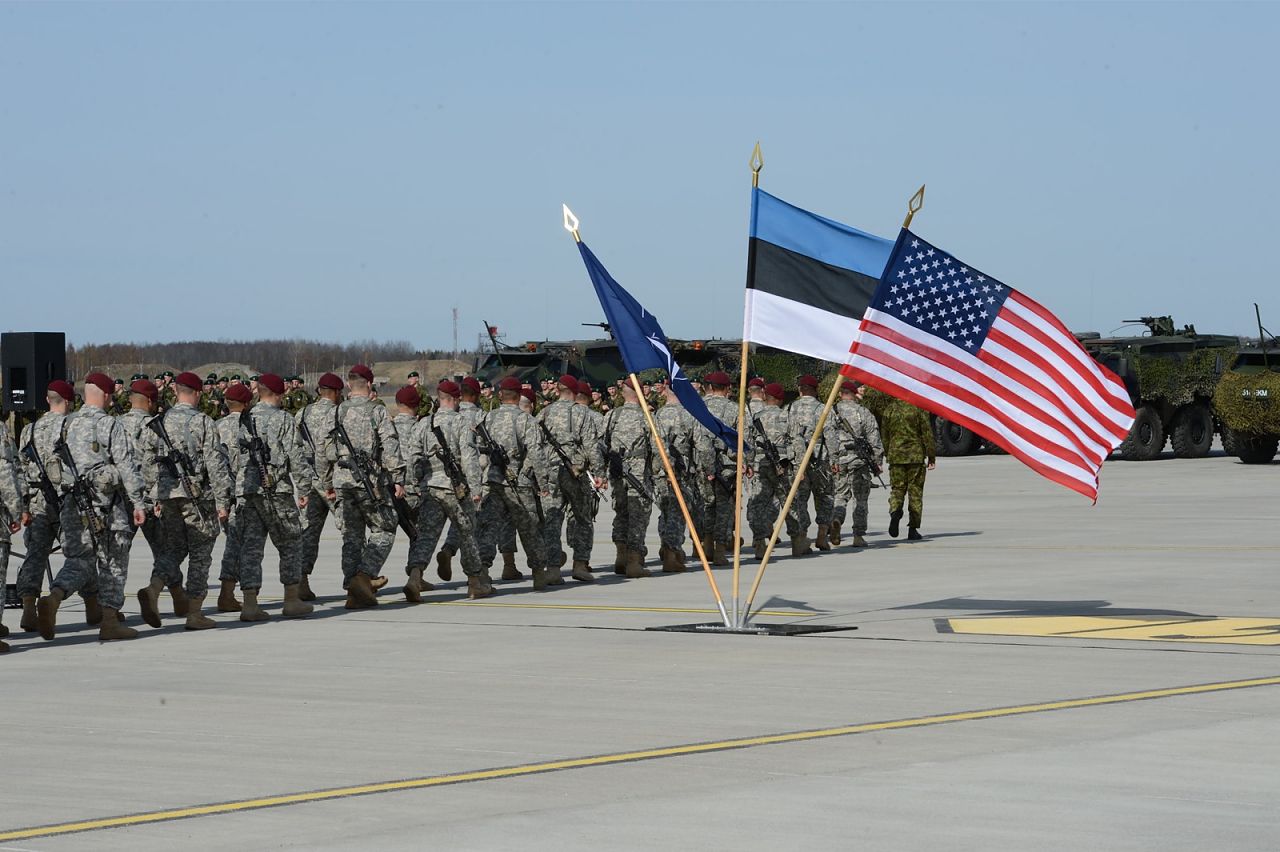
Sergey Rekeda,
Editor-in-Chief, RuBaltic.Ru, General Director, Information and Analytical Centre on Social and Political Processes in the Post-Soviet Space, Moscow State University
Editor-in-Chief, RuBaltic.Ru, General Director, Information and Analytical Centre on Social and Political Processes in the Post-Soviet Space, Moscow State University
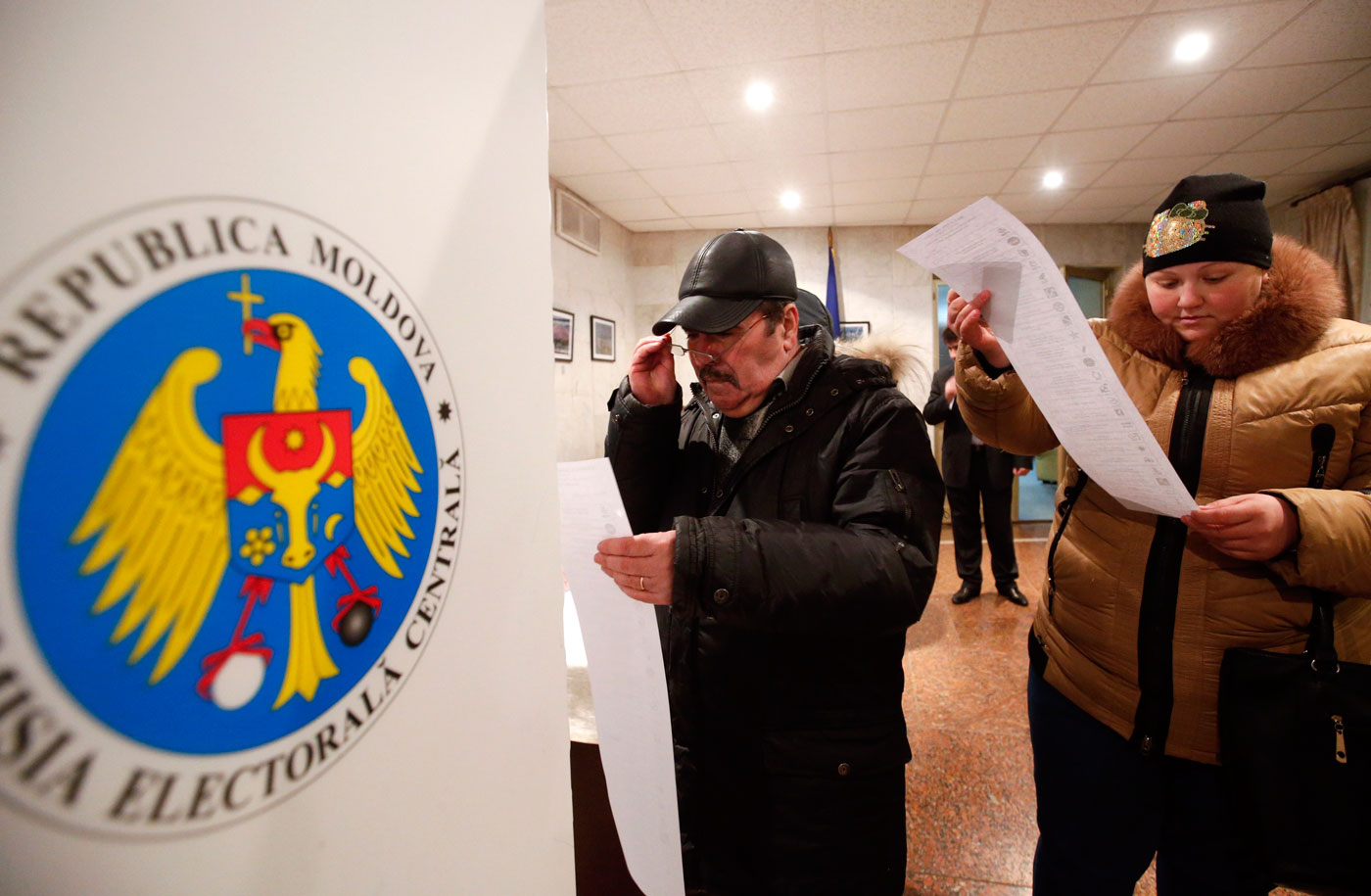
Cornel Ciurea,
Political scientist, IDIS "Viitorul" expert, Moldova
Political scientist, IDIS "Viitorul" expert, Moldova
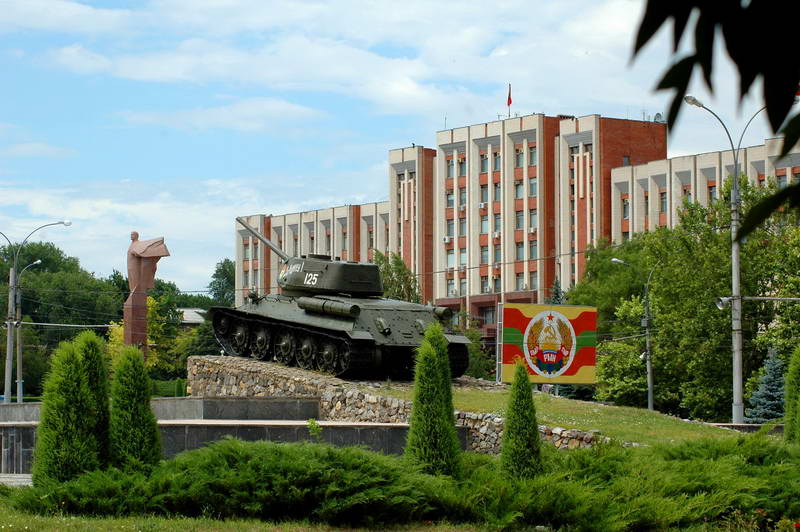
Pavel Kandel,
Head of Department, RAS Institute of Europe
Head of Department, RAS Institute of Europe
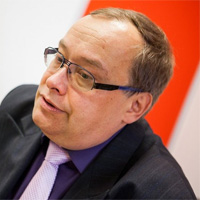
Íèêîëàé Ìåæåâè÷:
ïðîôåññîð ôàêóëüòåòà ìåæäóíàðîäíûõ îòíîøåíèé ÑÏáÃÓ
ïðîôåññîð ôàêóëüòåòà ìåæäóíàðîäíûõ îòíîøåíèé ÑÏáÃÓ
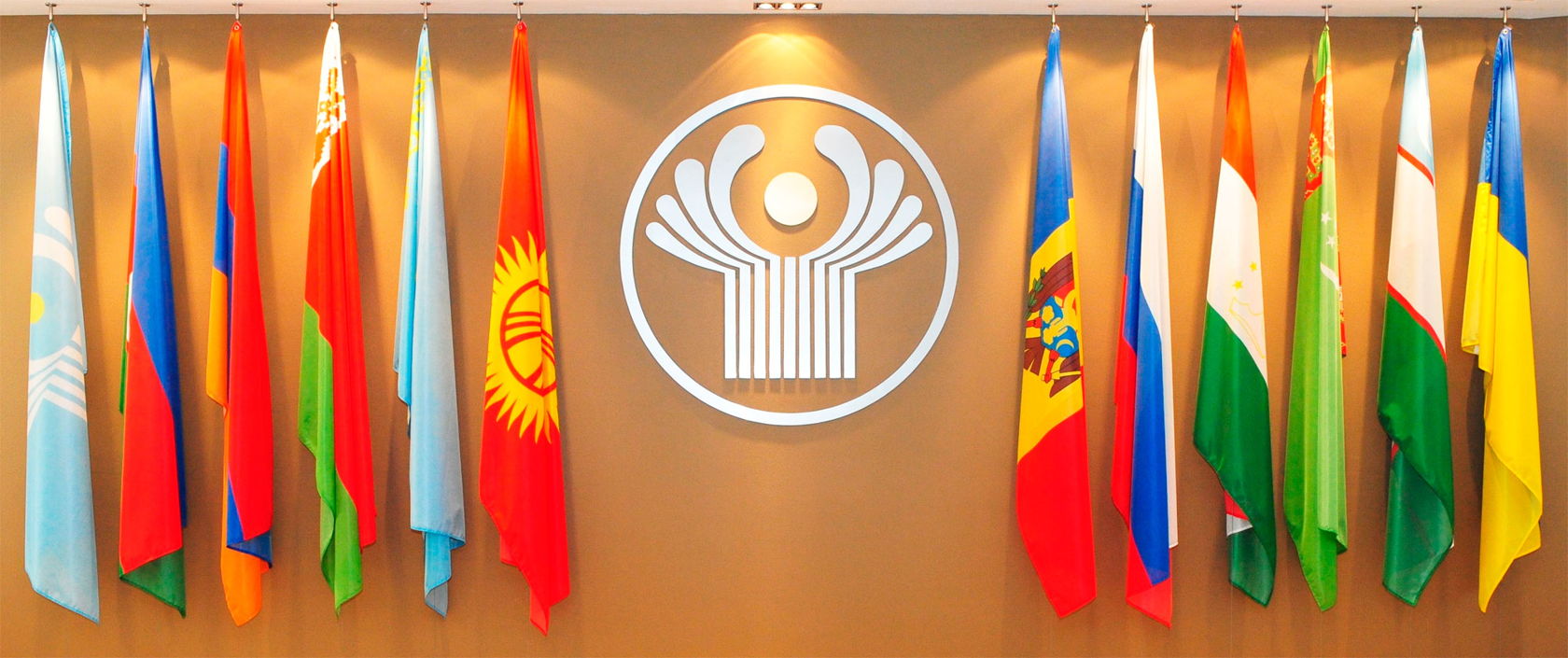
Oleg Alexandrov, Associate Professor at the MGIMO Department of International Relations and Foreign Policy of Russia and Yulia Yakusheva, Vice Director general, Head of Analytical department at the Moscow State University
Eurasian Integration
Problems of integration and cooperation in the Eurasian space. Russia and conflicts in the Greater Caucasus. The impact of the Ukrainian crisis on integration processes.
May 29, October 10, December 23
Meeting of the Supreme Eurasian Economic Council
President of the Russian Federation Vladimir Putin, President of the Republic of Kazakhstan Nursultan Nazarbayev and President of the Republic of Belarus Alexander Lukashenko sign the Eurasian Economic Union Treaty.
Armenia joins the Eurasian Economic Union Treaty (May 29, 2014) and the Customs Union (October 10, 2014)
December 2014: Russia, Kazakhstan, Belarus, Kyrgyzstan and Armenia complete the creation of the Economic Union.
Armenia joins the Eurasian Economic Union Treaty (May 29, 2014) and the Customs Union (October 10, 2014)
December 2014: Russia, Kazakhstan, Belarus, Kyrgyzstan and Armenia complete the creation of the Economic Union.
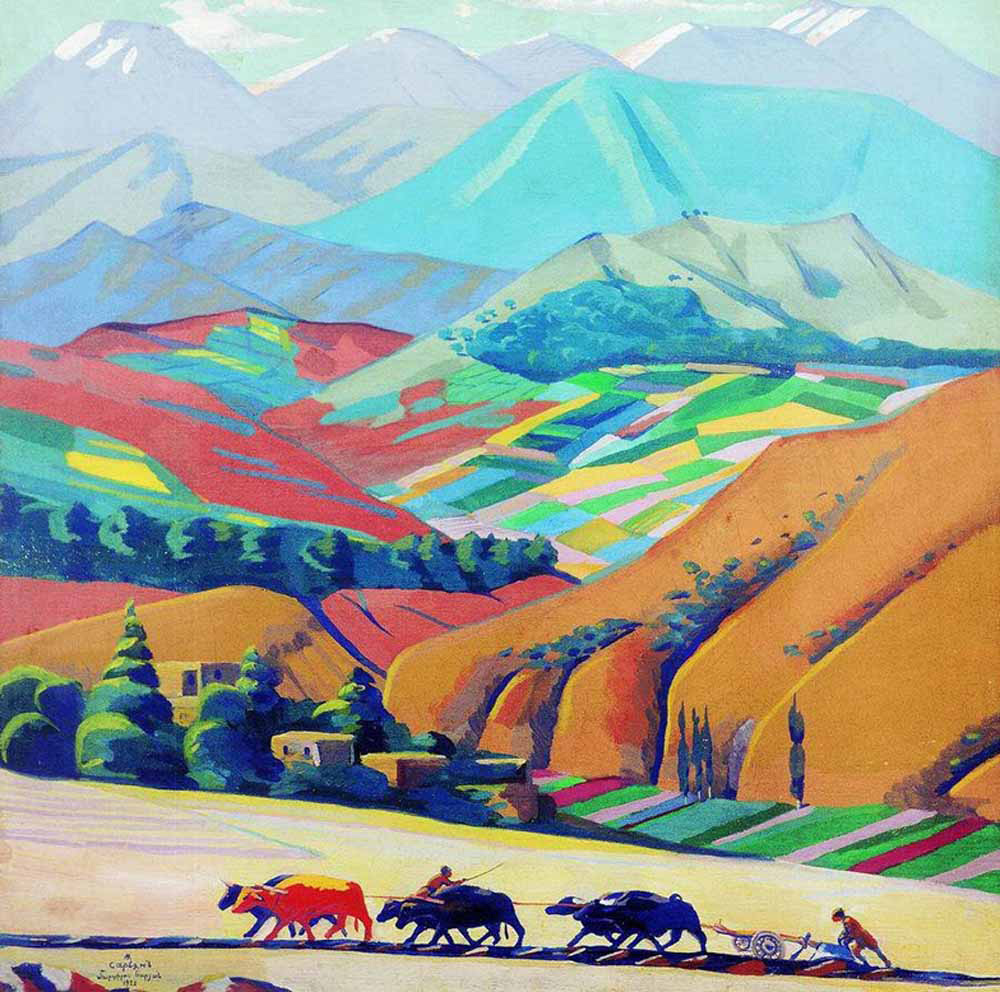
Aza Migranyan,
Head of Economics Department at the CIS Institute
Head of Economics Department at the CIS Institute
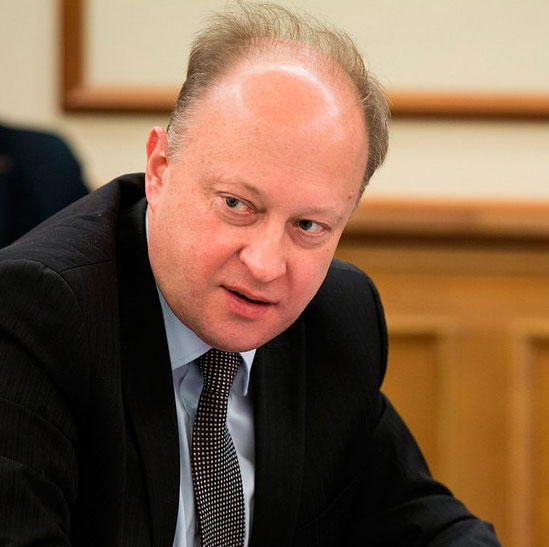
Andrei Kortunov,
Director General of the Russian International Affairs Council
Director General of the Russian International Affairs Council
September
SCO summit in Dushanbe
Vlkadimir Zakharov: Was There Any Progress at SCO Summit 2014?
Vitaly Vorobyov: Shanghai Cooperation Organization: Habitual Challenges and New Opportunities
September 29
The 4th Caspian Summit
November
Summit of Heads of State of the CIS
Russia and the Greater Caucasus
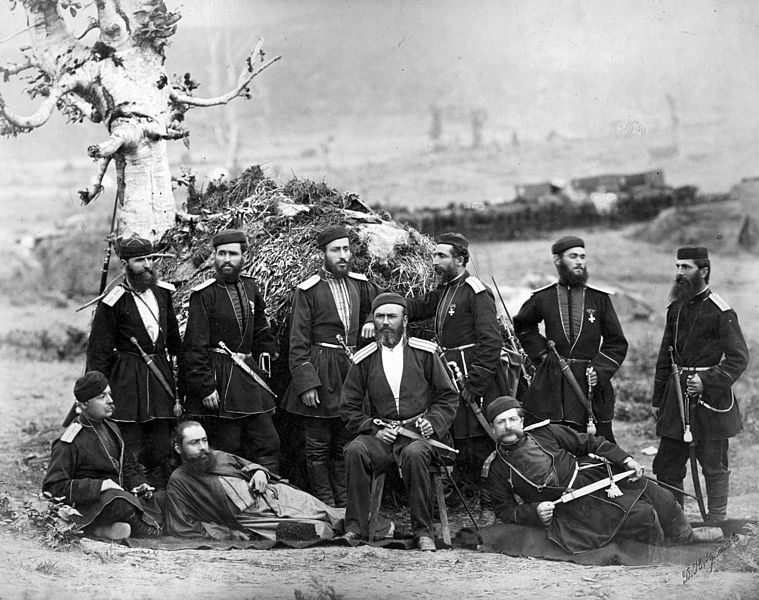
Nana Gegelashvilii,
Head of the Center for Regional Studies at RAS Institute for the U.S. and Canadian Studies
Head of the Center for Regional Studies at RAS Institute for the U.S. and Canadian Studies
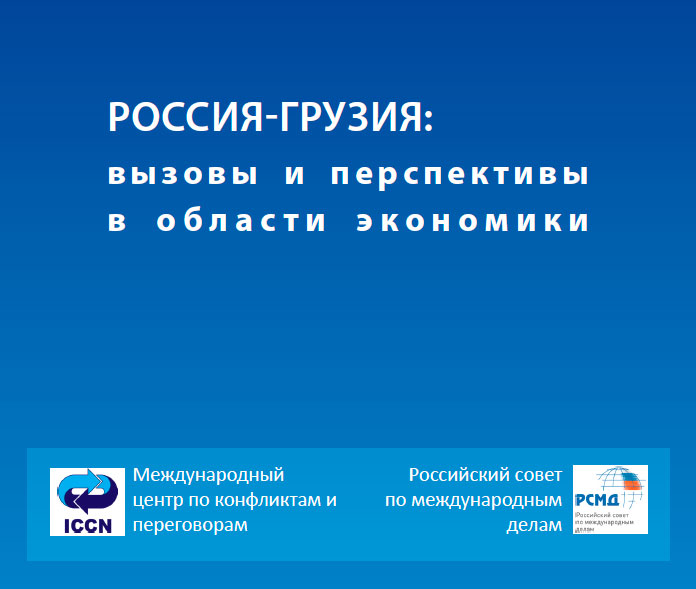
Report by RIAC and ICCN
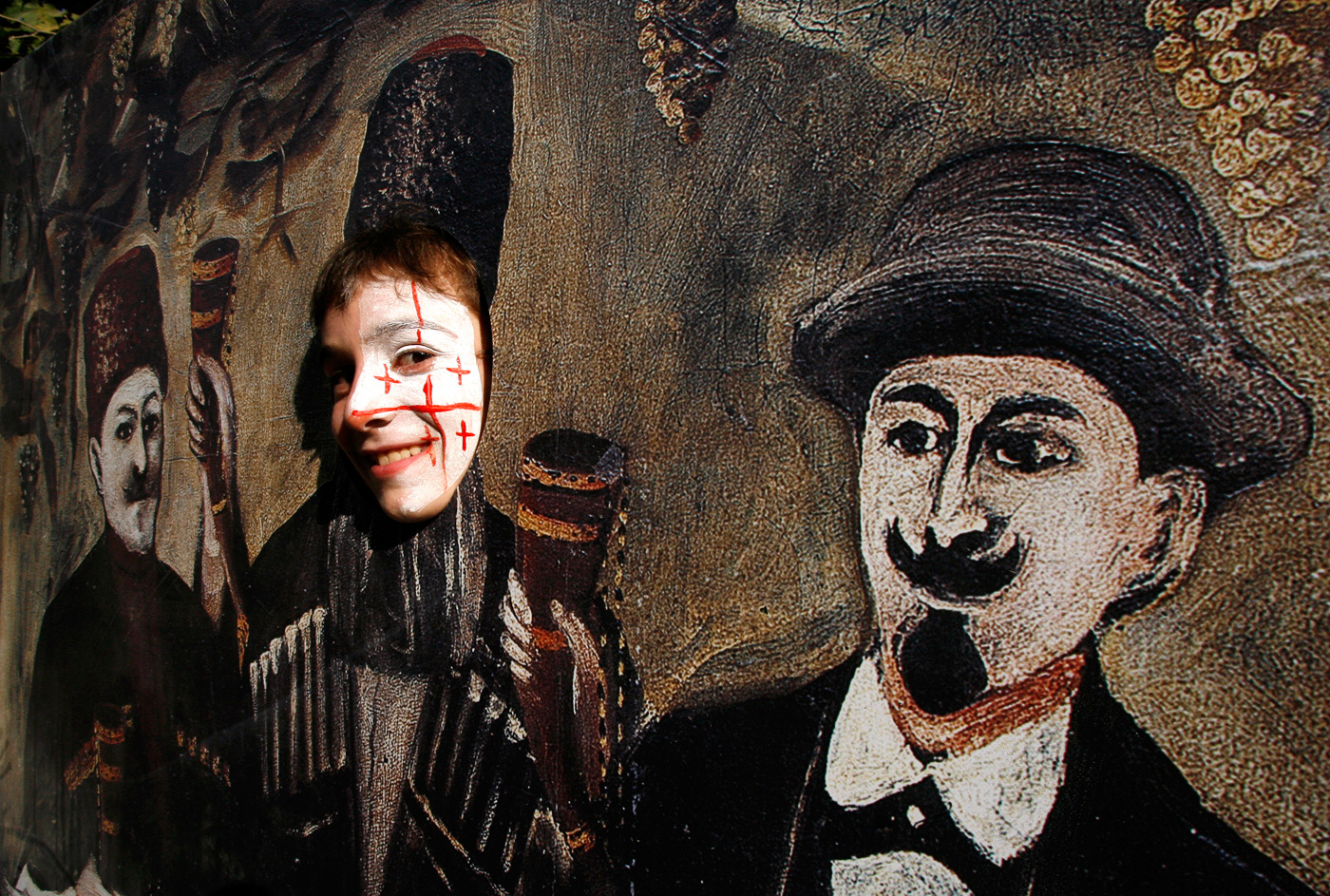
Vladimir Iontsev,
Head of the Population Studies Chair at Economy Department, Moscow State University
Head of the Population Studies Chair at Economy Department, Moscow State University
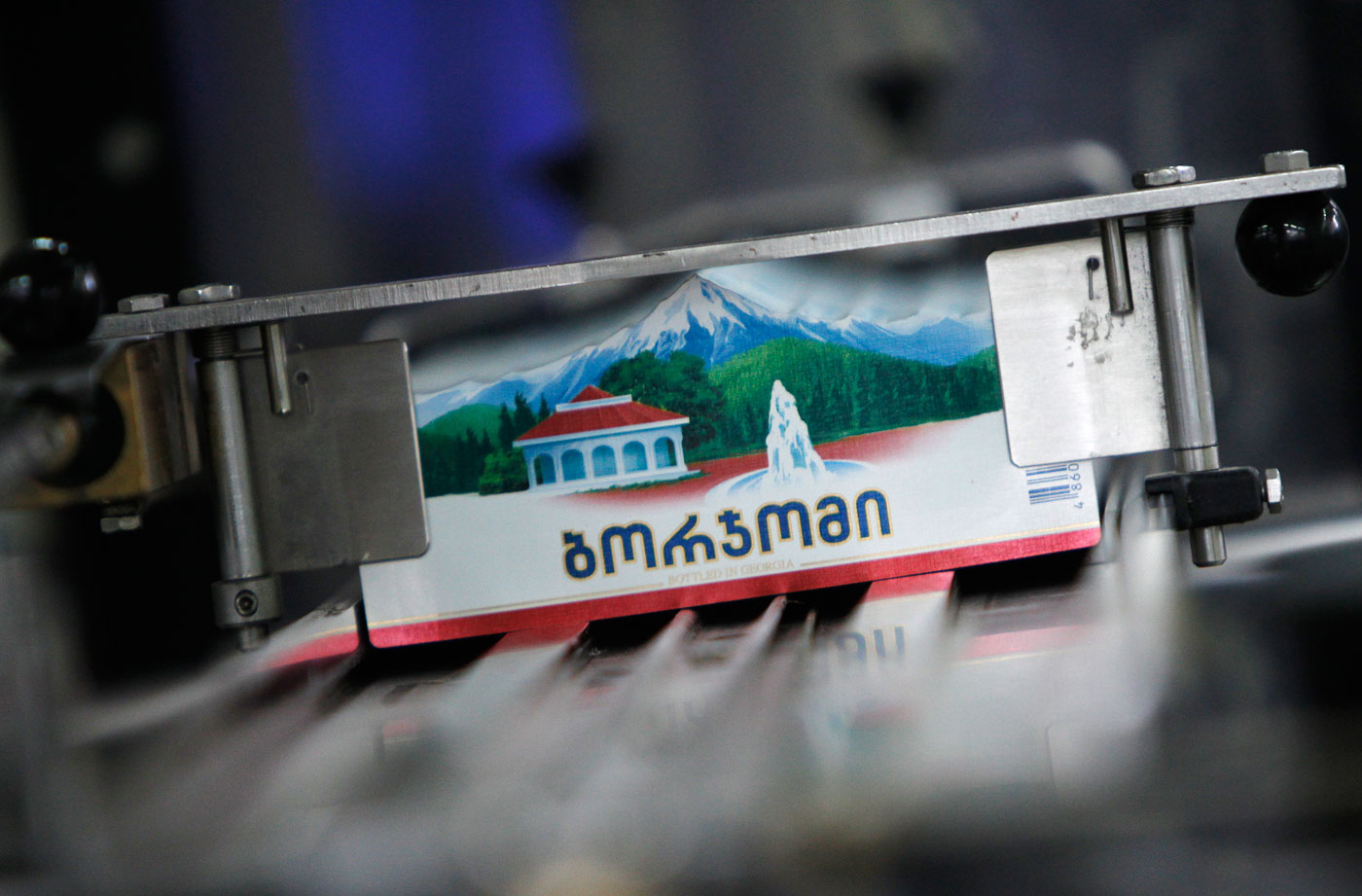
Elena Zavyalova,
Head of Department of Economic Policy and Public-Private Partnership at MGIMO-University
Head of Department of Economic Policy and Public-Private Partnership at MGIMO-University
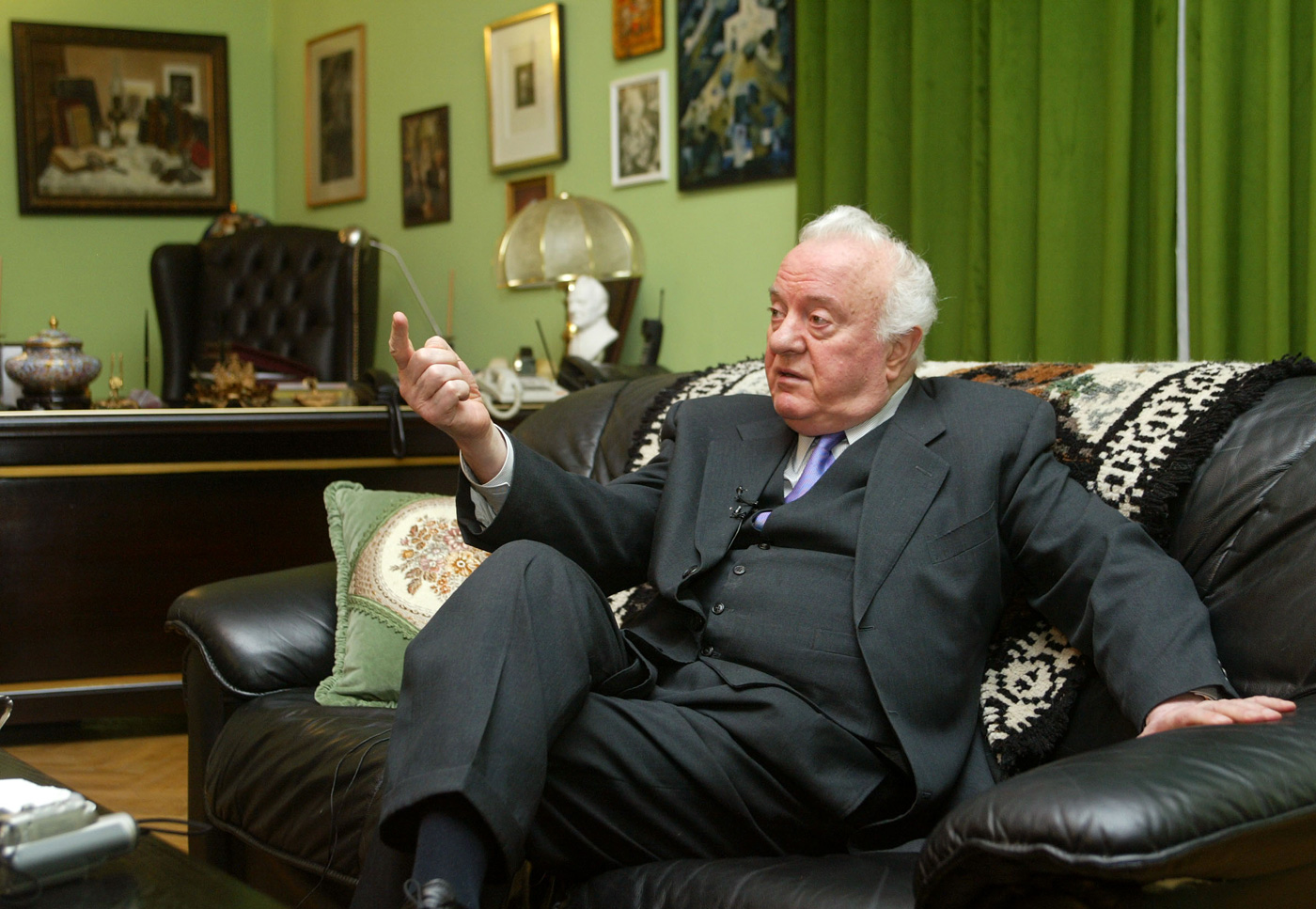
Vakhtang Rcheulishvili,
Chairman of the Georgian Economic Forum
Chairman of the Georgian Economic Forum
Asia-Pacific Region and South Asia
The Asia-Pacific Region is traditionally very diverse. And 2014 was, as usual, full of events in that part of the world. Starting in the spring, several countries held presidential and parliamentary elections, some of which triggered structural changes in the domestic and foreign policies of their governments (in India and Indonesia, for example). China, whose capital city hosted an APEC summit, cannot be ignored here. The protests in Hong Kong in the second half of 2014 presented mainland China with a very delicate dilemma: the mistakes of 1989 should not be repeated. Russia reaffirmed its commitment and desire to work side by side with the countries in the region, as witnessed by numerous meetings and visits by the Russian President and government ministers with their counterparts in the APR. The RIAC team has registered these and many other high-profile political events in the region.
April-May
Narendra Modi – New Prime Minister of India
Parliamentary elections bring the Narendra Modi-led Bharatiya Janata Party to power. Modi is named Prime Minister.
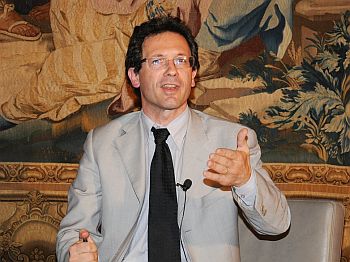
Christophe Jaffrelot,
Global Scholar at Princeton University and Research Director at the CNRS
Global Scholar at Princeton University and Research Director at the CNRS
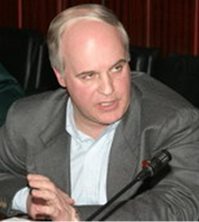
Andrei Volodin,
Senior Research Fellow at Eurasian Studies Centre, Institute of Current International Problems' at the Russian Foreign Ministry Diplomatic Academy
Senior Research Fellow at Eurasian Studies Centre, Institute of Current International Problems' at the Russian Foreign Ministry Diplomatic Academy
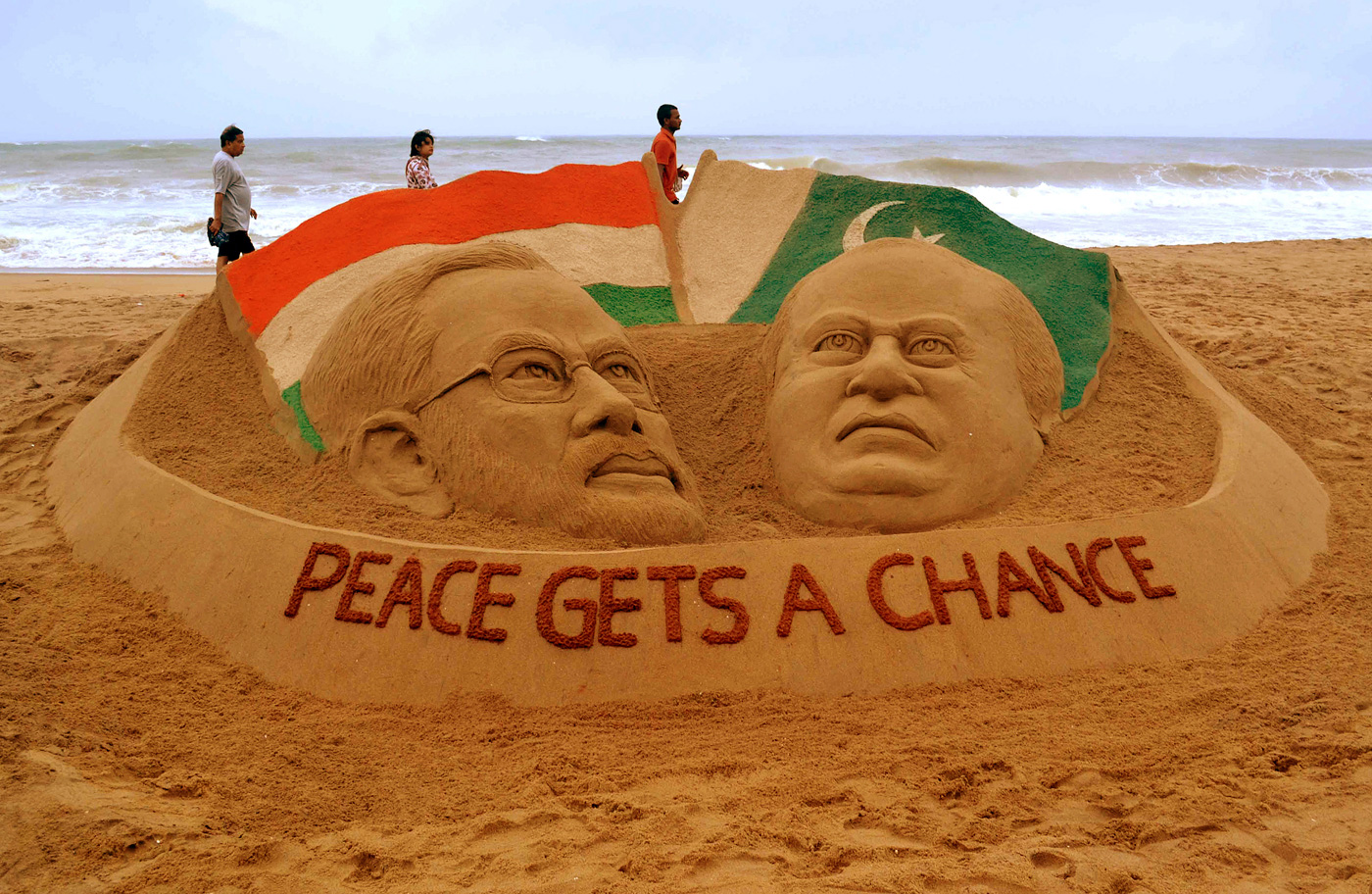
Vasily Shikin,
MGIMO-University
MGIMO-University
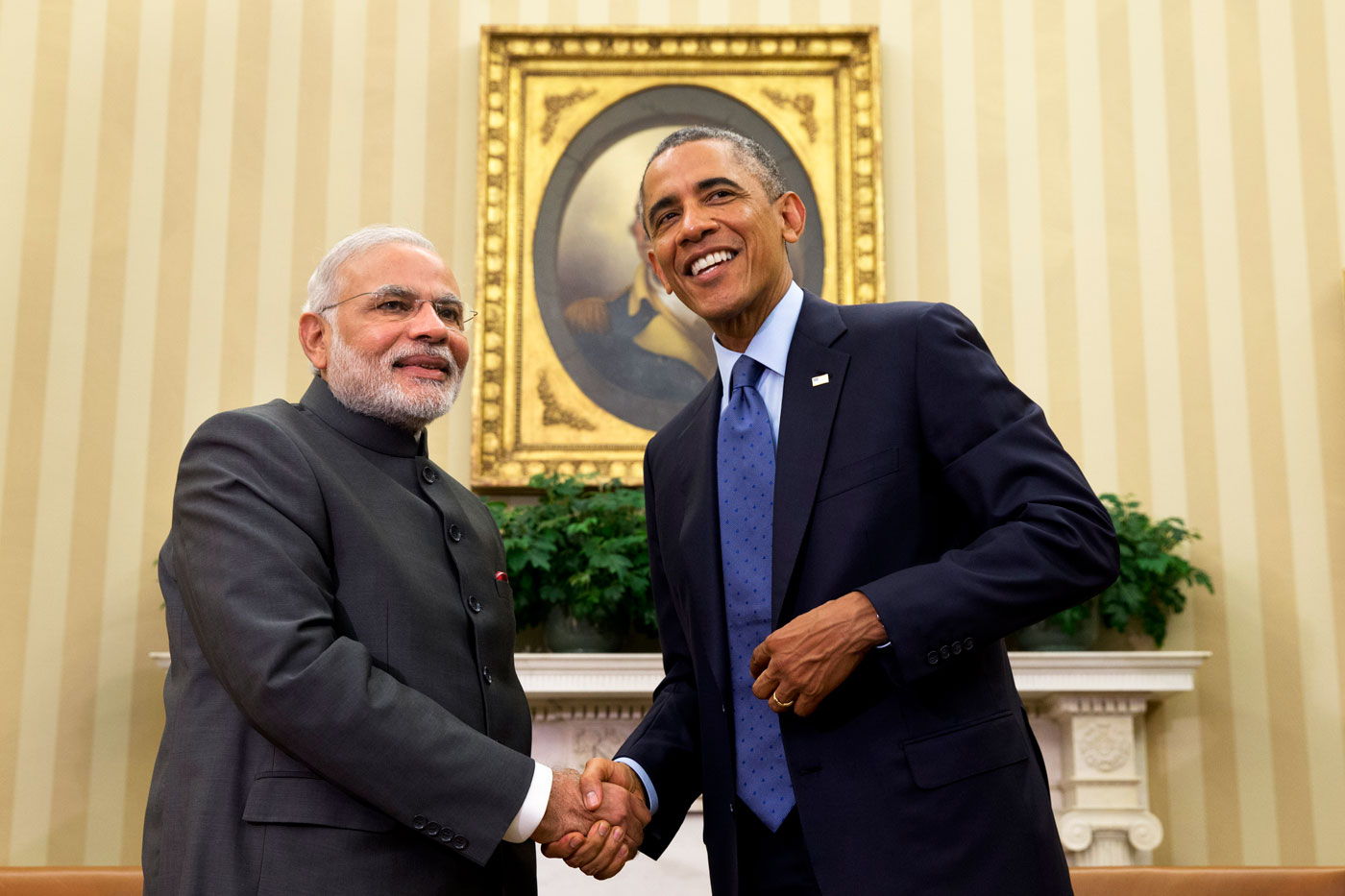
Vinay Shukla,
New Delhi based Journalist & Eurasia Analyst
New Delhi based Journalist & Eurasia Analyst
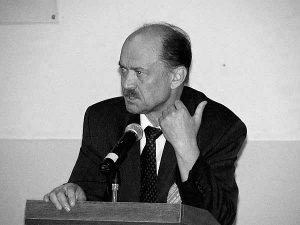
Vyacheslav Belokrenitskiy,
Deputy Director of the Institute of Oriental Studies, Russian Academy of Sciences
Deputy Director of the Institute of Oriental Studies, Russian Academy of Sciences
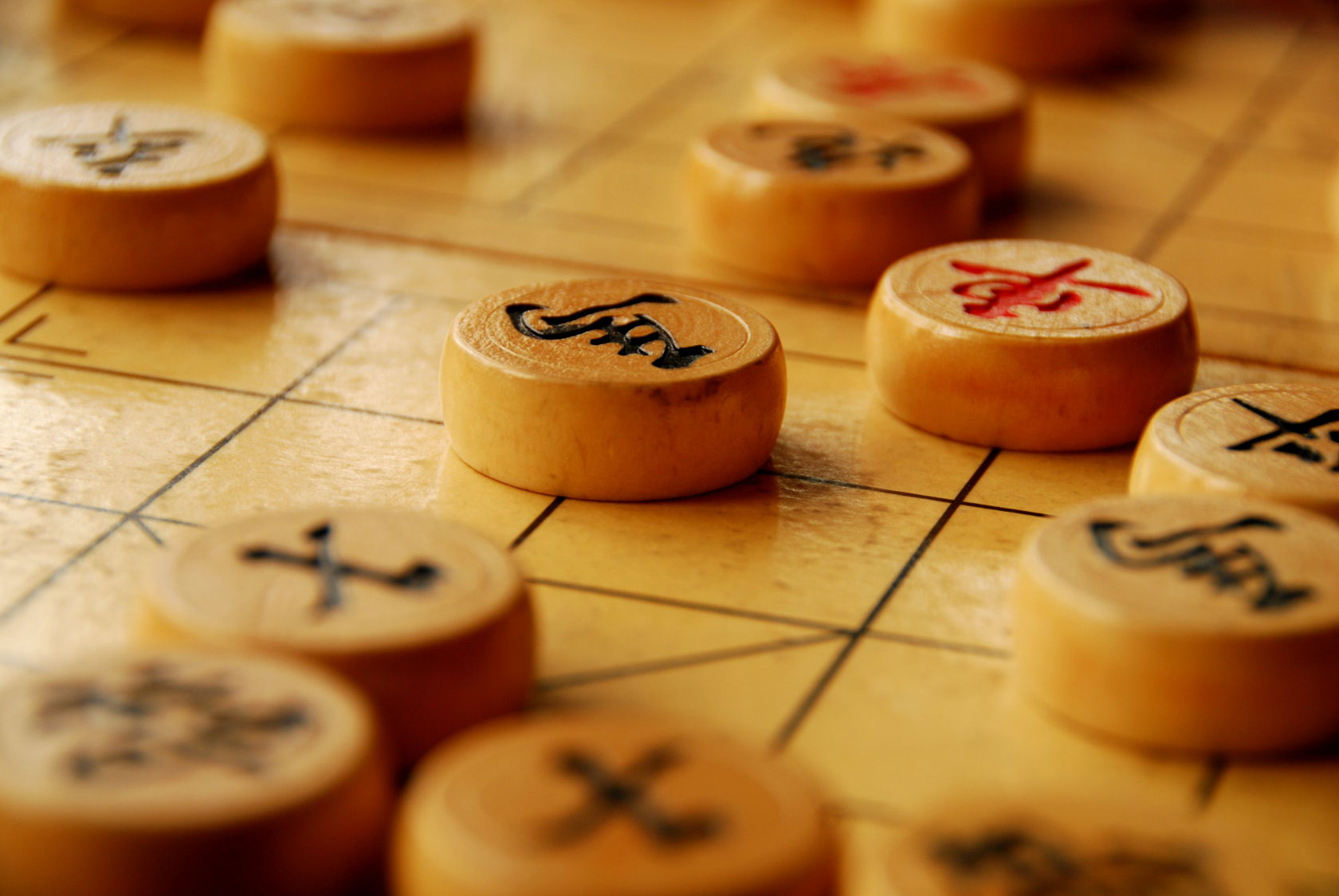
Vasily Shikin,
MGIMO-University
MGIMO-University
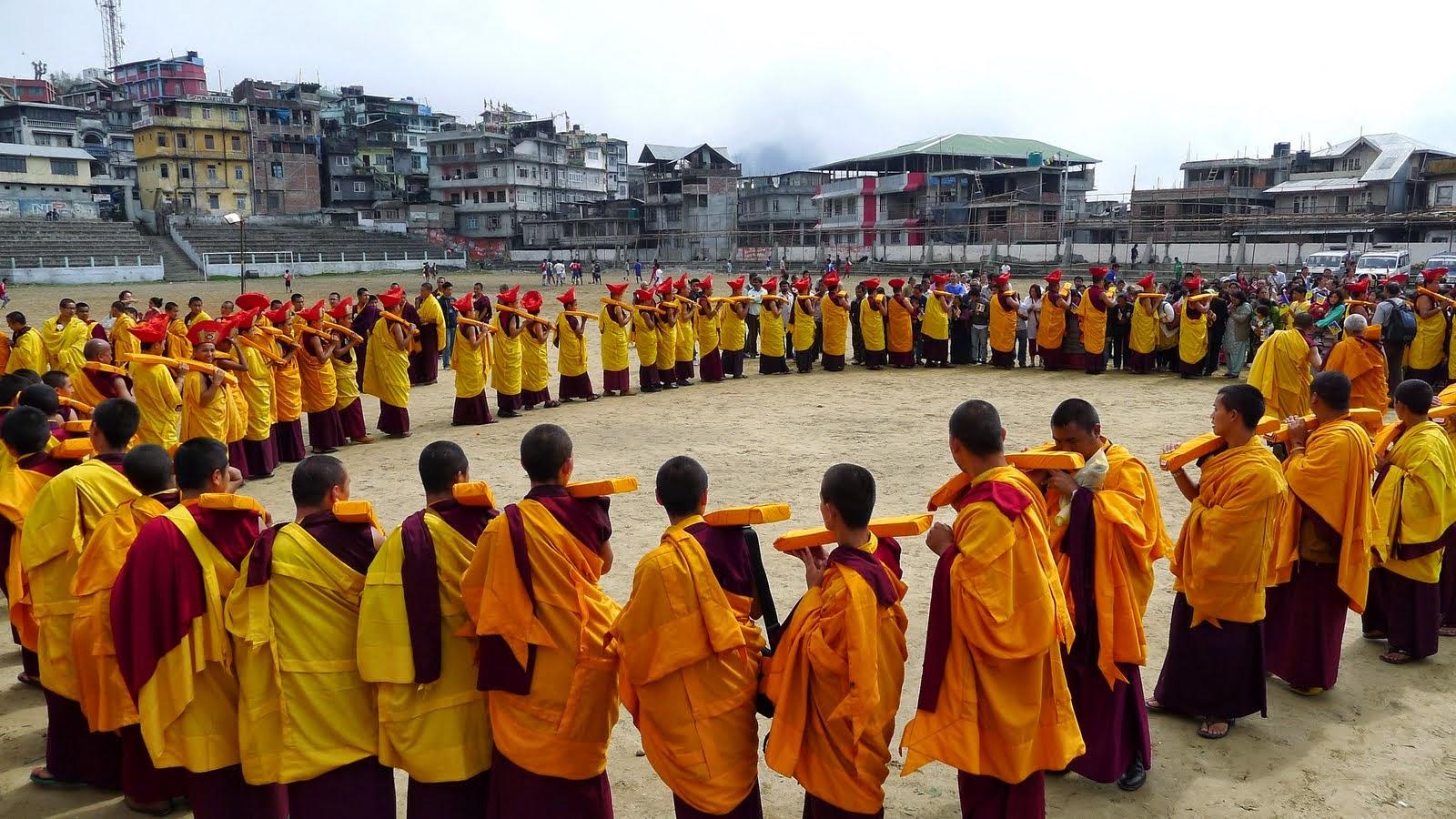
Sudha Ramachandran,
Independent journalist and researcher
Independent journalist and researcher
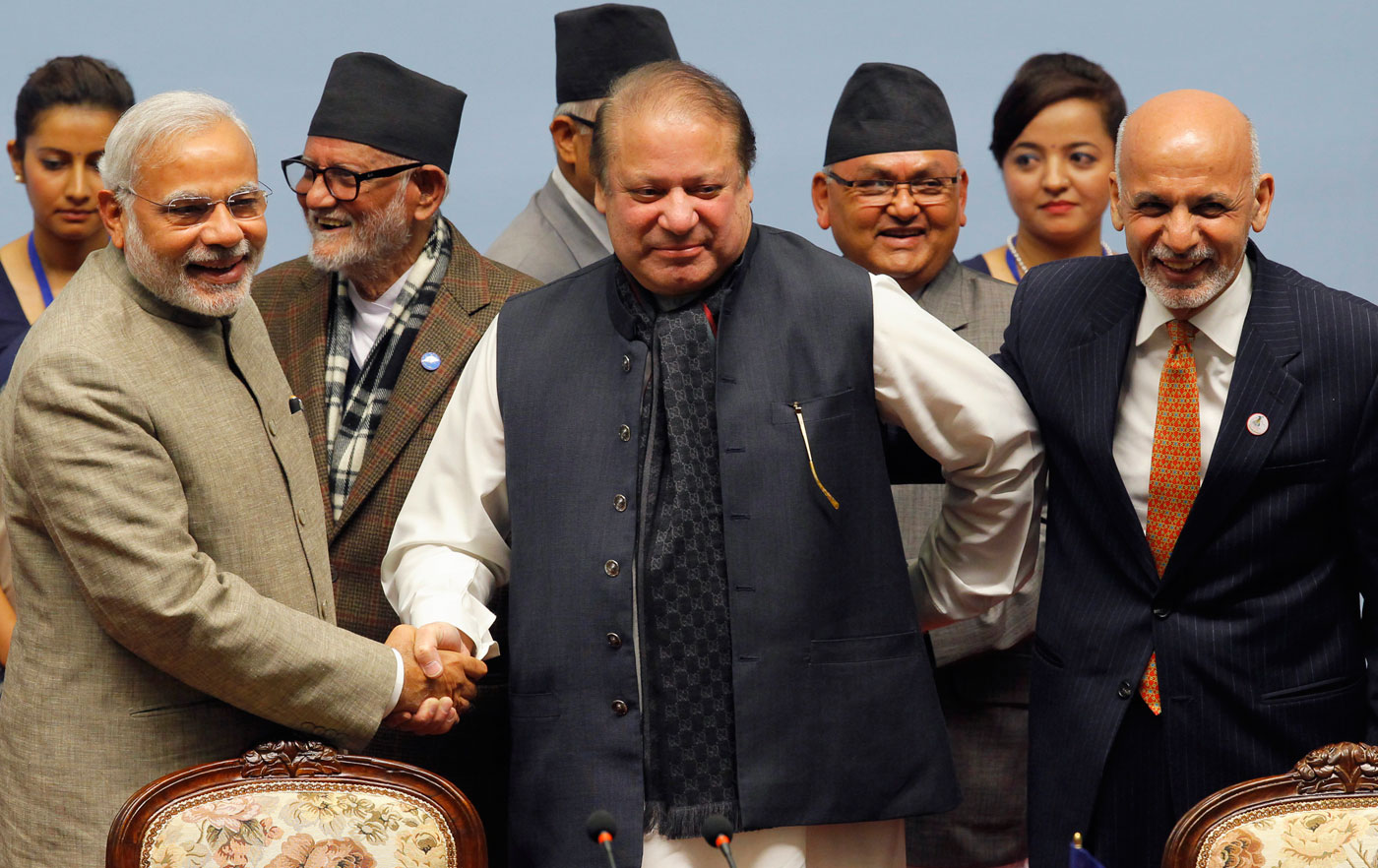
Vyacheslav Belokrenitskiy,
Deputy Director of the Institute of Oriental Studies, Russian Academy of Sciences
Deputy Director of the Institute of Oriental Studies, Russian Academy of Sciences
May 8
Major Clash in the South China Sea
The most aggressive player was Beijing, which provoked retaliatory actions by Hanoi.
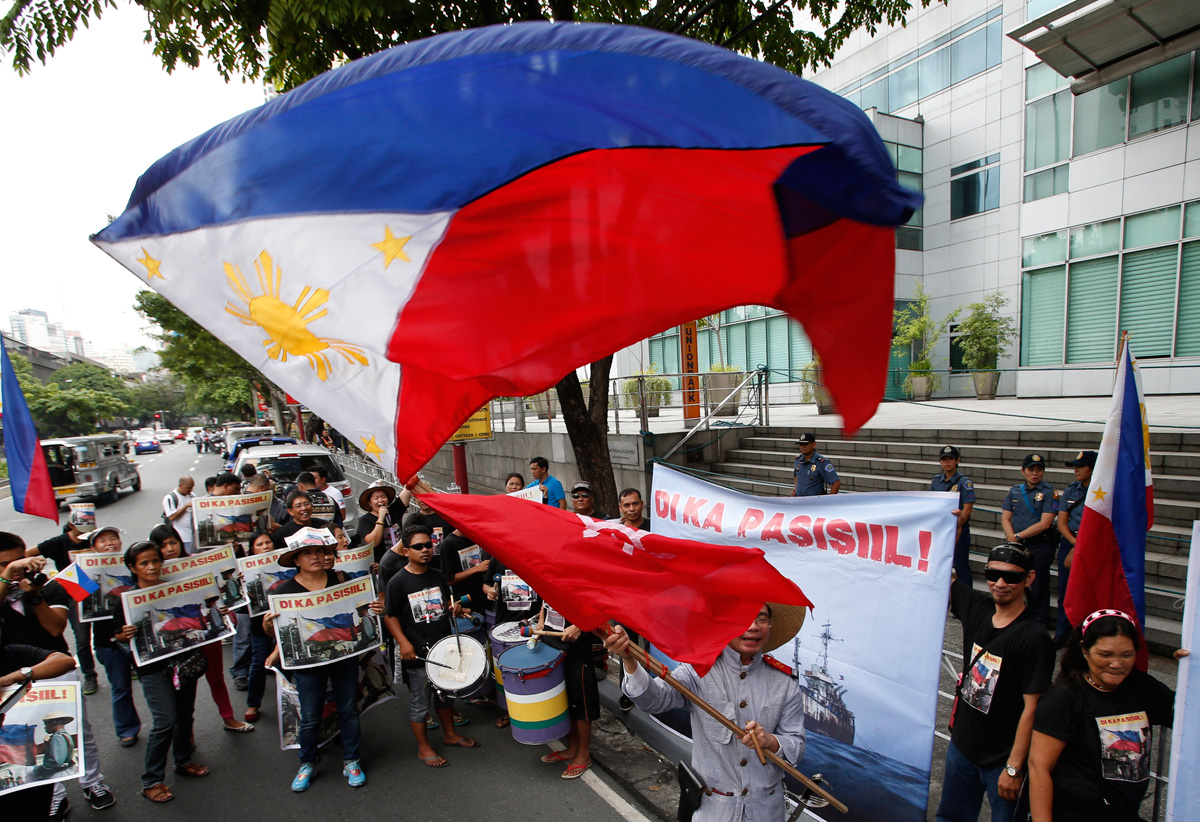
Evan P. Garcia,
Undersecretary for Policy, Department of Foreign Affairs, Republic of the Philippines
Undersecretary for Policy, Department of Foreign Affairs, Republic of the Philippines
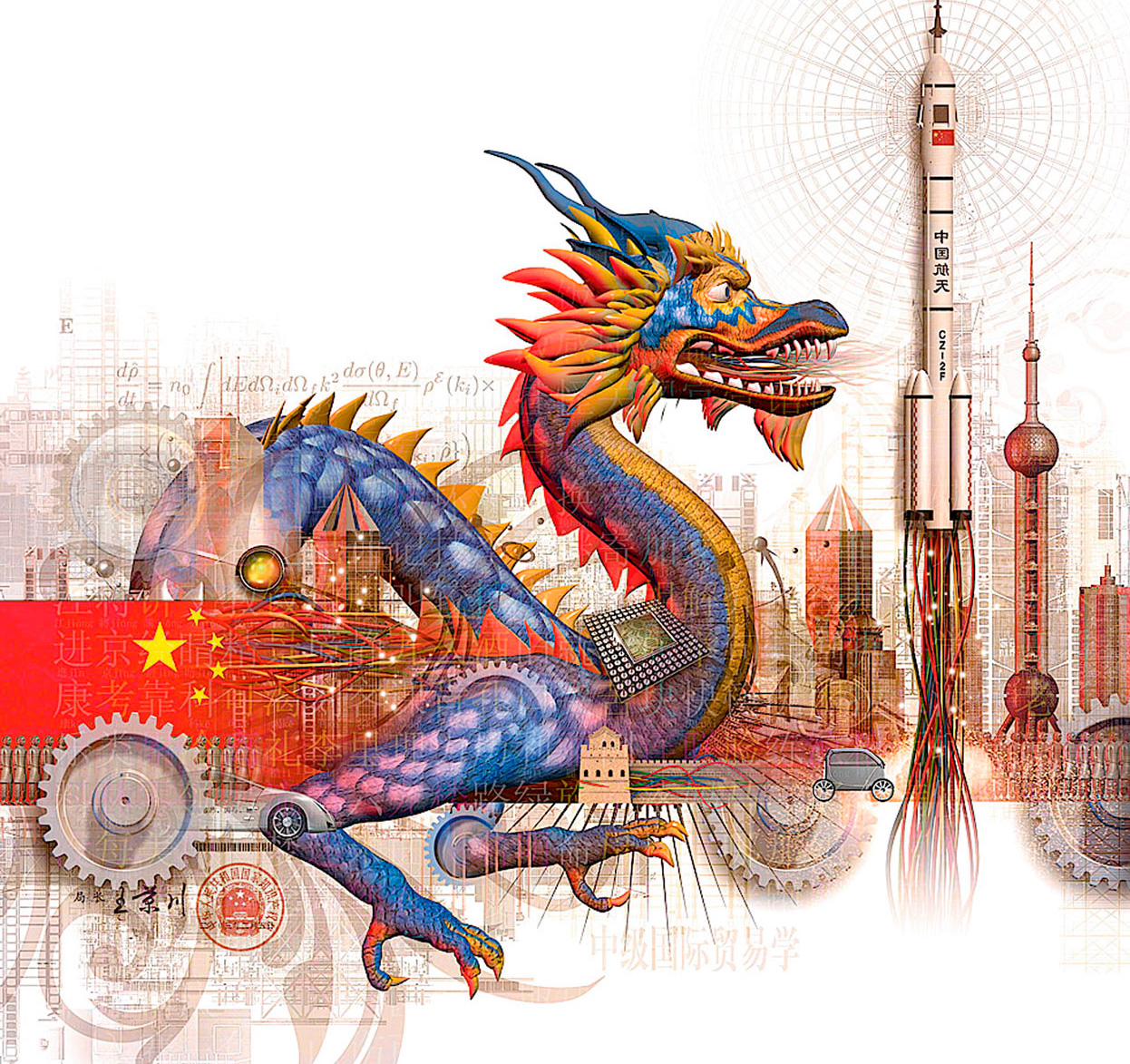
Clarita Carlos,
University of the Philippines, Executive Director, Center for Political and Democratic Reforms, Inc.
University of the Philippines, Executive Director, Center for Political and Democratic Reforms, Inc.
May 20-21
Fourth Conference on Interaction and Confidence Building Measures in Asia (CICA) in Shanghai, China. Russia and China sign Framework Agreement on Gas Supplies
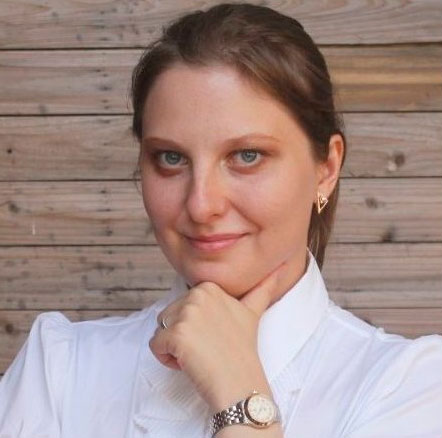
Larisa Smirnova,
Faculty Member, Department of Foreign Languages and Cultures, Xiamen University
Faculty Member, Department of Foreign Languages and Cultures, Xiamen University
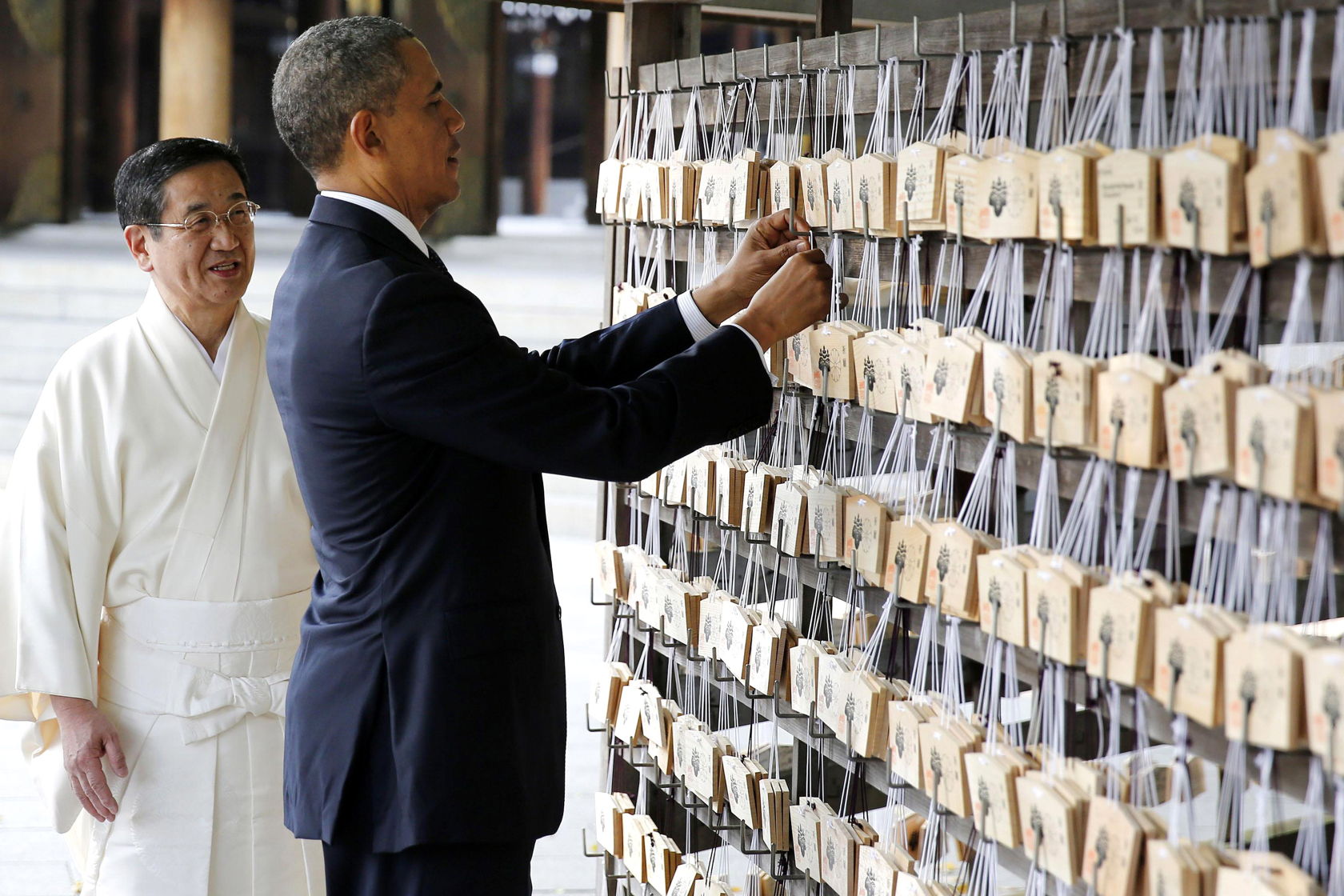
Gleb Ivashentsov, Russian Centre for APEC Studies; Dmitry Mosyakov, Institute of Oriental Studies; Vladimir Petrovsky, Institute for Far Eastern Studies, and Vladimir Portyakov, Institute for Far Eastern Studies
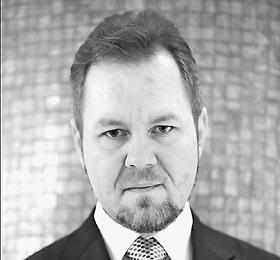
Vladislav Inozemtsev,
Scientific Director of the Center for Post-Industrial Studies
Scientific Director of the Center for Post-Industrial Studies
May 22
Military Coup in Thailand
Western countries, which profess adherence to democracy, do nothing about the military junta.
Ekaterina Koldunova: Military "non-coup" in Thailand and its aftermath
Ekaterina Koldunova: Military "non-coup" in Thailand and its aftermath
July 9
Presidential Elections in Indonesia
The new President, Joko Widodo, is a politician in the new mould who advocates moderate democratization of the country's political system
July 15-16
The 6th BRICS summit in Fortaleza, Brazil
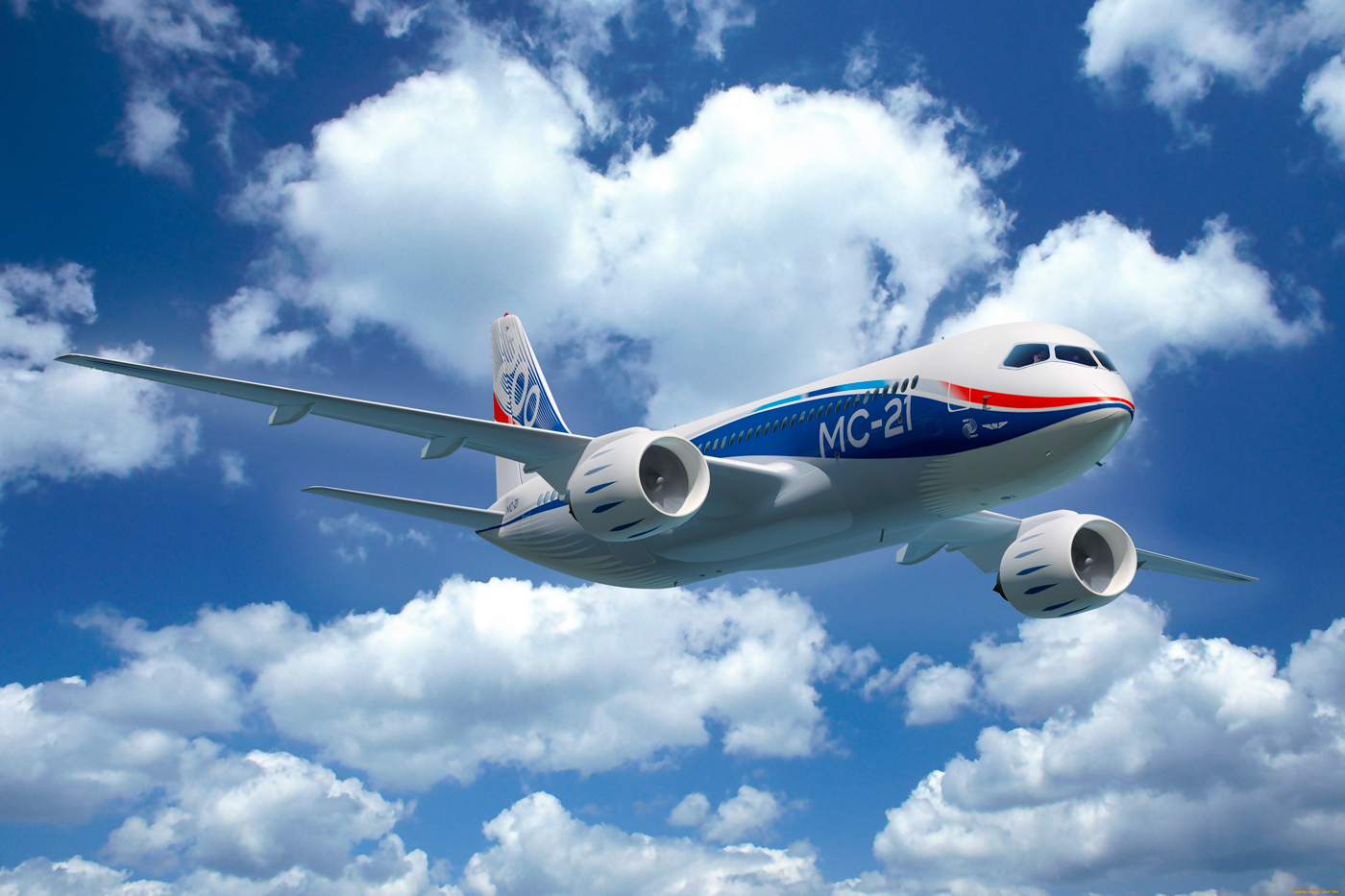
Yury Zaytsev,
Senior Research Fellow at the Institute of Applied Economic Studies, Presidential Russian Academy of National Economy and Public Administration
Senior Research Fellow at the Institute of Applied Economic Studies, Presidential Russian Academy of National Economy and Public Administration
September 11
Trilateral meeting of the Russia's President Vladimir Putin, the President of the People's Republic of China Xi Jinping and the President of Mongolia Tsakhiagiin Elbegdorj in Dushanbe
September - December
Protests in Hong Kong
Sergey Luzyanin: Hong Kong: Beijing Has Not Used All Its Resources
Anna Kaimova: "One Country, Two Systems": the View from Taiwan
November 5-11
APEC CEO Summit in Beijing
Xu Wenhong, Ooi Kee Beng: Great Minds Think Alike
Yakov Berger: Nationalism in China's Drive towards Global Leadership
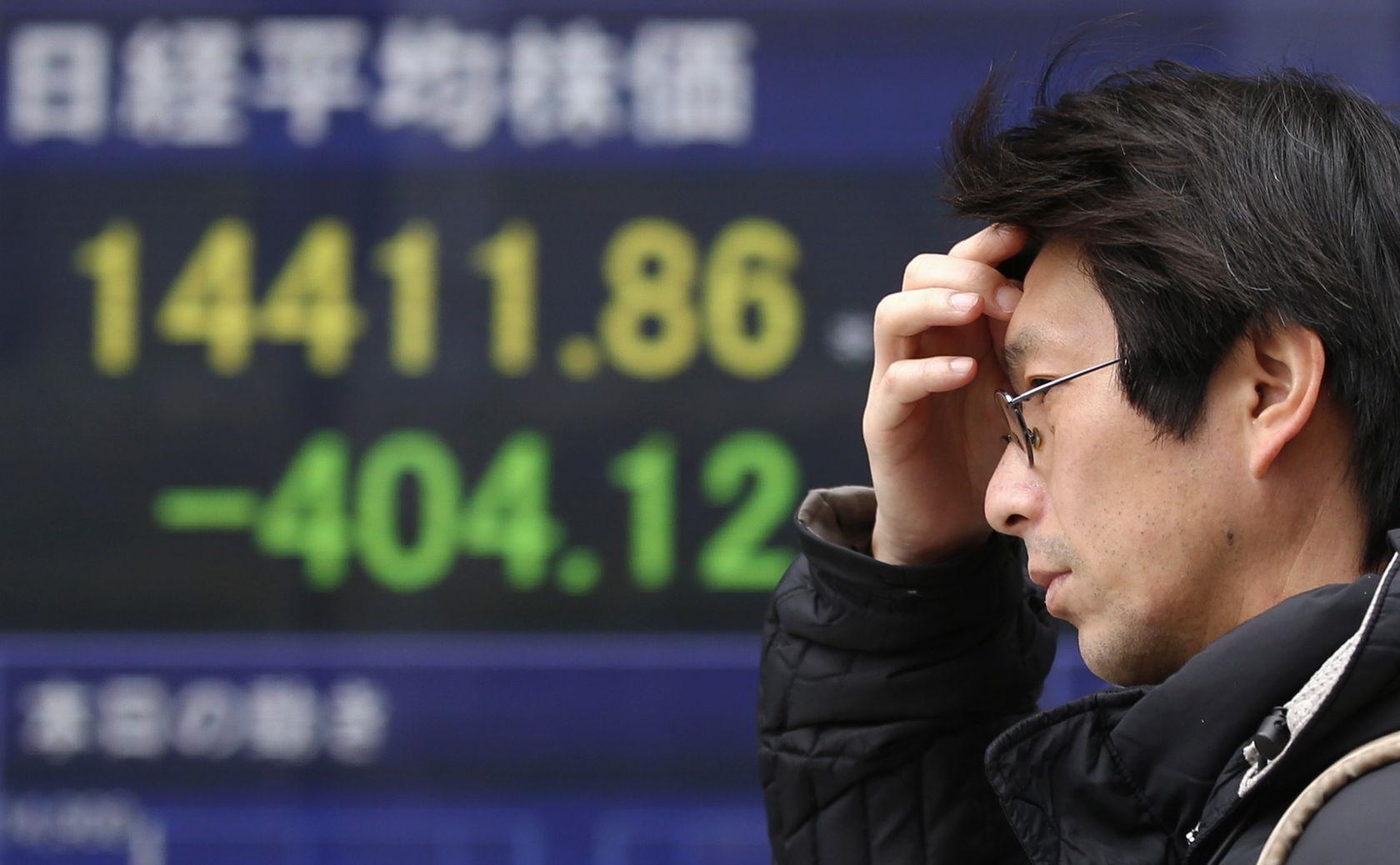
Irina Timonina,
Dean of International relations department at the Russian Presidential Academy of National Economy and Public Administration
Dean of International relations department at the Russian Presidential Academy of National Economy and Public Administration
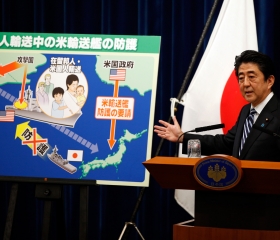
Mikhail Skovoronskikh,
Edmund A. Walsh School of Foreign Service Georgetown University
Edmund A. Walsh School of Foreign Service Georgetown University
The Middle East
The events of the Arab Spring that were dying down in early 2014 in the Middle East and Maghreb forced these countries to acknowledge the need to reform their government models. The weakened countries with emerging civil societies are under threat from radical extremism in the shape of the Islamic State terrorist group. Syria, which is still in the throes of a civil war; Iraq, which is incapable of countering the external threat on its own; and Afghanistan, where the coalition military mission achieved dubious success all offer fertile soil for the spread of radical Islamic State ideas. The countries in the Middle East, together with the international community, have to exert every effort to restore peace and order in the region, which has untold economic wealth and potential, as well as a colossal historical heritage. Russia is building up opportunities for cooperation with the countries in the region by proposing its projects for the settlement of conflict situations.
The Major 2014 Threat
February
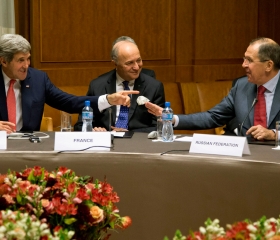
Gevorg Mirzayan,
Correspondent, Expert magazine, Research fellow of the RAS U.S. and Canadian Studies Institute
Correspondent, Expert magazine, Research fellow of the RAS U.S. and Canadian Studies Institute
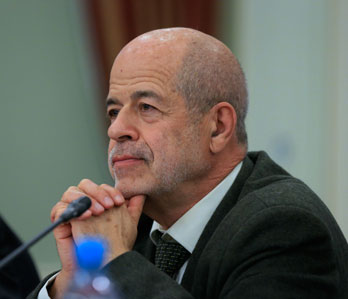
Vitaly Naumkin,
Director of RAS Institute of Oriental Studies
Director of RAS Institute of Oriental Studies
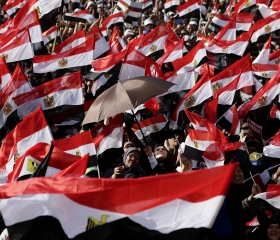
Denis Primakov,
Associate Transparency International-R lawyer, Assistant Professor of the Moscow State Law Academy
Associate Transparency International-R lawyer, Assistant Professor of the Moscow State Law Academy
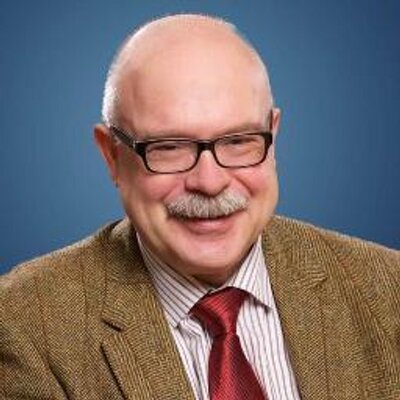
Dmitry Trenin,
Director of Carnegie Moscow Centre
Director of Carnegie Moscow Centre
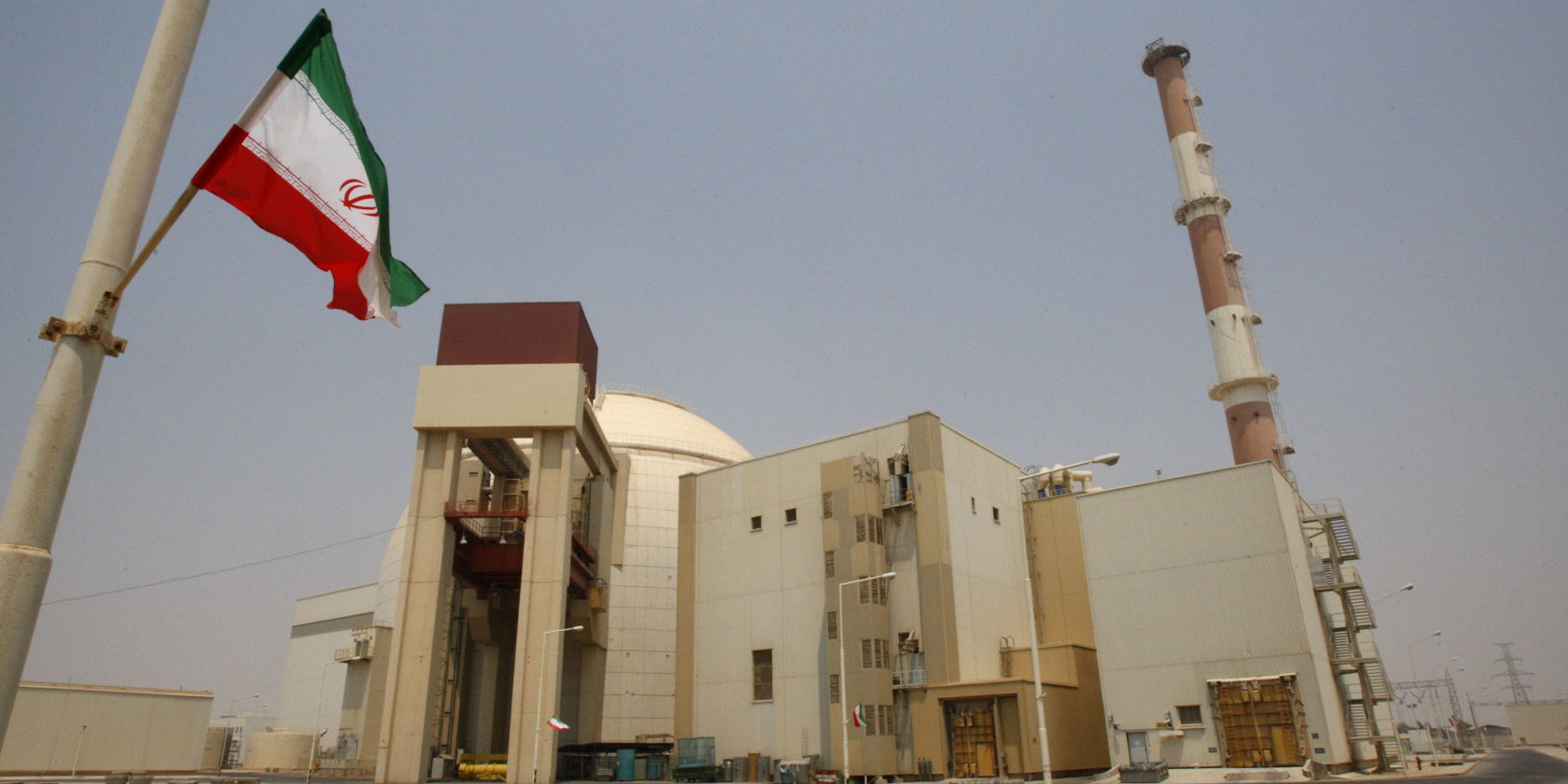
Yuri Belobrov,
Senior Researcher, Institute of Current International Affairs, Diplomatic Academy of the Russian Foreign Affairs Ministry
Senior Researcher, Institute of Current International Affairs, Diplomatic Academy of the Russian Foreign Affairs Ministry
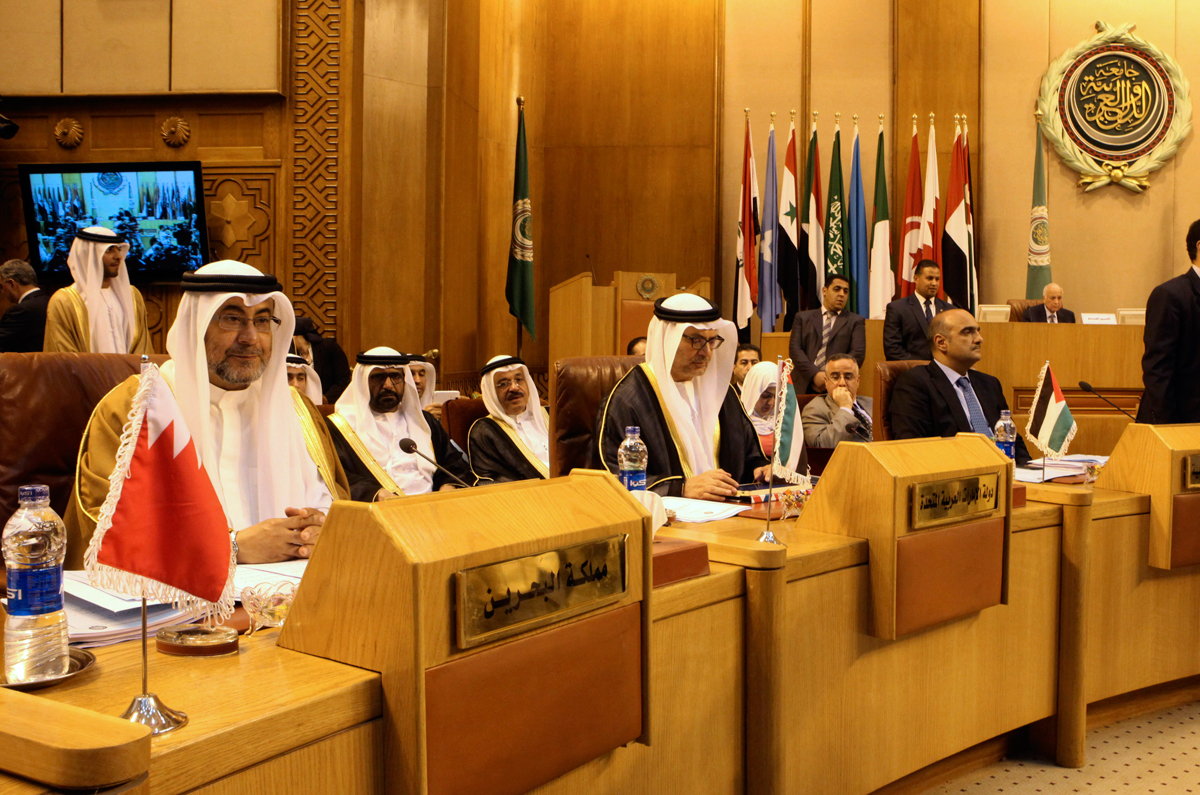
Aleksander Vysotsky,
Department of History of International Relations and Foreign Policy of Russia, MGIMO University
Department of History of International Relations and Foreign Policy of Russia, MGIMO University
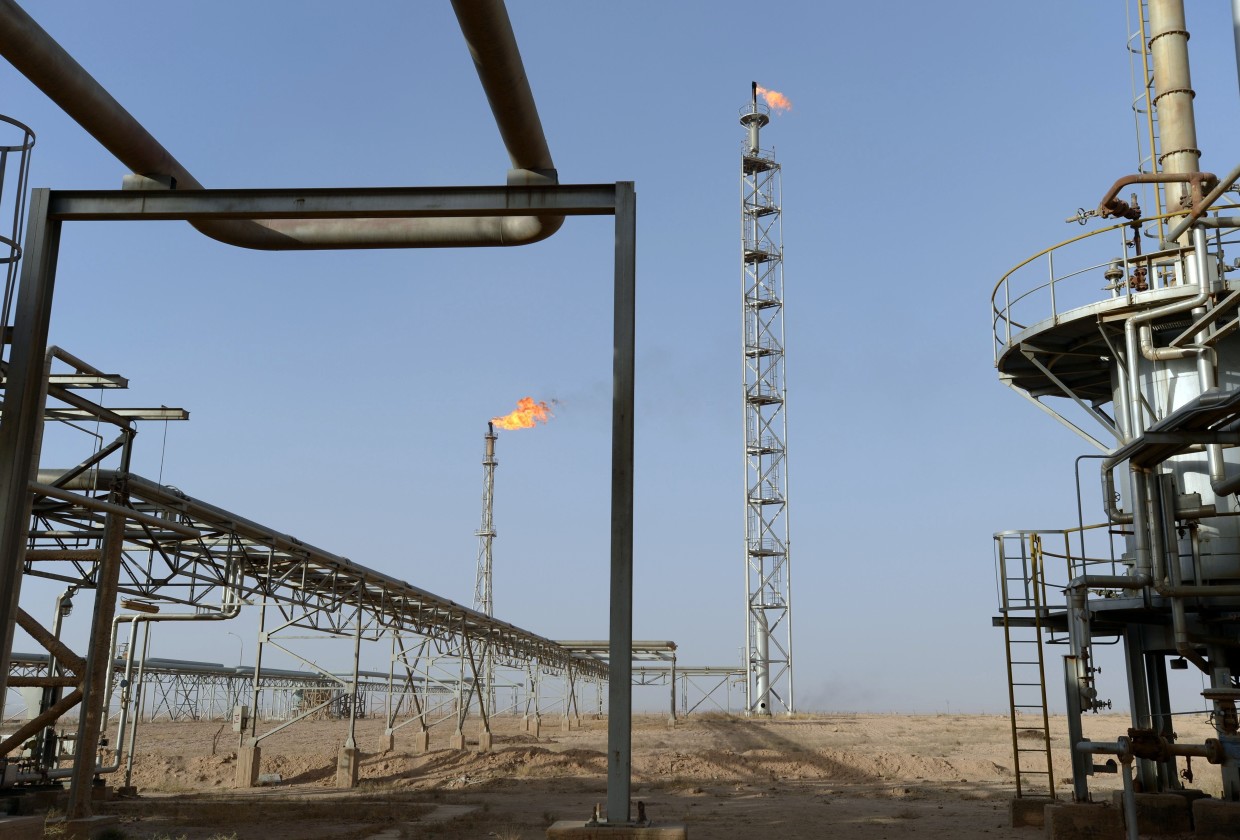
Irina Ahmed Zain Aidrous,
Assistant Professor, Peoples' Friendship University of Russia
Assistant Professor, Peoples' Friendship University of Russia
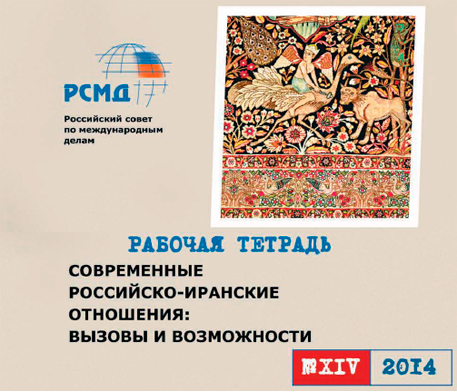
RIAC Working Paper
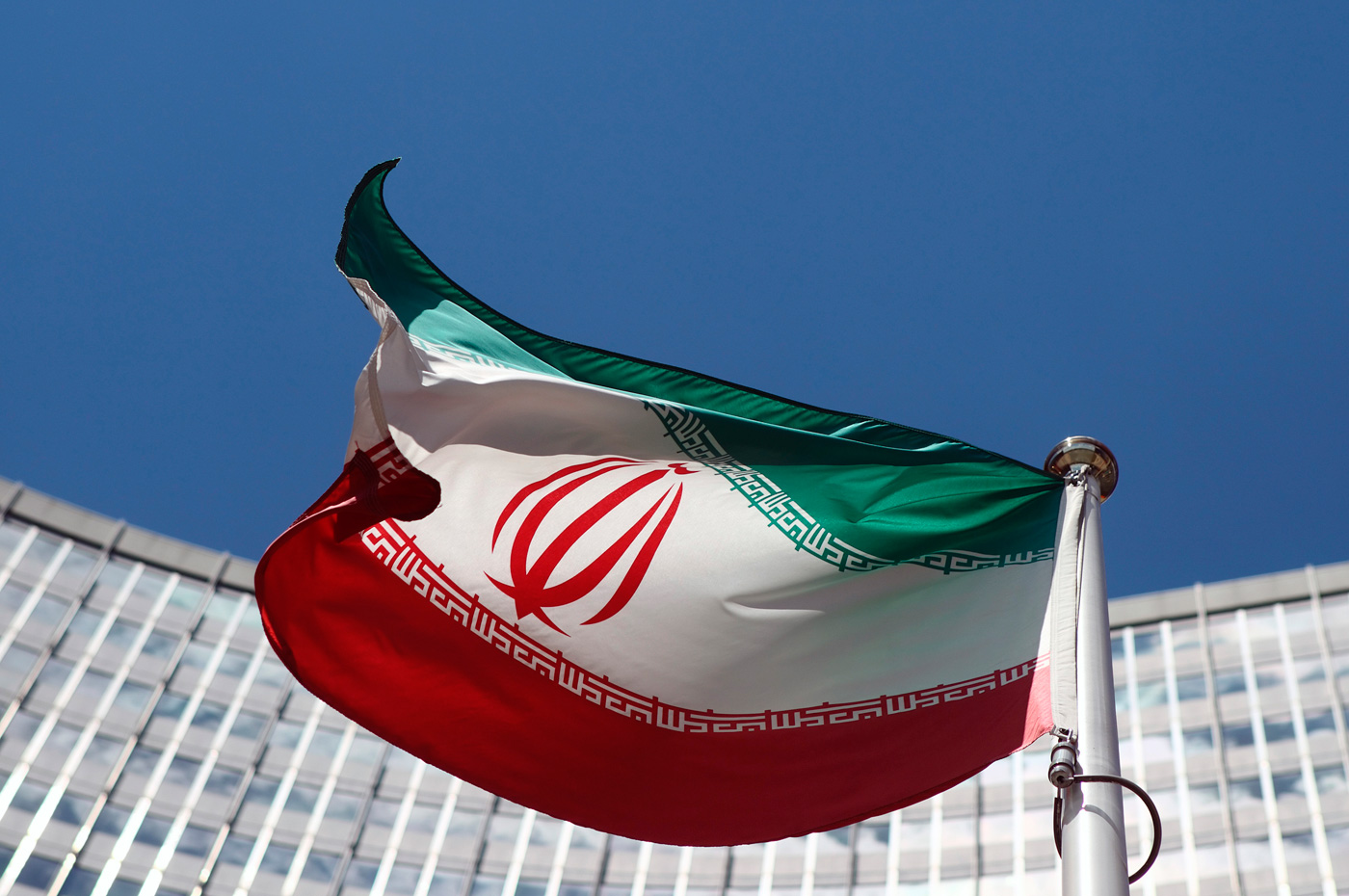
Igor Ivanov,
RIAC President, RF Minister of Foreign Affairs (1998-2004)
RIAC President, RF Minister of Foreign Affairs (1998-2004)
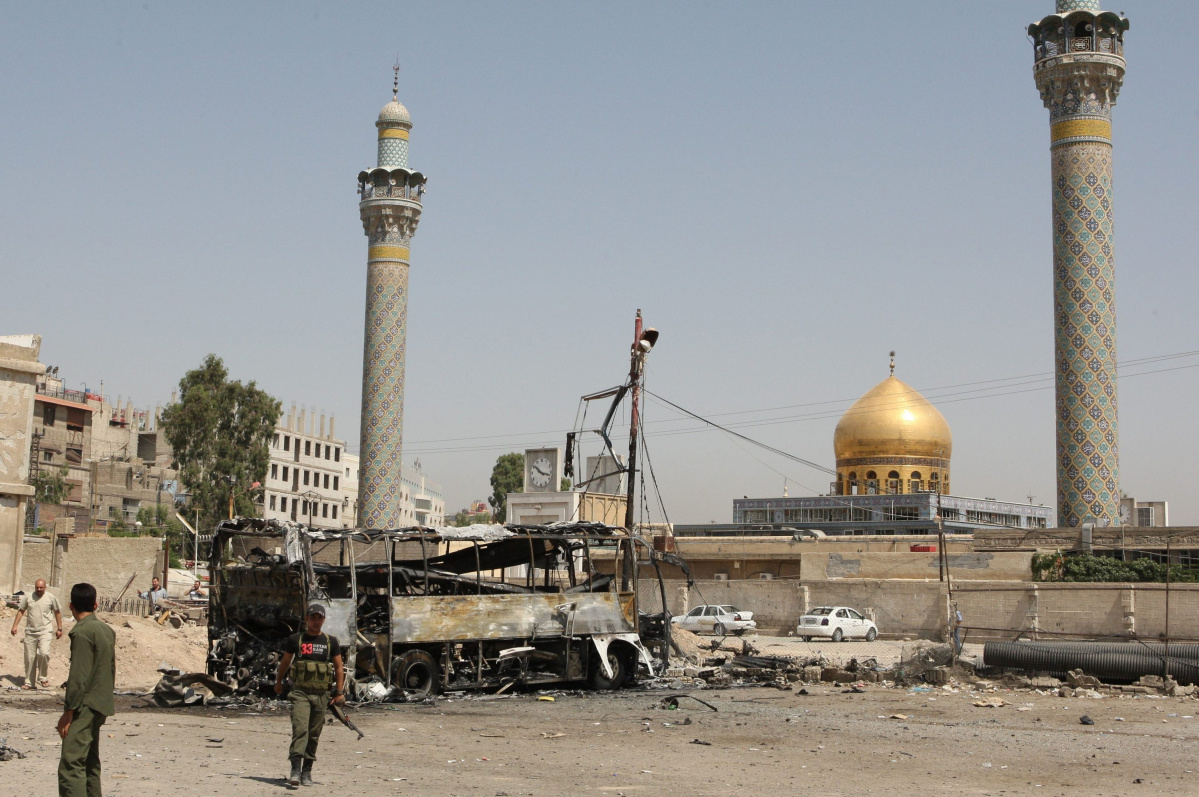
Elena Suponina,
Adviser to the director of the Russian Institute for Strategic Studies
Adviser to the director of the Russian Institute for Strategic Studies
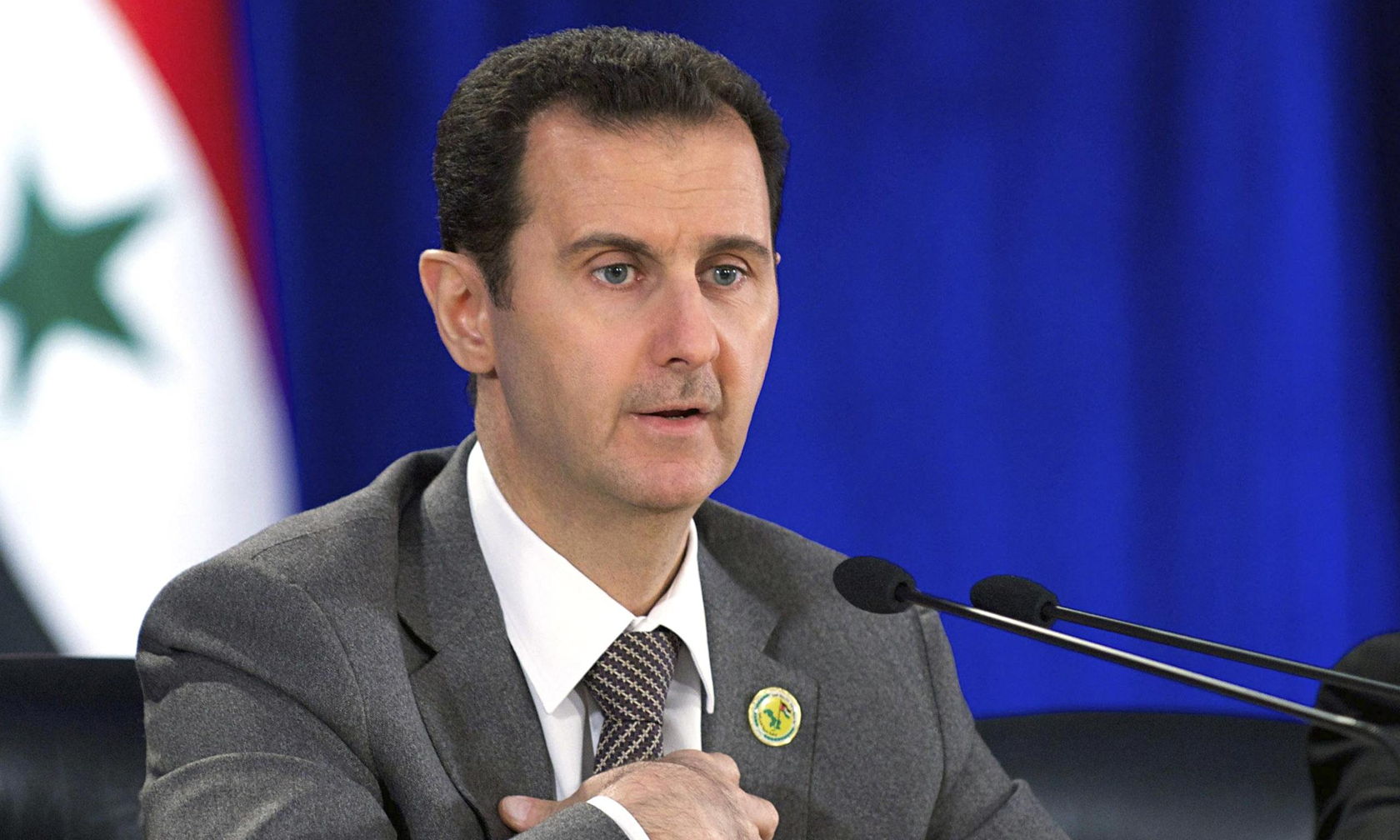
Aleksei Sarabyev,
Head of the Information and Publishing Department at the Institute of Oriental Studies
Head of the Information and Publishing Department at the Institute of Oriental Studies
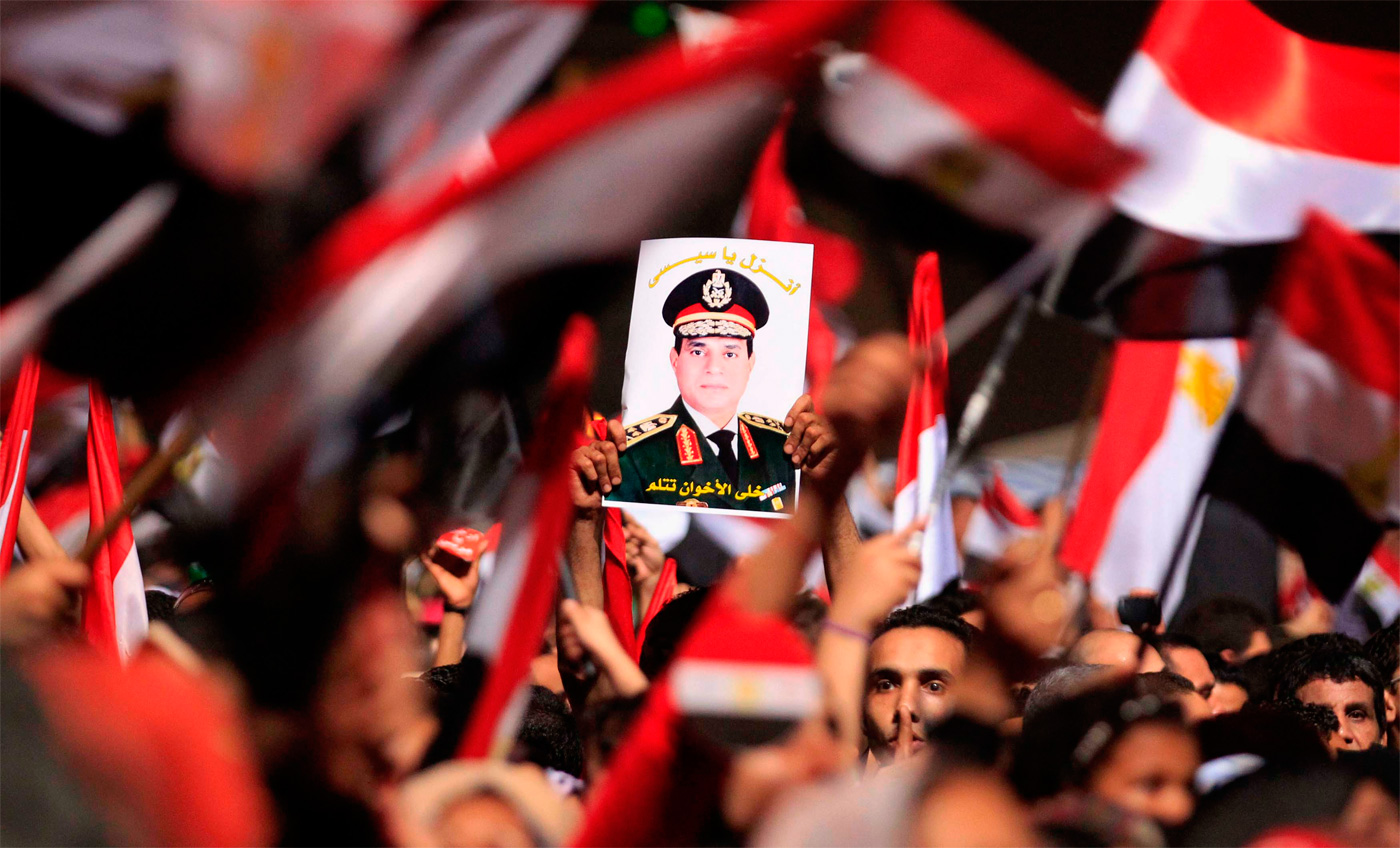
Elena Suponina,
Adviser to the director of the Russian Institute for Strategic Studies
Adviser to the director of the Russian Institute for Strategic Studies
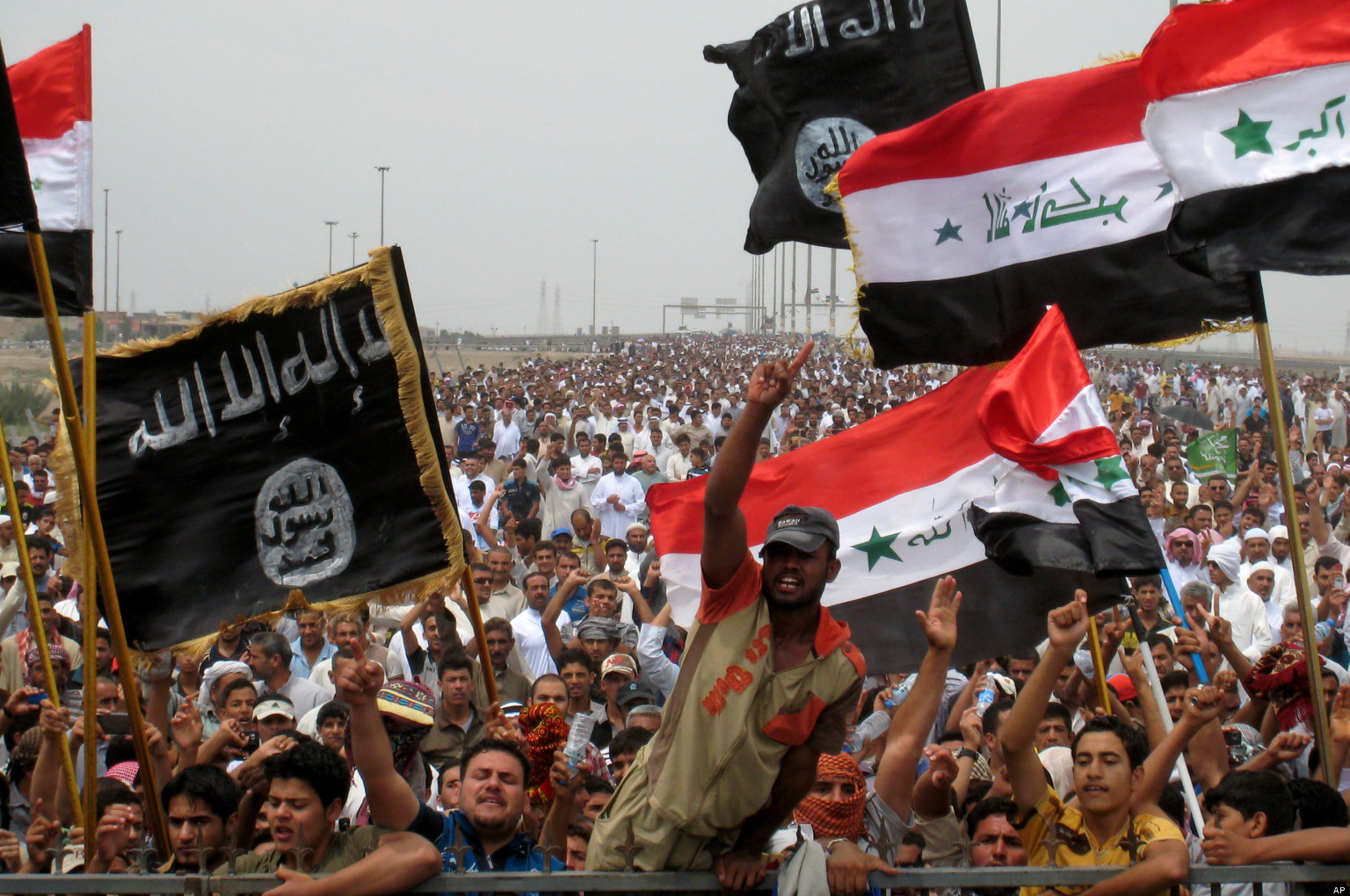
Alexander Aksenyonok,
Ambassador Extraordinary and Plenipotentiary
Ambassador Extraordinary and Plenipotentiary
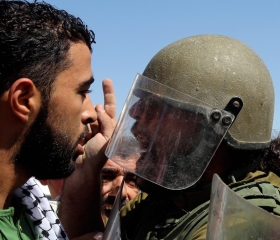
Tatiana Karasova,
Head of Israel Department at RAS Institute for Oriental Studies
Head of Israel Department at RAS Institute for Oriental Studies
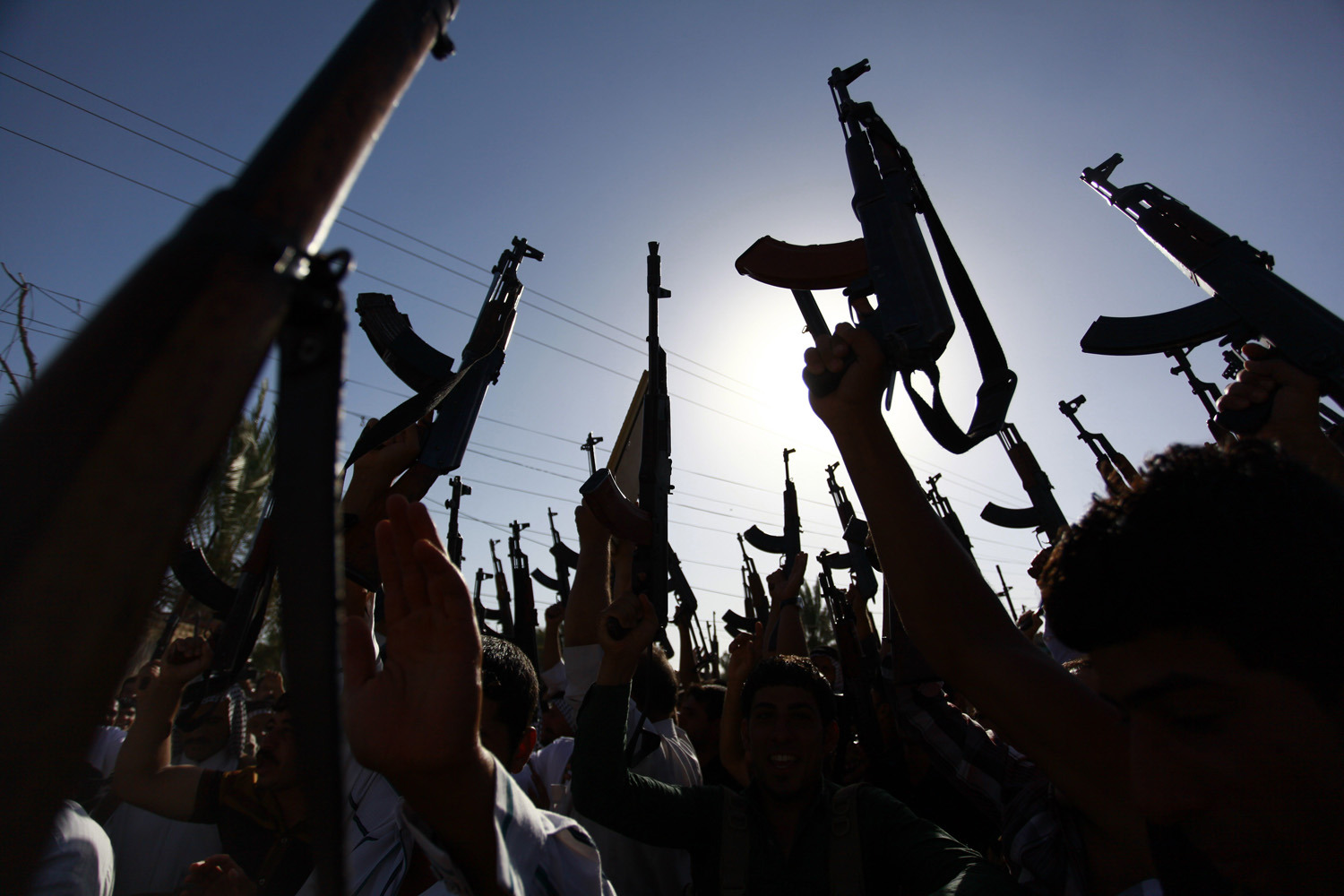
Sohail Mahmood, Pakistan, Mehdi Dehnavi, Iran

Vitaly Naumkin,
Director of RAS Institute of Oriental Studies
Director of RAS Institute of Oriental Studies

Vitaly Naumkin,
Director of RAS Institute of Oriental Studies
Director of RAS Institute of Oriental Studies
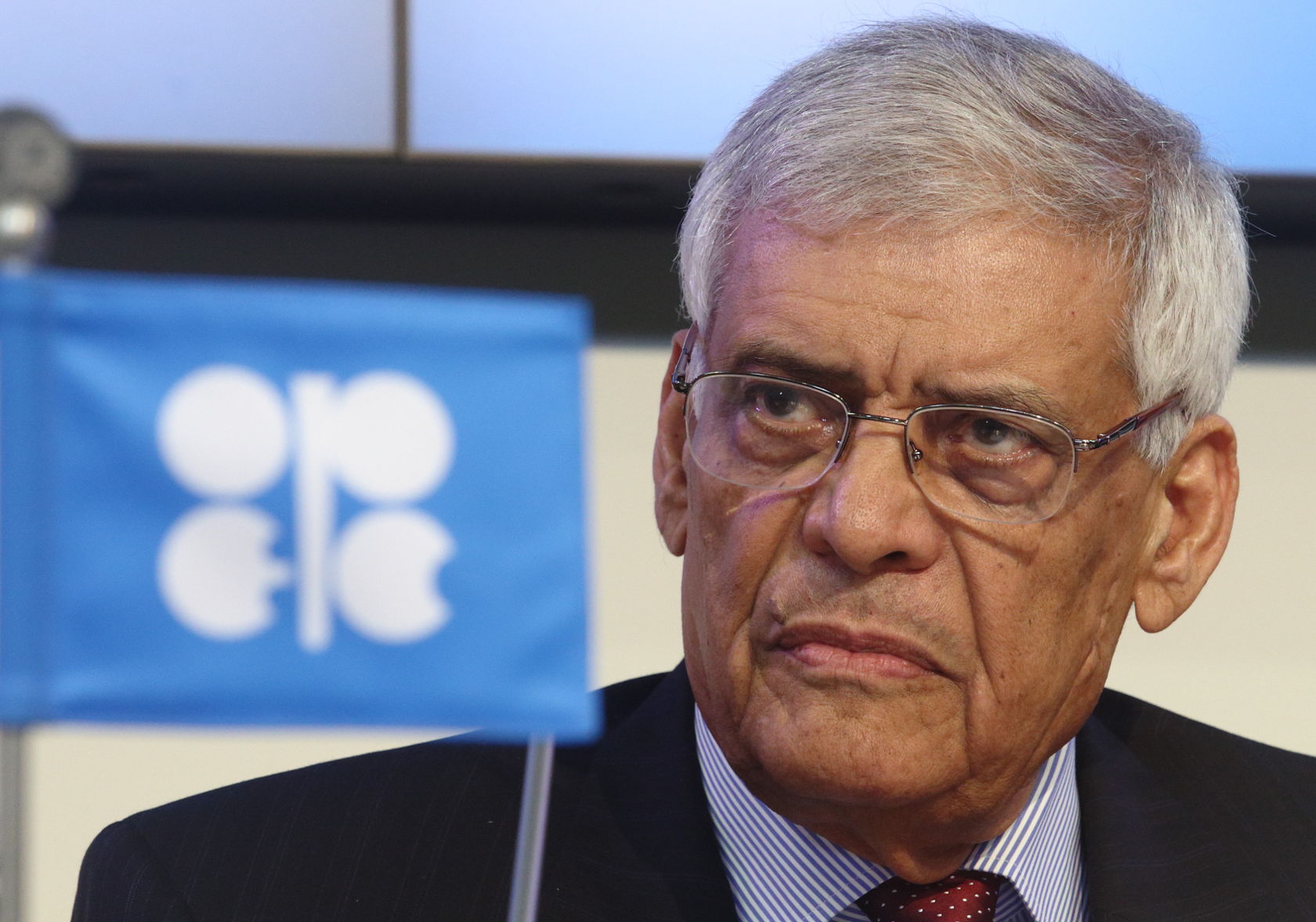
Elena Suponina,
Adviser to the director of the Russian Institute for Strategic Studies
Adviser to the director of the Russian Institute for Strategic Studies
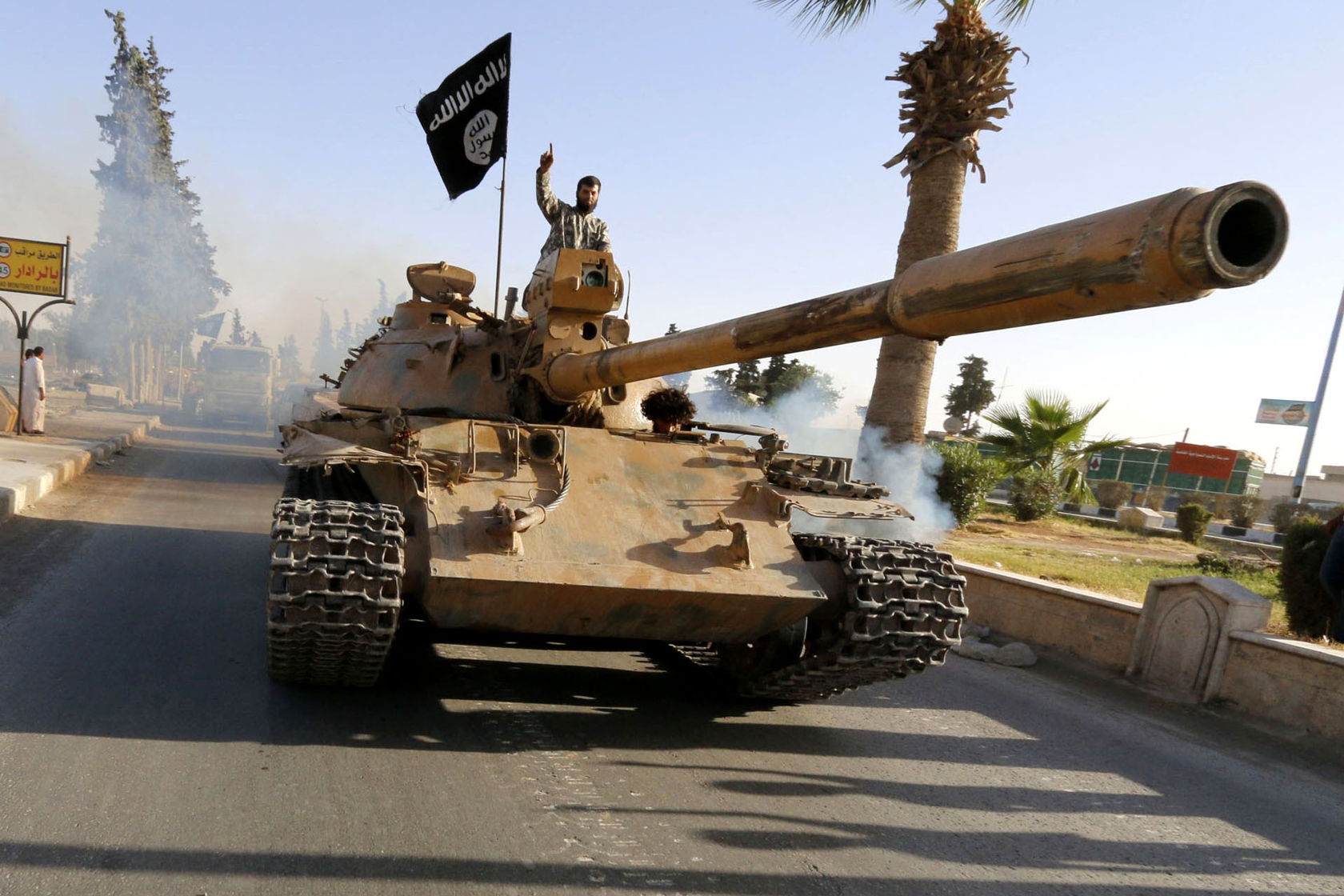
Alexander Krylov,
Professor, Leading Research Fellow at the Center for the Middle East Studies of MGIMO University
Professor, Leading Research Fellow at the Center for the Middle East Studies of MGIMO University
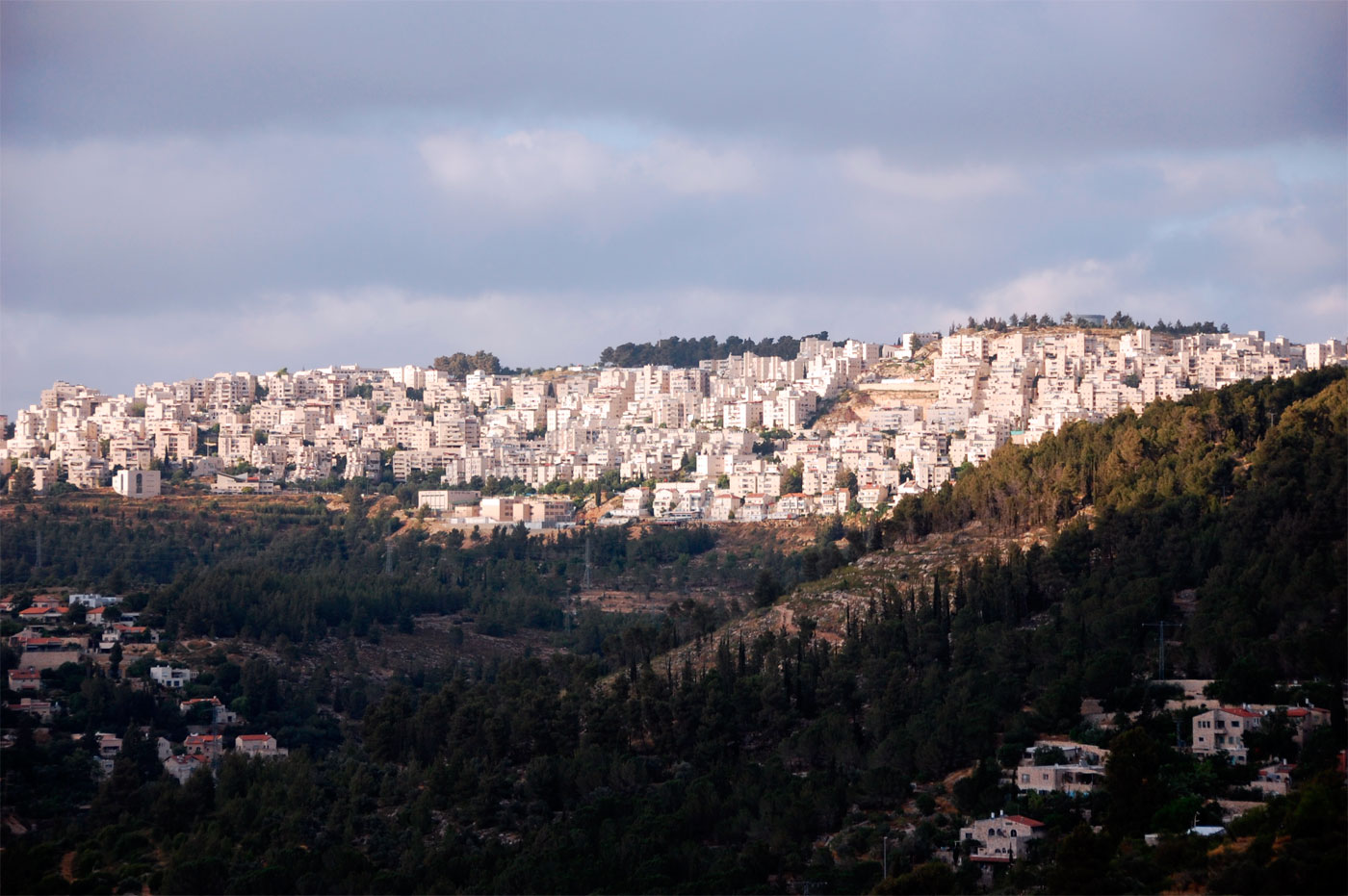
Alexander Krylov,
Professor, Leading Research Fellow at the Center for the Middle East Studies of MGIMO University
Professor, Leading Research Fellow at the Center for the Middle East Studies of MGIMO University
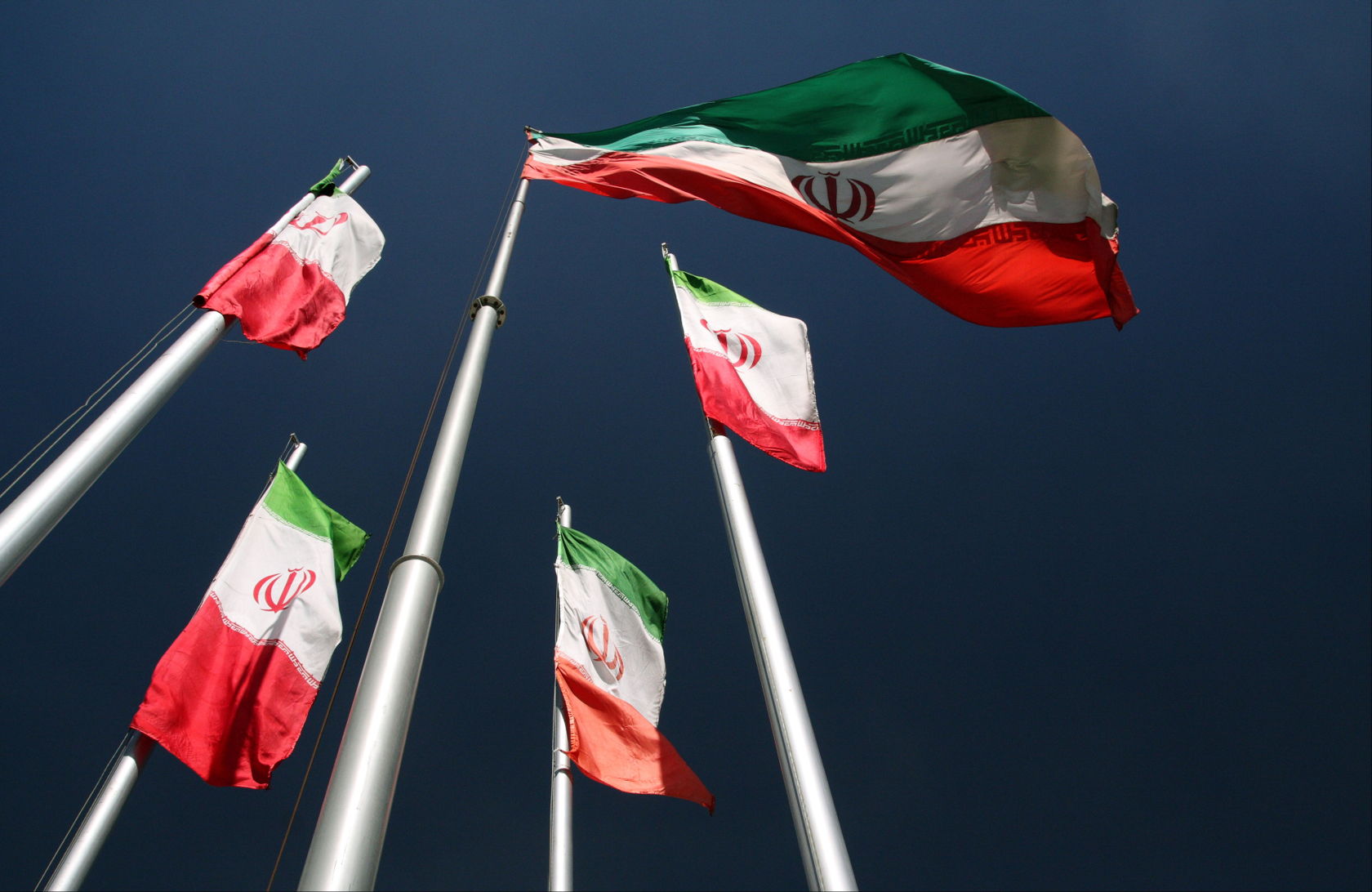
Sergey Demidenko,
Expert at the Institute of Strategic Estimates and Analysis, Assistant Professor at the Higher School of Economics
Expert at the Institute of Strategic Estimates and Analysis, Assistant Professor at the Higher School of Economics
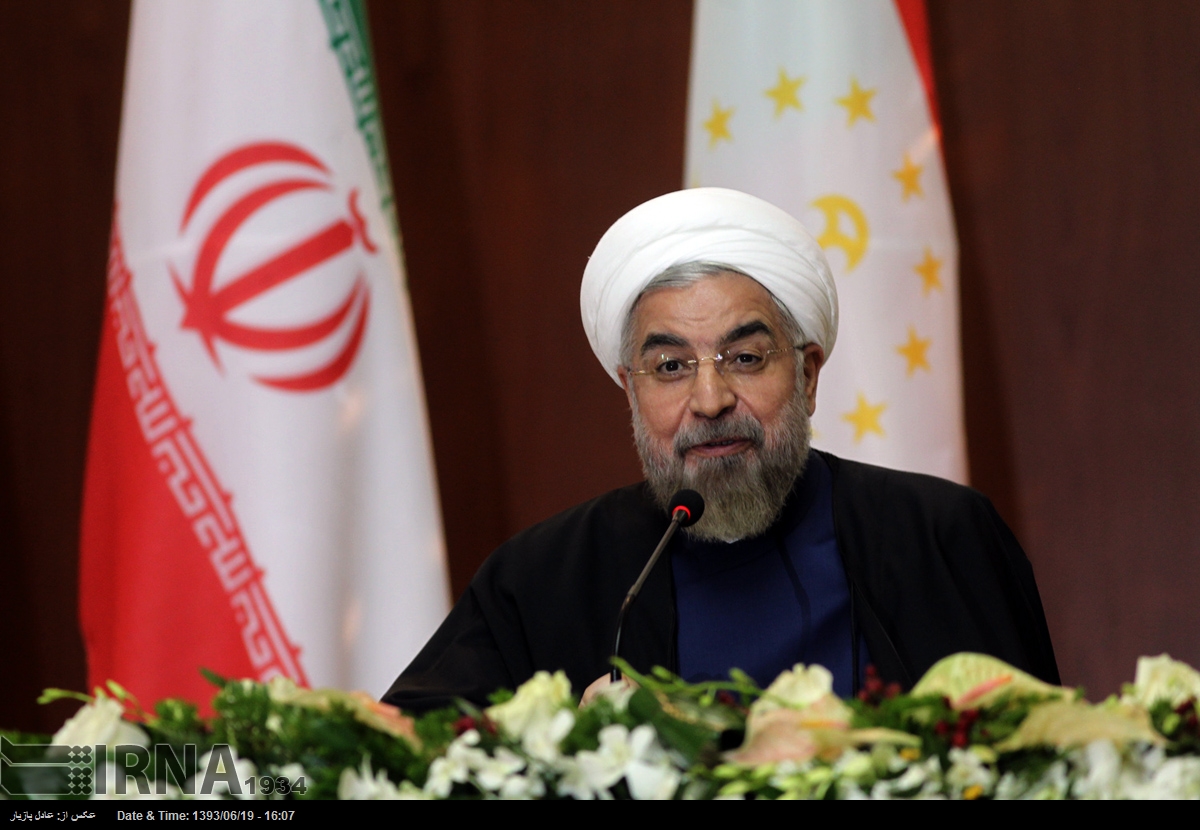
Irina Zviagelskaya,
Professor of the Oriental Studies Department of the MGIMO University
Professor of the Oriental Studies Department of the MGIMO University
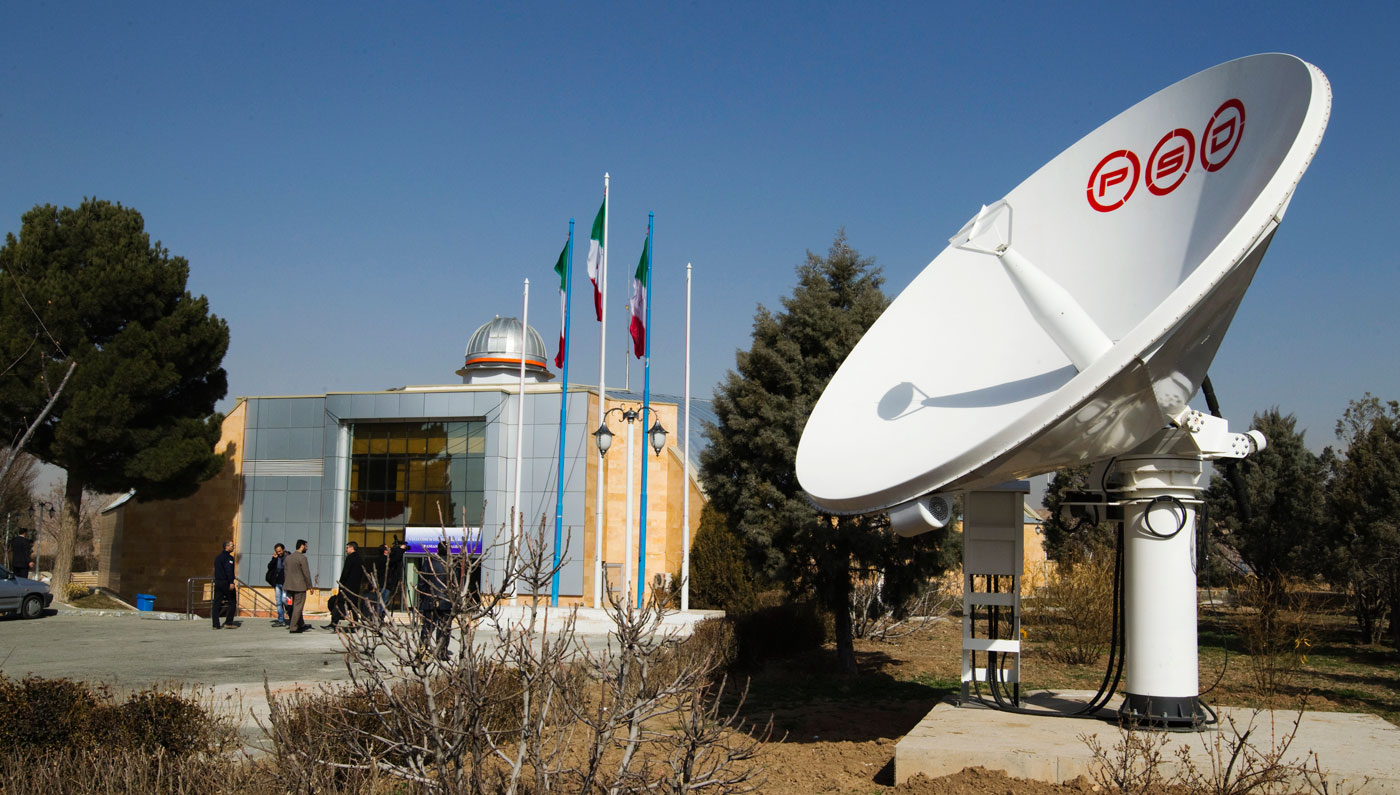
Sergey Demidenko,
Expert at the Institute of Strategic Estimates and Analysis, Assistant Professor at the Higher School of Economics
Expert at the Institute of Strategic Estimates and Analysis, Assistant Professor at the Higher School of Economics

Vitaly Naumkin,
Director of RAS Institute of Oriental Studies
Director of RAS Institute of Oriental Studies
December 1
Vladimir Putin Meets Recep Tayyip Erdogan
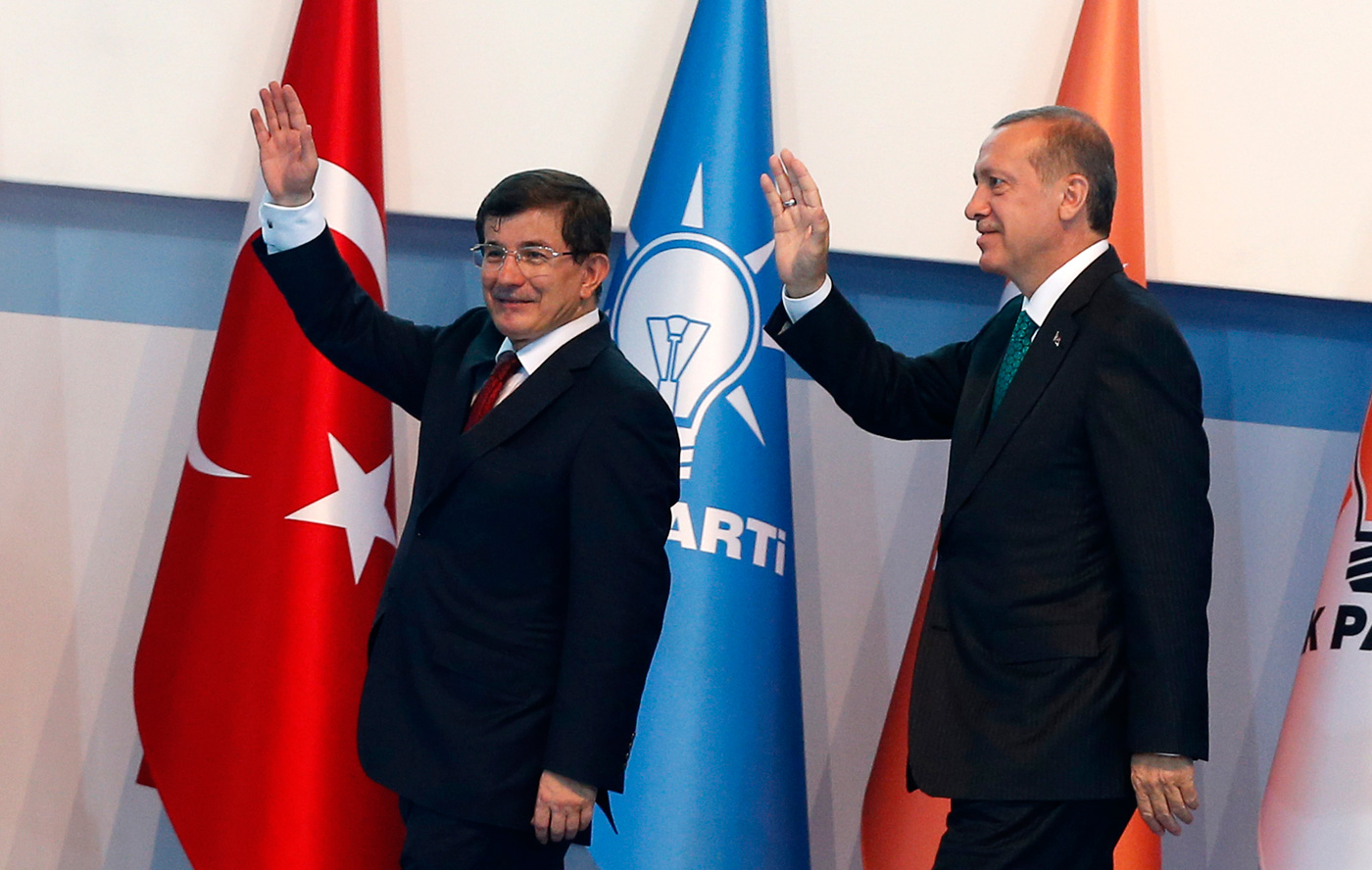
Habibe Ozdal, Hasan Selim Ozertem
Ankara based think-tank International Strategic Research Organization (USAK)
Ankara based think-tank International Strategic Research Organization (USAK)
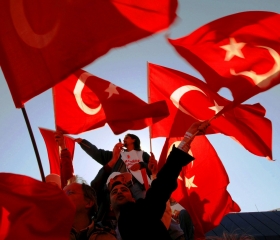

Irina Busygina,
Professor of the Comparative Politics Department, MGIMO University
Professor of the Comparative Politics Department, MGIMO University
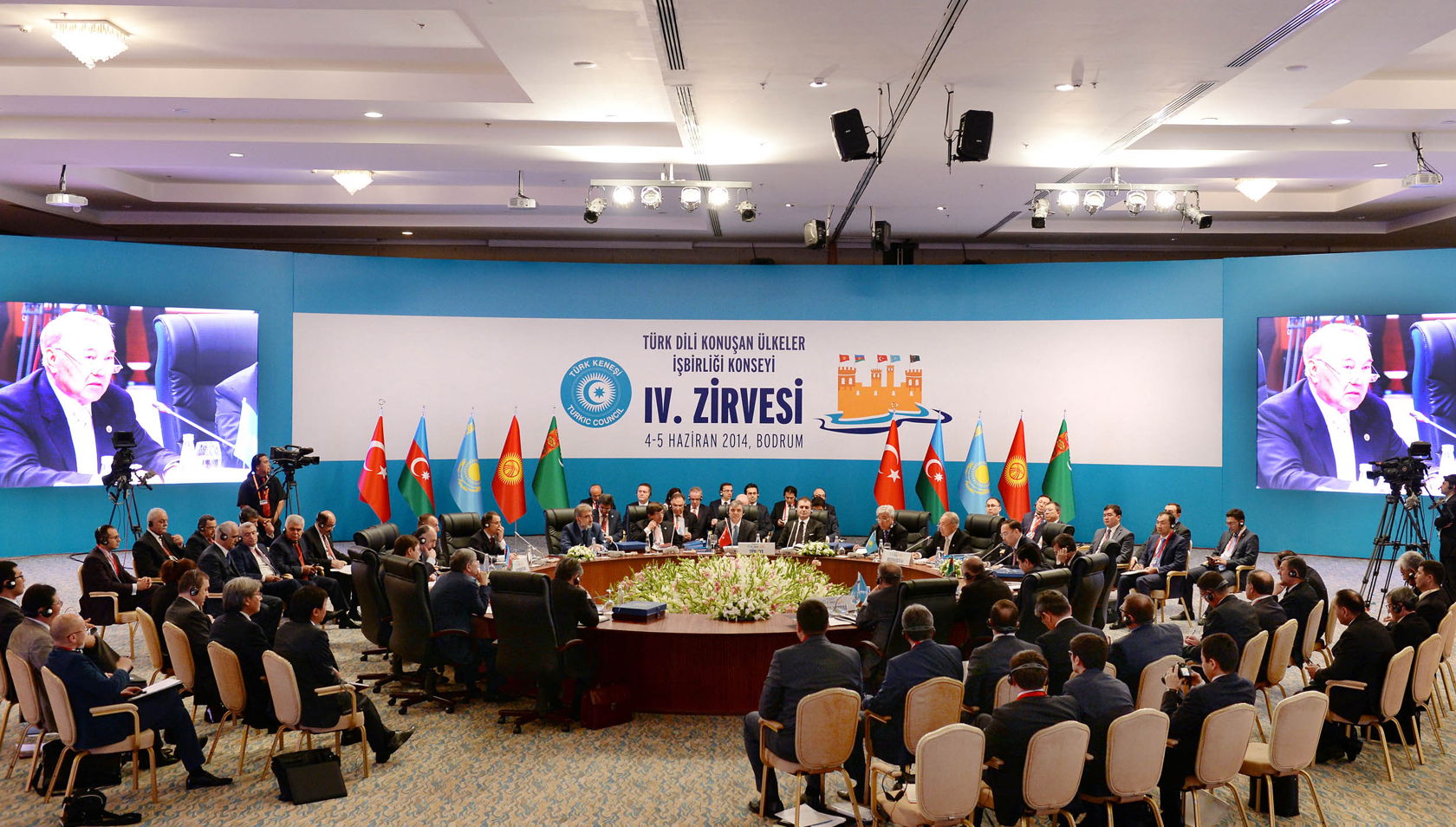
Antonia Dimou, John Nomikos,
Research Institute for European and American Studies based in Athens, Greece
Research Institute for European and American Studies based in Athens, Greece

Vitaly Naumkin,
Director of RAS Institute of Oriental Studies
Director of RAS Institute of Oriental Studies
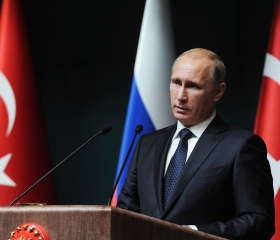
Stanislav Pritchin,
Research fellow of the RAS Institute of Oriental Studies
Research fellow of the RAS Institute of Oriental Studies
December 16
Peshawar School Massacre
Ikram Sehgal: Countering the Shaitans
Pyotr Topychkanov: Peshawar: Pakistani "Beslan"
Pyotr Topychkanov: Peshawar: Pakistani "Beslan"
Africa
The development of the African continent remains one of the key topics of discussion within the international community. China is still one of the leaders, investing heavily in the modernization of African countries. 2014 was a dark page in the continent's history: in spring, the world heard about the rapidly spreading Ebola virus epidemic, which has claimed more than 5,000 lives.
Only Together We Can Stop Ebola
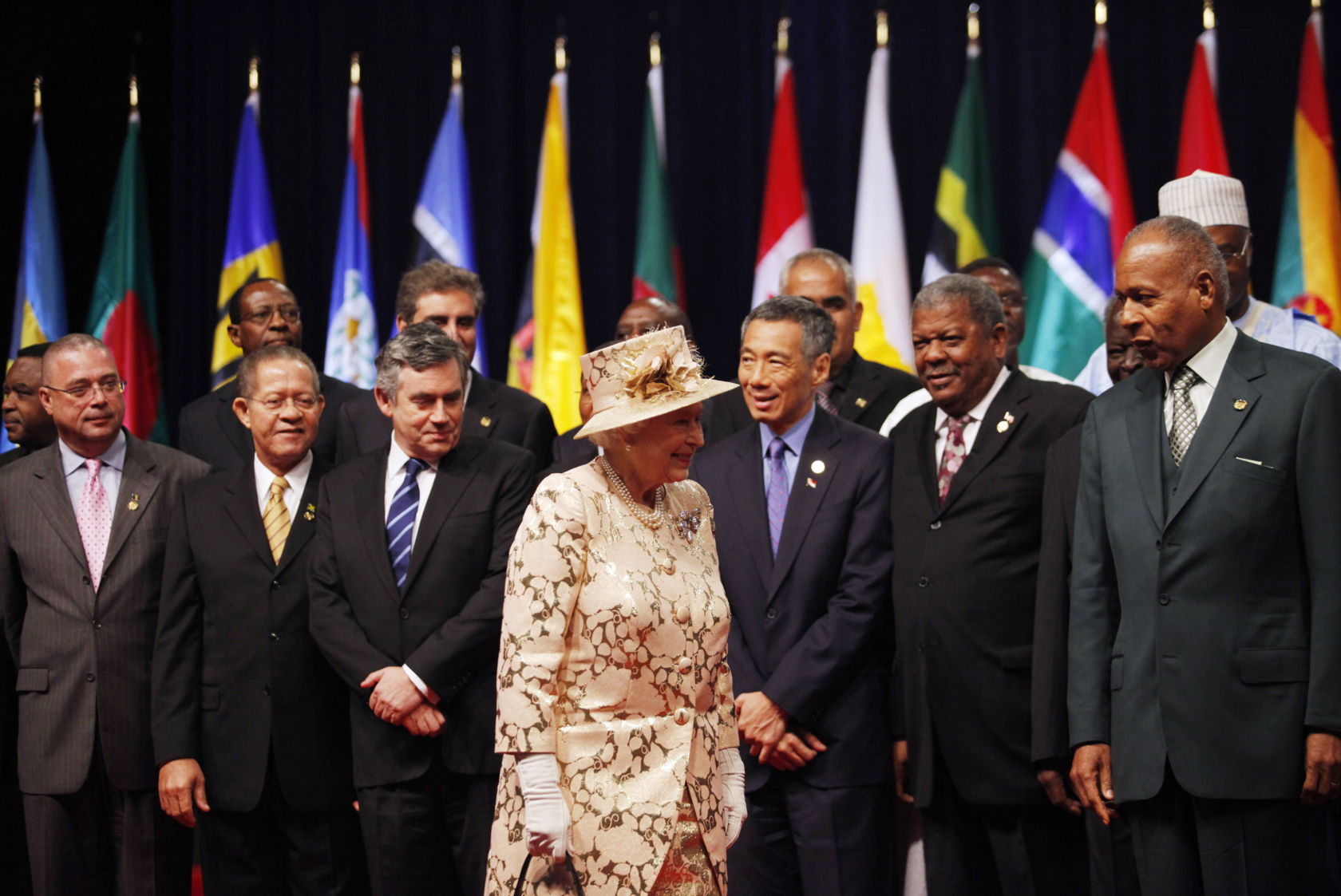
Anastasia Tolstukhina,
Diplomatic Academy
Diplomatic Academy
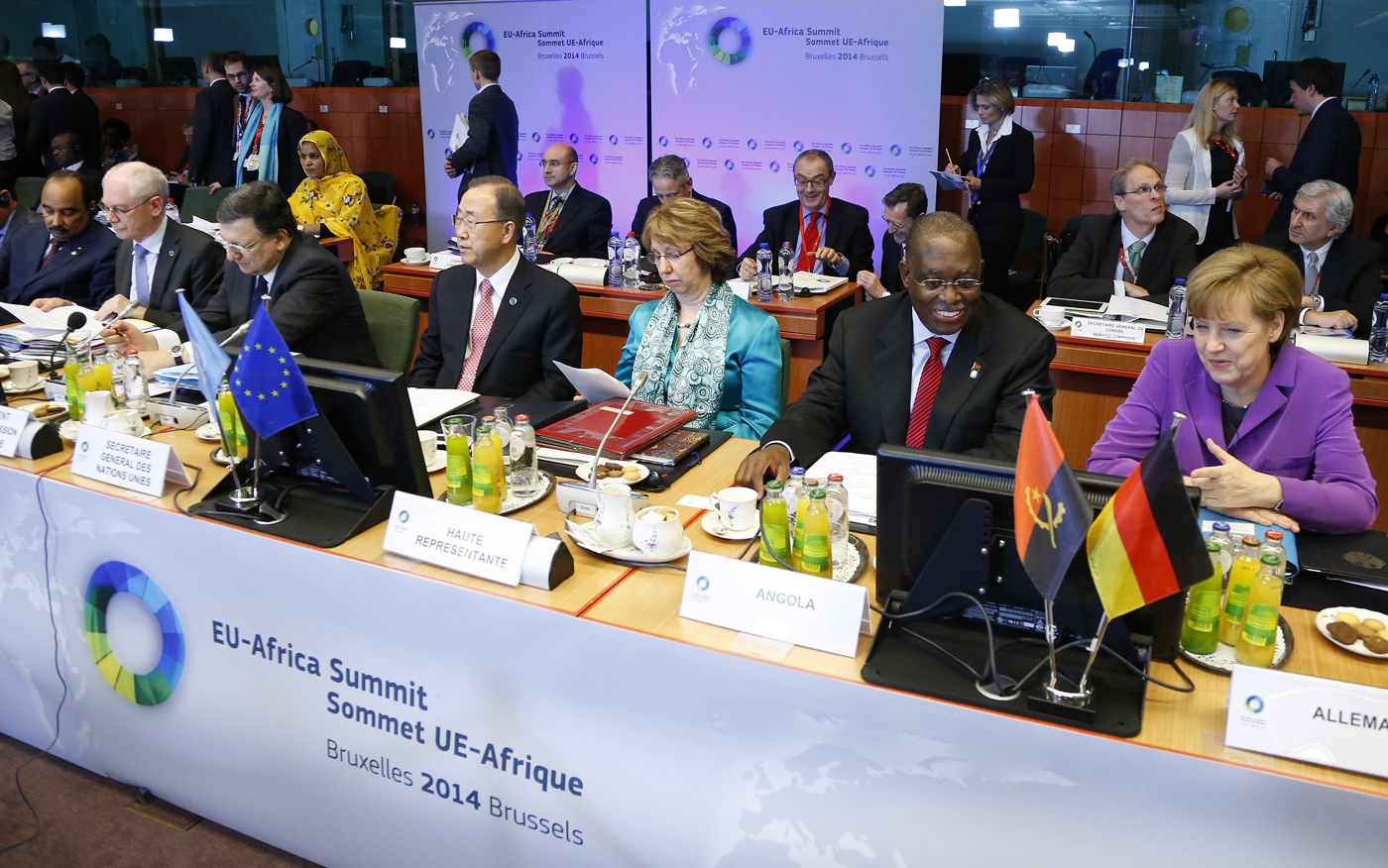
Olga Kulkova,
Senior Research Fellow at Center for Russian-African Relations and African Foreign Policy, RAS Institute for African Studies, Researcher at Center for Security and Development Problems, Moscow State University
Senior Research Fellow at Center for Russian-African Relations and African Foreign Policy, RAS Institute for African Studies, Researcher at Center for Security and Development Problems, Moscow State University
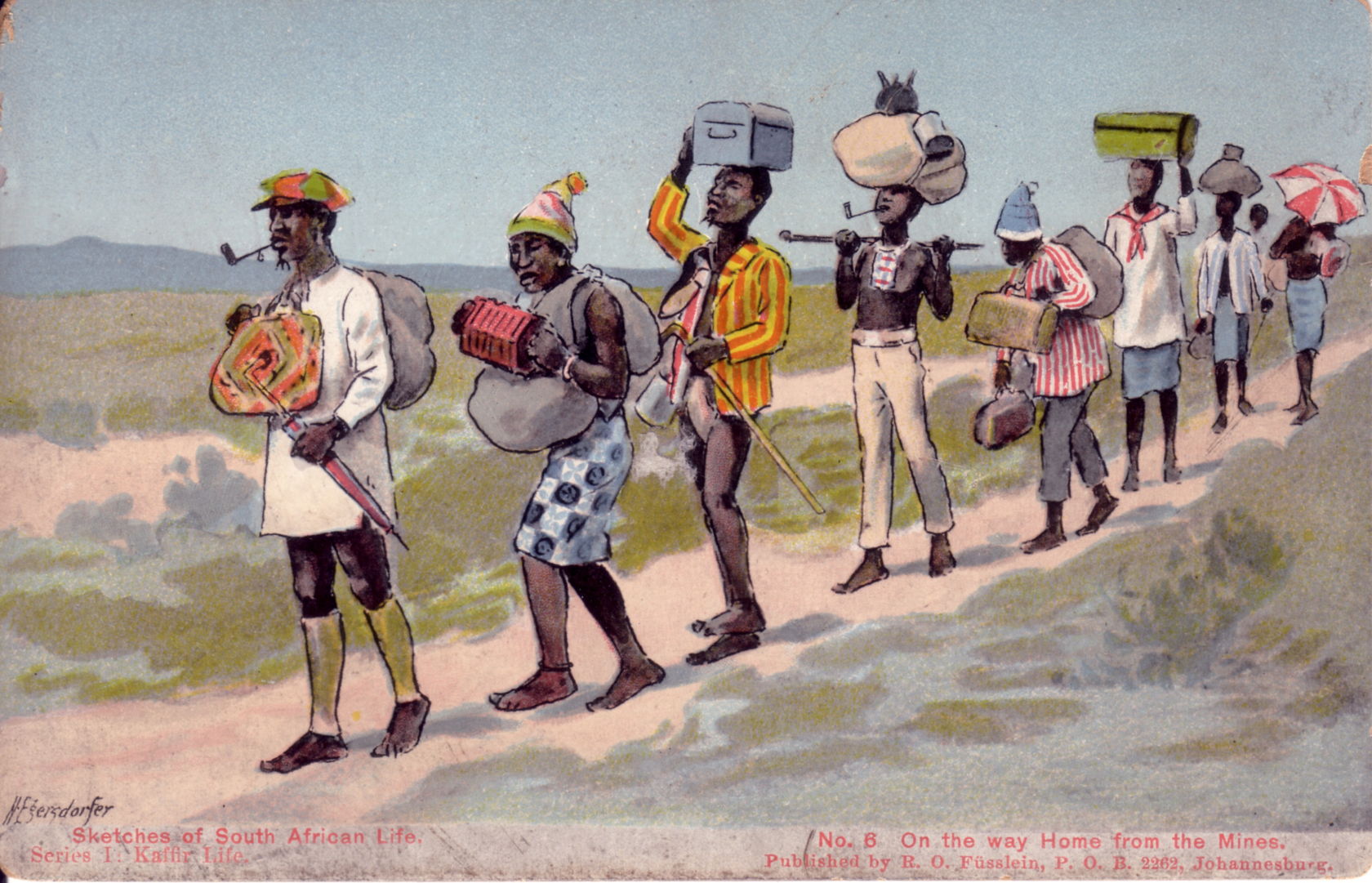
Eugenia Chervonnaya,
MGIMO-University
MGIMO-University
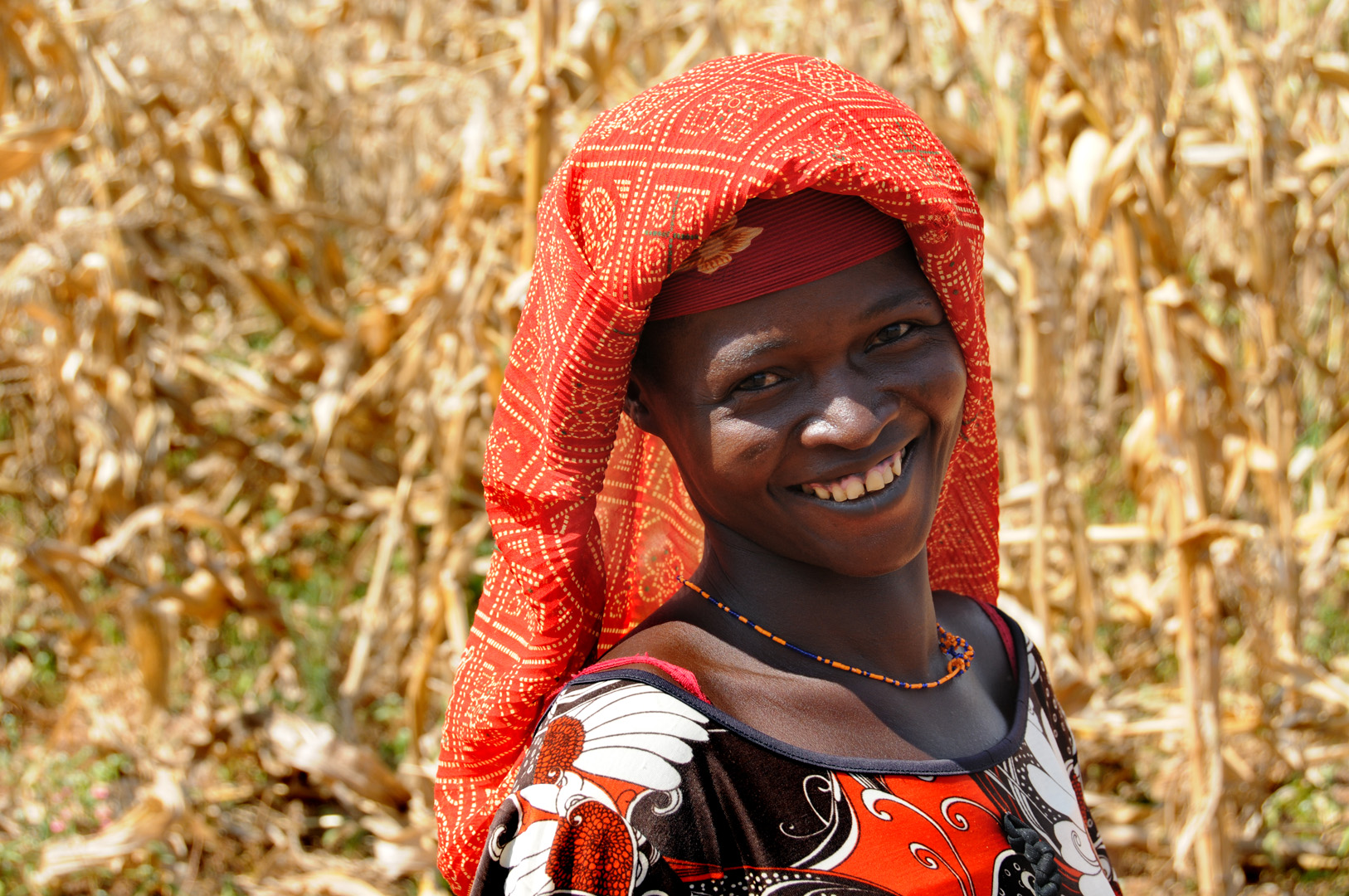
Vladimir Shubin,
Chief Researcher at the RAS Institute of African Studies
Chief Researcher at the RAS Institute of African Studies
The Arctic and Dynamics of Cooperation in 2014
For several years now the Arctic has been a magnet not only for the Arctic states, but for other countries interested in developing new oil fields and other subsoil resources, and building innovative transport, trade and economic hubs in the Arctic Ocean. 2014 saw some complications over the issues of international Arctic cooperation due to the sanctions policies of the West and Russia, but that does not deter the countries from seeking to gain a foothold in the region. RIAC offers an array of analytical publications devoted to cooperation in the Arctic in the outgoing year.
Dmitry Trenin: Five Issues at Stake in the Arctic
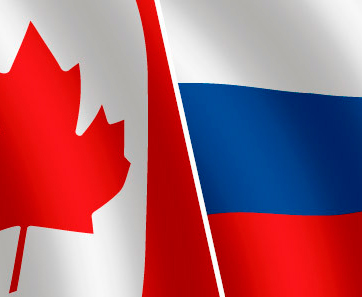
Alexander Vylegzhanin (MGIMO), Alexander Sergunin (St Petersburg State University), Valeriy Konyshev (St Petersburg State University) andPavel Gudev (IMEMO RAS)
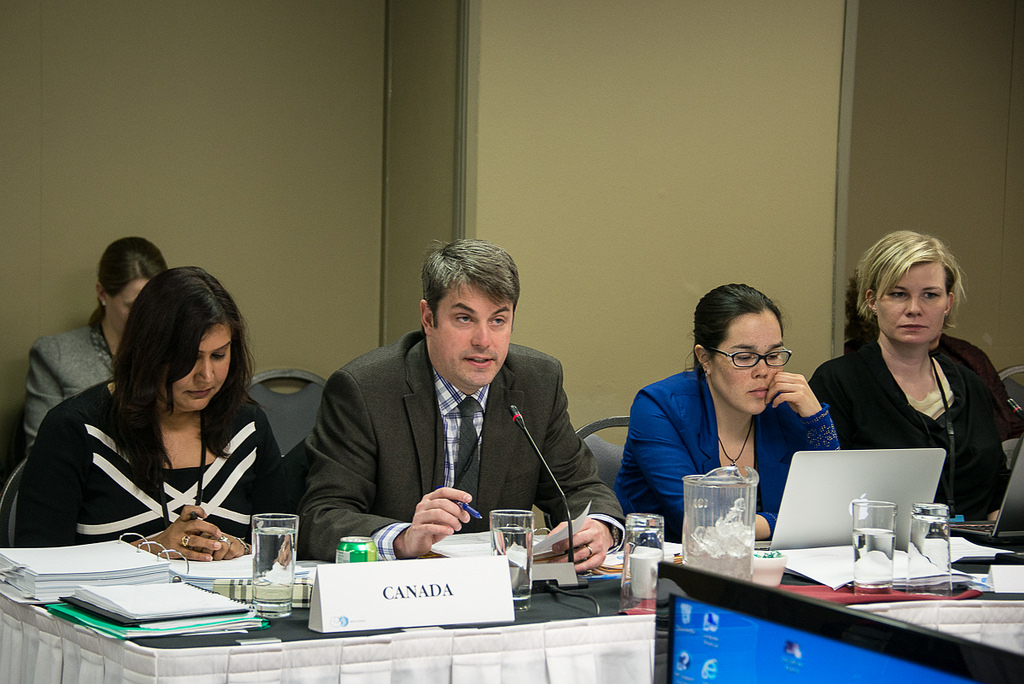
Rob Huebert,
Associate director of the Centre for Military and Strategic Studies at the University of Calgary
Associate director of the Centre for Military and Strategic Studies at the University of Calgary
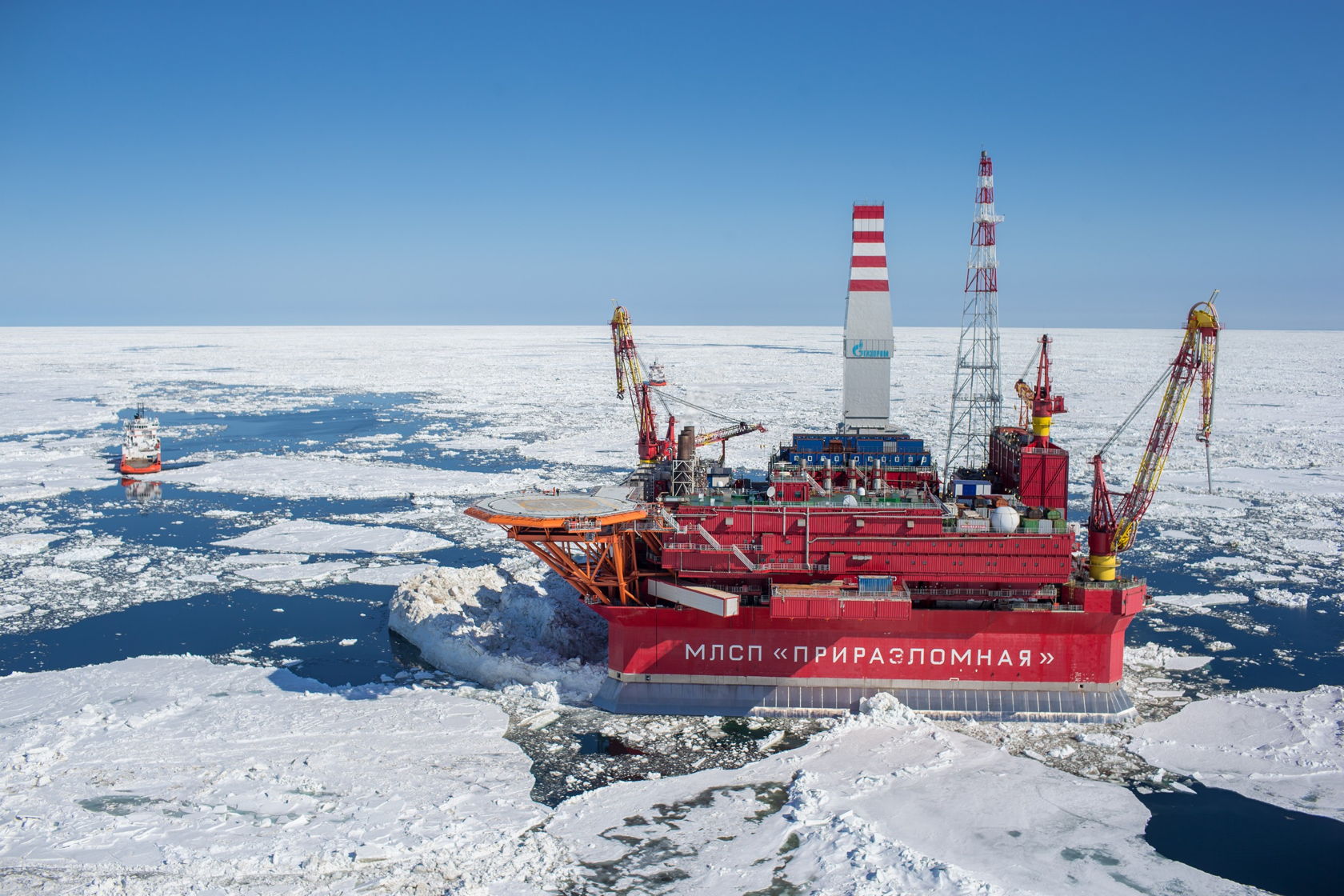
Alexei Fadeyev,
Head of the Production Support Department at Gazpromneft-Sakhalin
Head of the Production Support Department at Gazpromneft-Sakhalin
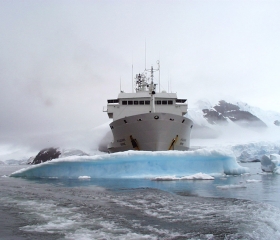
Oleg Korneev,
Deputy Director for Geoecology and Engineering Surveys at the SevMorGeo Geological Sea Survey Company
Deputy Director for Geoecology and Engineering Surveys at the SevMorGeo Geological Sea Survey Company
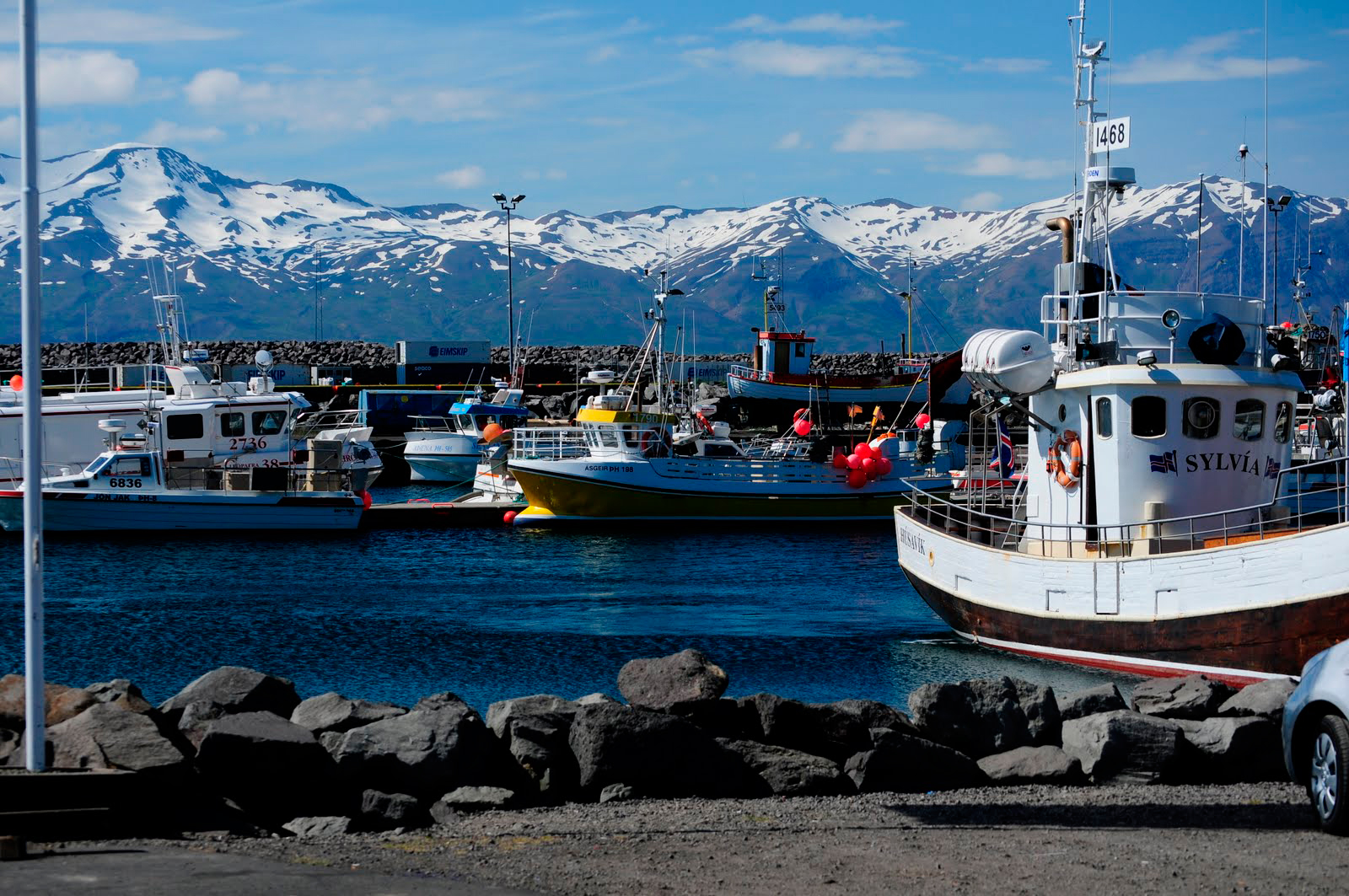
Dmitry Tulupov,
Faculty of International Relations of St. Petersburg State University
Faculty of International Relations of St. Petersburg State University
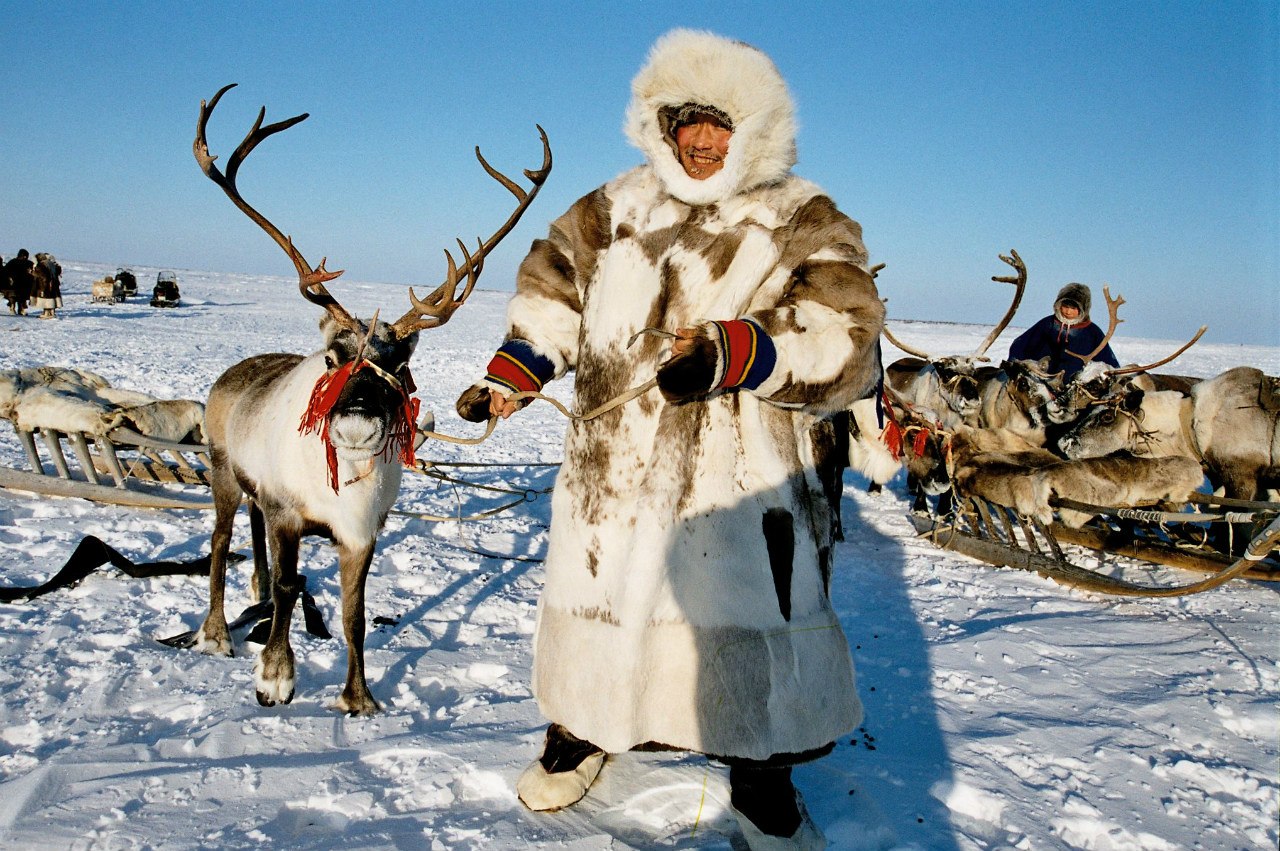
Valery Tishkov,
Director of Miklukho-Maklay Institute for Ethnology and Anthropology at the Russian Academy of Sciences
Director of Miklukho-Maklay Institute for Ethnology and Anthropology at the Russian Academy of Sciences
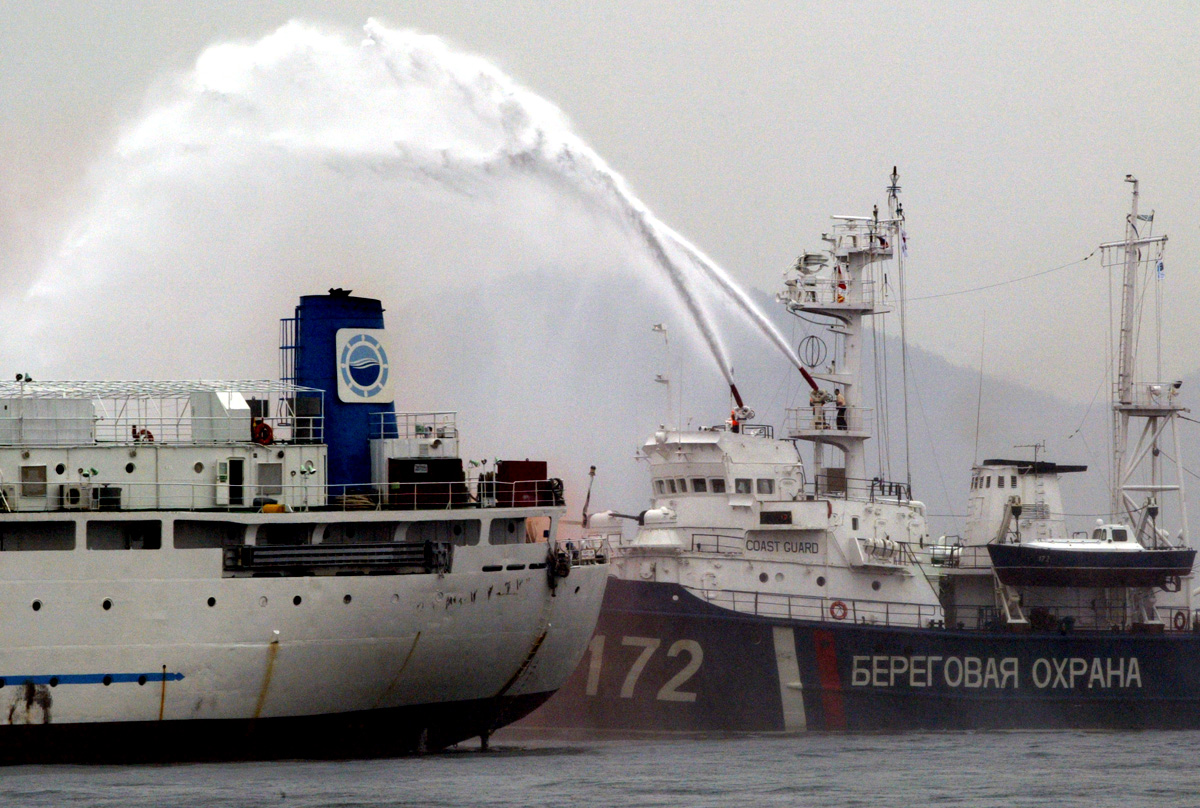
David Benton,
US Arctic Research Commission
US Arctic Research Commission
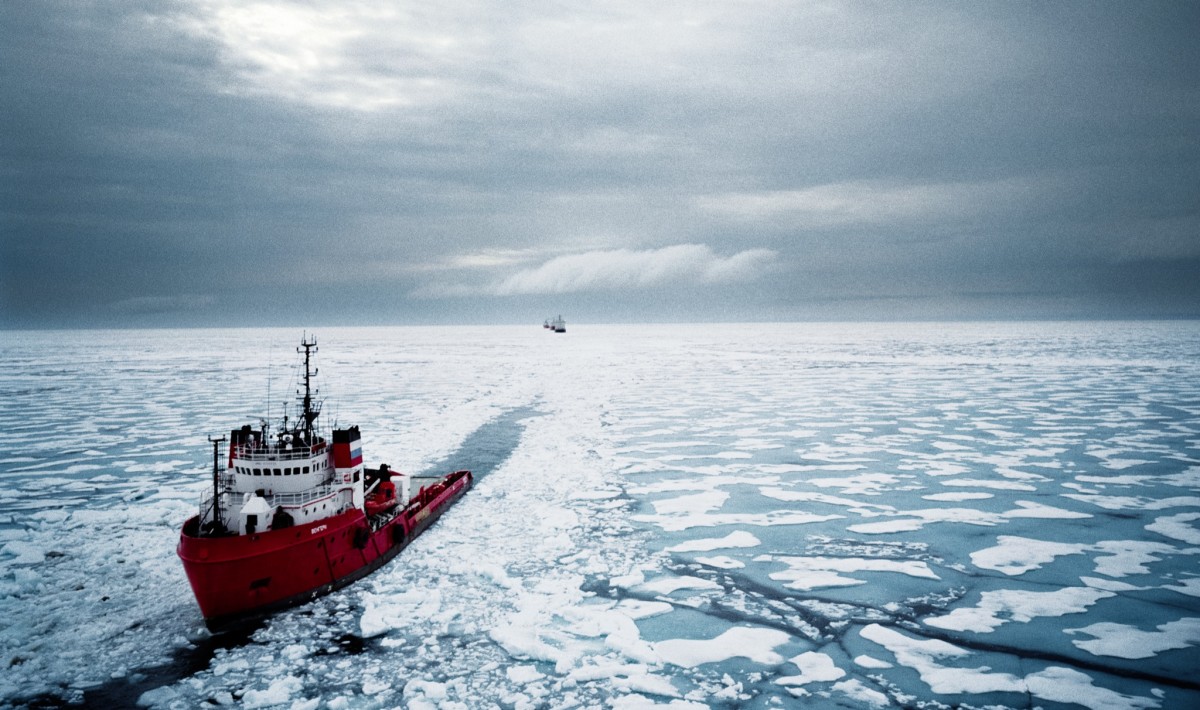
Henry Huntington, International Arctic The Pew Charitable Trusts, Roger Rufe, Vice Admiral, United States Coast Guard
Latin America and the Caribbean
2014 was a hectic year for many Latin American and Caribbean countries, with a series of presidential and parliamentary elections, deepening integration processes and numerous summits of regional groups and associations. Not to mention the key non-political event of the year – the FIFA World Cup, which had the eyes of the world fixed on the South American continent for the best part of a month. The past year saw more active Russian policy in Latin America, as manifested not only in broader contacts and the signing of some milestone agreements, but in the visits by Vladimir Putin and Sergey Lavrov to several Latin American and Caribbean countries.
2014 was a hectic year for many Latin American and Caribbean countries, with a series of presidential and parliamentary elections, deepening integration processes and numerous summits of regional groups and associations. Not to mention the key non-political event of the year – the FIFA World Cup, which had the eyes of the world fixed on the South American continent for the best part of a month. The past year saw more active Russian policy in Latin America, as manifested not only in broader contacts and the signing of some milestone agreements, but in the visits by Vladimir Putin and Sergey Lavrov to several Latin American and Caribbean countries.
Election Year – Presidential Elections in Salvador, Costa-Rica, Colombia, Brazil and Uruguay
Andrey Pyatakov: Electoral Circle 2014 in Latin America: Winds of Change?
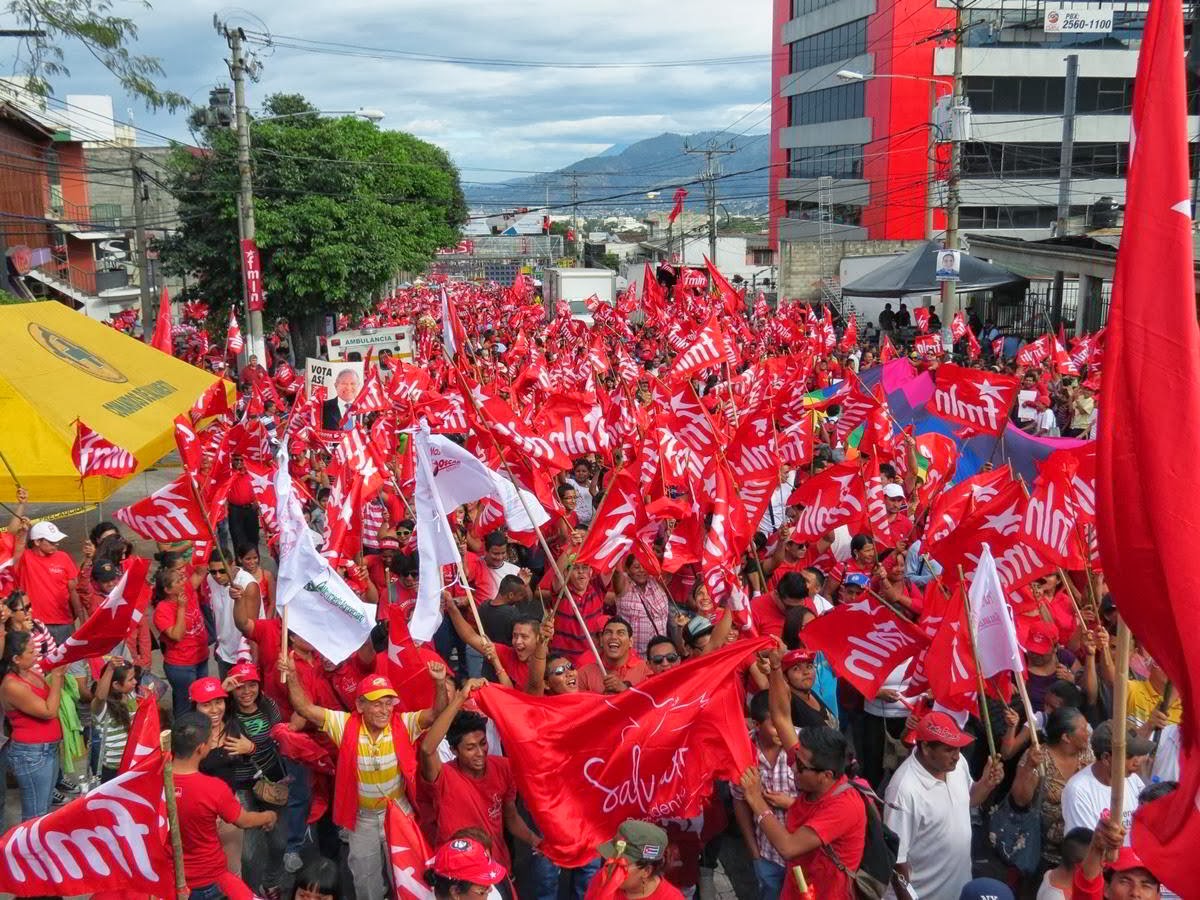
Anna Shcherbakova,
Research associate at the Center for Political Studies, RAS Institute of Latin America
Research associate at the Center for Political Studies, RAS Institute of Latin America
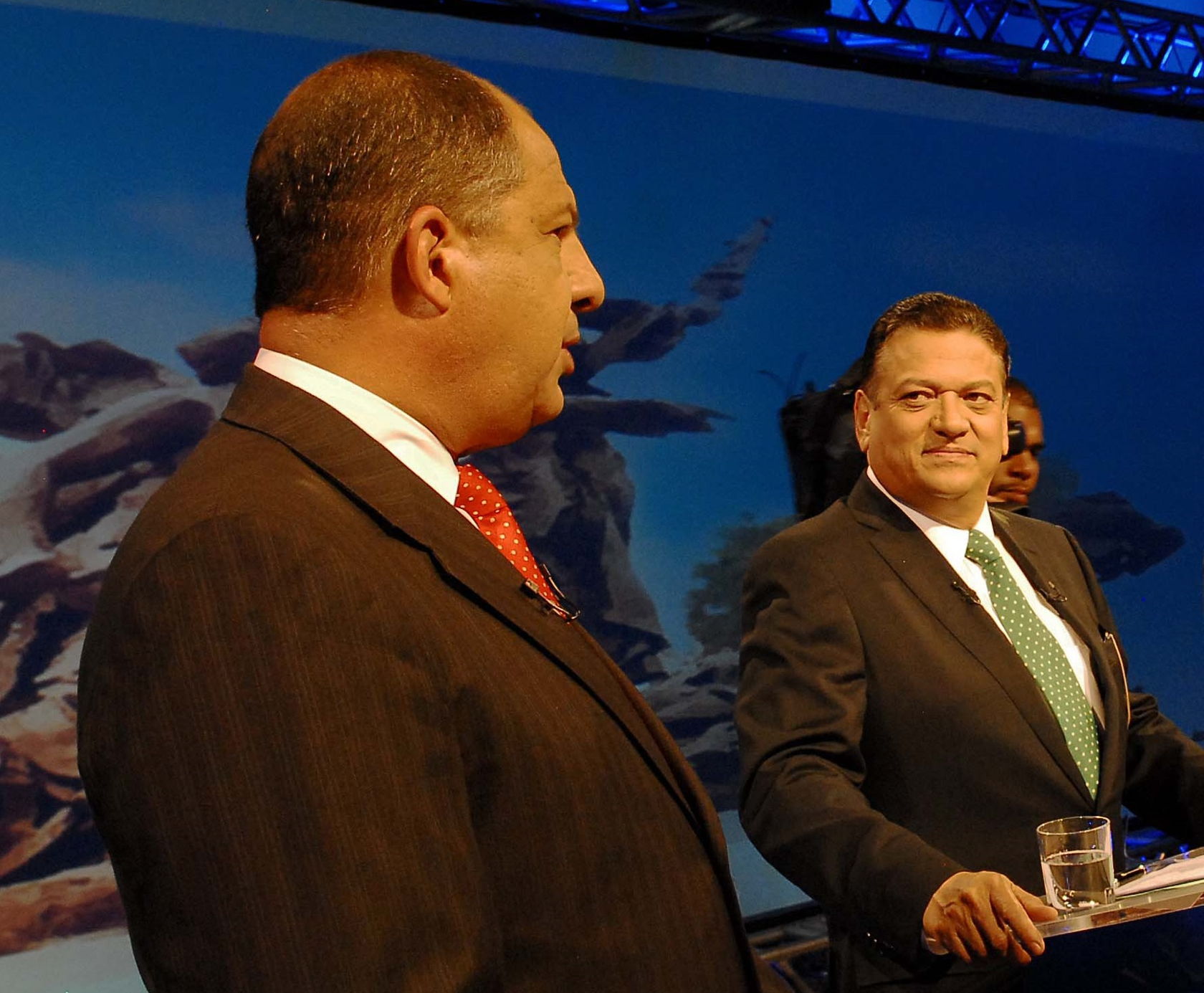
Nikolay Kalashnikov,
Deputy Director for Research at the Centre for Political Studies, RAS Institute of Latin America
Deputy Director for Research at the Centre for Political Studies, RAS Institute of Latin America
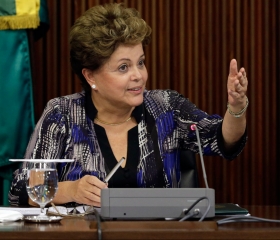
Zbigniew Iwanowski,
Director of Center for Political Studies of the RAS Institute of Latin America, Professor of Global Processes Department at Lomonosov Moscow State University
Director of Center for Political Studies of the RAS Institute of Latin America, Professor of Global Processes Department at Lomonosov Moscow State University
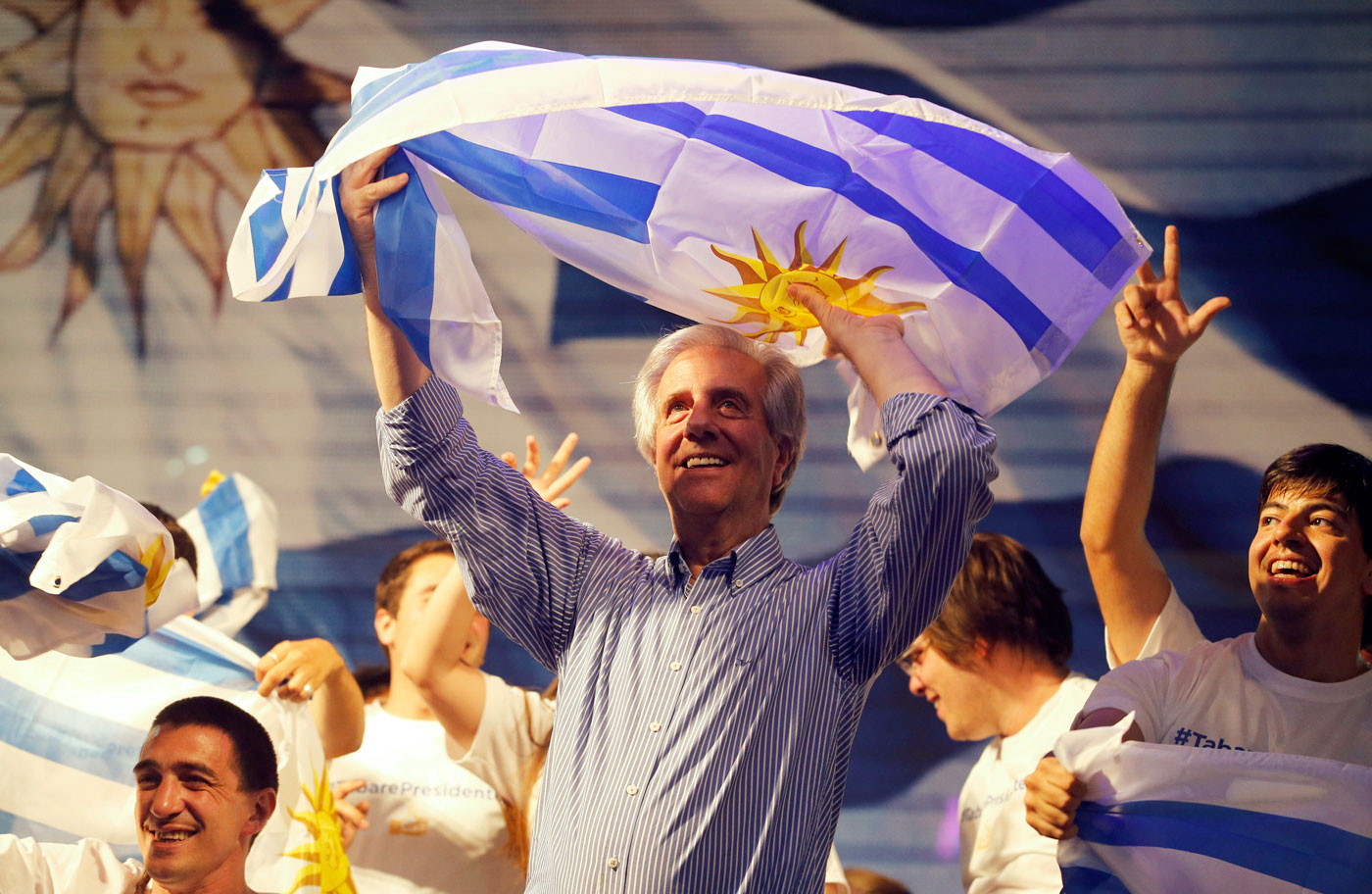
Anna Shcherbakova,
Research Associate at the Center for Political Studies, RAS Institute of Latin America
Research Associate at the Center for Political Studies, RAS Institute of Latin America
Andrey Pyatakov: Mundial 2014: Brazil is More than Soccer
Eric Ehrmann: Desafinado. Is FIFA's sports diplomacy out of tune with Brazil?
Eric Ehrmann: Desafinado. Is FIFA's sports diplomacy out of tune with Brazil?
Russia's Foreign Policy in Latin America
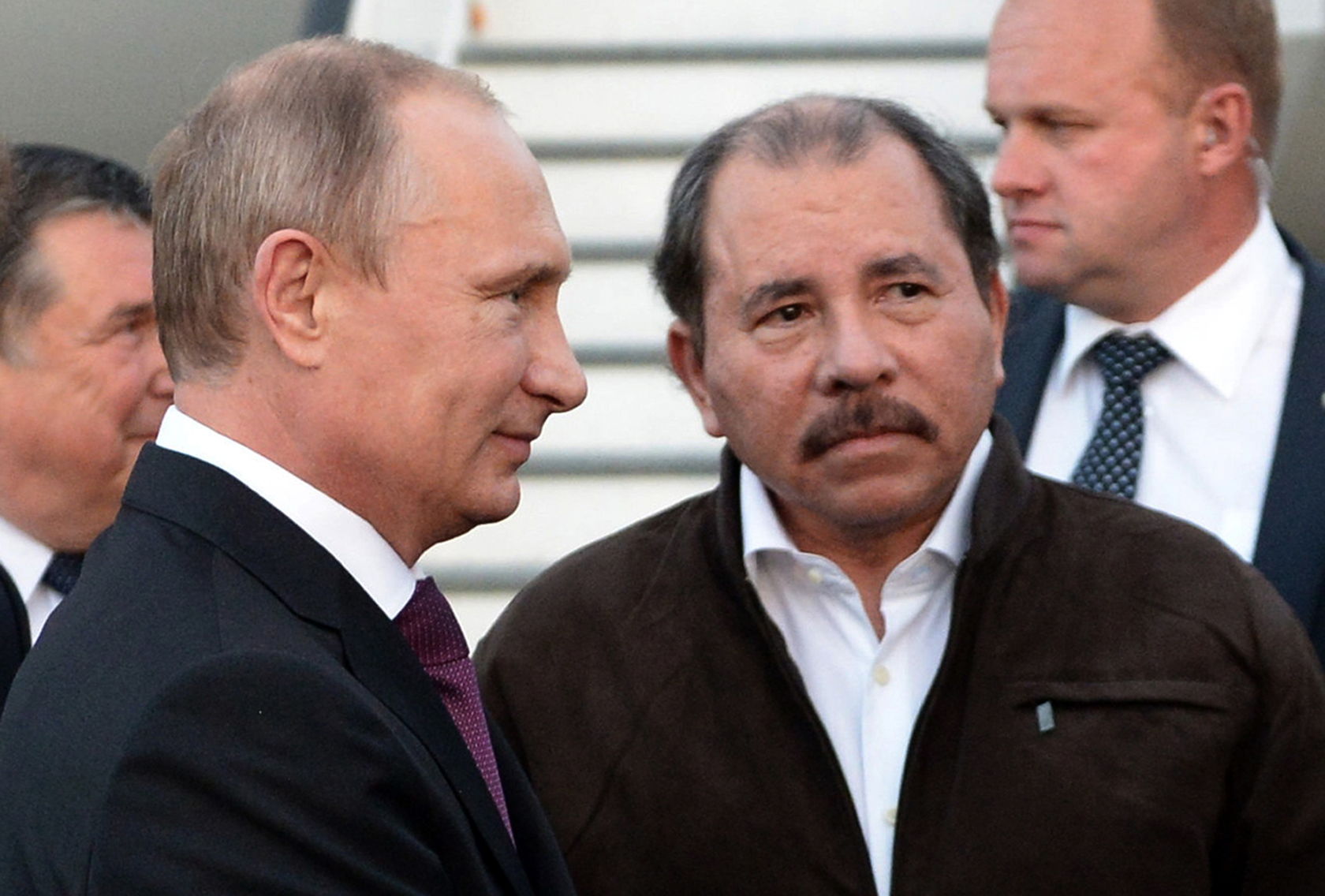
Anna Shcherbakova,
Research Associate at the Center for Political Studies, RAS Institute of Latin America
Research Associate at the Center for Political Studies, RAS Institute of Latin America
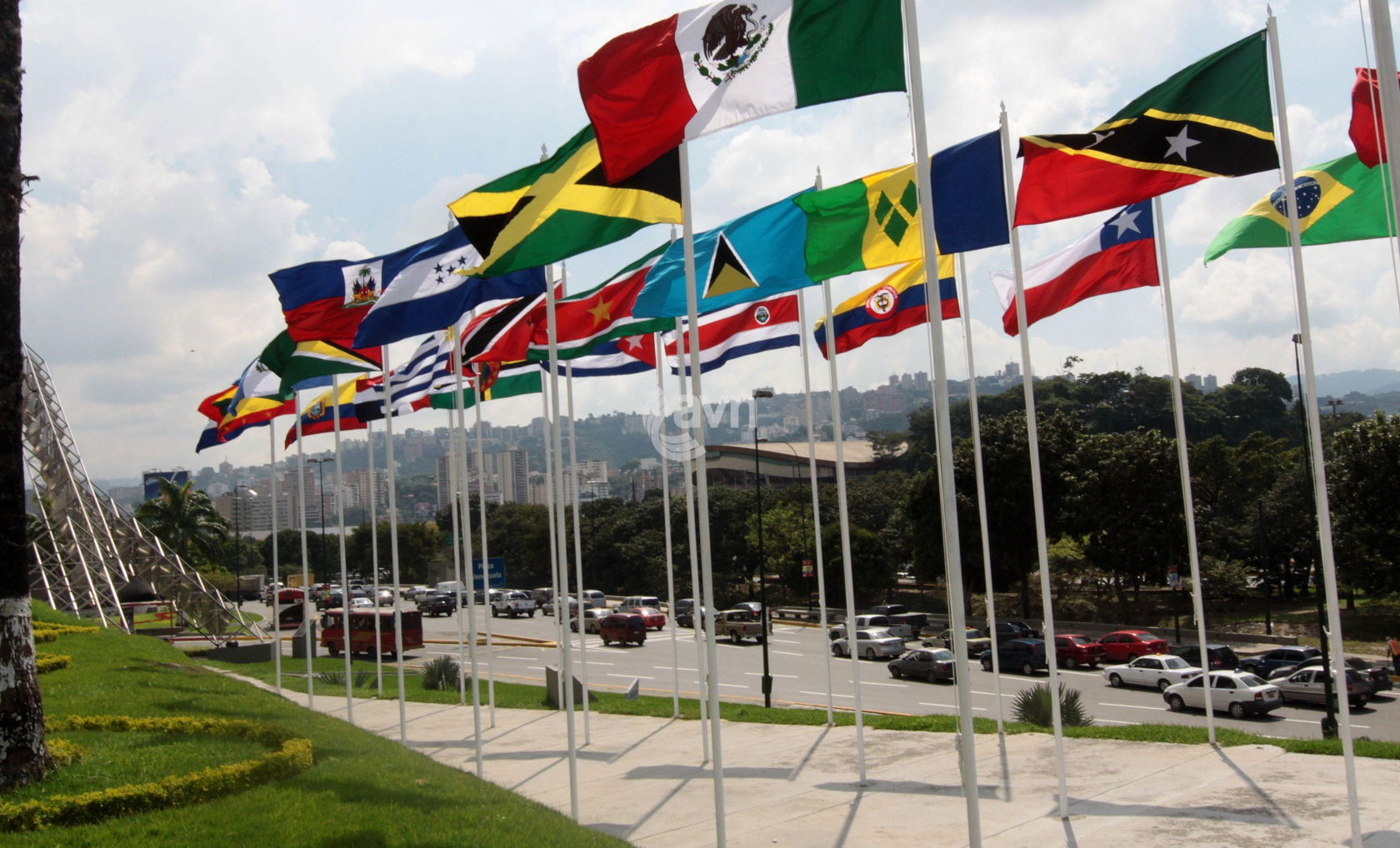
Vladimir Sudarev,
Deputy Director of the RAS Institute of Latin America
Deputy Director of the RAS Institute of Latin America
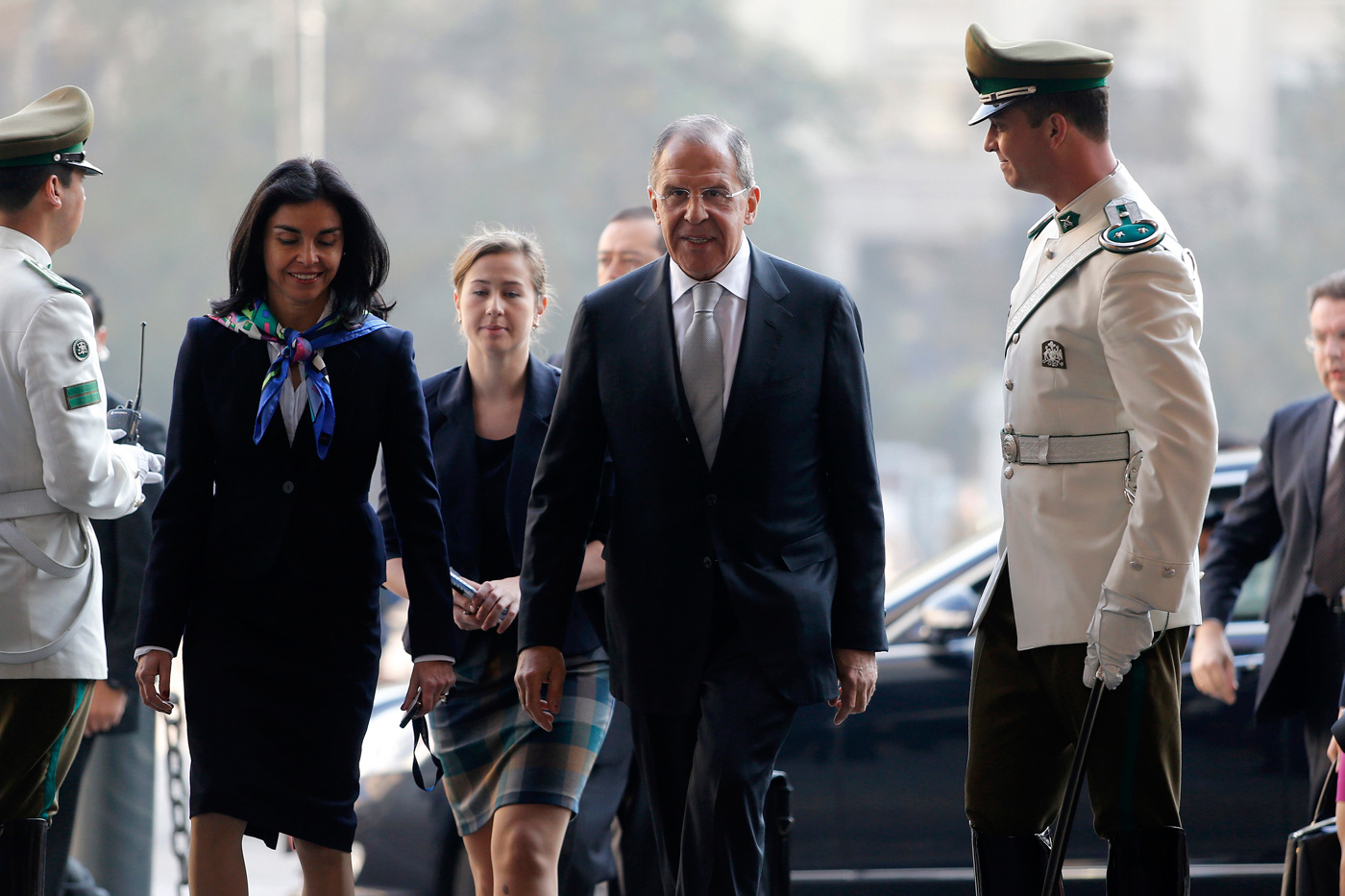
Alexei Chernyshev,
Science editor of Latin America magazine
Science editor of Latin America magazine
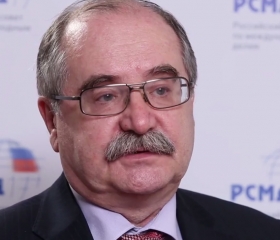
Vladimir Davydov,
Director of the RAS Institute of Latin America
Director of the RAS Institute of Latin America
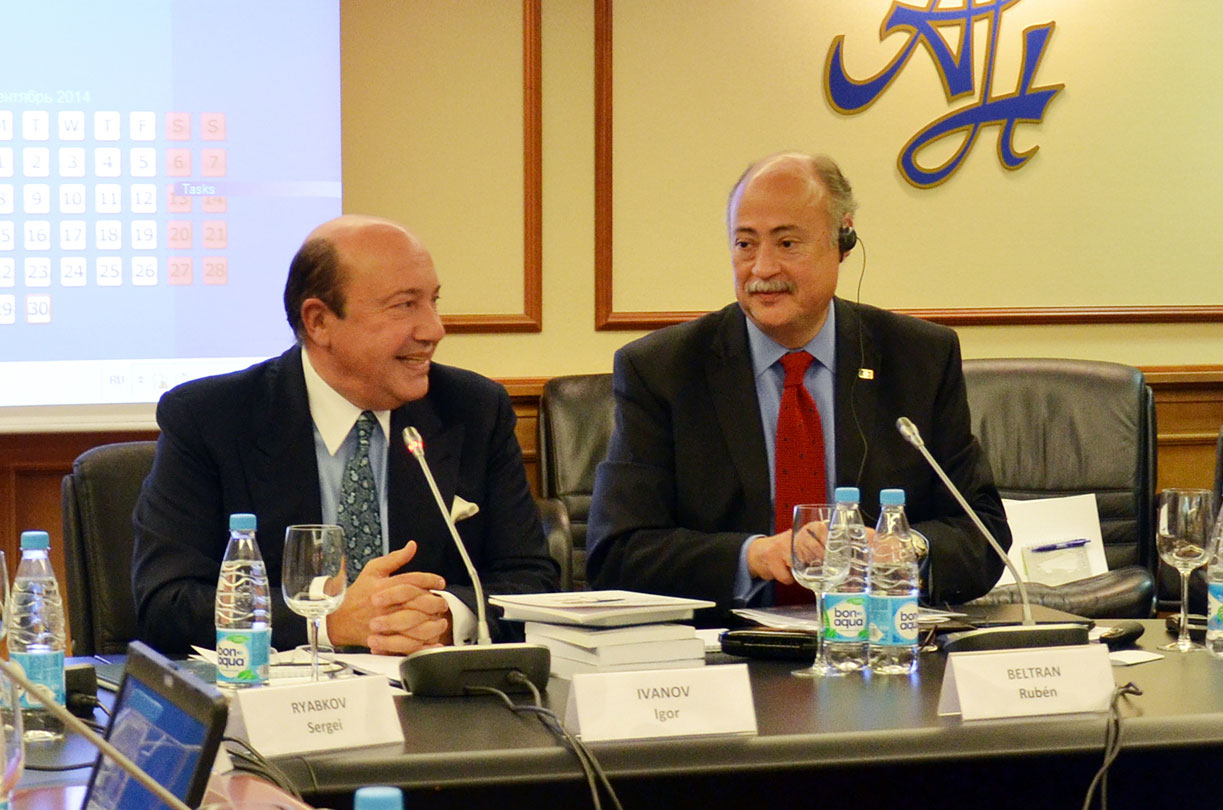
Ruben Beltran,
Ambassador Extraordinary and Plenipotentiary of the United States of Mexico to the Russian Federation
Ambassador Extraordinary and Plenipotentiary of the United States of Mexico to the Russian Federation
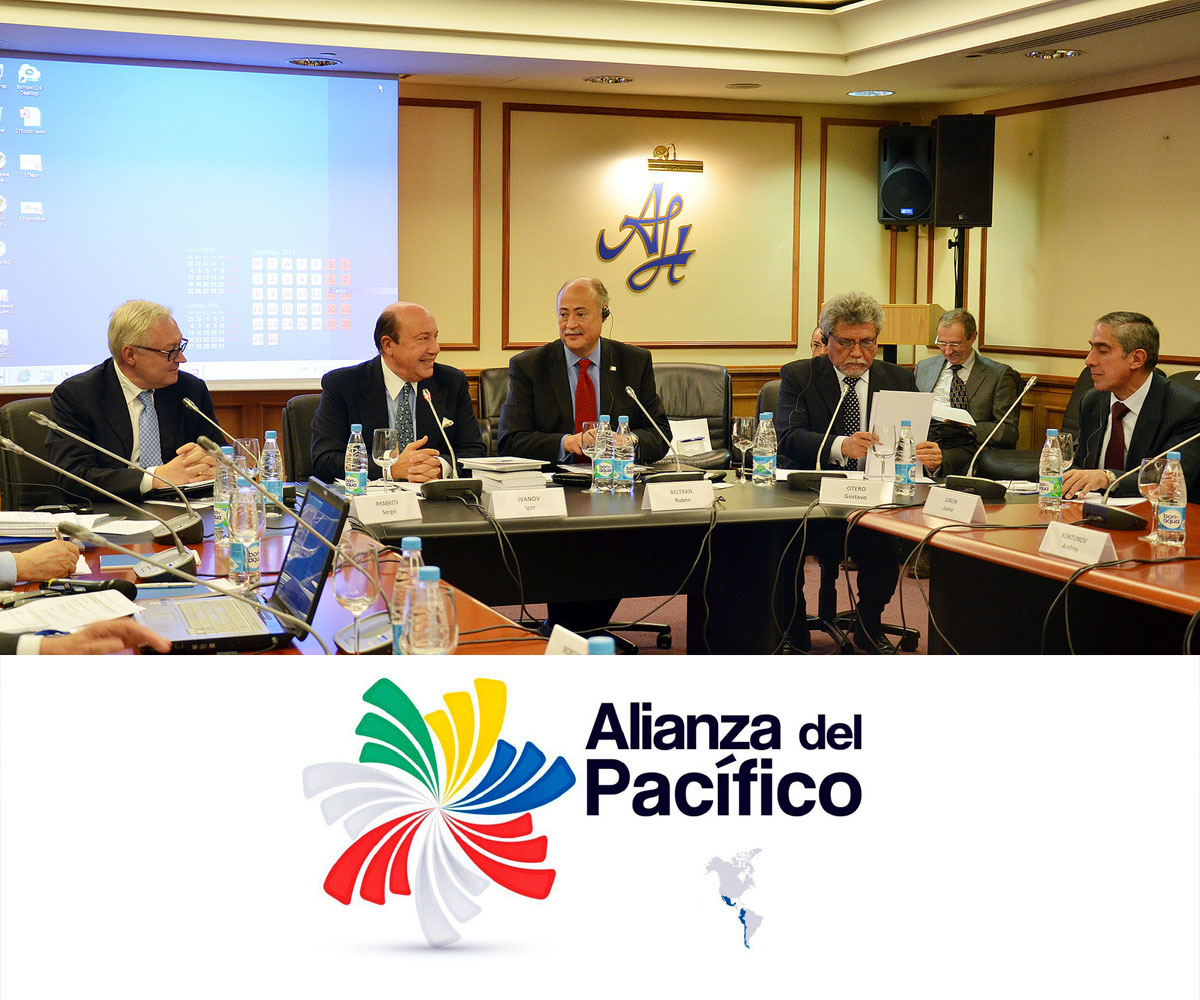
Mexican ambassador to Russia Ruben Beltran, Gustavo Otero of Peru and Jaime Giron of Colombia
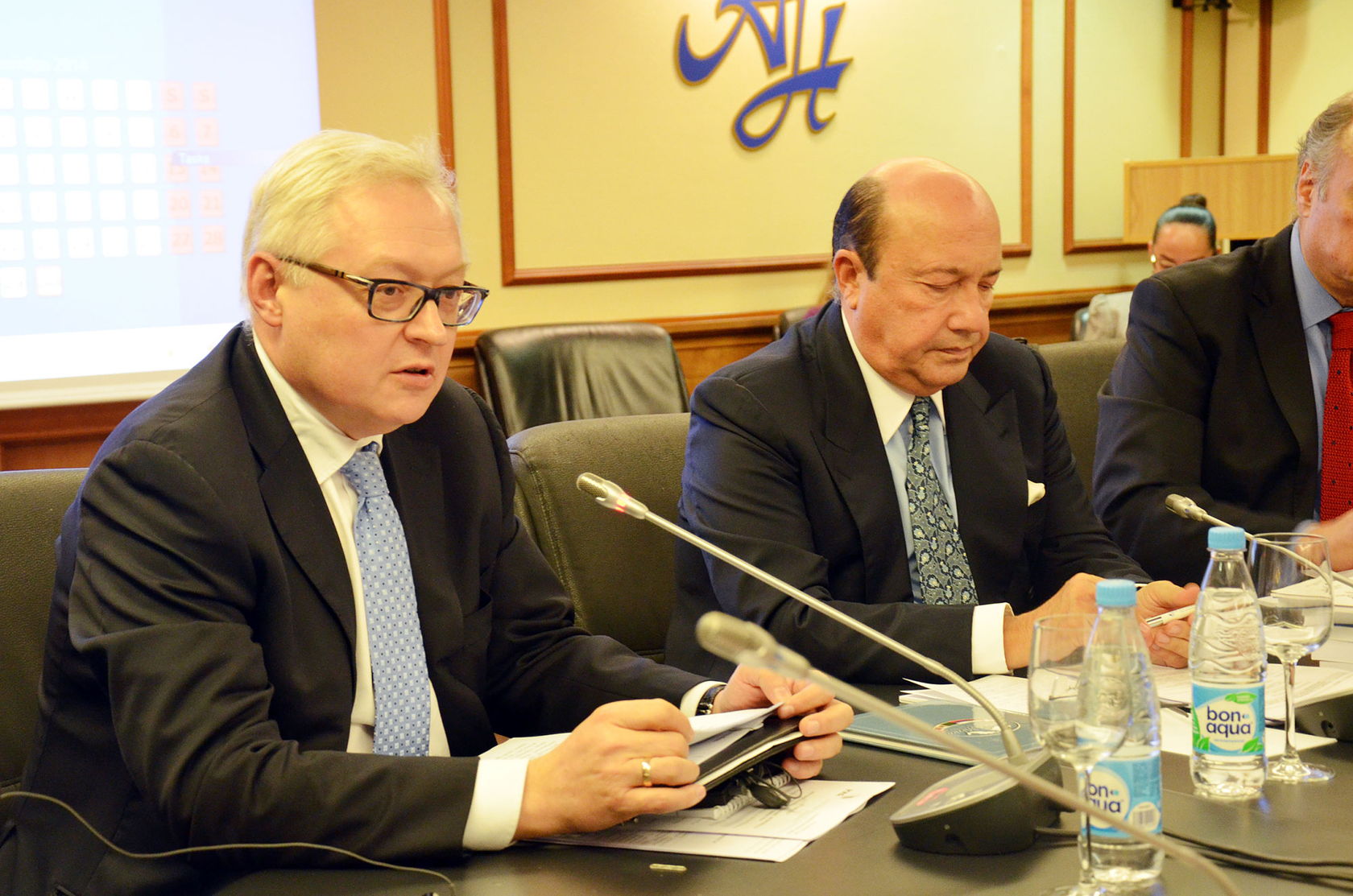
Alexander Shchetinin,
Director of the Latin American Department of the Russian Foreign Ministry
Director of the Latin American Department of the Russian Foreign Ministry
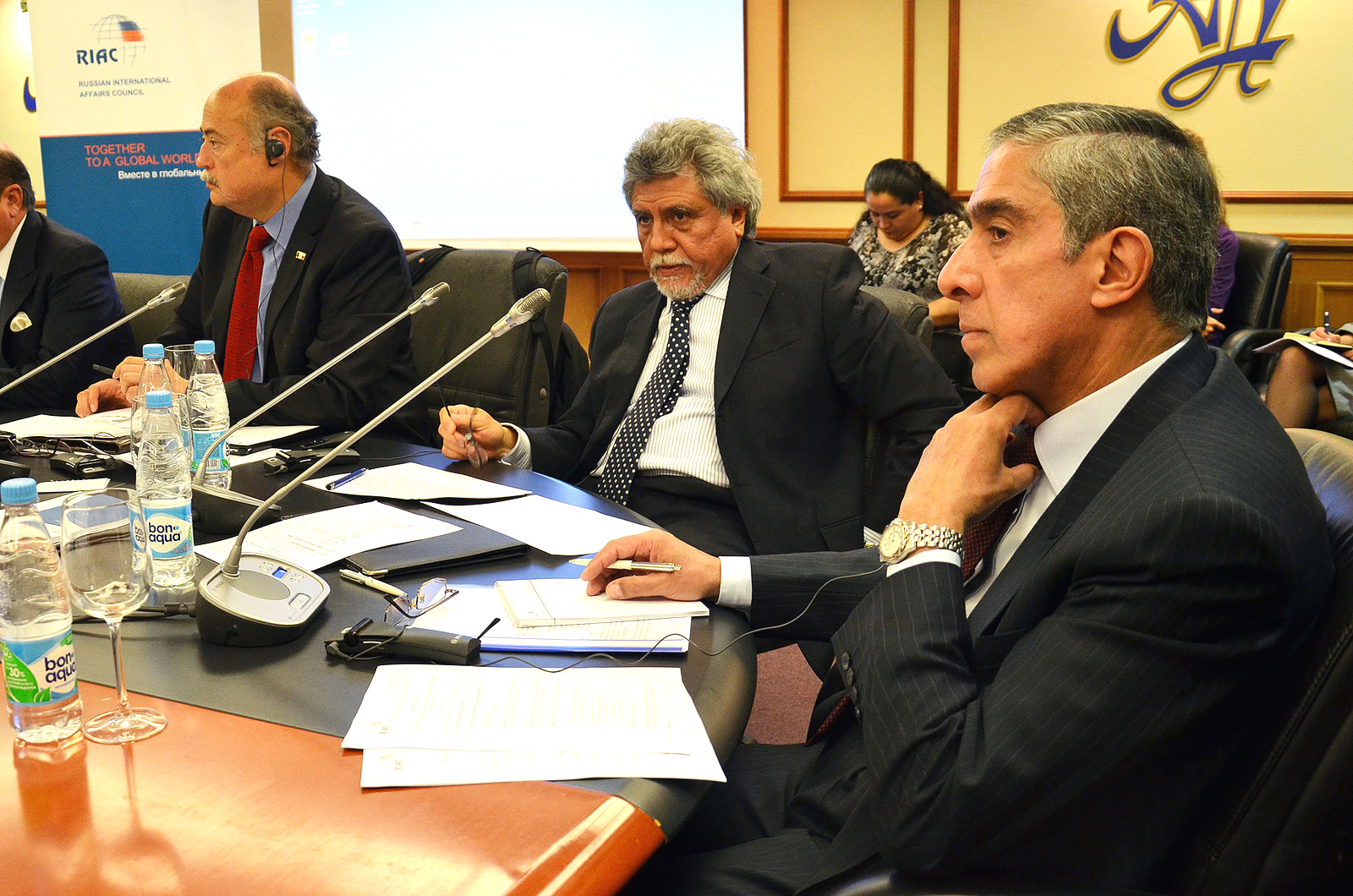
Mexican ambassador to Russia Ruben Beltran, Gustavo Otero of Peru and Juan Eduardo Eguiguren of Chile
Integration Processes in the Region
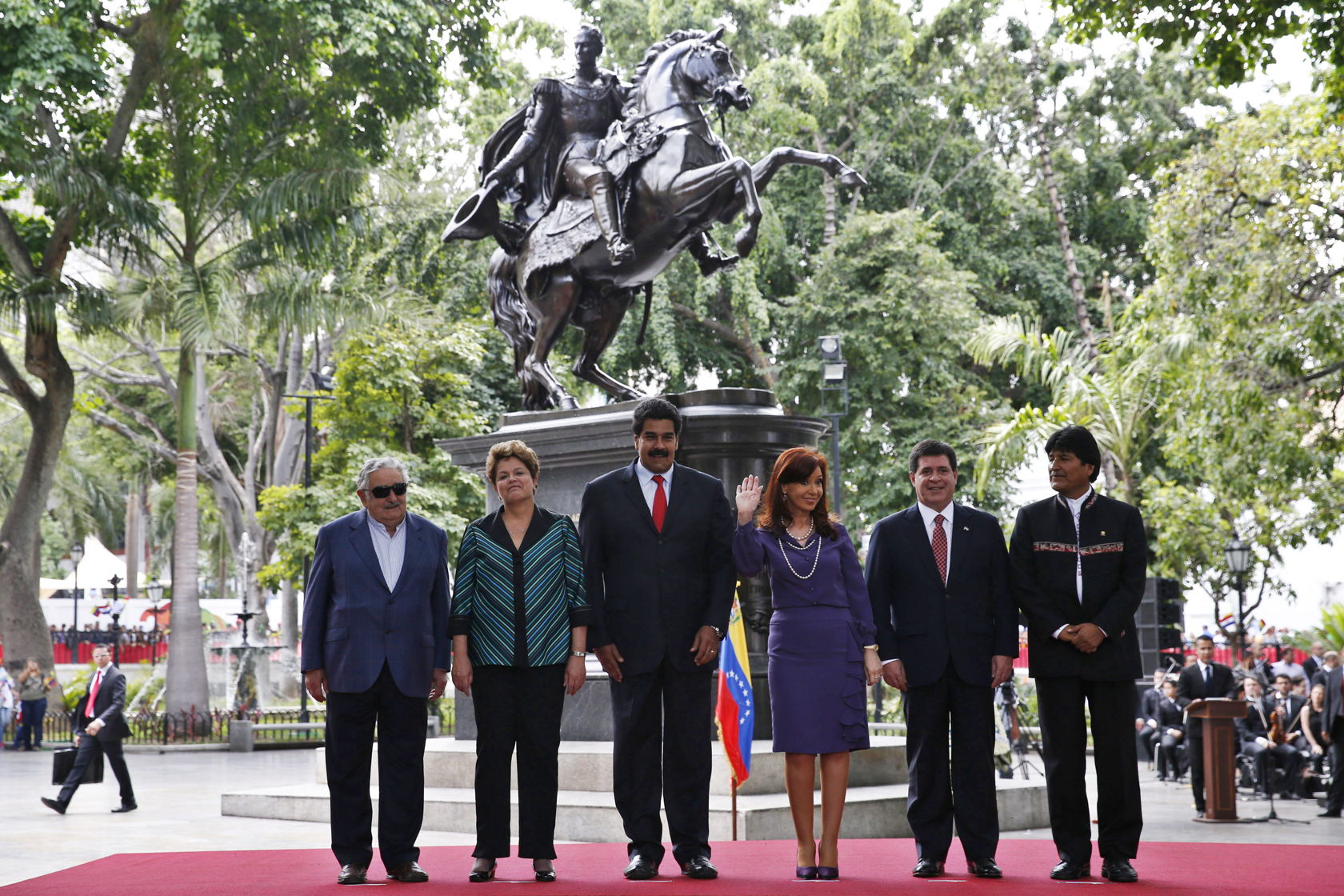
Nailya Yakovleva,
Senior Research Fellow at Political Studies Centre, Institute of Latin America, RAS
Senior Research Fellow at Political Studies Centre, Institute of Latin America, RAS
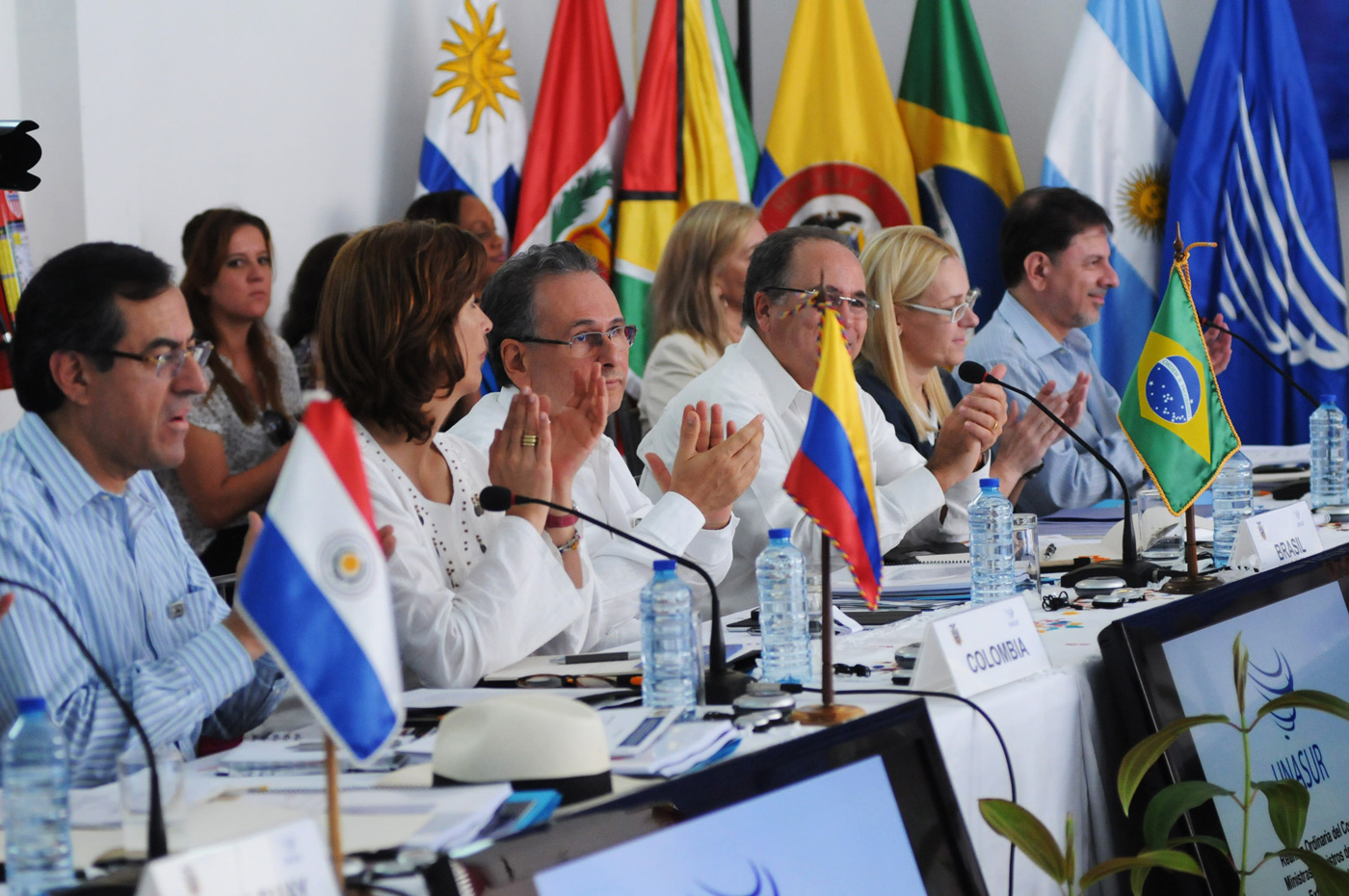
Andrey Pyatakov,
Senior Research Fellow, RAS Institute for Latin American Studies
Senior Research Fellow, RAS Institute for Latin American Studies
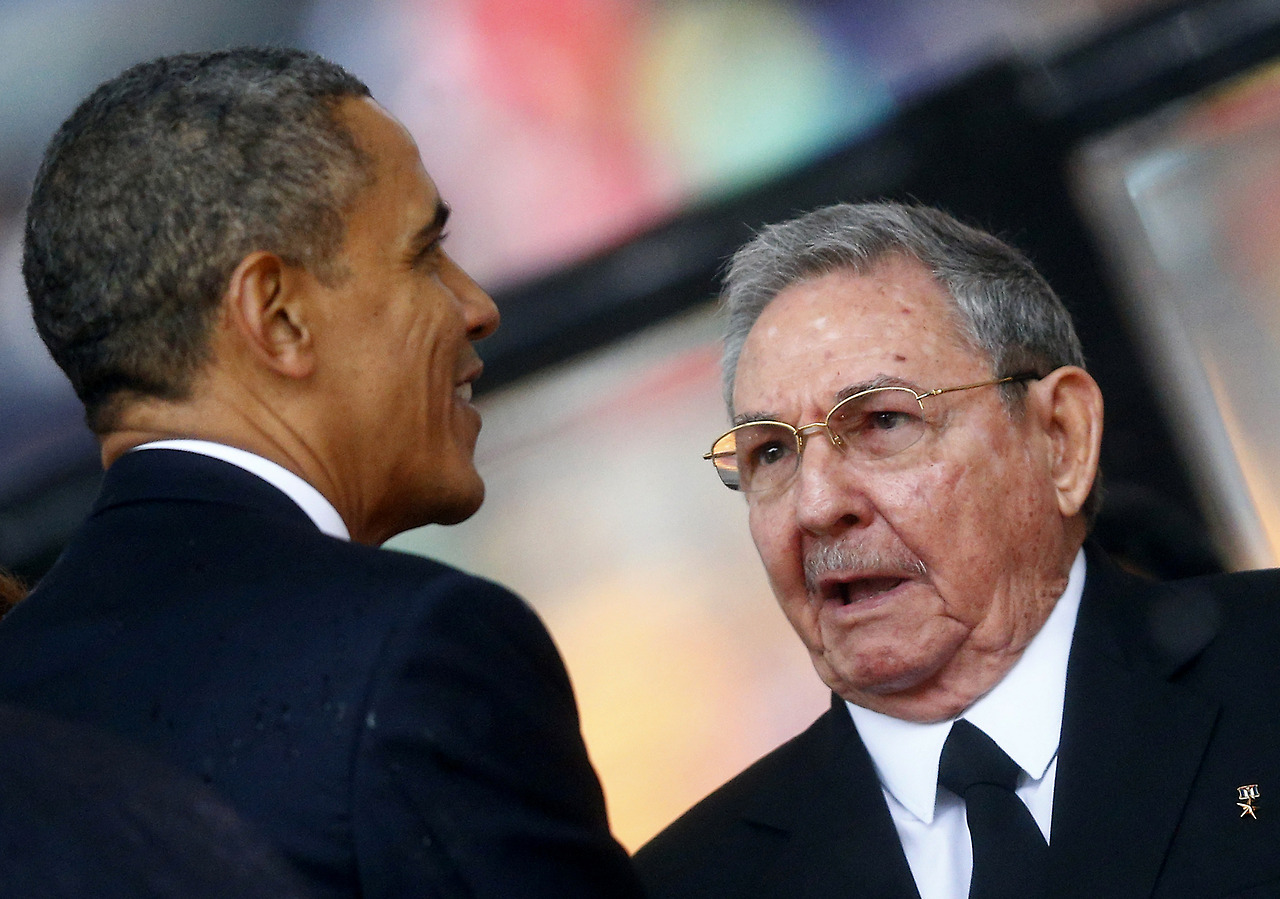
Eduard Belyi,
Academic Secretary of RAS Institute for Latin American Studies
Academic Secretary of RAS Institute for Latin American Studies
The World Is Rearming Itself
Everything connected to new types of weapons, military technologies and concepts was a sensation in 2014. A separate series of publications look at the military capabilities of Russia, Australia and other countries.
Everything connected to new types of weapons, military technologies and concepts was a sensation in 2014. A separate series of publications look at the military capabilities of Russia, Australia and other countries.
Ilya Kramnik: Russian Arms Export: Strategies of Influence
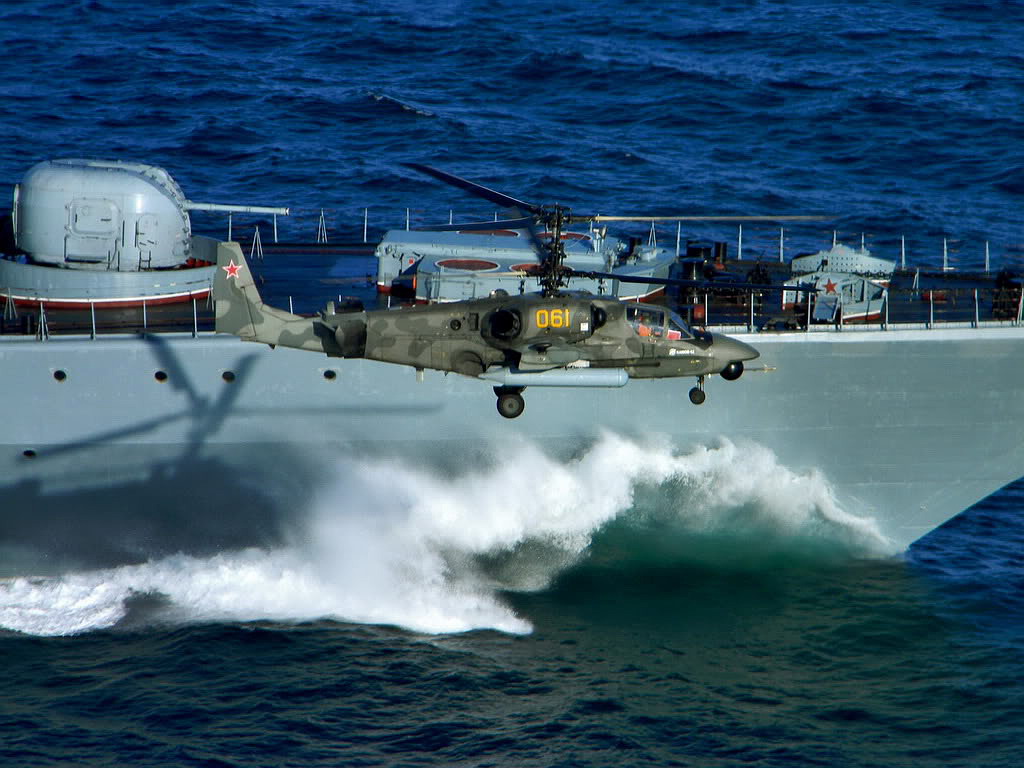
Ilya Kramnik,
Military columnist, The Voice of Russia
Military columnist, The Voice of Russia
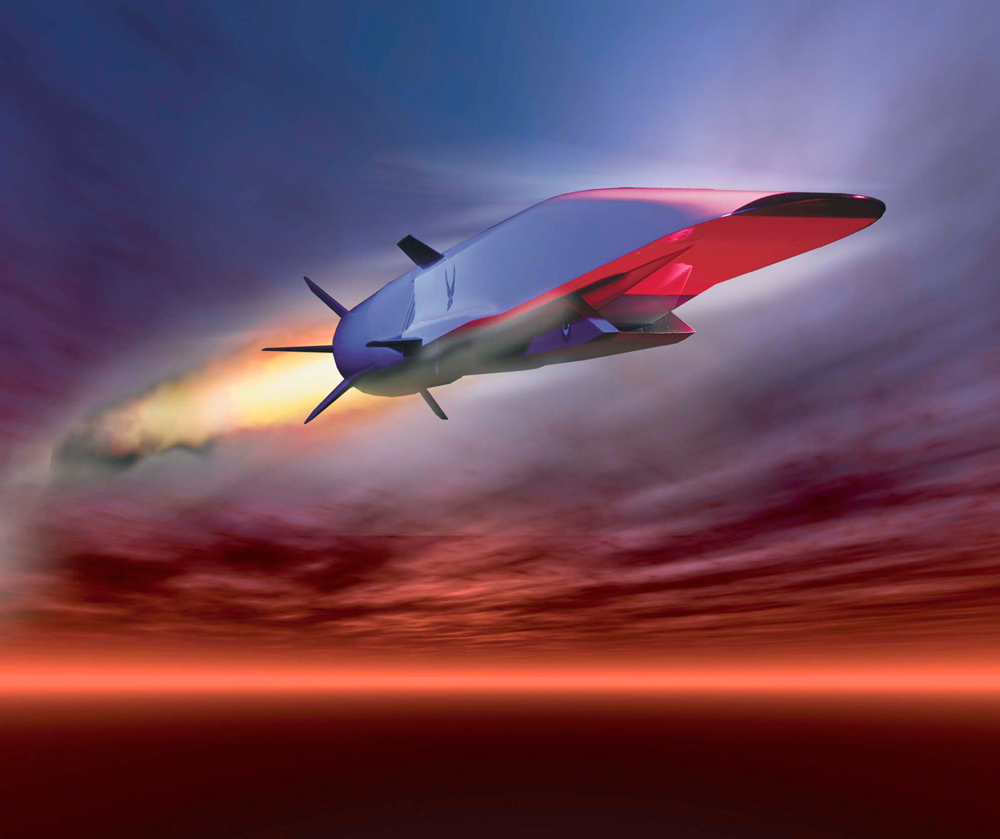
Alexander Saveliev, IMEMO RAN, James Acton, Garnegie Foundation
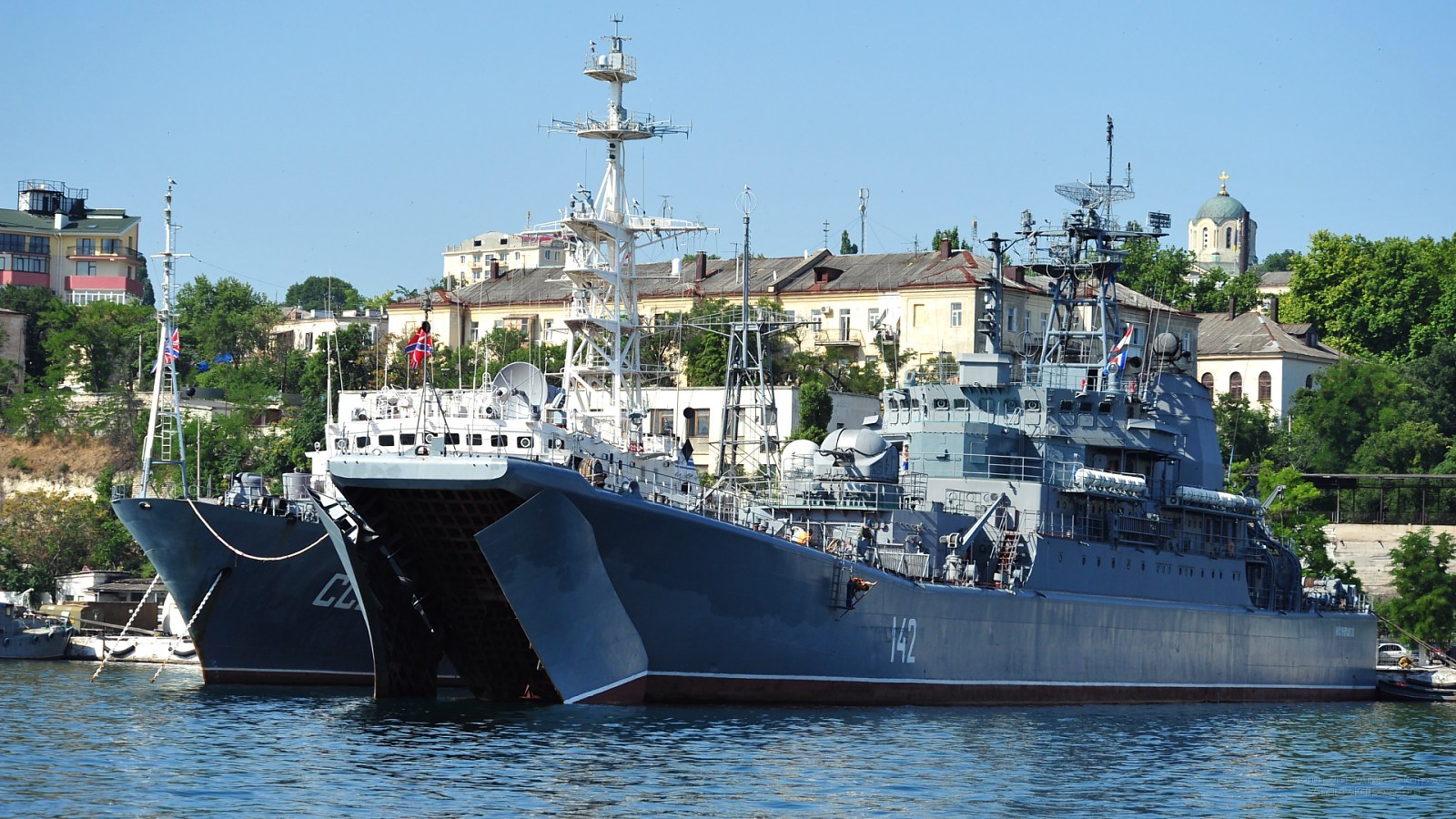
Ilya Kramnik,
Military columnist, The Voice of Russia
Military columnist, The Voice of Russia
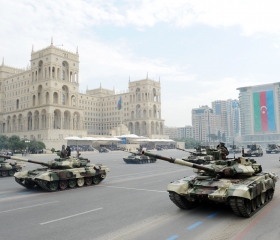
Andrey Frolov,
Editor-in-Chief of Arms Export magazine
Editor-in-Chief of Arms Export magazine
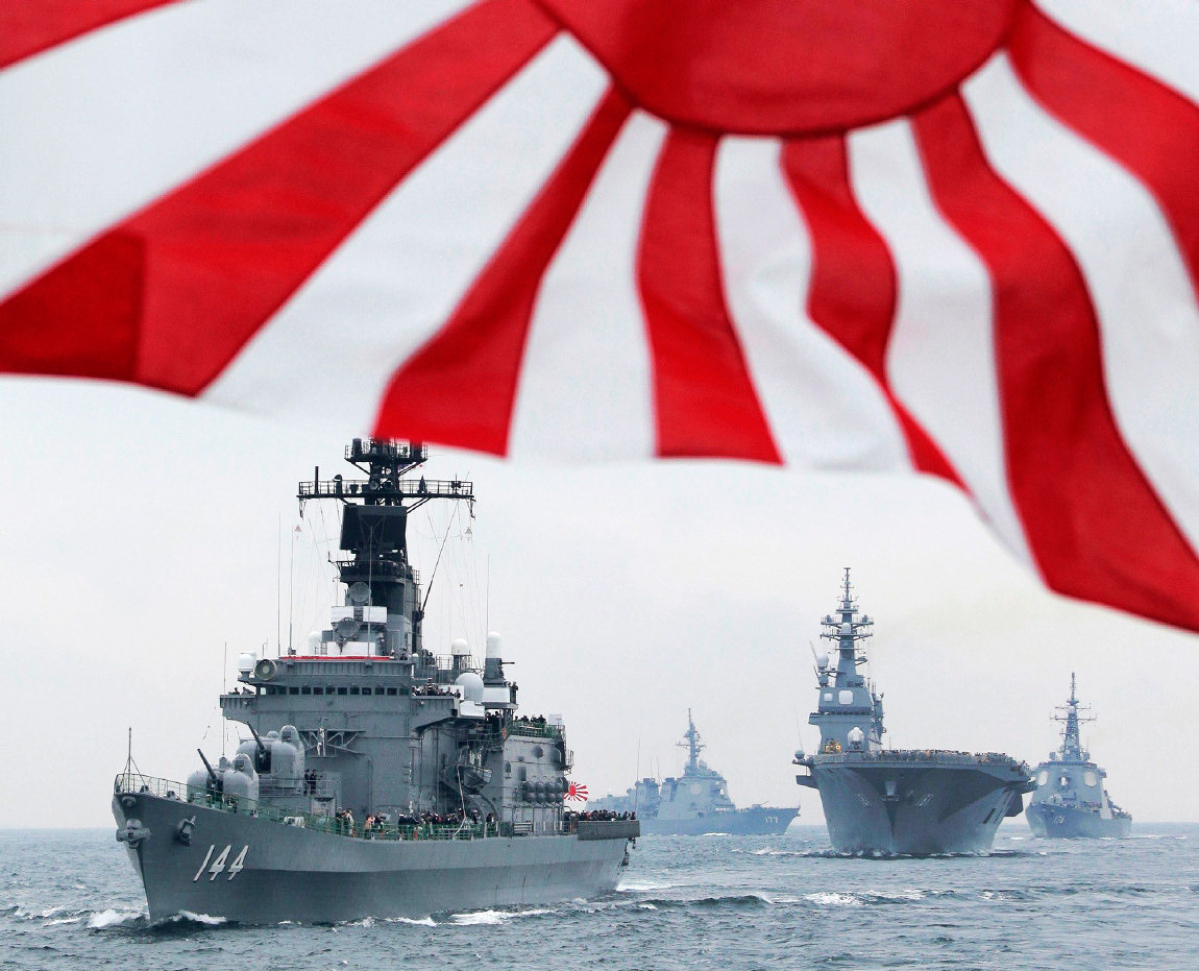
Dmitry Streltsov,
Head of the Department of Oriental Studies of the MGIMO University
Head of the Department of Oriental Studies of the MGIMO University
Andrey Gubin,Associate Professor, School of Regional and International Studies, Far Eastern Federal University
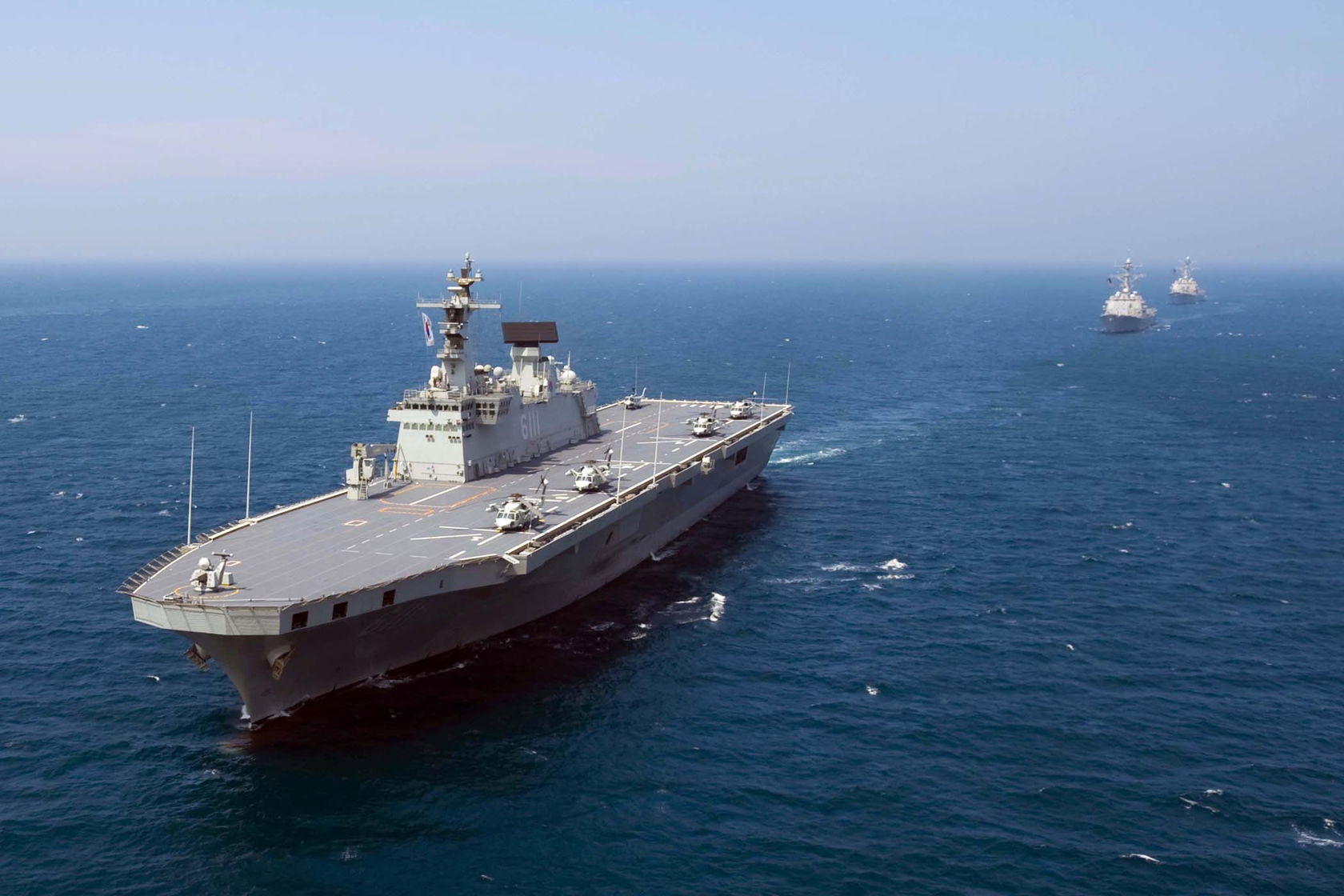
Prokhor Tebin,
PhD in Political Science, RIAC expert
PhD in Political Science, RIAC expert
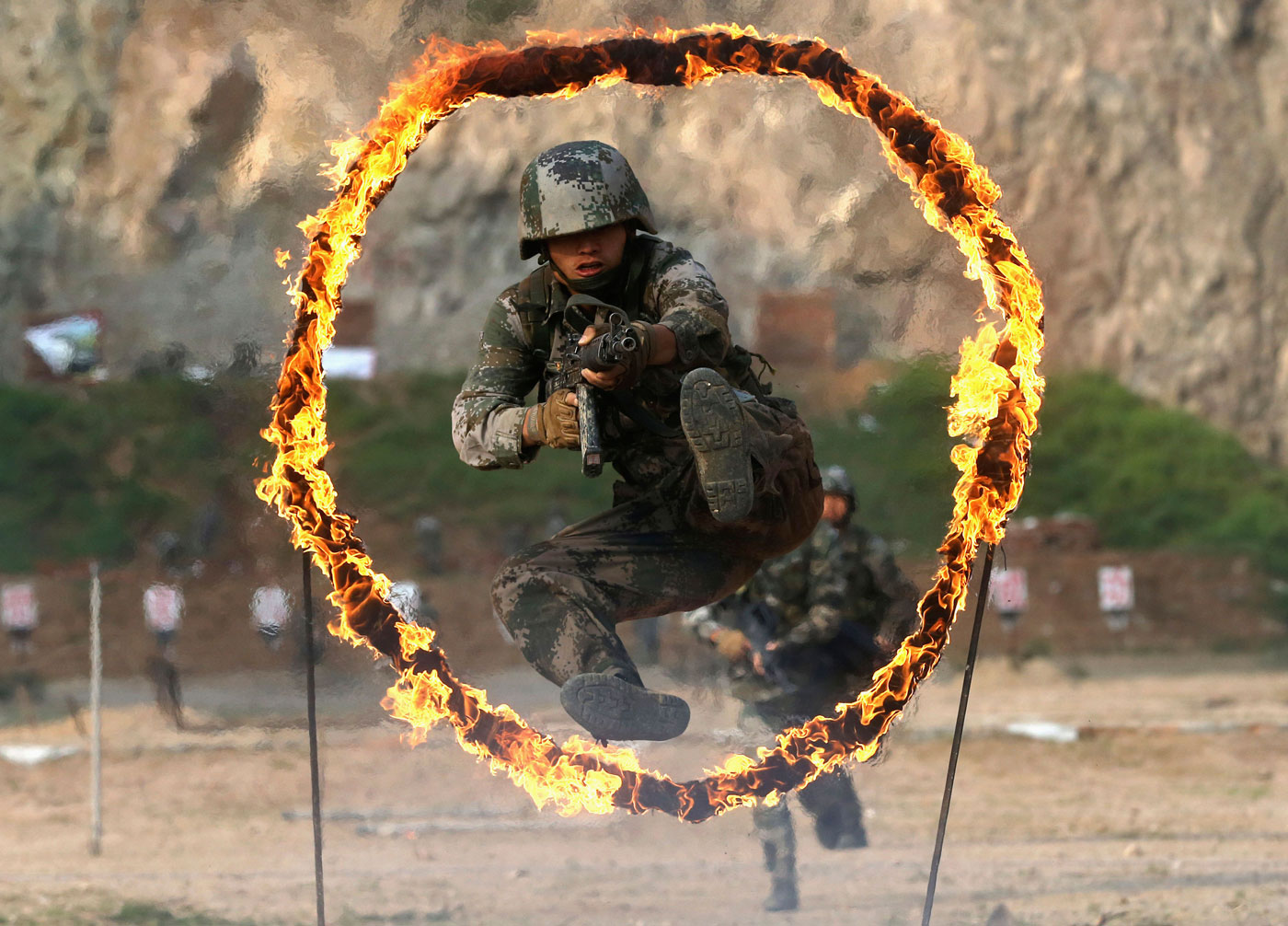
Vassily Kashin,
Senior research fellow at the Center of Strategic Problems of Northeast Asia, SCO and BRICS, University of Far Eastern Studies
Senior research fellow at the Center of Strategic Problems of Northeast Asia, SCO and BRICS, University of Far Eastern Studies
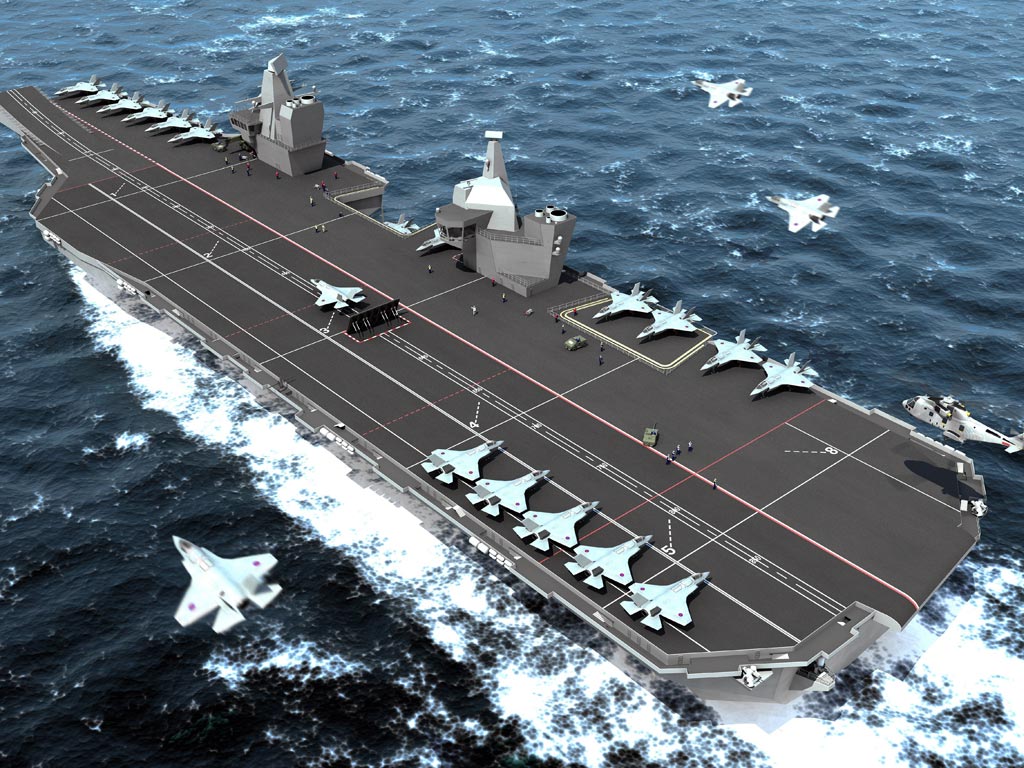
Prokhor Tebin,
PhD in Political Science, RIAC expert
PhD in Political Science, RIAC expert
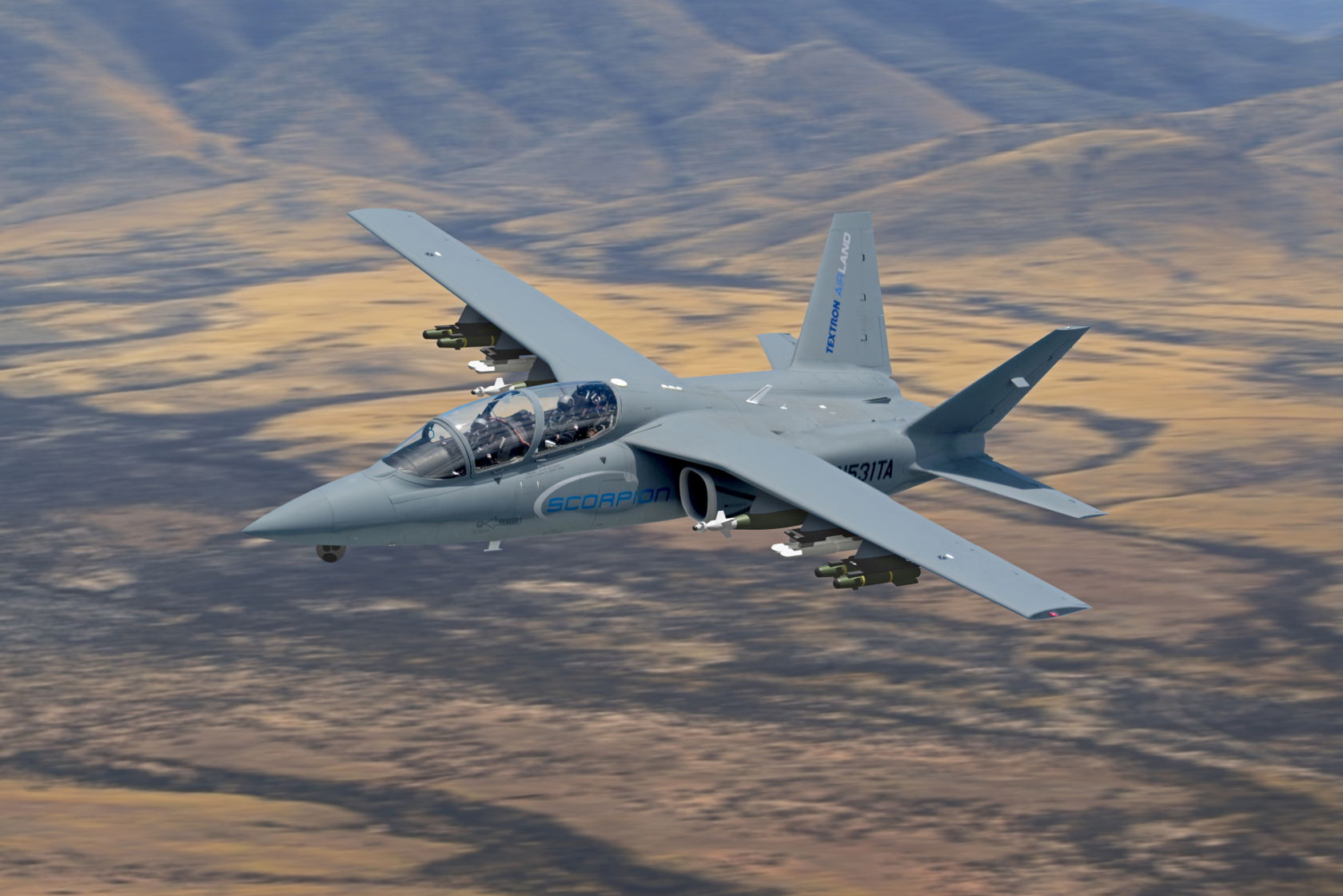
Alexander Yermakov,
Military columnist, RIAC expert
Military columnist, RIAC expert
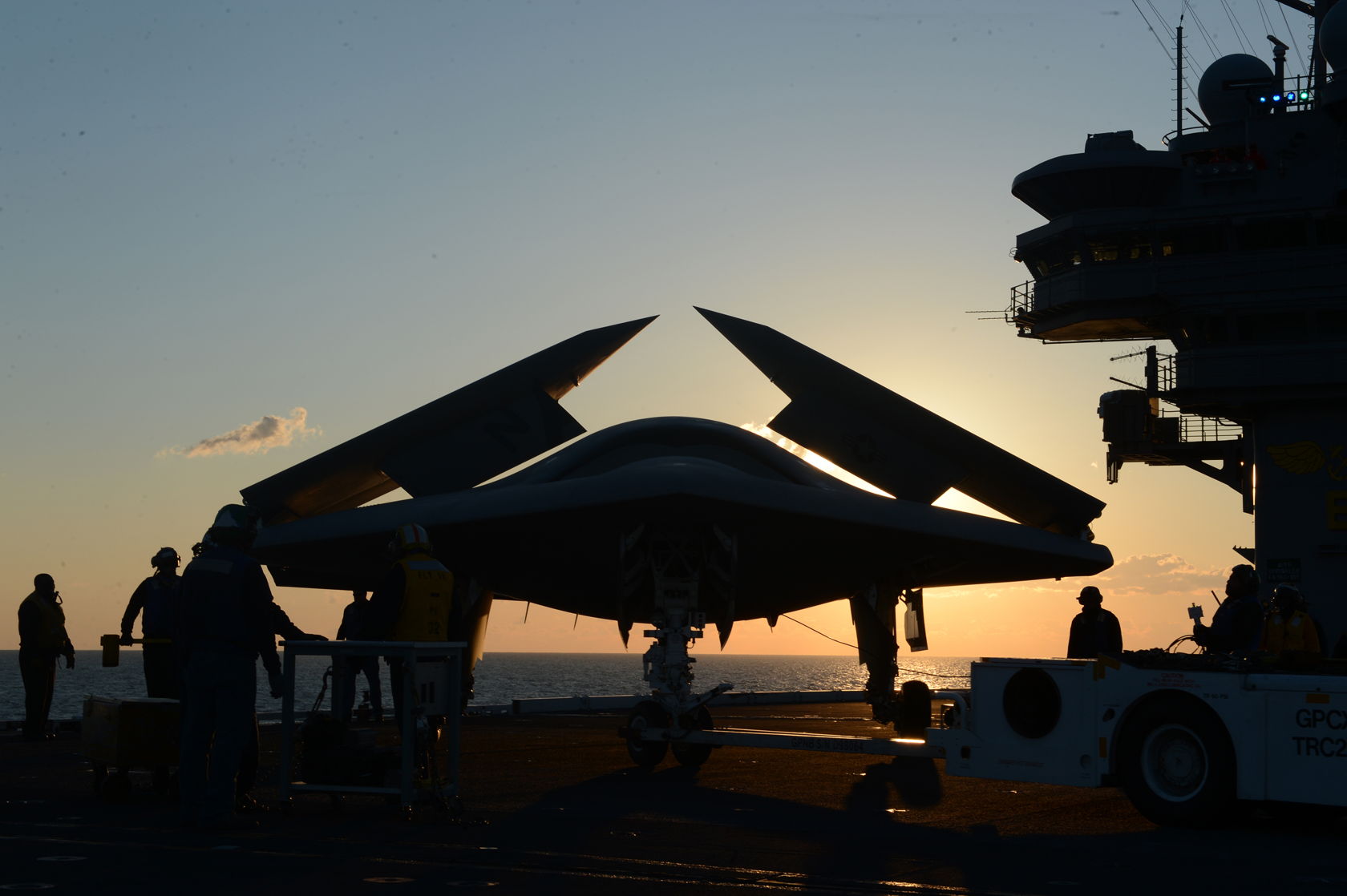
Prokhor Tebin,
PhD in Political Science, RIAC expert
PhD in Political Science, RIAC expert
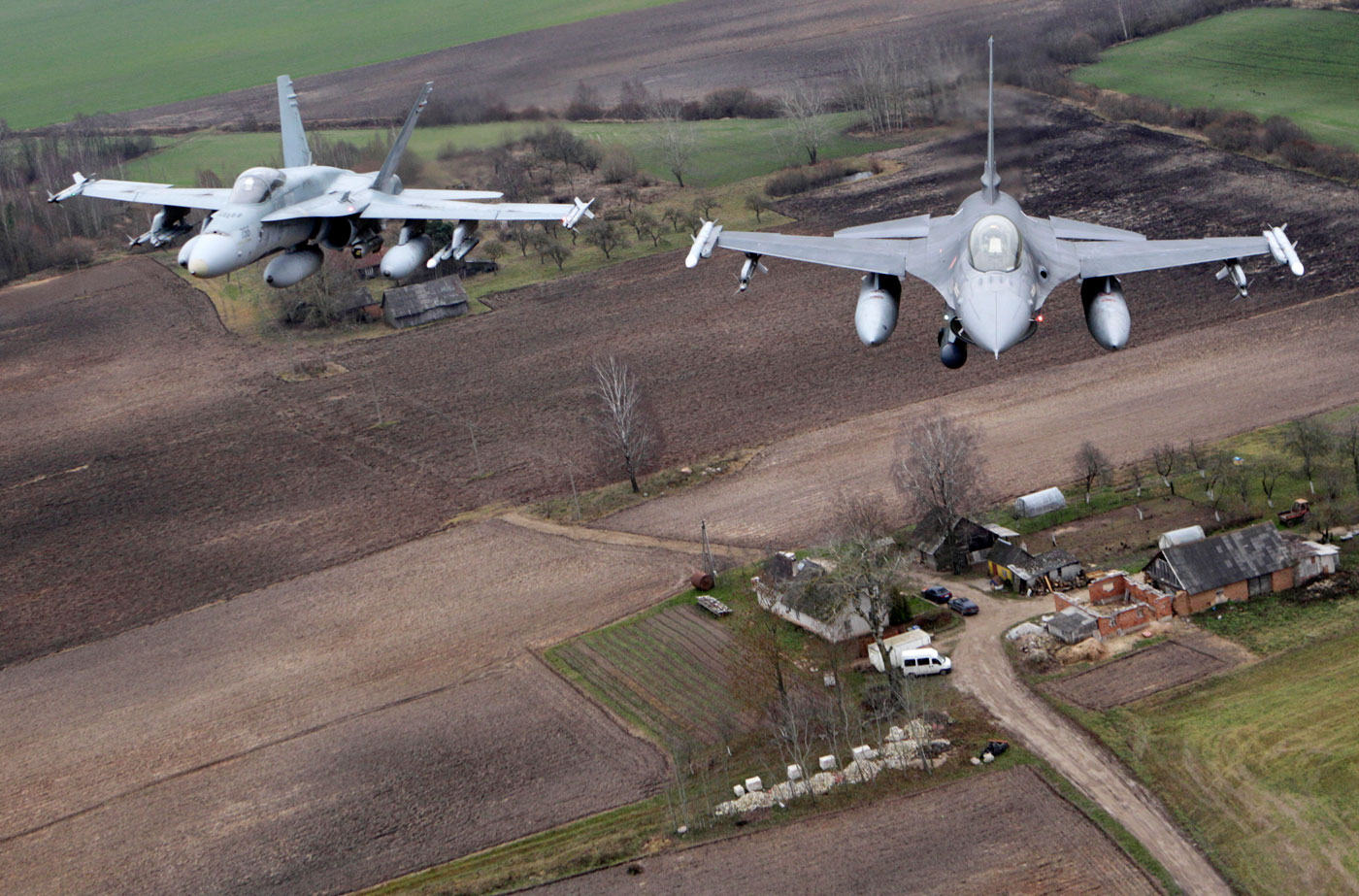
Alexander Yermakov,
Military columnist,RIAC expert
Military columnist,RIAC expert
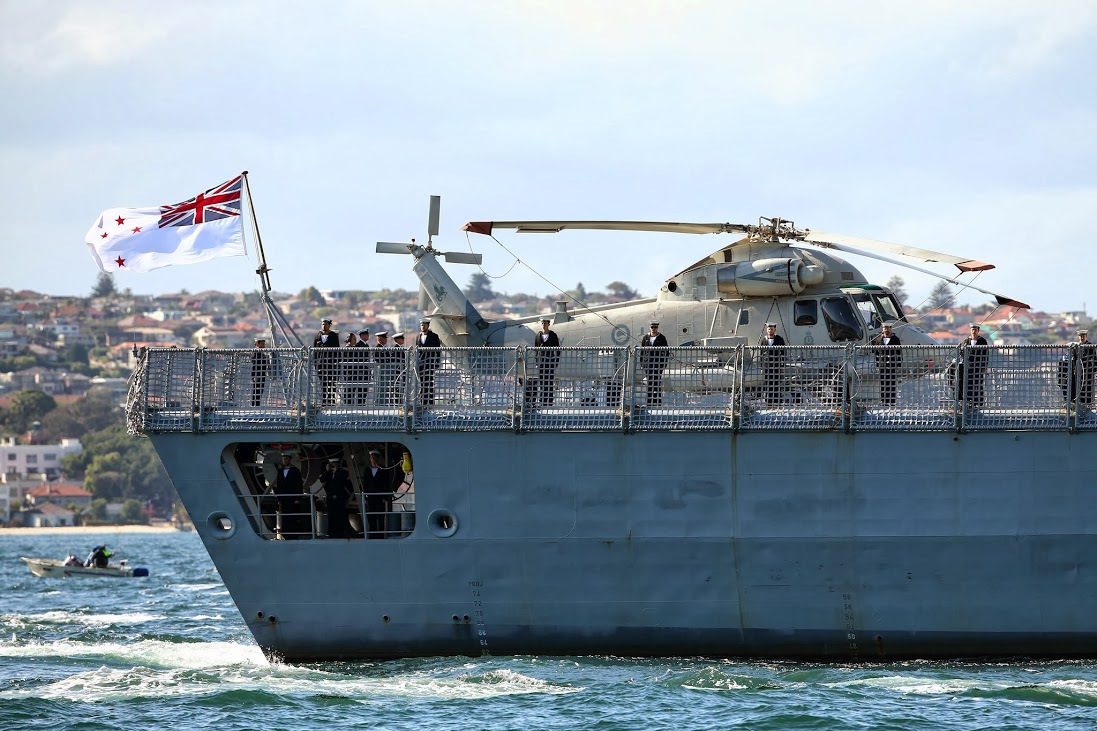
Prokhor Tebin,
PhD in Political Science, RIAC expert
PhD in Political Science, RIAC expert
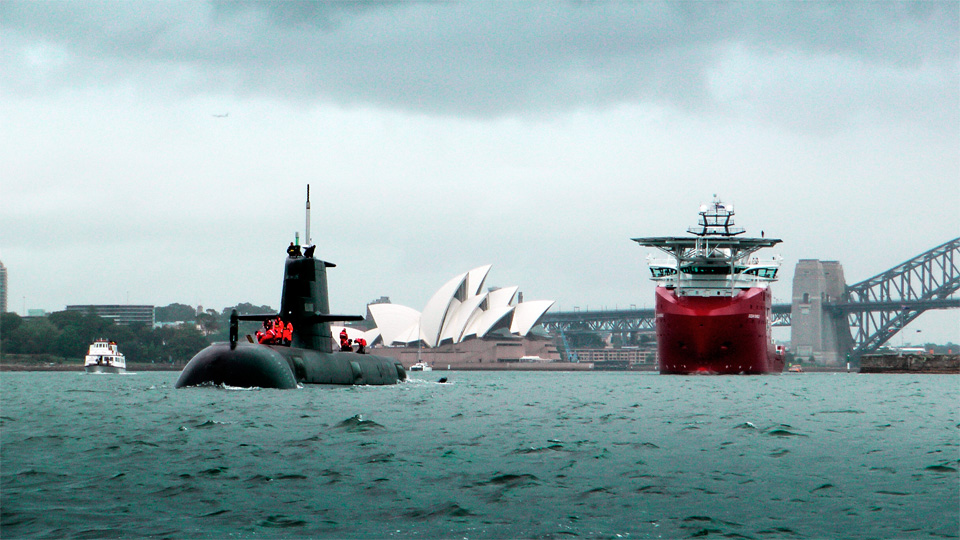
Andrey Gubin,
Assistant Professor, International Relations Department, Far Eastern Federal University
Assistant Professor, International Relations Department, Far Eastern Federal University
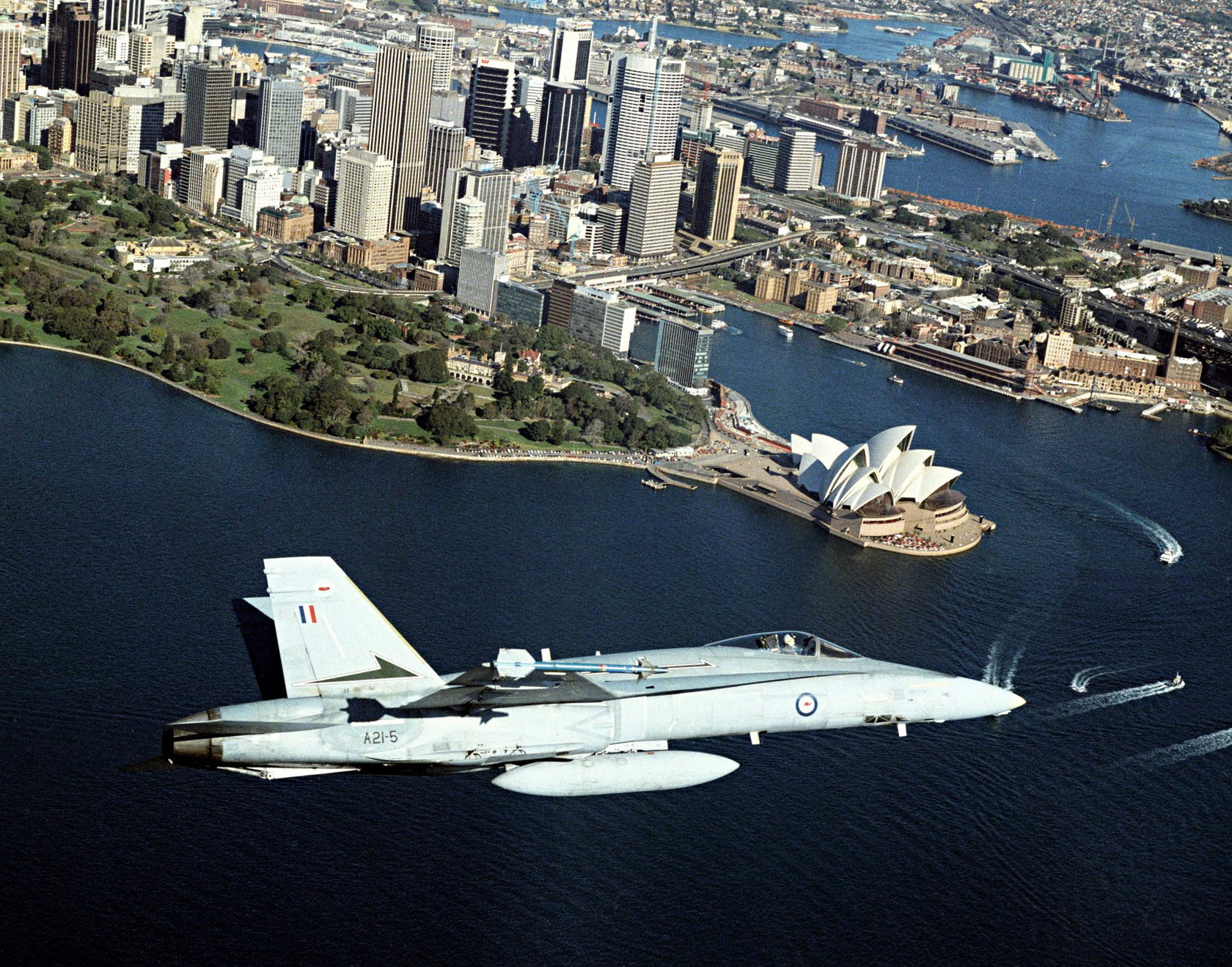
Alexander Yermakov,
Military columnist,RIAC expert
Military columnist,RIAC expert
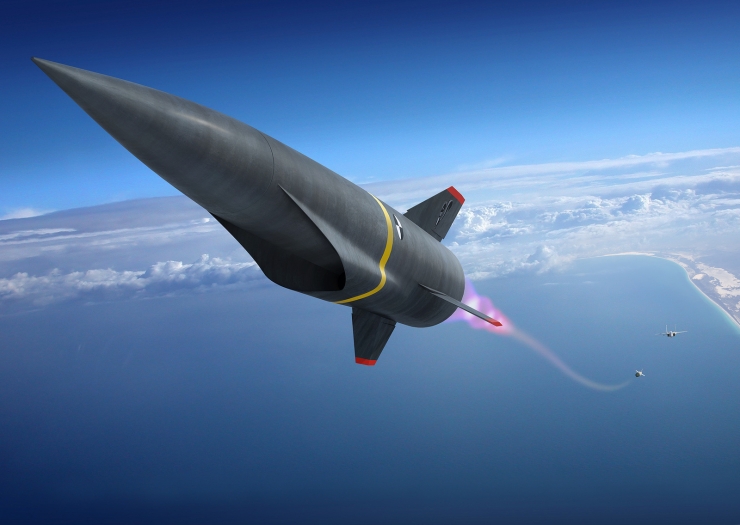
Prokhor Tebin,
PhD in Political Science, RIAC expert
PhD in Political Science, RIAC expert
Technologies: Space, Innovations, Information Security
Pavel Sharikov: Great Russian-Chinese Cyberwall
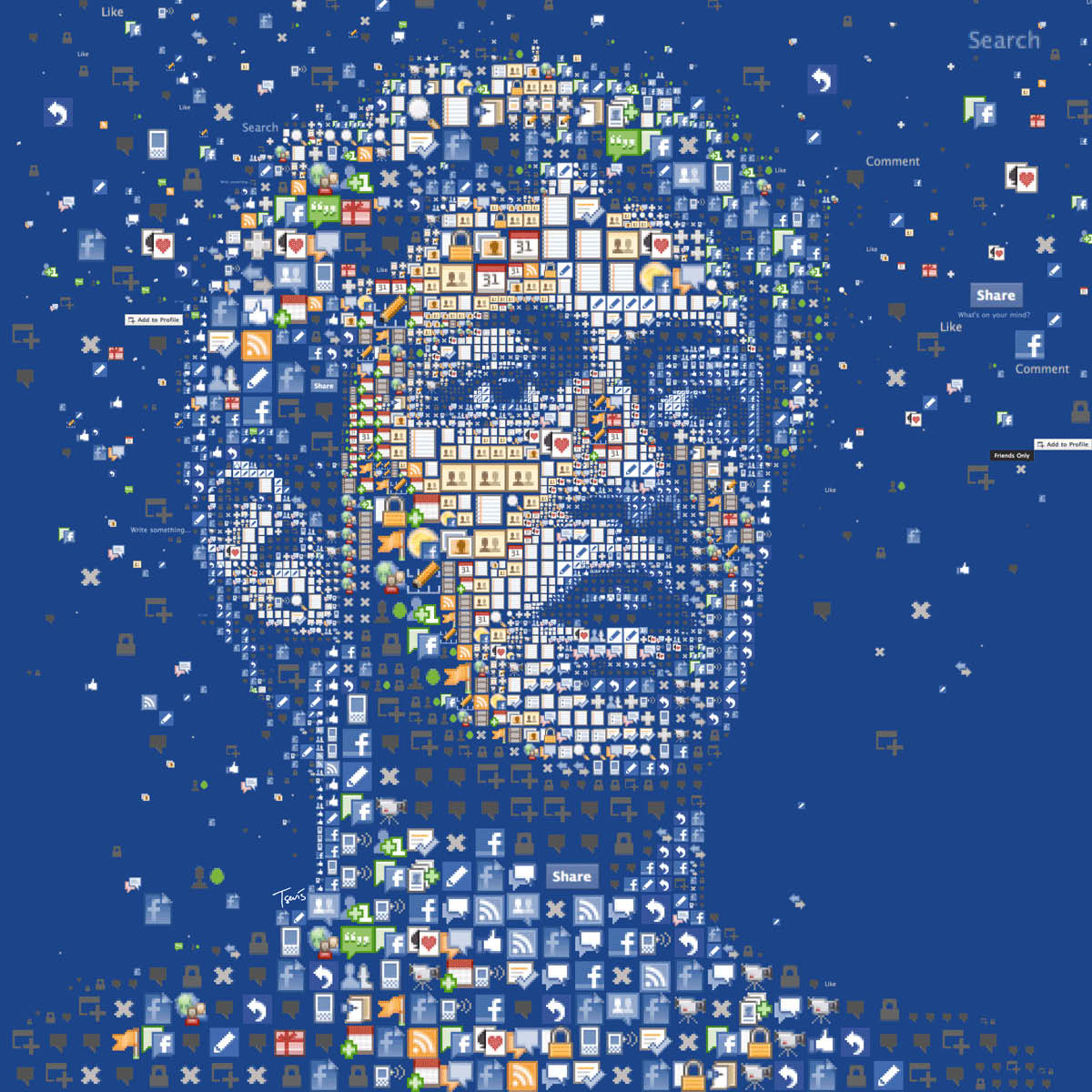
Maxim Kornev,
Associate professor, Mass-Media Institute, Russian State University for the Humanities
Associate professor, Mass-Media Institute, Russian State University for the Humanities
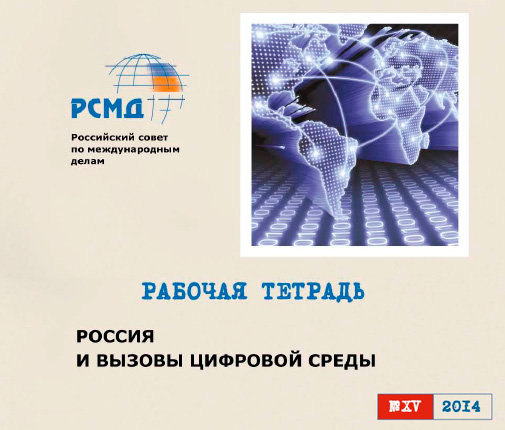
RIAC Working Paper
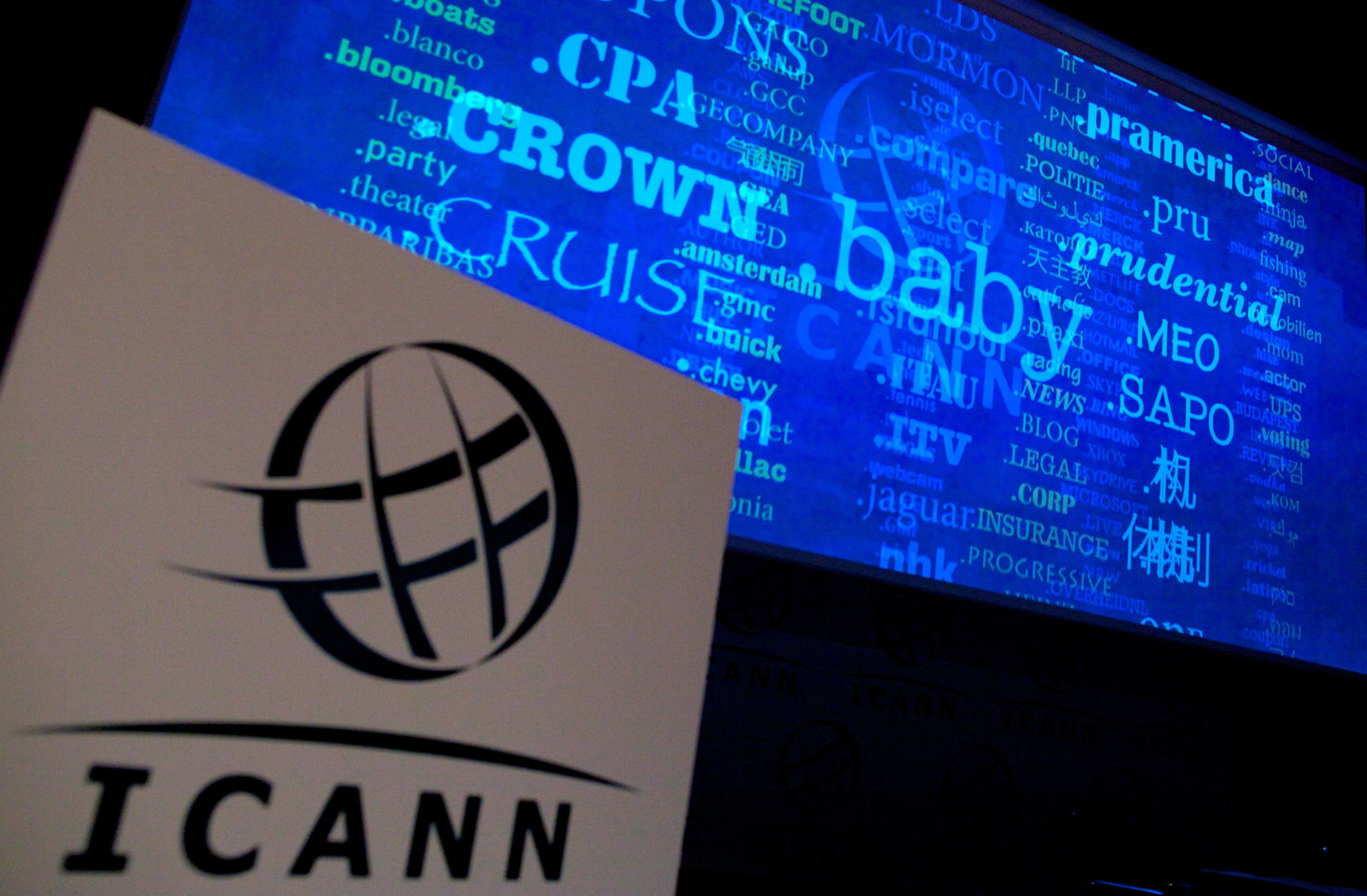
Julien Nocetti,
Research Fellow at the French Institute of International Relations
Research Fellow at the French Institute of International Relations

Mikhail Yakushev,
ICANN's Vice President for Stakeholder Engagement for Russia, the CIS countries and Eastern Europe
ICANN's Vice President for Stakeholder Engagement for Russia, the CIS countries and Eastern Europe

Alexander Kanapin,
Head of Computational Genomics, Department of Oncology, University of Oxford, Russia's Representative in ELIXIR Consortium
Head of Computational Genomics, Department of Oncology, University of Oxford, Russia's Representative in ELIXIR Consortium

Alexander Kanapin,
Head of Computational Genomics, Department of Oncology, University of Oxford, Russia's Representative in ELIXIR Consortium
Head of Computational Genomics, Department of Oncology, University of Oxford, Russia's Representative in ELIXIR Consortium
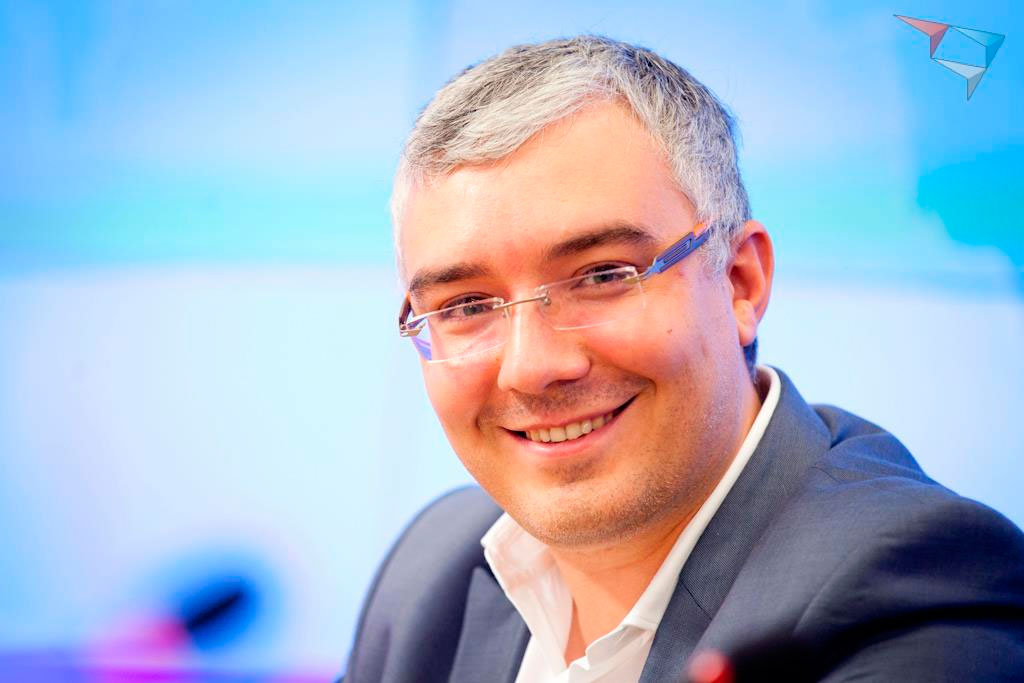
Dmitry Peskov,
Head of the "Young Professionals" project at the Agency for Strategic Initiatives
Head of the "Young Professionals" project at the Agency for Strategic Initiatives
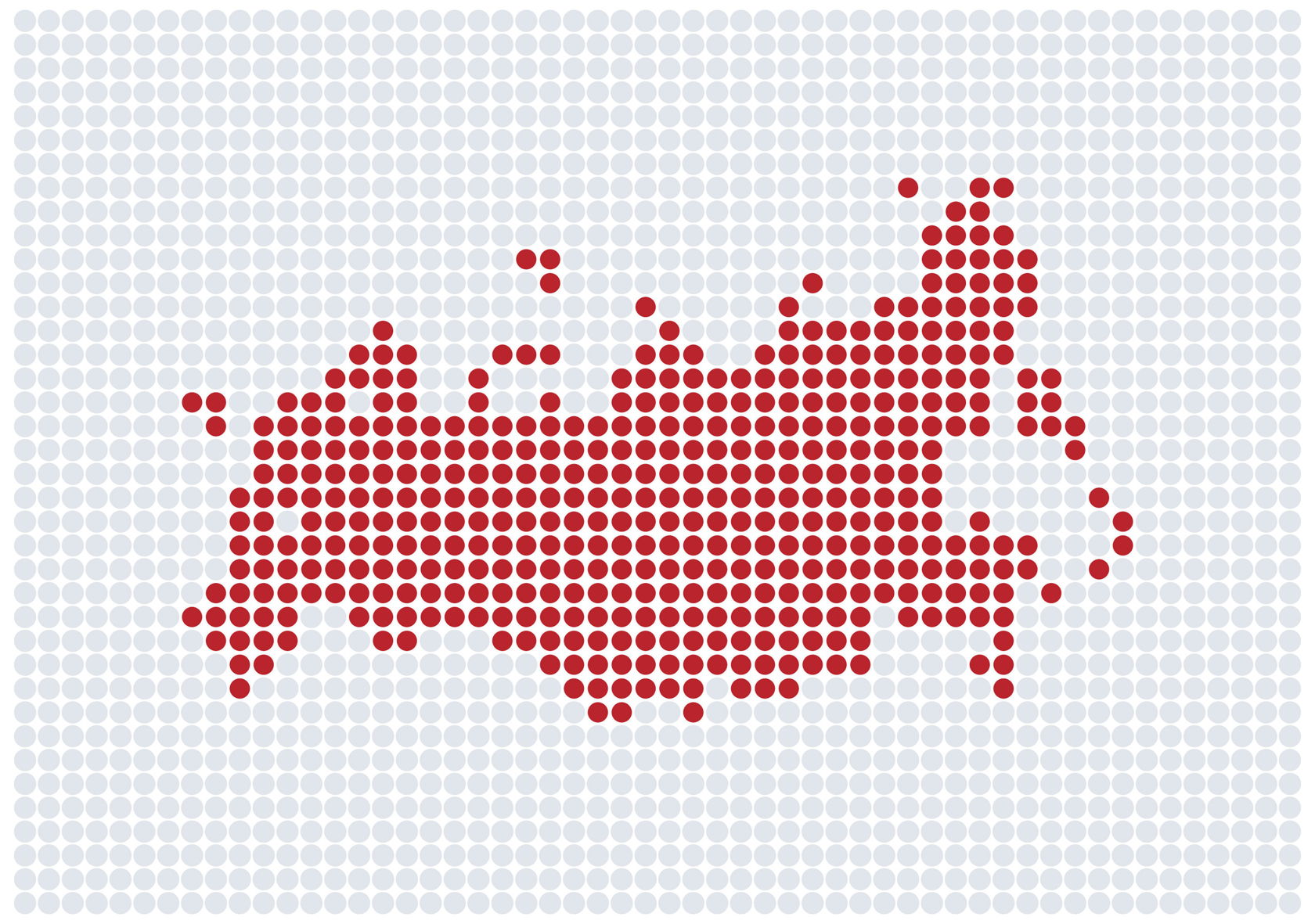
Ilya Anikin,
Deputy Director General of the management company IQ One
Deputy Director General of the management company IQ One
Humanitarian Space in 2014: From Football to the Olympic Torch to University Departments
The spectacular events that opened 2014 – the grandiose feast that Russia organized for the world by staging the Sochi 2014 Winter Olympics – were soon eclipsed by other global developments. The German victory in Brazil this summer was, of course, a headline stealer. RIAC offers a selection of materials on sport and much more.
The spectacular events that opened 2014 – the grandiose feast that Russia organized for the world by staging the Sochi 2014 Winter Olympics – were soon eclipsed by other global developments. The German victory in Brazil this summer was, of course, a headline stealer. RIAC offers a selection of materials on sport and much more.
February
Ivan Timofeev, Timur Makhmutov: Sochi 2014: Two Trials for Russia
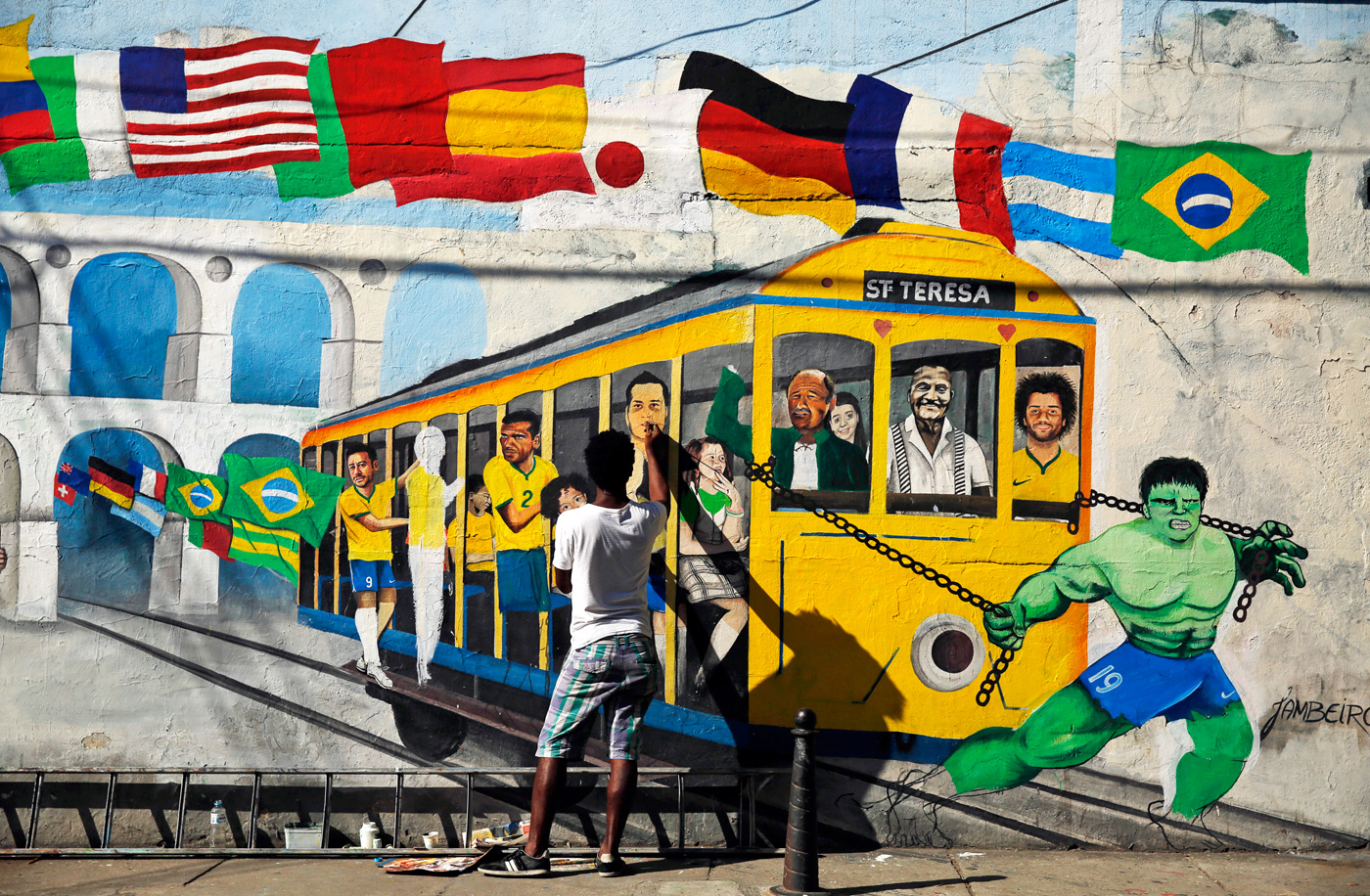
Andrey Pyatakov,
Senior Research Fellow, RAS Institute for Latin American Studies
Senior Research Fellow, RAS Institute for Latin American Studies
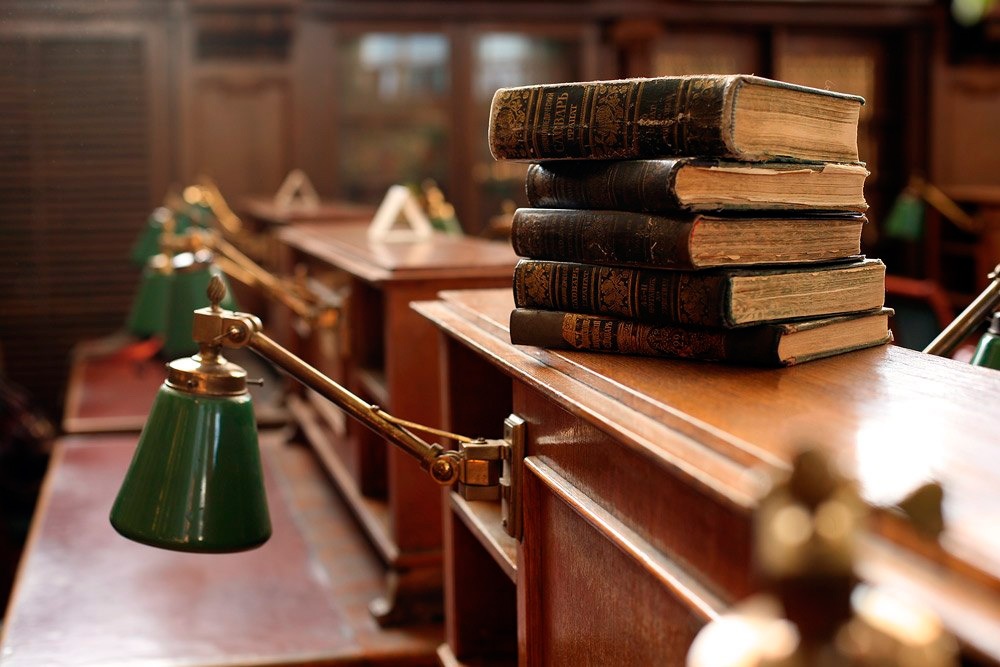
Sergey Basov,
Board Member of Russian Library Association
Board Member of Russian Library Association
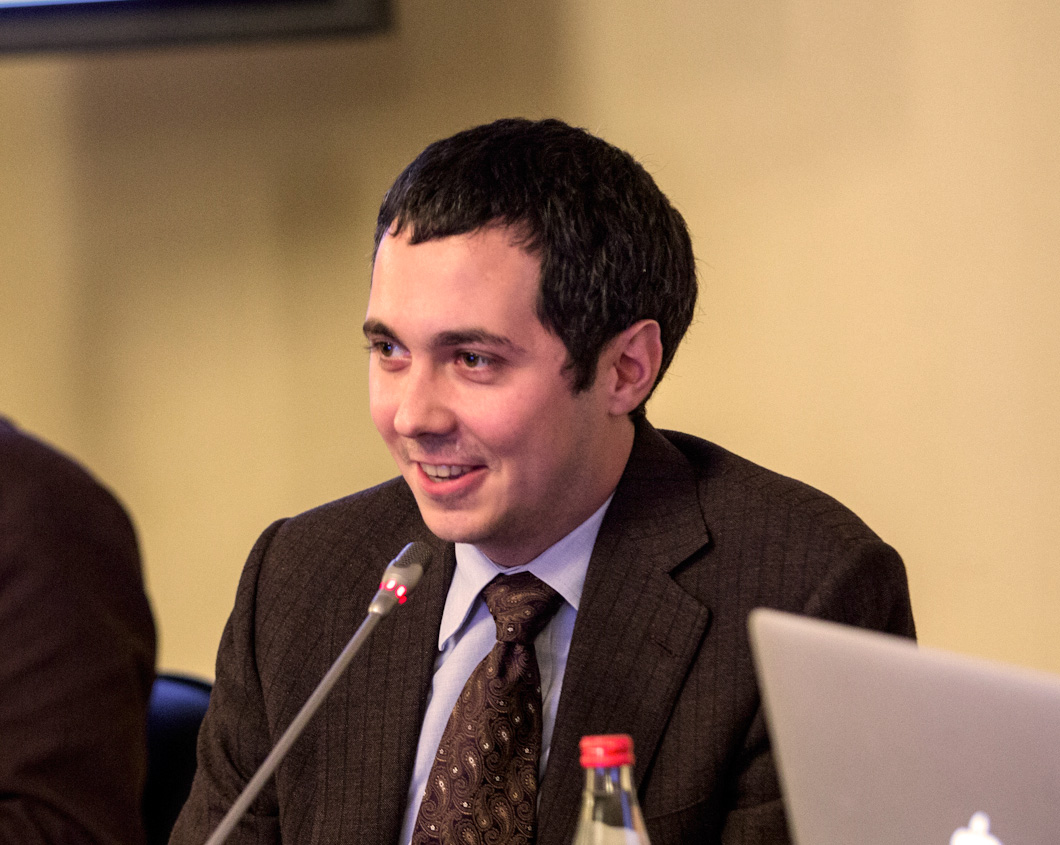
Alexander Gabuyev,
deputy editor-in-chief of the Kommersant-Vlast magazine
deputy editor-in-chief of the Kommersant-Vlast magazine
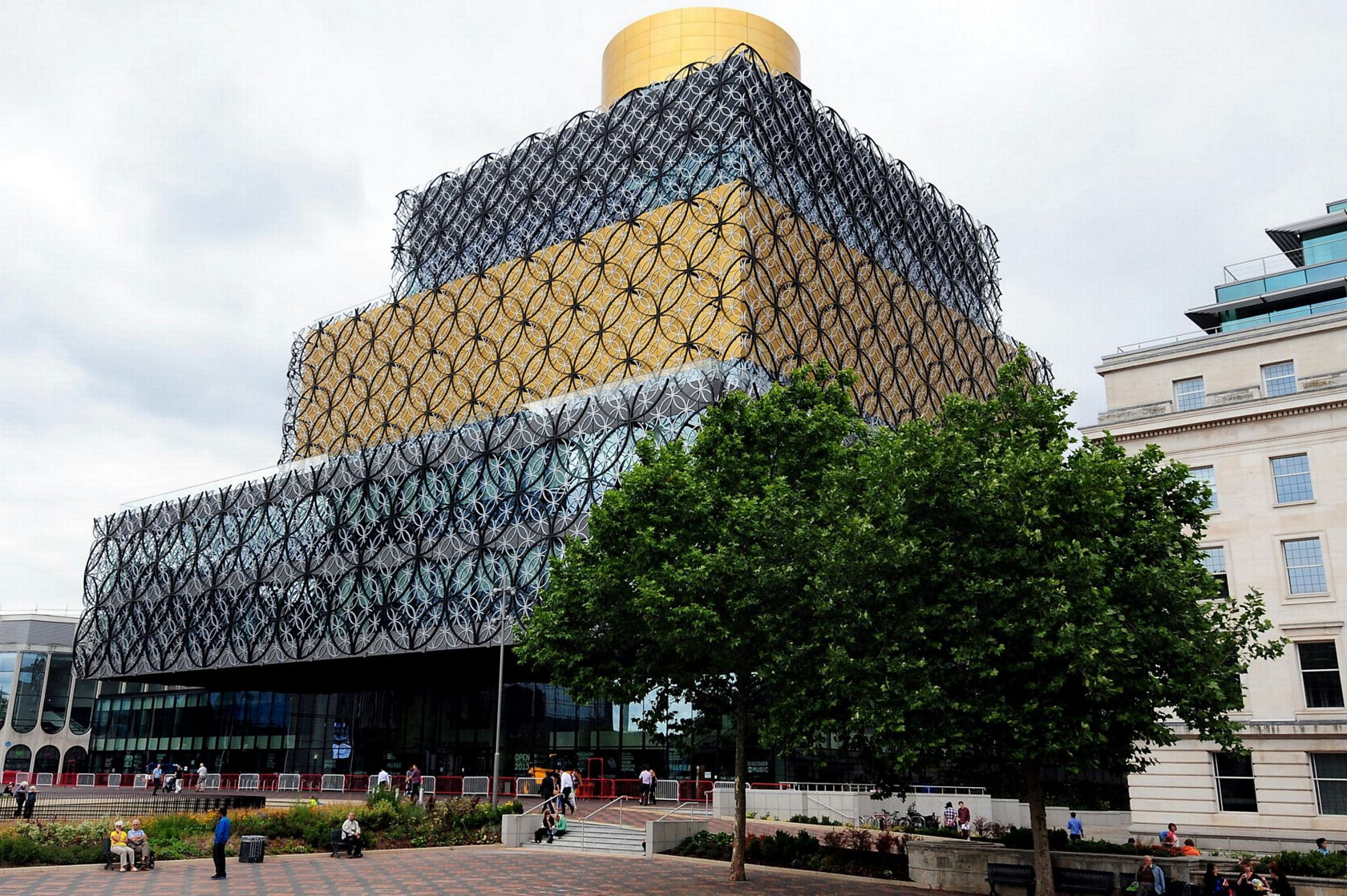
Ian Clark,
Academic librarian at the University of East London
Academic librarian at the University of East London
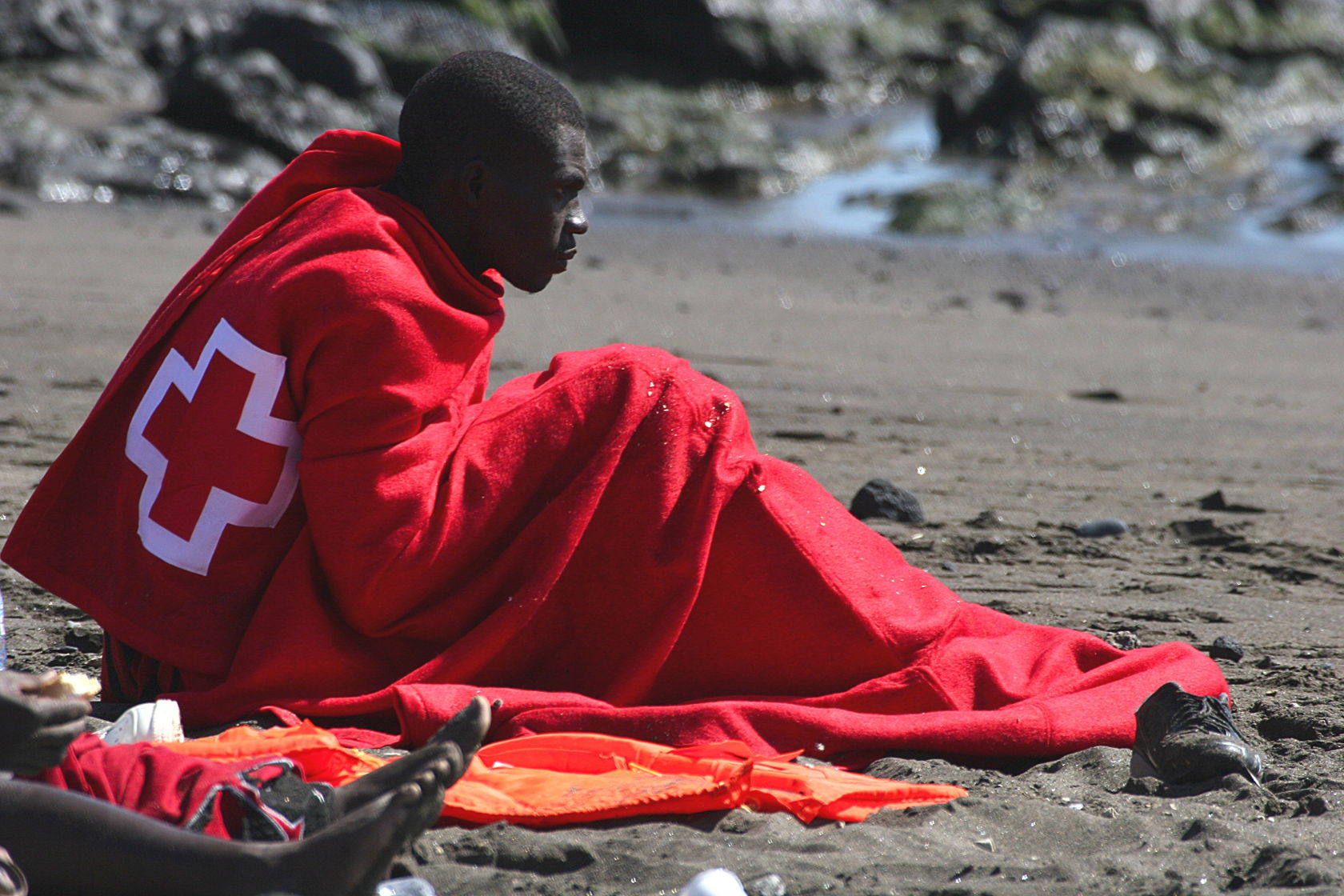
Ilya Ivanov,
Geneva Academy of International Humanitarian Law and Human Rights
Geneva Academy of International Humanitarian Law and Human Rights
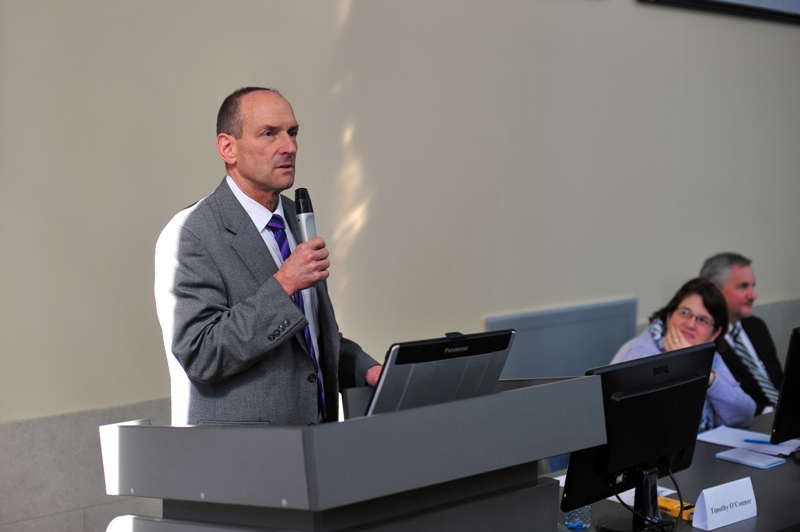
Timothy Edward O'Connor,
Vice Rector for Academic Affairs of the MISiS National University of Science and Technology
Vice Rector for Academic Affairs of the MISiS National University of Science and Technology
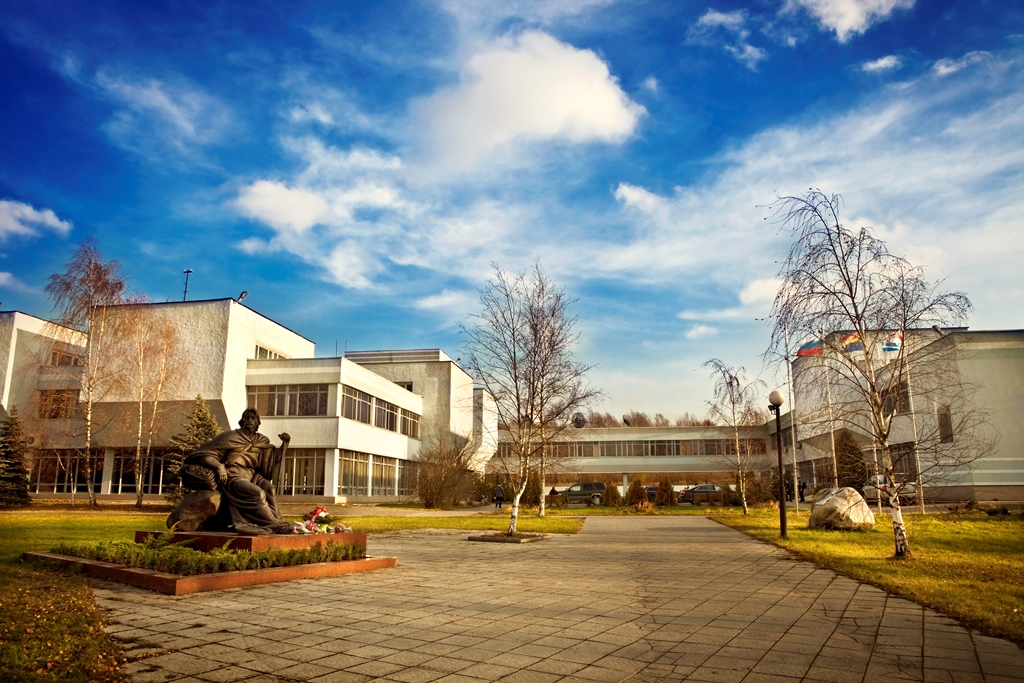
Igor Zhukovsky,
Pro-Rector on International Cooperation and Public Relations at Immanuel Kant Baltic Federal University
Pro-Rector on International Cooperation and Public Relations at Immanuel Kant Baltic Federal University
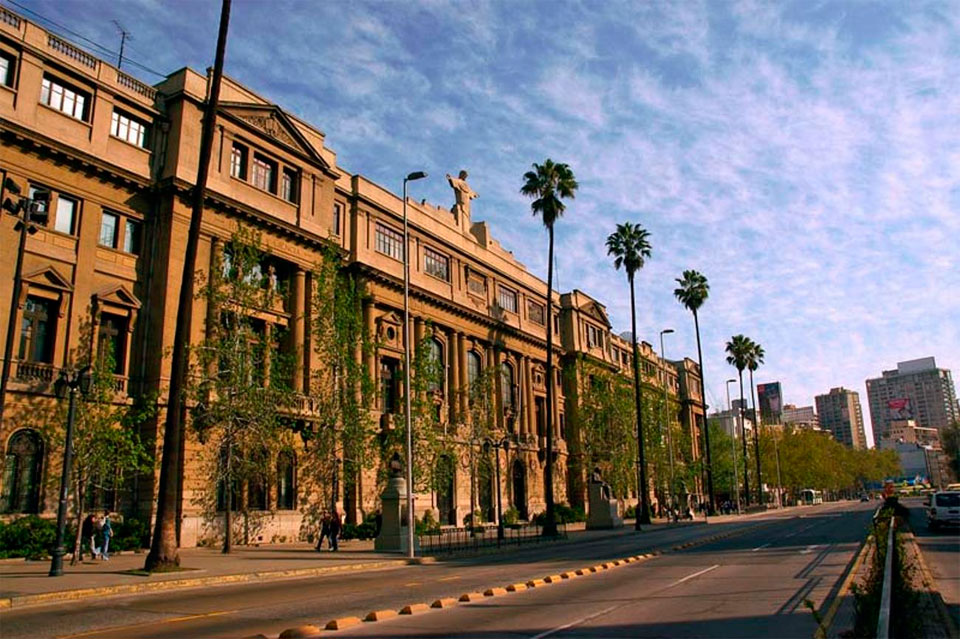
Andrey Pyatakov,
Senior Research Fellow, RAS Institute for Latin American Studies
Senior Research Fellow, RAS Institute for Latin American Studies
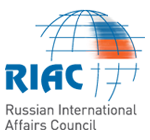
© 2014 Russian International Affairs Council
Facebook | welcome@russiancouncil.ru
The digest was prepared by: Maria Gurova, Alice Selezeneva, Maria Smekalova, Alexander Teslya, Daria Khaspekova.
Facebook | welcome@russiancouncil.ru
The digest was prepared by: Maria Gurova, Alice Selezeneva, Maria Smekalova, Alexander Teslya, Daria Khaspekova.

